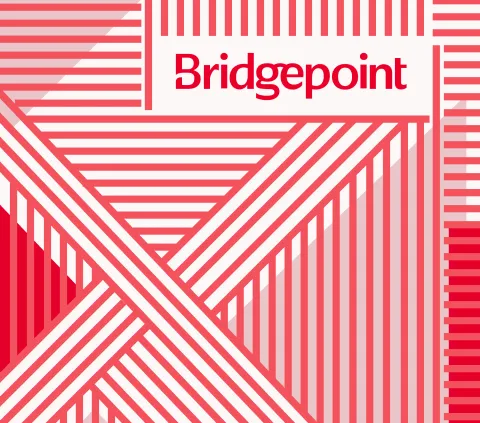
Diese Website ermöglicht ausschließlich den Zugriff auf Informationen zu Fonds, die in dem ausgewählten Land öffentlich angeboten werden. Diese Website richtet sich nicht an Personen, die einer Rechtsordnung unterliegen, in der die Veröffentlichung oder der Zugang zu dieser Website aufgrund ihrer Staatsangehörigkeit oder ihres Wohnsitzes untersagt ist. Personen, die auf diese Website zugreifen, erkennen an, dass sie allein für die Einhaltung der in ihrem Wohnsitz- und/oder Staatsangehörigkeitsland geltenden Gesetze und Vorschriften verantwortlich sind.
Diese Website dient ausschließlich als Informationsplattform zur Darstellung der Portfolioverwaltungsaktivitäten von Altaroc Partners S.A. sowie der wesentlichen Merkmale ihrer Fonds und Dienstleistungen. Keine der auf dieser Website enthaltenen Informationen oder Meinungen stellt eine Aufforderung, ein Angebot oder eine Empfehlung zum Kauf, Verkauf oder zur Übertragung einer Anlage, zum Abschluss eines Geschäfts oder zur Erbringung von Anlageberatung oder -dienstleistungen dar.
Vor einer Investition in einen Fonds, die naturgemäß ein Risiko des Kapitalverlustes beinhaltet, empfehlen wir, einen Anlageberater zu konsultieren und das Basisinformationsblatt (KID), den Prospekt sowie alle weiteren auf dieser Website verfügbaren Informationen sorgfältig zu prüfen. Eine Papierfassung kann jederzeit kostenlos bei einem autorisierten Vertriebspartner oder direkt bei der Verwaltungsgesellschaft angefordert werden.
Bitte beachten Sie, dass die bereitgestellten Informationen und Unterlagen nicht Ihre persönlichen Anlageziele, Ihre Strategie, Ihre steuerliche Situation, Ihre Risikobereitschaft oder Ihren Anlagehorizont berücksichtigen. Wir empfehlen, für eine individuelle Beratung Ihren persönlichen Anlageberater zu konsultieren.
Altaroc Partners S.A. behält sich das Recht vor, den Inhalt dieser Website jederzeit und ohne vorherige Ankündigung nach eigenem Ermessen zu ändern.
Anleger werden darauf hingewiesen, dass vergangene Wertentwicklungen keine verlässlichen Indikatoren für zukünftige Ergebnisse sind und im Zeitverlauf variieren können. Unsere Fonds bieten keinerlei Garantien in Bezug auf Erträge oder Wertentwicklung und bergen das Risiko eines Kapitalverlustes. Die bisherige Performance sollte nicht das Hauptkriterium für Ihre Anlageentscheidung darstellen.
Diese Website richtet sich nicht an Staatsbürger oder Einwohner der Vereinigten Staaten von Amerika und nicht an „U.S. Persons“ im Sinne der „Regulation S“ des United States Securities Act von 1933. Keiner der hier dargestellten Fonds darf direkt oder indirekt in den Vereinigten Staaten, an dortige Einwohner oder Staatsbürger oder an „U.S. Persons“ angeboten oder verkauft werden.
Mit dem Zugang zu unserer Website bestätigen Sie, dass Sie diese Bedingungen gelesen und akzeptiert haben und dass Ihr Zugriff im Einklang mit den Gesetzen und Vorschriften der Rechtsordnung oder des Landes steht, in dem Sie ansässig sind.
Il presente sito consente di consultare esclusivamente le informazioni relative ai Fondi oggetto di offerta pubblica nel Paese selezionato. Questo sito non è destinato a soggetti sottoposti a giurisdizioni nelle quali la pubblicazione o l’accesso al sito è vietato a causa della loro nazionalità o residenza. Gli utenti che accedono al sito riconoscono di essere gli unici responsabili del rispetto delle leggi e dei regolamenti applicabili nel loro Paese di residenza e/o nazionalità.
Il sito ha esclusivamente finalità informative e illustra le attività di gestione di portafoglio di Altaroc Partners S.A., nonché le principali caratteristiche dei suoi Fondi e servizi. Nessuna informazione o opinione contenuta nel sito costituisce una sollecitazione, un’offerta o una raccomandazione ad acquistare, vendere o trasferire un investimento, a compiere altre operazioni, o a fornire consulenza o servizi di investimento.
Prima di investire in un Fondo, che per sua natura comporta un rischio di perdita del capitale investito, Vi invitiamo a consultare un consulente finanziario e a esaminare attentamente il Documento contenente le Informazioni Chiave (KID), il prospetto e ogni altra informazione supplementare disponibile sul sito. Una versione cartacea può essere richiesta gratuitamente in qualsiasi momento presso un distributore autorizzato o direttamente presso la Società di Gestione.
Si precisa che le informazioni e i documenti messi a disposizione non tengono conto dei Vostri obiettivi di investimento personali, della Vostra strategia, della situazione fiscale, della propensione al rischio o dell’orizzonte temporale di investimento. Si raccomanda pertanto di rivolgersi al proprio consulente di fiducia per ottenere una consulenza personalizzata.
Altaroc Partners S.A. si riserva il diritto di modificare il contenuto del presente sito a propria esclusiva discrezione e senza preavviso.
Si ricorda agli investitori che i rendimenti passati non sono indicativi di quelli futuri e non sono costanti nel tempo. I nostri Fondi non offrono alcuna garanzia di rendimento o di performance e comportano un rischio di perdita del capitale. Le performance passate non devono costituire il principale fattore di decisione di investimento.
Il sito non è destinato a cittadini o residenti degli Stati Uniti d’America né a “U.S. Persons” così come definite dalla “Regulation S” dello United States Securities Act del 1933. Nessuno dei Fondi qui presentati può essere offerto o venduto, direttamente o indirettamente, negli Stati Uniti d’America, a residenti o cittadini statunitensi o a “U.S. Persons”.
Accedendo al nostro sito, dichiarate di aver letto e accettato le presenti Condizioni e confermate di accedervi nel rispetto delle leggi e dei regolamenti della giurisdizione o del Paese in cui risiedete.
Ce site internet permet de consulter uniquement les informations relatives aux Fonds faisant l’objet d’une offre publique dans le pays sélectionné. Ce site n’est pas destiné aux personnes relevant de juridictions dans lesquelles la publication ou l’accès à ce site est interdit en raison de leur nationalité ou de leur résidence. Les personnes accédant à ce site reconnaissent être seules responsables du respect des lois et réglementations applicables dans leur pays de résidence et/ou de nationalité.
Ce site constitue une plateforme d’information présentant les activités de gestion de portefeuille d’Altaroc Partners S.A., ainsi que les principales caractéristiques de ses Fonds et services. Aucune information ou opinion exprimée sur ce site ne constitue une sollicitation, une offre ou une recommandation d’acheter, de vendre ou de céder un investissement, de réaliser une transaction quelconque, ou de fournir un conseil ou un service en investissement.
Avant d’investir dans un Fonds, qui comporte par nature un risque de perte en capital, nous vous invitons à consulter un conseiller en investissement et à prendre connaissance du Document d’Informations Clés (DIC), du prospectus, ainsi que de toute information complémentaire disponible sur ce site. Une version papier peut être obtenue auprès de tout distributeur agréé ou directement auprès de la Société de Gestion. Ces documents sont fournis gratuitement et à tout moment sur simple demande.
Veuillez noter que les informations et documents disponibles ne tiennent pas compte de vos objectifs d’investissement personnels, de votre stratégie, de votre situation fiscale, de votre appétence au risque ou de votre horizon d’investissement. Nous recommandons de consulter votre conseiller personnel pour obtenir un conseil en investissement adapté.
Altaroc Partners S.A. se réserve le droit de modifier le contenu de ce site internet à sa seule discrétion et sans préavis.
Les investisseurs sont informés que les performances passées ne préjugent pas des performances futures et ne sont pas constantes dans le temps. Nos Fonds ne garantissent ni rendement ni performance et comportent un risque de perte en capital. Les performances passées ne doivent pas constituer le facteur principal de votre décision d’investissement.
Ce site n’est pas destiné aux citoyens ou résidents des États-Unis d’Amérique, ni aux « U.S. Persons » telles que définies par le « Regulation S » du Securities Act de 1933 des États-Unis. Aucun des Fonds présentés ne peut être offert ou vendu, directement ou indirectement, aux États-Unis d’Amérique, à des résidents ou citoyens des États-Unis, ou à des « U.S. Persons ».
En choisissant d’accéder à ce site internet, vous reconnaissez avoir lu et accepté les présentes Conditions et confirmez accéder à ce site dans le respect des lois et réglementations de la juridiction ou du pays dans lequel vous résidez.
This website allows you to consult only the information related to the Funds that are subject to a public offering in the selected country. This website is not intended for individuals subject to jurisdictions where the publication or access to the website is prohibited due to their nationality or place of residence. Individuals accessing the website acknowledge that they are solely responsible for complying with the laws and regulations applicable in their country of residence and/or nationality.
This website is an informational platform designed to present the portfolio management activities of Altaroc Partners S.A., as well as the main characteristics of its Funds and services. No information or opinion expressed on this website constitutes a solicitation, an offer, or a recommendation to buy, sell, or transfer an investment, to engage in any other transaction, or to provide investment advice or services.
Before investing in a Fund, which by nature involves a risk of loss of the invested capital, we invite you to consult an investment advisor and to review the Key Information Document (KID), the prospectus, and any other supplementary information available on this website. A paper version can be requested from any authorized distributor or directly from the Management Company. These documents will be provided free of charge at any time upon request.
Please note that the information and documents provided do not take into account your personal investment objectives, strategy, tax status, risk appetite, or investment horizon. We recommend consulting your personal advisor for tailored investment advice.
Altaroc Partners S.A. reserves the right to modify the content of this website at its sole discretion and without prior notice.
Investors are reminded that past performance is not indicative of future results and is not constant over time. Our Funds do not offer any guarantee of returns or performance and involve a risk of capital loss. Past performance should not be the primary factor in your investment decision.
This website is not intended for citizens or residents of the United States of America or “U.S. Persons” as defined under “Regulation S” of the United States Securities Act of 1933. None of the Funds presented herein may be offered or sold, directly or indirectly, in the United States of America, to residents or citizens of the United States of America, or to “U.S. Persons.”
By choosing to access our website, you acknowledge having read and accepted these Terms and confirm that you are accessing this website in compliance with the laws and regulations of the jurisdiction or country in which you reside.
Diese Website ermöglicht ausschließlich den Zugriff auf Informationen zu Fonds, die in dem ausgewählten Land öffentlich angeboten werden. Diese Website richtet sich nicht an Personen, die einer Rechtsordnung unterliegen, in der die Veröffentlichung oder der Zugang zu dieser Website aufgrund ihrer Staatsangehörigkeit oder ihres Wohnsitzes untersagt ist. Personen, die auf diese Website zugreifen, erkennen an, dass sie allein für die Einhaltung der in ihrem Wohnsitz- und/oder Staatsangehörigkeitsland geltenden Gesetze und Vorschriften verantwortlich sind.
Diese Website dient ausschließlich als Informationsplattform zur Darstellung der Portfolioverwaltungsaktivitäten von Altaroc Partners S.A. sowie der wesentlichen Merkmale ihrer Fonds und Dienstleistungen. Keine der auf dieser Website enthaltenen Informationen oder Meinungen stellt eine Aufforderung, ein Angebot oder eine Empfehlung zum Kauf, Verkauf oder zur Übertragung einer Anlage, zum Abschluss eines Geschäfts oder zur Erbringung von Anlageberatung oder -dienstleistungen dar.
Vor einer Investition in einen Fonds, die naturgemäß ein Risiko des Kapitalverlustes beinhaltet, empfehlen wir, einen Anlageberater zu konsultieren und das Basisinformationsblatt (KID), den Prospekt sowie alle weiteren auf dieser Website verfügbaren Informationen sorgfältig zu prüfen. Eine Papierfassung kann jederzeit kostenlos bei einem autorisierten Vertriebspartner oder direkt bei der Verwaltungsgesellschaft angefordert werden.
Bitte beachten Sie, dass die bereitgestellten Informationen und Unterlagen nicht Ihre persönlichen Anlageziele, Ihre Strategie, Ihre steuerliche Situation, Ihre Risikobereitschaft oder Ihren Anlagehorizont berücksichtigen. Wir empfehlen, für eine individuelle Beratung Ihren persönlichen Anlageberater zu konsultieren.
Altaroc Partners S.A. behält sich das Recht vor, den Inhalt dieser Website jederzeit und ohne vorherige Ankündigung nach eigenem Ermessen zu ändern.
Anleger werden darauf hingewiesen, dass vergangene Wertentwicklungen keine verlässlichen Indikatoren für zukünftige Ergebnisse sind und im Zeitverlauf schwanken können. Unsere Fonds bieten keinerlei Garantie hinsichtlich Erträgen oder Wertentwicklung und bergen das Risiko eines Kapitalverlustes. Die bisherige Performance sollte nicht das ausschlaggebende Kriterium Ihrer Anlageentscheidung darstellen.
Diese Website richtet sich nicht an Staatsbürger oder Einwohner der Vereinigten Staaten von Amerika und nicht an „U.S. Persons“ im Sinne der „Regulation S“ des United States Securities Act von 1933. Keiner der hier dargestellten Fonds darf direkt oder indirekt in den Vereinigten Staaten, an dortige Einwohner oder Staatsbürger oder an „U.S. Persons“ angeboten oder verkauft werden.
Mit dem Zugang zu unserer Website bestätigen Sie, dass Sie diese Bedingungen gelesen und akzeptiert haben und dass Ihr Zugriff im Einklang mit den Gesetzen und Vorschriften der Rechtsordnung oder des Landes steht, in dem Sie ansässig sind.
Ce site internet permet de consulter uniquement les informations relatives aux Fonds faisant l’objet d’une offre publique dans le pays sélectionné. Ce site n’est pas destiné aux personnes relevant de juridictions dans lesquelles la publication ou l’accès à ce site est interdit en raison de leur nationalité ou de leur résidence. Les personnes accédant à ce site reconnaissent être seules responsables du respect des lois et réglementations applicables dans leur pays de résidence et/ou de nationalité.
Ce site constitue une plateforme d’information présentant les activités de gestion de portefeuille d’Altaroc Partners S.A., ainsi que les principales caractéristiques de ses Fonds et services. Aucune information ou opinion exprimée sur ce site ne constitue une sollicitation, une offre ou une recommandation d’acheter, de vendre ou de céder un investissement, de réaliser une transaction quelconque, ou de fournir un conseil ou un service en investissement.
Avant d’investir dans un Fonds, qui comporte par nature un risque de perte en capital, nous vous invitons à consulter un conseiller en investissement et à prendre connaissance du Document d’Informations Clés (DIC), du prospectus, ainsi que de toute information complémentaire disponible sur ce site. Une version papier peut être obtenue gratuitement à tout moment auprès de tout distributeur agréé ou directement auprès de la Société de Gestion.
Veuillez noter que les informations et documents disponibles ne tiennent pas compte de vos objectifs d’investissement personnels, de votre stratégie, de votre situation fiscale, de votre appétence au risque ou de votre horizon d’investissement. Nous vous recommandons de consulter votre conseiller personnel afin d’obtenir un conseil adapté.
Altaroc Partners S.A. se réserve le droit de modifier le contenu de ce site internet à sa seule discrétion et sans préavis.
Les investisseurs sont informés que les performances passées ne préjugent pas des performances futures et ne sont pas constantes dans le temps. Nos Fonds ne garantissent ni rendement ni performance et comportent un risque de perte en capital. Les performances passées ne doivent pas constituer le principal facteur de votre décision d’investissement.
Ce site n’est pas destiné aux citoyens ou résidents des États-Unis d’Amérique, ni aux « U.S. Persons » telles que définies par le « Regulation S » du Securities Act de 1933 des États-Unis. Aucun des Fonds présentés ne peut être offert ou vendu, directement ou indirectement, aux États-Unis d’Amérique, à des résidents ou citoyens des États-Unis, ou à des « U.S. Persons ».
En accédant à notre site internet, vous reconnaissez avoir lu et accepté les présentes Conditions et confirmez que votre accès s’effectue en conformité avec les lois et réglementations de la juridiction ou du pays dans lequel vous résidez.
Il presente sito consente di consultare esclusivamente le informazioni relative ai Fondi oggetto di offerta pubblica nel Paese selezionato. Questo sito non è destinato a soggetti sottoposti a giurisdizioni nelle quali la pubblicazione o l’accesso al sito sia vietato in ragione della loro nazionalità o residenza. Gli utenti che accedono al sito riconoscono di essere gli unici responsabili del rispetto delle leggi e dei regolamenti applicabili nel proprio Paese di residenza e/o nazionalità.
Il sito ha finalità puramente informative e illustra le attività di gestione di portafoglio di Altaroc Partners S.A., nonché le principali caratteristiche dei suoi Fondi e servizi. Nessuna informazione o opinione contenuta in questo sito costituisce una sollecitazione, un’offerta o una raccomandazione ad acquistare, vendere o trasferire un investimento, a compiere altre operazioni o a fornire consulenza o servizi di investimento.
Prima di investire in un Fondo, che per sua natura comporta un rischio di perdita del capitale investito, Vi invitiamo a consultare un consulente finanziario e a esaminare attentamente il Documento contenente le Informazioni Chiave (KID), il prospetto e ogni altra informazione supplementare disponibile su questo sito. Una versione cartacea può essere richiesta gratuitamente in qualsiasi momento presso un distributore autorizzato o direttamente presso la Società di Gestione.
Si precisa che le informazioni e i documenti disponibili non tengono conto dei Vostri obiettivi d’investimento personali, della Vostra strategia, della situazione fiscale, della propensione al rischio o dell’orizzonte temporale di investimento. Si raccomanda pertanto di rivolgersi al proprio consulente di fiducia per ottenere una consulenza personalizzata.
Altaroc Partners S.A. si riserva il diritto di modificare il contenuto del presente sito a propria esclusiva discrezione e senza preavviso.
Gli investitori sono avvisati che i rendimenti passati non sono indicativi di quelli futuri e non sono costanti nel tempo. I nostri Fondi non offrono alcuna garanzia di rendimento o di performance e comportano un rischio di perdita del capitale. Le performance passate non devono costituire il principale criterio delle Vostre decisioni di investimento.
Il sito non è destinato a cittadini o residenti degli Stati Uniti d’America né a “U.S. Persons” come definite dalla “Regulation S” dello United States Securities Act del 1933. Nessuno dei Fondi qui presentati può essere offerto o venduto, direttamente o indirettamente, negli Stati Uniti d’America, a residenti o cittadini statunitensi o a “U.S. Persons”.
Accedendo al nostro sito, dichiarate di aver letto e accettato le presenti Condizioni e confermate di accedervi nel rispetto delle leggi e dei regolamenti della giurisdizione o del Paese in cui risiedete.
This website allows you to consult only the information related to the Funds that are subject to a public offering in the selected country. This website is not intended for individuals subject to jurisdictions where the publication or access to the website is prohibited due to their nationality or place of residence. Individuals accessing the website acknowledge that they are solely responsible for complying with the laws and regulations applicable in their country of residence and/or nationality.
This website is an informational platform designed to present the portfolio management activities of Altaroc Partners S.A., as well as the main characteristics of its Funds and services. No information or opinion expressed on this website constitutes a solicitation, an offer, or a recommendation to buy, sell, or transfer an investment, to engage in any other transaction, or to provide investment advice or services.
Before investing in a Fund, which by nature involves a risk of loss of the invested capital, we invite you to consult an investment advisor and to review the Key Information Document (KID), the prospectus, and any other supplementary information available on this website. A paper version can be requested from any authorized distributor or directly from the Management Company. These documents will be provided free of charge at any time upon request.
Please note that the information and documents provided do not take into account your personal investment objectives, strategy, tax status, risk appetite, or investment horizon. We recommend consulting your personal advisor for tailored investment advice.
Altaroc Partners S.A. reserves the right to modify the content of this website at its sole discretion and without prior notice.
Investors are reminded that past performance is not indicative of future results and is not constant over time. Our Funds do not offer any guarantee of returns or performance and involve a risk of capital loss. Past performance should not be the primary factor in your investment decision.
This website is not intended for citizens or residents of the United States of America or “U.S. Persons” as defined under “Regulation S” of the United States Securities Act of 1933. None of the Funds presented herein may be offered or sold, directly or indirectly, in the United States of America, to residents or citizens of the United States of America, or to “U.S. Persons.”
By choosing to access our website, you acknowledge having read and accepted these Terms and confirm that you are accessing this website in compliance with the laws and regulations of the jurisdiction or country in which you reside.
Diese Website ermöglicht ausschließlich den Zugriff auf Informationen zu Fonds, die in dem ausgewählten Land öffentlich angeboten werden. Diese Website richtet sich nicht an Personen, die einer Rechtsordnung unterliegen, in der die Veröffentlichung oder der Zugang zu dieser Website aufgrund ihrer Staatsangehörigkeit oder ihres Wohnsitzes untersagt ist. Personen, die auf diese Website zugreifen, erkennen an, dass sie allein für die Einhaltung der in ihrem Wohnsitz- und/oder Staatsangehörigkeitsland geltenden Gesetze und Vorschriften verantwortlich sind.
Diese Website dient ausschließlich als Informationsplattform zur Darstellung der Portfolioverwaltungsaktivitäten von Altaroc Partners S.A. sowie der wesentlichen Merkmale ihrer Fonds und Dienstleistungen. Keine der auf dieser Website enthaltenen Informationen oder Meinungen stellt eine Aufforderung, ein Angebot oder eine Empfehlung zum Kauf, Verkauf oder zur Übertragung einer Anlage, zum Abschluss eines Geschäfts oder zur Erbringung von Anlageberatung oder -dienstleistungen dar.
Vor einer Investition in einen Fonds, die naturgemäß ein Risiko des Kapitalverlustes beinhaltet, empfehlen wir, einen Anlageberater zu konsultieren und das Basisinformationsblatt (KID), den Prospekt sowie alle weiteren auf dieser Website verfügbaren Informationen sorgfältig zu prüfen. Eine Papierfassung kann jederzeit kostenlos bei einem autorisierten Vertriebspartner oder direkt bei der Verwaltungsgesellschaft angefordert werden.
Bitte beachten Sie, dass die bereitgestellten Informationen und Unterlagen nicht Ihre persönlichen Anlageziele, Ihre Strategie, Ihre steuerliche Situation, Ihre Risikobereitschaft oder Ihren Anlagehorizont berücksichtigen. Wir empfehlen, für eine individuelle Beratung Ihren persönlichen Anlageberater zu konsultieren.
Altaroc Partners S.A. behält sich das Recht vor, den Inhalt dieser Website jederzeit und ohne vorherige Ankündigung nach eigenem Ermessen zu ändern.
Anleger werden darauf hingewiesen, dass vergangene Wertentwicklungen keine verlässlichen Indikatoren für zukünftige Ergebnisse sind und im Zeitverlauf variieren können. Unsere Fonds bieten keinerlei Garantien in Bezug auf Erträge oder Wertentwicklung und bergen das Risiko eines Kapitalverlustes. Die bisherige Performance sollte nicht das Hauptkriterium für Ihre Anlageentscheidung darstellen.
Diese Website richtet sich nicht an Staatsbürger oder Einwohner der Vereinigten Staaten von Amerika und nicht an „U.S. Persons“ im Sinne der „Regulation S“ des United States Securities Act von 1933. Keiner der hier dargestellten Fonds darf direkt oder indirekt in den Vereinigten Staaten, an dortige Einwohner oder Staatsbürger oder an „U.S. Persons“ angeboten oder verkauft werden.
Mit dem Zugang zu unserer Website bestätigen Sie, dass Sie diese Bedingungen gelesen und akzeptiert haben und dass Ihr Zugriff im Einklang mit den Gesetzen und Vorschriften der Rechtsordnung oder des Landes steht, in dem Sie ansässig sind.
Il presente sito consente di consultare esclusivamente le informazioni relative ai Fondi oggetto di offerta pubblica nel Paese selezionato. Questo sito non è destinato a soggetti sottoposti a giurisdizioni nelle quali la pubblicazione o l’accesso al sito è vietato a causa della loro nazionalità o residenza. Gli utenti che accedono al sito riconoscono di essere gli unici responsabili del rispetto delle leggi e dei regolamenti applicabili nel loro Paese di residenza e/o nazionalità.
Il sito ha esclusivamente finalità informative e illustra le attività di gestione di portafoglio di Altaroc Partners S.A., nonché le principali caratteristiche dei suoi Fondi e servizi. Nessuna informazione o opinione contenuta nel sito costituisce una sollecitazione, un’offerta o una raccomandazione ad acquistare, vendere o trasferire un investimento, a compiere altre operazioni, o a fornire consulenza o servizi di investimento.
Prima di investire in un Fondo, che per sua natura comporta un rischio di perdita del capitale investito, Vi invitiamo a consultare un consulente finanziario e a esaminare attentamente il Documento contenente le Informazioni Chiave (KID), il prospetto e ogni altra informazione supplementare disponibile sul sito. Una versione cartacea può essere richiesta gratuitamente in qualsiasi momento presso un distributore autorizzato o direttamente presso la Società di Gestione.
Si precisa che le informazioni e i documenti messi a disposizione non tengono conto dei Vostri obiettivi di investimento personali, della Vostra strategia, della situazione fiscale, della propensione al rischio o dell’orizzonte temporale di investimento. Si raccomanda pertanto di rivolgersi al proprio consulente di fiducia per ottenere una consulenza personalizzata.
Altaroc Partners S.A. si riserva il diritto di modificare il contenuto del presente sito a propria esclusiva discrezione e senza preavviso.
Si ricorda agli investitori che i rendimenti passati non sono indicativi di quelli futuri e non sono costanti nel tempo. I nostri Fondi non offrono alcuna garanzia di rendimento o di performance e comportano un rischio di perdita del capitale. Le performance passate non devono costituire il principale fattore di decisione di investimento.
Il sito non è destinato a cittadini o residenti degli Stati Uniti d’America né a “U.S. Persons” così come definite dalla “Regulation S” dello United States Securities Act del 1933. Nessuno dei Fondi qui presentati può essere offerto o venduto, direttamente o indirettamente, negli Stati Uniti d’America, a residenti o cittadini statunitensi o a “U.S. Persons”.
Accedendo al nostro sito, dichiarate di aver letto e accettato le presenti Condizioni e confermate di accedervi nel rispetto delle leggi e dei regolamenti della giurisdizione o del Paese in cui risiedete.
Ce site internet permet de consulter uniquement les informations relatives aux Fonds faisant l’objet d’une offre publique dans le pays sélectionné. Ce site n’est pas destiné aux personnes relevant de juridictions dans lesquelles la publication ou l’accès à ce site est interdit en raison de leur nationalité ou de leur résidence. Les personnes accédant à ce site reconnaissent être seules responsables du respect des lois et réglementations applicables dans leur pays de résidence et/ou de nationalité.
Ce site constitue une plateforme d’information présentant les activités de gestion de portefeuille d’Altaroc Partners S.A., ainsi que les principales caractéristiques de ses Fonds et services. Aucune information ou opinion exprimée sur ce site ne constitue une sollicitation, une offre ou une recommandation d’acheter, de vendre ou de céder un investissement, de réaliser une transaction quelconque, ou de fournir un conseil ou un service en investissement.
Avant d’investir dans un Fonds, qui comporte par nature un risque de perte en capital, nous vous invitons à consulter un conseiller en investissement et à prendre connaissance du Document d’Informations Clés (DIC), du prospectus, ainsi que de toute information complémentaire disponible sur ce site. Une version papier peut être obtenue auprès de tout distributeur agréé ou directement auprès de la Société de Gestion. Ces documents sont fournis gratuitement et à tout moment sur simple demande.
Veuillez noter que les informations et documents disponibles ne tiennent pas compte de vos objectifs d’investissement personnels, de votre stratégie, de votre situation fiscale, de votre appétence au risque ou de votre horizon d’investissement. Nous recommandons de consulter votre conseiller personnel pour obtenir un conseil en investissement adapté.
Altaroc Partners S.A. se réserve le droit de modifier le contenu de ce site internet à sa seule discrétion et sans préavis.
Les investisseurs sont informés que les performances passées ne préjugent pas des performances futures et ne sont pas constantes dans le temps. Nos Fonds ne garantissent ni rendement ni performance et comportent un risque de perte en capital. Les performances passées ne doivent pas constituer le facteur principal de votre décision d’investissement.
Ce site n’est pas destiné aux citoyens ou résidents des États-Unis d’Amérique, ni aux « U.S. Persons » telles que définies par le « Regulation S » du Securities Act de 1933 des États-Unis. Aucun des Fonds présentés ne peut être offert ou vendu, directement ou indirectement, aux États-Unis d’Amérique, à des résidents ou citoyens des États-Unis, ou à des « U.S. Persons ».
En choisissant d’accéder à ce site internet, vous reconnaissez avoir lu et accepté les présentes Conditions et confirmez accéder à ce site dans le respect des lois et réglementations de la juridiction ou du pays dans lequel vous résidez.
This website allows you to consult only the information related to the Funds that are subject to a public offering in the selected country. This website is not intended for individuals subject to jurisdictions where the publication or access to the website is prohibited due to their nationality or place of residence. Individuals accessing the website acknowledge that they are solely responsible for complying with the laws and regulations applicable in their country of residence and/or nationality.
This website is an informational platform designed to present the portfolio management activities of Altaroc Partners S.A., as well as the main characteristics of its Funds and services. No information or opinion expressed on this website constitutes a solicitation, an offer, or a recommendation to buy, sell, or transfer an investment, to engage in any other transaction, or to provide investment advice or services.
Before investing in a Fund, which by nature involves a risk of loss of the invested capital, we invite you to consult an investment advisor and to review the Key Information Document (KID), the prospectus, and any other supplementary information available on this website. A paper version can be requested from any authorized distributor or directly from the Management Company. These documents will be provided free of charge at any time upon request.
Please note that the information and documents provided do not take into account your personal investment objectives, strategy, tax status, risk appetite, or investment horizon. We recommend consulting your personal advisor for tailored investment advice.
Altaroc Partners S.A. reserves the right to modify the content of this website at its sole discretion and without prior notice.
Investors are reminded that past performance is not indicative of future results and is not constant over time. Our Funds do not offer any guarantee of returns or performance and involve a risk of capital loss. Past performance should not be the primary factor in your investment decision.
This website is not intended for citizens or residents of the United States of America or “U.S. Persons” as defined under “Regulation S” of the United States Securities Act of 1933. None of the Funds presented herein may be offered or sold, directly or indirectly, in the United States of America, to residents or citizens of the United States of America, or to “U.S. Persons.”
By choosing to access our website, you acknowledge having read and accepted these Terms and confirm that you are accessing this website in compliance with the laws and regulations of the jurisdiction or country in which you reside.
Diese Website ermöglicht ausschließlich den Zugriff auf Informationen zu Fonds, die in dem ausgewählten Land öffentlich angeboten werden. Diese Website richtet sich nicht an Personen, die einer Rechtsordnung unterliegen, in der die Veröffentlichung oder der Zugang zu dieser Website aufgrund ihrer Staatsangehörigkeit oder ihres Wohnsitzes untersagt ist. Personen, die auf diese Website zugreifen, erkennen an, dass sie allein für die Einhaltung der in ihrem Wohnsitz- und/oder Staatsangehörigkeitsland geltenden Gesetze und Vorschriften verantwortlich sind.
Diese Website dient ausschließlich als Informationsplattform zur Darstellung der Portfolioverwaltungsaktivitäten von Altaroc Partners S.A. sowie der wesentlichen Merkmale ihrer Fonds und Dienstleistungen. Keine der auf dieser Website enthaltenen Informationen oder Meinungen stellt eine Aufforderung, ein Angebot oder eine Empfehlung zum Kauf, Verkauf oder zur Übertragung einer Anlage, zum Abschluss eines Geschäfts oder zur Erbringung von Anlageberatung oder -dienstleistungen dar.
Vor einer Investition in einen Fonds, die naturgemäß ein Risiko des Kapitalverlustes beinhaltet, empfehlen wir, einen Anlageberater zu konsultieren und das Basisinformationsblatt (KID), den Prospekt sowie alle weiteren auf dieser Website verfügbaren Informationen sorgfältig zu prüfen. Eine Papierfassung kann jederzeit kostenlos bei einem autorisierten Vertriebspartner oder direkt bei der Verwaltungsgesellschaft angefordert werden.
Bitte beachten Sie, dass die bereitgestellten Informationen und Unterlagen nicht Ihre persönlichen Anlageziele, Ihre Strategie, Ihre steuerliche Situation, Ihre Risikobereitschaft oder Ihren Anlagehorizont berücksichtigen. Wir empfehlen, für eine individuelle Beratung Ihren persönlichen Anlageberater zu konsultieren.
Altaroc Partners S.A. behält sich das Recht vor, den Inhalt dieser Website jederzeit und ohne vorherige Ankündigung nach eigenem Ermessen zu ändern.
Anleger werden darauf hingewiesen, dass vergangene Wertentwicklungen keine verlässlichen Indikatoren für zukünftige Ergebnisse sind und im Zeitverlauf schwanken können. Unsere Fonds bieten keinerlei Garantie hinsichtlich Erträgen oder Wertentwicklung und bergen das Risiko eines Kapitalverlustes. Die bisherige Performance sollte nicht das ausschlaggebende Kriterium Ihrer Anlageentscheidung darstellen.
Diese Website richtet sich nicht an Staatsbürger oder Einwohner der Vereinigten Staaten von Amerika und nicht an „U.S. Persons“ im Sinne der „Regulation S“ des United States Securities Act von 1933. Keiner der hier dargestellten Fonds darf direkt oder indirekt in den Vereinigten Staaten, an dortige Einwohner oder Staatsbürger oder an „U.S. Persons“ angeboten oder verkauft werden.
Mit dem Zugang zu unserer Website bestätigen Sie, dass Sie diese Bedingungen gelesen und akzeptiert haben und dass Ihr Zugriff im Einklang mit den Gesetzen und Vorschriften der Rechtsordnung oder des Landes steht, in dem Sie ansässig sind.
Ce site internet permet de consulter uniquement les informations relatives aux Fonds faisant l’objet d’une offre publique dans le pays sélectionné. Ce site n’est pas destiné aux personnes relevant de juridictions dans lesquelles la publication ou l’accès à ce site est interdit en raison de leur nationalité ou de leur résidence. Les personnes accédant à ce site reconnaissent être seules responsables du respect des lois et réglementations applicables dans leur pays de résidence et/ou de nationalité.
Ce site constitue une plateforme d’information présentant les activités de gestion de portefeuille d’Altaroc Partners S.A., ainsi que les principales caractéristiques de ses Fonds et services. Aucune information ou opinion exprimée sur ce site ne constitue une sollicitation, une offre ou une recommandation d’acheter, de vendre ou de céder un investissement, de réaliser une transaction quelconque, ou de fournir un conseil ou un service en investissement.
Avant d’investir dans un Fonds, qui comporte par nature un risque de perte en capital, nous vous invitons à consulter un conseiller en investissement et à prendre connaissance du Document d’Informations Clés (DIC), du prospectus, ainsi que de toute information complémentaire disponible sur ce site. Une version papier peut être obtenue gratuitement à tout moment auprès de tout distributeur agréé ou directement auprès de la Société de Gestion.
Veuillez noter que les informations et documents disponibles ne tiennent pas compte de vos objectifs d’investissement personnels, de votre stratégie, de votre situation fiscale, de votre appétence au risque ou de votre horizon d’investissement. Nous vous recommandons de consulter votre conseiller personnel afin d’obtenir un conseil adapté.
Altaroc Partners S.A. se réserve le droit de modifier le contenu de ce site internet à sa seule discrétion et sans préavis.
Les investisseurs sont informés que les performances passées ne préjugent pas des performances futures et ne sont pas constantes dans le temps. Nos Fonds ne garantissent ni rendement ni performance et comportent un risque de perte en capital. Les performances passées ne doivent pas constituer le principal facteur de votre décision d’investissement.
Ce site n’est pas destiné aux citoyens ou résidents des États-Unis d’Amérique, ni aux « U.S. Persons » telles que définies par le « Regulation S » du Securities Act de 1933 des États-Unis. Aucun des Fonds présentés ne peut être offert ou vendu, directement ou indirectement, aux États-Unis d’Amérique, à des résidents ou citoyens des États-Unis, ou à des « U.S. Persons ».
En accédant à notre site internet, vous reconnaissez avoir lu et accepté les présentes Conditions et confirmez que votre accès s’effectue en conformité avec les lois et réglementations de la juridiction ou du pays dans lequel vous résidez.
Il presente sito consente di consultare esclusivamente le informazioni relative ai Fondi oggetto di offerta pubblica nel Paese selezionato. Questo sito non è destinato a soggetti sottoposti a giurisdizioni nelle quali la pubblicazione o l’accesso al sito sia vietato in ragione della loro nazionalità o residenza. Gli utenti che accedono al sito riconoscono di essere gli unici responsabili del rispetto delle leggi e dei regolamenti applicabili nel proprio Paese di residenza e/o nazionalità.
Il sito ha finalità puramente informative e illustra le attività di gestione di portafoglio di Altaroc Partners S.A., nonché le principali caratteristiche dei suoi Fondi e servizi. Nessuna informazione o opinione contenuta in questo sito costituisce una sollecitazione, un’offerta o una raccomandazione ad acquistare, vendere o trasferire un investimento, a compiere altre operazioni o a fornire consulenza o servizi di investimento.
Prima di investire in un Fondo, che per sua natura comporta un rischio di perdita del capitale investito, Vi invitiamo a consultare un consulente finanziario e a esaminare attentamente il Documento contenente le Informazioni Chiave (KID), il prospetto e ogni altra informazione supplementare disponibile su questo sito. Una versione cartacea può essere richiesta gratuitamente in qualsiasi momento presso un distributore autorizzato o direttamente presso la Società di Gestione.
Si precisa che le informazioni e i documenti disponibili non tengono conto dei Vostri obiettivi d’investimento personali, della Vostra strategia, della situazione fiscale, della propensione al rischio o dell’orizzonte temporale di investimento. Si raccomanda pertanto di rivolgersi al proprio consulente di fiducia per ottenere una consulenza personalizzata.
Altaroc Partners S.A. si riserva il diritto di modificare il contenuto del presente sito a propria esclusiva discrezione e senza preavviso.
Gli investitori sono avvisati che i rendimenti passati non sono indicativi di quelli futuri e non sono costanti nel tempo. I nostri Fondi non offrono alcuna garanzia di rendimento o di performance e comportano un rischio di perdita del capitale. Le performance passate non devono costituire il principale criterio delle Vostre decisioni di investimento.
Il sito non è destinato a cittadini o residenti degli Stati Uniti d’America né a “U.S. Persons” come definite dalla “Regulation S” dello United States Securities Act del 1933. Nessuno dei Fondi qui presentati può essere offerto o venduto, direttamente o indirettamente, negli Stati Uniti d’America, a residenti o cittadini statunitensi o a “U.S. Persons”.
Accedendo al nostro sito, dichiarate di aver letto e accettato le presenti Condizioni e confermate di accedervi nel rispetto delle leggi e dei regolamenti della giurisdizione o del Paese in cui risiedete.
This website allows you to consult only the information related to the Funds that are subject to a public offering in the selected country. This website is not intended for individuals subject to jurisdictions where the publication or access to the website is prohibited due to their nationality or place of residence. Individuals accessing the website acknowledge that they are solely responsible for complying with the laws and regulations applicable in their country of residence and/or nationality.
This website is an informational platform designed to present the portfolio management activities of Altaroc Partners S.A., as well as the main characteristics of its Funds and services. No information or opinion expressed on this website constitutes a solicitation, an offer, or a recommendation to buy, sell, or transfer an investment, to engage in any other transaction, or to provide investment advice or services.
Before investing in a Fund, which by nature involves a risk of loss of the invested capital, we invite you to consult an investment advisor and to review the Key Information Document (KID), the prospectus, and any other supplementary information available on this website. A paper version can be requested from any authorized distributor or directly from the Management Company. These documents will be provided free of charge at any time upon request.
Please note that the information and documents provided do not take into account your personal investment objectives, strategy, tax status, risk appetite, or investment horizon. We recommend consulting your personal advisor for tailored investment advice.
Altaroc Partners S.A. reserves the right to modify the content of this website at its sole discretion and without prior notice.
Investors are reminded that past performance is not indicative of future results and is not constant over time. Our Funds do not offer any guarantee of returns or performance and involve a risk of capital loss. Past performance should not be the primary factor in your investment decision.
This website is not intended for citizens or residents of the United States of America or “U.S. Persons” as defined under “Regulation S” of the United States Securities Act of 1933. None of the Funds presented herein may be offered or sold, directly or indirectly, in the United States of America, to residents or citizens of the United States of America, or to “U.S. Persons.”
By choosing to access our website, you acknowledge having read and accepted these Terms and confirm that you are accessing this website in compliance with the laws and regulations of the jurisdiction or country in which you reside.
Diese Website ermöglicht ausschließlich den Zugriff auf Informationen zu Fonds, die in dem ausgewählten Land öffentlich angeboten werden. Diese Website richtet sich nicht an Personen, die einer Rechtsordnung unterliegen, in der die Veröffentlichung oder der Zugang zu dieser Website aufgrund ihrer Staatsangehörigkeit oder ihres Wohnsitzes untersagt ist. Personen, die auf diese Website zugreifen, erkennen an, dass sie allein für die Einhaltung der in ihrem Wohnsitz- und/oder Staatsangehörigkeitsland geltenden Gesetze und Vorschriften verantwortlich sind.
Diese Website dient ausschließlich als Informationsplattform zur Darstellung der Portfolioverwaltungsaktivitäten von Altaroc Partners S.A. sowie der wesentlichen Merkmale ihrer Fonds und Dienstleistungen. Keine der auf dieser Website enthaltenen Informationen oder Meinungen stellt eine Aufforderung, ein Angebot oder eine Empfehlung zum Kauf, Verkauf oder zur Übertragung einer Anlage, zum Abschluss eines Geschäfts oder zur Erbringung von Anlageberatung oder -dienstleistungen dar.
Vor einer Investition in einen Fonds, die naturgemäß ein Risiko des Kapitalverlustes beinhaltet, empfehlen wir, einen Anlageberater zu konsultieren und das Basisinformationsblatt (KID), den Prospekt sowie alle weiteren auf dieser Website verfügbaren Informationen sorgfältig zu prüfen. Eine Papierfassung kann jederzeit kostenlos bei einem autorisierten Vertriebspartner oder direkt bei der Verwaltungsgesellschaft angefordert werden.
Bitte beachten Sie, dass die bereitgestellten Informationen und Unterlagen nicht Ihre persönlichen Anlageziele, Ihre Strategie, Ihre steuerliche Situation, Ihre Risikobereitschaft oder Ihren Anlagehorizont berücksichtigen. Wir empfehlen, für eine individuelle Beratung Ihren persönlichen Anlageberater zu konsultieren.
Altaroc Partners S.A. behält sich das Recht vor, den Inhalt dieser Website jederzeit und ohne vorherige Ankündigung nach eigenem Ermessen zu ändern.
Anleger werden darauf hingewiesen, dass vergangene Wertentwicklungen keine verlässlichen Indikatoren für zukünftige Ergebnisse sind und im Zeitverlauf schwanken können. Unsere Fonds bieten keinerlei Garantie hinsichtlich Erträgen oder Wertentwicklung und bergen das Risiko eines Kapitalverlustes. Die bisherige Performance sollte nicht das ausschlaggebende Kriterium Ihrer Anlageentscheidung darstellen.
Diese Website richtet sich nicht an Staatsbürger oder Einwohner der Vereinigten Staaten von Amerika und nicht an „U.S. Persons“ im Sinne der „Regulation S“ des United States Securities Act von 1933. Keiner der hier dargestellten Fonds darf direkt oder indirekt in den Vereinigten Staaten, an dortige Einwohner oder Staatsbürger oder an „U.S. Persons“ angeboten oder verkauft werden.
Mit dem Zugang zu unserer Website bestätigen Sie, dass Sie diese Bedingungen gelesen und akzeptiert haben und dass Ihr Zugriff im Einklang mit den Gesetzen und Vorschriften der Rechtsordnung oder des Landes steht, in dem Sie ansässig sind.
Ce site internet permet de consulter uniquement les informations relatives aux Fonds faisant l’objet d’une offre publique dans le pays sélectionné. Ce site n’est pas destiné aux personnes relevant de juridictions dans lesquelles la publication ou l’accès à ce site est interdit en raison de leur nationalité ou de leur résidence. Les personnes accédant à ce site reconnaissent être seules responsables du respect des lois et réglementations applicables dans leur pays de résidence et/ou de nationalité.
Ce site constitue une plateforme d’information présentant les activités de gestion de portefeuille d’Altaroc Partners S.A., ainsi que les principales caractéristiques de ses Fonds et services. Aucune information ou opinion exprimée sur ce site ne constitue une sollicitation, une offre ou une recommandation d’acheter, de vendre ou de céder un investissement, de réaliser une transaction quelconque, ou de fournir un conseil ou un service en investissement.
Avant d’investir dans un Fonds, qui comporte par nature un risque de perte en capital, nous vous invitons à consulter un conseiller en investissement et à prendre connaissance du Document d’Informations Clés (DIC), du prospectus, ainsi que de toute information complémentaire disponible sur ce site. Une version papier peut être obtenue gratuitement à tout moment auprès de tout distributeur agréé ou directement auprès de la Société de Gestion.
Veuillez noter que les informations et documents disponibles ne tiennent pas compte de vos objectifs d’investissement personnels, de votre stratégie, de votre situation fiscale, de votre appétence au risque ou de votre horizon d’investissement. Nous vous recommandons de consulter votre conseiller personnel afin d’obtenir un conseil adapté.
Altaroc Partners S.A. se réserve le droit de modifier le contenu de ce site internet à sa seule discrétion et sans préavis.
Les investisseurs sont informés que les performances passées ne préjugent pas des performances futures et ne sont pas constantes dans le temps. Nos Fonds ne garantissent ni rendement ni performance et comportent un risque de perte en capital. Les performances passées ne doivent pas constituer le principal facteur de votre décision d’investissement.
Ce site n’est pas destiné aux citoyens ou résidents des États-Unis d’Amérique, ni aux « U.S. Persons » telles que définies par le « Regulation S » du Securities Act de 1933 des États-Unis. Aucun des Fonds présentés ne peut être offert ou vendu, directement ou indirectement, aux États-Unis d’Amérique, à des résidents ou citoyens des États-Unis, ou à des « U.S. Persons ».
En accédant à notre site internet, vous reconnaissez avoir lu et accepté les présentes Conditions et confirmez que votre accès s’effectue en conformité avec les lois et réglementations de la juridiction ou du pays dans lequel vous résidez.
Il presente sito consente di consultare esclusivamente le informazioni relative ai Fondi oggetto di offerta pubblica nel Paese selezionato. Questo sito non è destinato a soggetti sottoposti a giurisdizioni nelle quali la pubblicazione o l’accesso al sito sia vietato in ragione della loro nazionalità o residenza. Gli utenti che accedono al sito riconoscono di essere gli unici responsabili del rispetto delle leggi e dei regolamenti applicabili nel proprio Paese di residenza e/o nazionalità.
Il sito ha finalità puramente informative e illustra le attività di gestione di portafoglio di Altaroc Partners S.A., nonché le principali caratteristiche dei suoi Fondi e servizi. Nessuna informazione o opinione contenuta in questo sito costituisce una sollecitazione, un’offerta o una raccomandazione ad acquistare, vendere o trasferire un investimento, a compiere altre operazioni o a fornire consulenza o servizi di investimento.
Prima di investire in un Fondo, che per sua natura comporta un rischio di perdita del capitale investito, Vi invitiamo a consultare un consulente finanziario e a esaminare attentamente il Documento contenente le Informazioni Chiave (KID), il prospetto e ogni altra informazione supplementare disponibile su questo sito. Una versione cartacea può essere richiesta gratuitamente in qualsiasi momento presso un distributore autorizzato o direttamente presso la Società di Gestione.
Si precisa che le informazioni e i documenti disponibili non tengono conto dei Vostri obiettivi d’investimento personali, della Vostra strategia, della situazione fiscale, della propensione al rischio o dell’orizzonte temporale di investimento. Si raccomanda pertanto di rivolgersi al proprio consulente di fiducia per ottenere una consulenza personalizzata.
Altaroc Partners S.A. si riserva il diritto di modificare il contenuto del presente sito a propria esclusiva discrezione e senza preavviso.
Gli investitori sono avvisati che i rendimenti passati non sono indicativi di quelli futuri e non sono costanti nel tempo. I nostri Fondi non offrono alcuna garanzia di rendimento o di performance e comportano un rischio di perdita del capitale. Le performance passate non devono costituire il principale criterio delle Vostre decisioni di investimento.
Il sito non è destinato a cittadini o residenti degli Stati Uniti d’America né a “U.S. Persons” come definite dalla “Regulation S” dello United States Securities Act del 1933. Nessuno dei Fondi qui presentati può essere offerto o venduto, direttamente o indirettamente, negli Stati Uniti d’America, a residenti o cittadini statunitensi o a “U.S. Persons”.
Accedendo al nostro sito, dichiarate di aver letto e accettato le presenti Condizioni e confermate di accedervi nel rispetto delle leggi e dei regolamenti della giurisdizione o del Paese in cui risiedete.
This website allows you to consult only the information related to the Funds that are subject to a public offering in the selected country. This website is not intended for individuals subject to jurisdictions where the publication or access to the website is prohibited due to their nationality or place of residence. Individuals accessing the website acknowledge that they are solely responsible for complying with the laws and regulations applicable in their country of residence and/or nationality.
This website is an informational platform designed to present the portfolio management activities of Altaroc Partners S.A., as well as the main characteristics of its Funds and services. No information or opinion expressed on this website constitutes a solicitation, an offer, or a recommendation to buy, sell, or transfer an investment, to engage in any other transaction, or to provide investment advice or services.
Before investing in a Fund, which by nature involves a risk of loss of the invested capital, we invite you to consult an investment advisor and to review the Key Information Document (KID), the prospectus, and any other supplementary information available on this website. A paper version can be requested from any authorized distributor or directly from the Management Company. These documents will be provided free of charge at any time upon request.
Please note that the information and documents provided do not take into account your personal investment objectives, strategy, tax status, risk appetite, or investment horizon. We recommend consulting your personal advisor for tailored investment advice.
Altaroc Partners S.A. reserves the right to modify the content of this website at its sole discretion and without prior notice.
Investors are reminded that past performance is not indicative of future results and is not constant over time. Our Funds do not offer any guarantee of returns or performance and involve a risk of capital loss. Past performance should not be the primary factor in your investment decision.
This website is not intended for citizens or residents of the United States of America or “U.S. Persons” as defined under “Regulation S” of the United States Securities Act of 1933. None of the Funds presented herein may be offered or sold, directly or indirectly, in the United States of America, to residents or citizens of the United States of America, or to “U.S. Persons.”
By choosing to access our website, you acknowledge having read and accepted these Terms and confirm that you are accessing this website in compliance with the laws and regulations of the jurisdiction or country in which you reside.
Ce site internet permet de consulter uniquement les informations relatives aux Fonds faisant l’objet d’une offre publique dans le pays sélectionné. Ce site n’est pas destiné aux personnes relevant de juridictions dans lesquelles la publication ou l’accès à ce site est interdit en raison de leur nationalité ou de leur résidence. Les personnes accédant à ce site reconnaissent être seules responsables du respect des lois et réglementations applicables dans leur pays de résidence et/ou de nationalité.
Ce site constitue une plateforme d’information présentant les activités de gestion de portefeuille d’Altaroc Partners S.A., ainsi que les principales caractéristiques de ses Fonds et services. Aucune information ou opinion exprimée sur ce site ne constitue une sollicitation, une offre ou une recommandation d’acheter, de vendre ou de céder un investissement, de réaliser une transaction quelconque, ou de fournir un conseil ou un service en investissement.
Avant d’investir dans un Fonds, qui comporte par nature un risque de perte en capital, nous vous invitons à consulter un conseiller en investissement et à prendre connaissance du Document d’Informations Clés (DIC), du prospectus, ainsi que de toute information complémentaire disponible sur ce site. Une version papier peut être obtenue auprès de tout distributeur agréé ou directement auprès de la Société de Gestion. Ces documents sont fournis gratuitement et à tout moment sur simple demande.
Veuillez noter que les informations et documents disponibles ne tiennent pas compte de vos objectifs d’investissement personnels, de votre stratégie, de votre situation fiscale, de votre appétence au risque ou de votre horizon d’investissement. Nous recommandons de consulter votre conseiller personnel pour obtenir un conseil en investissement adapté.
Altaroc Partners S.A. se réserve le droit de modifier le contenu de ce site internet à sa seule discrétion et sans préavis.
Les investisseurs sont informés que les performances passées ne préjugent pas des performances futures et ne sont pas constantes dans le temps. Nos Fonds ne garantissent ni rendement ni performance et comportent un risque de perte en capital. Les performances passées ne doivent pas constituer le facteur principal de votre décision d’investissement.
Ce site n’est pas destiné aux citoyens ou résidents des États-Unis d’Amérique, ni aux « U.S. Persons » telles que définies par le « Regulation S » du Securities Act de 1933 des États-Unis. Aucun des Fonds présentés ne peut être offert ou vendu, directement ou indirectement, aux États-Unis d’Amérique, à des résidents ou citoyens des États-Unis, ou à des « U.S. Persons ».
En choisissant d’accéder à ce site internet, vous reconnaissez avoir lu et accepté les présentes Conditions et confirmez accéder à ce site dans le respect des lois et réglementations de la juridiction ou du pays dans lequel vous résidez.
Diese Website ermöglicht ausschließlich den Zugriff auf Informationen zu Fonds, die in dem ausgewählten Land öffentlich angeboten werden. Diese Website richtet sich nicht an Personen, die einer Rechtsordnung unterliegen, in der die Veröffentlichung oder der Zugang zu dieser Website aufgrund ihrer Staatsangehörigkeit oder ihres Wohnsitzes untersagt ist. Personen, die auf diese Website zugreifen, erkennen an, dass sie allein für die Einhaltung der in ihrem Wohnsitz- und/oder Staatsangehörigkeitsland geltenden Gesetze und Vorschriften verantwortlich sind.
Diese Website dient ausschließlich als Informationsplattform zur Darstellung der Portfolioverwaltungsaktivitäten von Altaroc Partners S.A. sowie der wesentlichen Merkmale ihrer Fonds und Dienstleistungen. Keine der auf dieser Website enthaltenen Informationen oder Meinungen stellt eine Aufforderung, ein Angebot oder eine Empfehlung zum Kauf, Verkauf oder zur Übertragung einer Anlage, zum Abschluss eines Geschäfts oder zur Erbringung von Anlageberatung oder -dienstleistungen dar.
Vor einer Investition in einen Fonds, die naturgemäß ein Risiko des Kapitalverlustes beinhaltet, empfehlen wir, einen Anlageberater zu konsultieren und das Basisinformationsblatt (KID), den Prospekt sowie alle weiteren auf dieser Website verfügbaren Informationen sorgfältig zu prüfen. Eine Papierfassung kann jederzeit kostenlos bei einem autorisierten Vertriebspartner oder direkt bei der Verwaltungsgesellschaft angefordert werden.
Bitte beachten Sie, dass die bereitgestellten Informationen und Unterlagen nicht Ihre persönlichen Anlageziele, Ihre Strategie, Ihre steuerliche Situation, Ihre Risikobereitschaft oder Ihren Anlagehorizont berücksichtigen. Wir empfehlen, für eine individuelle Beratung Ihren persönlichen Anlageberater zu konsultieren.
Altaroc Partners S.A. behält sich das Recht vor, den Inhalt dieser Website jederzeit und ohne vorherige Ankündigung nach eigenem Ermessen zu ändern.
Anleger werden darauf hingewiesen, dass vergangene Wertentwicklungen keine verlässlichen Indikatoren für zukünftige Ergebnisse sind und im Zeitverlauf variieren können. Unsere Fonds bieten keinerlei Garantien in Bezug auf Erträge oder Wertentwicklung und bergen das Risiko eines Kapitalverlustes. Die bisherige Performance sollte nicht das Hauptkriterium für Ihre Anlageentscheidung darstellen.
Diese Website richtet sich nicht an Staatsbürger oder Einwohner der Vereinigten Staaten von Amerika und nicht an „U.S. Persons“ im Sinne der „Regulation S“ des United States Securities Act von 1933. Keiner der hier dargestellten Fonds darf direkt oder indirekt in den Vereinigten Staaten, an dortige Einwohner oder Staatsbürger oder an „U.S. Persons“ angeboten oder verkauft werden.
Mit dem Zugang zu unserer Website bestätigen Sie, dass Sie diese Bedingungen gelesen und akzeptiert haben und dass Ihr Zugriff im Einklang mit den Gesetzen und Vorschriften der Rechtsordnung oder des Landes steht, in dem Sie ansässig sind.
Il presente sito consente di consultare esclusivamente le informazioni relative ai Fondi oggetto di offerta pubblica nel Paese selezionato. Questo sito non è destinato a soggetti sottoposti a giurisdizioni nelle quali la pubblicazione o l’accesso al sito è vietato a causa della loro nazionalità o residenza. Gli utenti che accedono al sito riconoscono di essere gli unici responsabili del rispetto delle leggi e dei regolamenti applicabili nel loro Paese di residenza e/o nazionalità.
Il sito ha esclusivamente finalità informative e illustra le attività di gestione di portafoglio di Altaroc Partners S.A., nonché le principali caratteristiche dei suoi Fondi e servizi. Nessuna informazione o opinione contenuta nel sito costituisce una sollecitazione, un’offerta o una raccomandazione ad acquistare, vendere o trasferire un investimento, a compiere altre operazioni, o a fornire consulenza o servizi di investimento.
Prima di investire in un Fondo, che per sua natura comporta un rischio di perdita del capitale investito, Vi invitiamo a consultare un consulente finanziario e a esaminare attentamente il Documento contenente le Informazioni Chiave (KID), il prospetto e ogni altra informazione supplementare disponibile sul sito. Una versione cartacea può essere richiesta gratuitamente in qualsiasi momento presso un distributore autorizzato o direttamente presso la Società di Gestione.
Si precisa che le informazioni e i documenti messi a disposizione non tengono conto dei Vostri obiettivi di investimento personali, della Vostra strategia, della situazione fiscale, della propensione al rischio o dell’orizzonte temporale di investimento. Si raccomanda pertanto di rivolgersi al proprio consulente di fiducia per ottenere una consulenza personalizzata.
Altaroc Partners S.A. si riserva il diritto di modificare il contenuto del presente sito a propria esclusiva discrezione e senza preavviso.
Si ricorda agli investitori che i rendimenti passati non sono indicativi di quelli futuri e non sono costanti nel tempo. I nostri Fondi non offrono alcuna garanzia di rendimento o di performance e comportano un rischio di perdita del capitale. Le performance passate non devono costituire il principale fattore di decisione di investimento.
Il sito non è destinato a cittadini o residenti degli Stati Uniti d’America né a “U.S. Persons” così come definite dalla “Regulation S” dello United States Securities Act del 1933. Nessuno dei Fondi qui presentati può essere offerto o venduto, direttamente o indirettamente, negli Stati Uniti d’America, a residenti o cittadini statunitensi o a “U.S. Persons”.
Accedendo al nostro sito, dichiarate di aver letto e accettato le presenti Condizioni e confermate di accedervi nel rispetto delle leggi e dei regolamenti della giurisdizione o del Paese in cui risiedete.
This website allows you to consult only the information related to the Funds that are subject to a public offering in the selected country. This website is not intended for individuals subject to jurisdictions where the publication or access to the website is prohibited due to their nationality or place of residence. Individuals accessing the website acknowledge that they are solely responsible for complying with the laws and regulations applicable in their country of residence and/or nationality.
This website is an informational platform designed to present the portfolio management activities of Altaroc Partners S.A., as well as the main characteristics of its Funds and services. No information or opinion expressed on this website constitutes a solicitation, an offer, or a recommendation to buy, sell, or transfer an investment, to engage in any other transaction, or to provide investment advice or services.
Before investing in a Fund, which by nature involves a risk of loss of the invested capital, we invite you to consult an investment advisor and to review the Key Information Document (KID), the prospectus, and any other supplementary information available on this website. A paper version can be requested from any authorized distributor or directly from the Management Company. These documents will be provided free of charge at any time upon request.
Please note that the information and documents provided do not take into account your personal investment objectives, strategy, tax status, risk appetite, or investment horizon. We recommend consulting your personal advisor for tailored investment advice.
Altaroc Partners S.A. reserves the right to modify the content of this website at its sole discretion and without prior notice.
Investors are reminded that past performance is not indicative of future results and is not constant over time. Our Funds do not offer any guarantee of returns or performance and involve a risk of capital loss. Past performance should not be the primary factor in your investment decision.
This website is not intended for citizens or residents of the United States of America or “U.S. Persons” as defined under “Regulation S” of the United States Securities Act of 1933. None of the Funds presented herein may be offered or sold, directly or indirectly, in the United States of America, to residents or citizens of the United States of America, or to “U.S. Persons.”
By choosing to access our website, you acknowledge having read and accepted these Terms and confirm that you are accessing this website in compliance with the laws and regulations of the jurisdiction or country in which you reside.
Diese Website ermöglicht ausschließlich den Zugriff auf Informationen zu Fonds, die in dem ausgewählten Land öffentlich angeboten werden. Diese Website richtet sich nicht an Personen, die einer Rechtsordnung unterliegen, in der die Veröffentlichung oder der Zugang zu dieser Website aufgrund ihrer Staatsangehörigkeit oder ihres Wohnsitzes untersagt ist. Personen, die auf diese Website zugreifen, erkennen an, dass sie allein für die Einhaltung der in ihrem Wohnsitz- und/oder Staatsangehörigkeitsland geltenden Gesetze und Vorschriften verantwortlich sind.
Diese Website dient ausschließlich als Informationsplattform zur Darstellung der Portfolioverwaltungsaktivitäten von Altaroc Partners S.A. sowie der wesentlichen Merkmale ihrer Fonds und Dienstleistungen. Keine der auf dieser Website enthaltenen Informationen oder Meinungen stellt eine Aufforderung, ein Angebot oder eine Empfehlung zum Kauf, Verkauf oder zur Übertragung einer Anlage, zum Abschluss eines Geschäfts oder zur Erbringung von Anlageberatung oder -dienstleistungen dar.
Vor einer Investition in einen Fonds, die naturgemäß ein Risiko des Kapitalverlustes beinhaltet, empfehlen wir, einen Anlageberater zu konsultieren und das Basisinformationsblatt (KID), den Prospekt sowie alle weiteren auf dieser Website verfügbaren Informationen sorgfältig zu prüfen. Eine Papierfassung kann jederzeit kostenlos bei einem autorisierten Vertriebspartner oder direkt bei der Verwaltungsgesellschaft angefordert werden.
Bitte beachten Sie, dass die bereitgestellten Informationen und Unterlagen nicht Ihre persönlichen Anlageziele, Ihre Strategie, Ihre steuerliche Situation, Ihre Risikobereitschaft oder Ihren Anlagehorizont berücksichtigen. Wir empfehlen, für eine individuelle Beratung Ihren persönlichen Anlageberater zu konsultieren.
Altaroc Partners S.A. behält sich das Recht vor, den Inhalt dieser Website jederzeit und ohne vorherige Ankündigung nach eigenem Ermessen zu ändern.
Anleger werden darauf hingewiesen, dass vergangene Wertentwicklungen keine verlässlichen Indikatoren für zukünftige Ergebnisse sind und im Zeitverlauf variieren können. Unsere Fonds bieten keinerlei Garantien in Bezug auf Erträge oder Wertentwicklung und bergen das Risiko eines Kapitalverlustes. Die bisherige Performance sollte nicht das Hauptkriterium für Ihre Anlageentscheidung darstellen.
Diese Website richtet sich nicht an Staatsbürger oder Einwohner der Vereinigten Staaten von Amerika und nicht an „U.S. Persons“ im Sinne der „Regulation S“ des United States Securities Act von 1933. Keiner der hier dargestellten Fonds darf direkt oder indirekt in den Vereinigten Staaten, an dortige Einwohner oder Staatsbürger oder an „U.S. Persons“ angeboten oder verkauft werden.
Mit dem Zugang zu unserer Website bestätigen Sie, dass Sie diese Bedingungen gelesen und akzeptiert haben und dass Ihr Zugriff im Einklang mit den Gesetzen und Vorschriften der Rechtsordnung oder des Landes steht, in dem Sie ansässig sind.
Il presente sito consente di consultare esclusivamente le informazioni relative ai Fondi oggetto di offerta pubblica nel Paese selezionato. Questo sito non è destinato a soggetti sottoposti a giurisdizioni nelle quali la pubblicazione o l’accesso al sito è vietato a causa della loro nazionalità o residenza. Gli utenti che accedono al sito riconoscono di essere gli unici responsabili del rispetto delle leggi e dei regolamenti applicabili nel loro Paese di residenza e/o nazionalità.
Il sito ha esclusivamente finalità informative e illustra le attività di gestione di portafoglio di Altaroc Partners S.A., nonché le principali caratteristiche dei suoi Fondi e servizi. Nessuna informazione o opinione contenuta nel sito costituisce una sollecitazione, un’offerta o una raccomandazione ad acquistare, vendere o trasferire un investimento, a compiere altre operazioni, o a fornire consulenza o servizi di investimento.
Prima di investire in un Fondo, che per sua natura comporta un rischio di perdita del capitale investito, Vi invitiamo a consultare un consulente finanziario e a esaminare attentamente il Documento contenente le Informazioni Chiave (KID), il prospetto e ogni altra informazione supplementare disponibile sul sito. Una versione cartacea può essere richiesta gratuitamente in qualsiasi momento presso un distributore autorizzato o direttamente presso la Società di Gestione.
Si precisa che le informazioni e i documenti messi a disposizione non tengono conto dei Vostri obiettivi di investimento personali, della Vostra strategia, della situazione fiscale, della propensione al rischio o dell’orizzonte temporale di investimento. Si raccomanda pertanto di rivolgersi al proprio consulente di fiducia per ottenere una consulenza personalizzata.
Altaroc Partners S.A. si riserva il diritto di modificare il contenuto del presente sito a propria esclusiva discrezione e senza preavviso.
Si ricorda agli investitori che i rendimenti passati non sono indicativi di quelli futuri e non sono costanti nel tempo. I nostri Fondi non offrono alcuna garanzia di rendimento o di performance e comportano un rischio di perdita del capitale. Le performance passate non devono costituire il principale fattore di decisione di investimento.
Il sito non è destinato a cittadini o residenti degli Stati Uniti d’America né a “U.S. Persons” così come definite dalla “Regulation S” dello United States Securities Act del 1933. Nessuno dei Fondi qui presentati può essere offerto o venduto, direttamente o indirettamente, negli Stati Uniti d’America, a residenti o cittadini statunitensi o a “U.S. Persons”.
Accedendo al nostro sito, dichiarate di aver letto e accettato le presenti Condizioni e confermate di accedervi nel rispetto delle leggi e dei regolamenti della giurisdizione o del Paese in cui risiedete.
Ce site internet permet de consulter uniquement les informations relatives aux Fonds faisant l’objet d’une offre publique dans le pays sélectionné. Ce site n’est pas destiné aux personnes relevant de juridictions dans lesquelles la publication ou l’accès à ce site est interdit en raison de leur nationalité ou de leur résidence. Les personnes accédant à ce site reconnaissent être seules responsables du respect des lois et réglementations applicables dans leur pays de résidence et/ou de nationalité.
Ce site constitue une plateforme d’information présentant les activités de gestion de portefeuille d’Altaroc Partners S.A., ainsi que les principales caractéristiques de ses Fonds et services. Aucune information ou opinion exprimée sur ce site ne constitue une sollicitation, une offre ou une recommandation d’acheter, de vendre ou de céder un investissement, de réaliser une transaction quelconque, ou de fournir un conseil ou un service en investissement.
Avant d’investir dans un Fonds, qui comporte par nature un risque de perte en capital, nous vous invitons à consulter un conseiller en investissement et à prendre connaissance du Document d’Informations Clés (DIC), du prospectus, ainsi que de toute information complémentaire disponible sur ce site. Une version papier peut être obtenue auprès de tout distributeur agréé ou directement auprès de la Société de Gestion. Ces documents sont fournis gratuitement et à tout moment sur simple demande.
Veuillez noter que les informations et documents disponibles ne tiennent pas compte de vos objectifs d’investissement personnels, de votre stratégie, de votre situation fiscale, de votre appétence au risque ou de votre horizon d’investissement. Nous recommandons de consulter votre conseiller personnel pour obtenir un conseil en investissement adapté.
Altaroc Partners S.A. se réserve le droit de modifier le contenu de ce site internet à sa seule discrétion et sans préavis.
Les investisseurs sont informés que les performances passées ne préjugent pas des performances futures et ne sont pas constantes dans le temps. Nos Fonds ne garantissent ni rendement ni performance et comportent un risque de perte en capital. Les performances passées ne doivent pas constituer le facteur principal de votre décision d’investissement.
Ce site n’est pas destiné aux citoyens ou résidents des États-Unis d’Amérique, ni aux « U.S. Persons » telles que définies par le « Regulation S » du Securities Act de 1933 des États-Unis. Aucun des Fonds présentés ne peut être offert ou vendu, directement ou indirectement, aux États-Unis d’Amérique, à des résidents ou citoyens des États-Unis, ou à des « U.S. Persons ».
En choisissant d’accéder à ce site internet, vous reconnaissez avoir lu et accepté les présentes Conditions et confirmez accéder à ce site dans le respect des lois et réglementations de la juridiction ou du pays dans lequel vous résidez.
This website allows you to consult only the information related to the Funds that are subject to a public offering in the selected country. This website is not intended for individuals subject to jurisdictions where the publication or access to the website is prohibited due to their nationality or place of residence. Individuals accessing the website acknowledge that they are solely responsible for complying with the laws and regulations applicable in their country of residence and/or nationality.
This website is an informational platform designed to present the portfolio management activities of Altaroc Partners S.A., as well as the main characteristics of its Funds and services. No information or opinion expressed on this website constitutes a solicitation, an offer, or a recommendation to buy, sell, or transfer an investment, to engage in any other transaction, or to provide investment advice or services.
Before investing in a Fund, which by nature involves a risk of loss of the invested capital, we invite you to consult an investment advisor and to review the Key Information Document (KID), the prospectus, and any other supplementary information available on this website. A paper version can be requested from any authorized distributor or directly from the Management Company. These documents will be provided free of charge at any time upon request.
Please note that the information and documents provided do not take into account your personal investment objectives, strategy, tax status, risk appetite, or investment horizon. We recommend consulting your personal advisor for tailored investment advice.
Altaroc Partners S.A. reserves the right to modify the content of this website at its sole discretion and without prior notice.
Investors are reminded that past performance is not indicative of future results and is not constant over time. Our Funds do not offer any guarantee of returns or performance and involve a risk of capital loss. Past performance should not be the primary factor in your investment decision.
This website is not intended for citizens or residents of the United States of America or “U.S. Persons” as defined under “Regulation S” of the United States Securities Act of 1933. None of the Funds presented herein may be offered or sold, directly or indirectly, in the United States of America, to residents or citizens of the United States of America, or to “U.S. Persons.”
By choosing to access our website, you acknowledge having read and accepted these Terms and confirm that you are accessing this website in compliance with the laws and regulations of the jurisdiction or country in which you reside.
Diese Website ermöglicht ausschließlich den Zugriff auf Informationen zu Fonds, die in dem ausgewählten Land öffentlich angeboten werden. Diese Website richtet sich nicht an Personen, die einer Rechtsordnung unterliegen, in der die Veröffentlichung oder der Zugang zu dieser Website aufgrund ihrer Staatsangehörigkeit oder ihres Wohnsitzes untersagt ist. Personen, die auf diese Website zugreifen, erkennen an, dass sie allein für die Einhaltung der in ihrem Wohnsitz- und/oder Staatsangehörigkeitsland geltenden Gesetze und Vorschriften verantwortlich sind.
Diese Website dient ausschließlich als Informationsplattform zur Darstellung der Portfolioverwaltungsaktivitäten von Altaroc Partners S.A. sowie der wesentlichen Merkmale ihrer Fonds und Dienstleistungen. Keine der auf dieser Website enthaltenen Informationen oder Meinungen stellt eine Aufforderung, ein Angebot oder eine Empfehlung zum Kauf, Verkauf oder zur Übertragung einer Anlage, zum Abschluss eines Geschäfts oder zur Erbringung von Anlageberatung oder -dienstleistungen dar.
Vor einer Investition in einen Fonds, die naturgemäß ein Risiko des Kapitalverlustes beinhaltet, empfehlen wir, einen Anlageberater zu konsultieren und das Basisinformationsblatt (KID), den Prospekt sowie alle weiteren auf dieser Website verfügbaren Informationen sorgfältig zu prüfen. Eine Papierfassung kann jederzeit kostenlos bei einem autorisierten Vertriebspartner oder direkt bei der Verwaltungsgesellschaft angefordert werden.
Bitte beachten Sie, dass die bereitgestellten Informationen und Unterlagen nicht Ihre persönlichen Anlageziele, Ihre Strategie, Ihre steuerliche Situation, Ihre Risikobereitschaft oder Ihren Anlagehorizont berücksichtigen. Wir empfehlen, für eine individuelle Beratung Ihren persönlichen Anlageberater zu konsultieren.
Altaroc Partners S.A. behält sich das Recht vor, den Inhalt dieser Website jederzeit und ohne vorherige Ankündigung nach eigenem Ermessen zu ändern.
Anleger werden darauf hingewiesen, dass vergangene Wertentwicklungen keine verlässlichen Indikatoren für zukünftige Ergebnisse sind und im Zeitverlauf schwanken können. Unsere Fonds bieten keinerlei Garantie hinsichtlich Erträgen oder Wertentwicklung und bergen das Risiko eines Kapitalverlustes. Die bisherige Performance sollte nicht das ausschlaggebende Kriterium Ihrer Anlageentscheidung darstellen.
Diese Website richtet sich nicht an Staatsbürger oder Einwohner der Vereinigten Staaten von Amerika und nicht an „U.S. Persons“ im Sinne der „Regulation S“ des United States Securities Act von 1933. Keiner der hier dargestellten Fonds darf direkt oder indirekt in den Vereinigten Staaten, an dortige Einwohner oder Staatsbürger oder an „U.S. Persons“ angeboten oder verkauft werden.
Mit dem Zugang zu unserer Website bestätigen Sie, dass Sie diese Bedingungen gelesen und akzeptiert haben und dass Ihr Zugriff im Einklang mit den Gesetzen und Vorschriften der Rechtsordnung oder des Landes steht, in dem Sie ansässig sind.
Ce site internet permet de consulter uniquement les informations relatives aux Fonds faisant l’objet d’une offre publique dans le pays sélectionné. Ce site n’est pas destiné aux personnes relevant de juridictions dans lesquelles la publication ou l’accès à ce site est interdit en raison de leur nationalité ou de leur résidence. Les personnes accédant à ce site reconnaissent être seules responsables du respect des lois et réglementations applicables dans leur pays de résidence et/ou de nationalité.
Ce site constitue une plateforme d’information présentant les activités de gestion de portefeuille d’Altaroc Partners S.A., ainsi que les principales caractéristiques de ses Fonds et services. Aucune information ou opinion exprimée sur ce site ne constitue une sollicitation, une offre ou une recommandation d’acheter, de vendre ou de céder un investissement, de réaliser une transaction quelconque, ou de fournir un conseil ou un service en investissement.
Avant d’investir dans un Fonds, qui comporte par nature un risque de perte en capital, nous vous invitons à consulter un conseiller en investissement et à prendre connaissance du Document d’Informations Clés (DIC), du prospectus, ainsi que de toute information complémentaire disponible sur ce site. Une version papier peut être obtenue gratuitement à tout moment auprès de tout distributeur agréé ou directement auprès de la Société de Gestion.
Veuillez noter que les informations et documents disponibles ne tiennent pas compte de vos objectifs d’investissement personnels, de votre stratégie, de votre situation fiscale, de votre appétence au risque ou de votre horizon d’investissement. Nous vous recommandons de consulter votre conseiller personnel afin d’obtenir un conseil adapté.
Altaroc Partners S.A. se réserve le droit de modifier le contenu de ce site internet à sa seule discrétion et sans préavis.
Les investisseurs sont informés que les performances passées ne préjugent pas des performances futures et ne sont pas constantes dans le temps. Nos Fonds ne garantissent ni rendement ni performance et comportent un risque de perte en capital. Les performances passées ne doivent pas constituer le principal facteur de votre décision d’investissement.
Ce site n’est pas destiné aux citoyens ou résidents des États-Unis d’Amérique, ni aux « U.S. Persons » telles que définies par le « Regulation S » du Securities Act de 1933 des États-Unis. Aucun des Fonds présentés ne peut être offert ou vendu, directement ou indirectement, aux États-Unis d’Amérique, à des résidents ou citoyens des États-Unis, ou à des « U.S. Persons ».
En accédant à notre site internet, vous reconnaissez avoir lu et accepté les présentes Conditions et confirmez que votre accès s’effectue en conformité avec les lois et réglementations de la juridiction ou du pays dans lequel vous résidez.
Il presente sito consente di consultare esclusivamente le informazioni relative ai Fondi oggetto di offerta pubblica nel Paese selezionato. Questo sito non è destinato a soggetti sottoposti a giurisdizioni nelle quali la pubblicazione o l’accesso al sito sia vietato in ragione della loro nazionalità o residenza. Gli utenti che accedono al sito riconoscono di essere gli unici responsabili del rispetto delle leggi e dei regolamenti applicabili nel proprio Paese di residenza e/o nazionalità.
Il sito ha finalità puramente informative e illustra le attività di gestione di portafoglio di Altaroc Partners S.A., nonché le principali caratteristiche dei suoi Fondi e servizi. Nessuna informazione o opinione contenuta in questo sito costituisce una sollecitazione, un’offerta o una raccomandazione ad acquistare, vendere o trasferire un investimento, a compiere altre operazioni o a fornire consulenza o servizi di investimento.
Prima di investire in un Fondo, che per sua natura comporta un rischio di perdita del capitale investito, Vi invitiamo a consultare un consulente finanziario e a esaminare attentamente il Documento contenente le Informazioni Chiave (KID), il prospetto e ogni altra informazione supplementare disponibile su questo sito. Una versione cartacea può essere richiesta gratuitamente in qualsiasi momento presso un distributore autorizzato o direttamente presso la Società di Gestione.
Si precisa che le informazioni e i documenti disponibili non tengono conto dei Vostri obiettivi d’investimento personali, della Vostra strategia, della situazione fiscale, della propensione al rischio o dell’orizzonte temporale di investimento. Si raccomanda pertanto di rivolgersi al proprio consulente di fiducia per ottenere una consulenza personalizzata.
Altaroc Partners S.A. si riserva il diritto di modificare il contenuto del presente sito a propria esclusiva discrezione e senza preavviso.
Gli investitori sono avvisati che i rendimenti passati non sono indicativi di quelli futuri e non sono costanti nel tempo. I nostri Fondi non offrono alcuna garanzia di rendimento o di performance e comportano un rischio di perdita del capitale. Le performance passate non devono costituire il principale criterio delle Vostre decisioni di investimento.
Il sito non è destinato a cittadini o residenti degli Stati Uniti d’America né a “U.S. Persons” come definite dalla “Regulation S” dello United States Securities Act del 1933. Nessuno dei Fondi qui presentati può essere offerto o venduto, direttamente o indirettamente, negli Stati Uniti d’America, a residenti o cittadini statunitensi o a “U.S. Persons”.
Accedendo al nostro sito, dichiarate di aver letto e accettato le presenti Condizioni e confermate di accedervi nel rispetto delle leggi e dei regolamenti della giurisdizione o del Paese in cui risiedete.
This website allows you to consult only the information related to the Funds that are subject to a public offering in the selected country. This website is not intended for individuals subject to jurisdictions where the publication or access to the website is prohibited due to their nationality or place of residence. Individuals accessing the website acknowledge that they are solely responsible for complying with the laws and regulations applicable in their country of residence and/or nationality.
This website is an informational platform designed to present the portfolio management activities of Altaroc Partners S.A., as well as the main characteristics of its Funds and services. No information or opinion expressed on this website constitutes a solicitation, an offer, or a recommendation to buy, sell, or transfer an investment, to engage in any other transaction, or to provide investment advice or services.
Before investing in a Fund, which by nature involves a risk of loss of the invested capital, we invite you to consult an investment advisor and to review the Key Information Document (KID), the prospectus, and any other supplementary information available on this website. A paper version can be requested from any authorized distributor or directly from the Management Company. These documents will be provided free of charge at any time upon request.
Please note that the information and documents provided do not take into account your personal investment objectives, strategy, tax status, risk appetite, or investment horizon. We recommend consulting your personal advisor for tailored investment advice.
Altaroc Partners S.A. reserves the right to modify the content of this website at its sole discretion and without prior notice.
Investors are reminded that past performance is not indicative of future results and is not constant over time. Our Funds do not offer any guarantee of returns or performance and involve a risk of capital loss. Past performance should not be the primary factor in your investment decision.
This website is not intended for citizens or residents of the United States of America or “U.S. Persons” as defined under “Regulation S” of the United States Securities Act of 1933. None of the Funds presented herein may be offered or sold, directly or indirectly, in the United States of America, to residents or citizens of the United States of America, or to “U.S. Persons.”
By choosing to access our website, you acknowledge having read and accepted these Terms and confirm that you are accessing this website in compliance with the laws and regulations of the jurisdiction or country in which you reside.
Questa sezione del sito web di Altaroc Partners è riservata esclusivamente agli investitori professionali o qualificati.
Accedendo, dichiarate di essere un investitore professionale ai sensi della direttiva 2014/65/UE e dell’articolo L.533-16 del Codice monetario e finanziario francese, in possesso dell’esperienza, delle conoscenze e delle competenze necessarie per assumere decisioni d’investimento autonome e valutare correttamente i rischi connessi; oppure un investitore qualificato ai sensi dell’articolo 423-49 del Regolamento generale dell’AMF; oppure un investitore estero appartenente a una categoria equivalente secondo la normativa del vostro paese di residenza, in grado di investire un importo minimo di 100.000 euro e interessato a un investimento a lungo termine.
I fondi di Altaroc Partners comportano rischi di perdita del capitale e di limitata liquidità e potrebbero non essere adatti a investitori che intendono ritirare il proprio apporto prima della durata di investimento raccomandata.
Prima di consultare il sito, vi invitiamo a leggere attentamente le informazioni contenute nelle «note legali», a tutela e nel vostro interesse.
Dieser Bereich der Website von Altaroc Partners ist ausschließlich professionellen oder sachkundigen Investoren vorbehalten.
Mit dem Zugang bestätigen Sie, dass Sie ein professioneller Anleger im Sinne der Richtlinie 2014/65/EU sowie von Artikel L.533-16 des französischen Währungs- und Finanzgesetzbuchs sind und über die erforderliche Erfahrung, das Wissen und die Kompetenz verfügen, um eigenständige Anlageentscheidungen zu treffen und die damit verbundenen Risiken angemessen einzuschätzen; oder dass Sie ein sachkundiger Anleger gemäß Artikel 423-49 der Allgemeinen Vorschriften der AMF sind; oder ein ausländischer Anleger, der nach dem Recht seines Wohnsitzstaates einer gleichwertigen Kategorie angehört, in der Lage ist, mindestens 100.000 Euro zu investieren und eine langfristige Kapitalanlage anstrebt.
Die Fonds von Altaroc Partners bergen Risiken in Bezug auf Kapitalverluste und eingeschränkte Liquidität und sind möglicherweise nicht geeignet für Anleger, die beabsichtigen, ihre Investition vor Ablauf der empfohlenen Anlagedauer zurückzuziehen.
Bevor Sie die Website nutzen, bitten wir Sie, die in den „rechtlichen Hinweisen“ enthaltenen Informationen sorgfältig zu lesen – zu Ihrem Schutz und in Ihrem Interesse.
Cette partie du site Internet d’Altaroc Partners est réservée aux seuls investisseurs professionnels ou avertis.
En y accédant, vous confirmez être un investisseur professionnel au sens de la directive 2014/65/UE et de l’article L.533-16 du Code monétaire et financier, disposant de l’expérience, des connaissances et des compétences nécessaires pour prendre vos propres décisions d’investissement et évaluer correctement les risques encourus ; un investisseur averti tel que défini à l’article 423-49 du Règlement général de l’AMF, ou un investisseur étranger appartenant à une catégorie équivalente en vertu du droit de votre pays de résidence, susceptible d’investir un montant minimum de 100.000 euros et recherchant un placement de long terme.
Les fonds d’Altaroc Partners comporte des risques de perte en capital et de liquidité et pourrait ne pas convenir aux investisseurs qui prévoient de retirer leur apport avant la durée de placement recommandée. Avant de consulter le site, nous vous prions de lire attentivement les informations présentes dans les « mentions légales » pour votre protection et dans votre intérêt.
This section of the Altaroc Partners website is exclusively reserved for professional or qualified investors.By accessing this content, you confirm that you are either:
- A professional investor as defined by Directive 2014/65/EU (MiFID II) and Article L.533-16 of the French Monetary and Financial Code, possessing the necessary experience, knowledge, and expertise to make your own investment decisions and properly evaluate associated risks;
- A qualified investor as defined in Article 423-49 of the AMF General Regulation; or
- An international investor belonging to an equivalent category under the laws of your country of residence, able to invest a minimum amount of €100,000 and seeking a long-term investment.
Funds managed by Altaroc Partners involve risks, including capital loss and liquidity constraints, and may not be suitable for investors planning to withdraw their investment before the recommended holding period.Before proceeding, please carefully review the information provided in the "Legal Notice" section for your own protection and benefit
Questa sezione del sito web di Altaroc Partners è riservata esclusivamente agli investitori privati non professionali ai sensi della direttiva 2014/65/UE, nonché agli investitori esteri appartenenti a una categoria equivalente in base alla normativa del loro paese di riferimento. Prima di consultare il sito, vi invitiamo a leggere attentamente le informazioni contenute nelle note legali, a tutela e nel vostro interesse. Dichiaro di aver letto e di accettare le condizioni d’uso di questo sito dal momento del mio accesso.
Dieser Bereich der Website von Altaroc Partners ist ausschließlich für private Anleger bestimmt, die im Sinne der Richtlinie 2014/65/EU als nicht professionelle Anleger gelten, sowie für ausländische Investoren, die nach dem Recht ihres jeweiligen Herkunftslandes einer gleichwertigen Kategorie angehören. Bevor Sie die Website nutzen, bitten wir Sie, die in den rechtlichen Hinweisen enthaltenen Informationen sorgfältig zu lesen – zu Ihrem Schutz und in Ihrem Interesse. Ich habe die Nutzungsbedingungen dieser Website gelesen und akzeptiere sie, sobald ich mich anmelde.
Cette partie du site Internet d’Altaroc Partners est réservée aux Investisseurs privés non professionnels au sens de la directive 2014/65/UE ainsi qu’aux investisseurs étrangers appartenant à une catégorie équivalente sur le fondement du droit du pays dont ils relèvent. Avant de consulter le site, nous vous prions de lire attentivement les informations présentes dans les mentions légales pour votre protection et dans votre intérêt. J’ai lu et j’accepte les modalités d’utilisation de ce site dès lors que je me connecte.
This section of the Altaroc Partners website is exclusively intended for private investors who are classified as non-professional under Directive 2014/65/EU, as well as international investors belonging to an equivalent category pursuant to the applicable regulations of their country of residence. Before accessing the website, please carefully review the information provided in the Legal Notice section, which has been prepared for your protection and benefit. By proceeding, I confirm that I have read and accept the terms and conditions of use for this website.
Dieser Bereich der Website von Altaroc Partners richtet sich ausschließlich an professionelle oder sachkundige Anleger.
Mit dem Zugriff bestätigen Sie, dass Sie ein professioneller Anleger im Sinne der Richtlinie 2014/65/EU und des Artikels L.533-16 des französischen Währungs- und Finanzgesetzbuchs sind, der über die erforderliche Erfahrung, das Wissen und die Fachkenntnisse verfügt, um eigenständige Anlageentscheidungen zu treffen und die damit verbundenen Risiken angemessen einzuschätzen; ein sachkundiger Anleger gemäß Artikel 423-49 der Allgemeinen Vorschriften der AMF; oder ein ausländischer Anleger, der nach dem Recht seines Wohnsitzlandes einer vergleichbaren Kategorie angehört, in der Lage ist, mindestens 100.000 Euro zu investieren und eine langfristige Anlagelösung sucht.
Die Fonds von Altaroc Partners bergen Risiken in Bezug auf Kapitalverlust und Liquidität und sind möglicherweise nicht geeignet für Anleger, die planen, vor Ablauf der empfohlenen Anlagedauer auszusteigen.
Bevor Sie fortfahren, bitten wir Sie, die Informationen im Abschnitt „Rechtliche Hinweise“ sorgfältig zu lesen – zu Ihrem Schutz und in Ihrem eigenen Interesse.
Questa sezione del sito web di Altaroc Partners è riservata esclusivamente agli investitori professionali o esperti.
Accedendo, confermate di essere un investitore professionale ai sensi della Direttiva 2014/65/UE e dell’articolo L.533-16 del Codice Monetario e Finanziario francese, con l’esperienza, le conoscenze e le competenze necessarie per prendere decisioni d’investimento autonome e valutare correttamente i rischi connessi; un investitore esperto come definito dall’articolo 423-49 del Regolamento Generale dell’AMF; oppure un investitore estero appartenente a una categoria equivalente secondo la normativa del proprio Paese di residenza, in grado di investire un importo minimo di 100.000 euro e interessato a un investimento a lungo termine.I fondi di Altaroc Partners comportano rischi di perdita del capitale e di liquidità, e potrebbero non essere adatti a investitori che prevedono di disinvestire prima del periodo di detenzione raccomandato.
Prima di proseguire, vi invitiamo a leggere attentamente le informazioni contenute nella sezione “Note legali”, per la vostra tutela e nel vostro interesse.
Cette partie du site Internet d’Altaroc Partners est réservée aux seuls investisseurs professionnels ou avertis.
En y accédant, vous confirmez être un investisseur professionnel au sens de la directive 2014/65/UE et de l’article L.533-16 du Code monétaire et financier, disposant de l’expérience, des connaissances et des compétences nécessaires pour prendre vos propres décisions d’investissement et évaluer correctement les risques encourus ; un investisseur averti tel que défini à l’article 423-49 du Règlement général de l’AMF, ou un investisseur étranger appartenant à une catégorie équivalente en vertu du droit de votre pays de résidence, susceptible d’investir un montant minimum de 100.000 euros et recherchant un placement de long terme.
Les fonds d’Altaroc Partners comporte des risques de perte en capital et de liquidité et pourrait ne pas convenir aux investisseurs qui prévoient de retirer leur apport avant la durée de placement recommandée. Avant de consulter le site, nous vous prions de lire attentivement les informations présentes dans les « mentions légales » pour votre protection et dans votre intérêt.
This section of the Altaroc Partners website is exclusively reserved for professional or qualified investors.By accessing this content, you confirm that you are either:
- A professional investor as defined by Directive 2014/65/EU (MiFID II) and Article L.533-16 of the French Monetary and Financial Code, possessing the necessary experience, knowledge, and expertise to make your own investment decisions and properly evaluate associated risks;
- A qualified investor as defined in Article 423-49 of the AMF General Regulation; or
- An international investor belonging to an equivalent category under the laws of your country of residence, able to invest a minimum amount of €100,000 and seeking a long-term investment.
Funds managed by Altaroc Partners involve risks, including capital loss and liquidity constraints, and may not be suitable for investors planning to withdraw their investment before the recommended holding period.Before proceeding, please carefully review the information provided in the "Legal Notice" section for your own protection and benefit
Dieser Bereich der Website von Altaroc Partners ist ausschließlich privaten, nicht-professionellen Anlegern im Sinne der Richtlinie 2014/65/EU sowie ausländischen Investoren vorbehalten, die einer gleichwertigen Kategorie gemäß den Gesetzen ihres Wohnsitzlandes angehören. Bevor Sie die Website aufrufen, bitten wir Sie, die Informationen im Impressum („Rechtliche Hinweise“) sorgfältig und zu Ihrem eigenen Schutz aufmerksam zu lesen.
Indem ich fortfahre, bestätige ich, dass ich die Nutzungsbedingungen dieser Website gelesen habe und akzeptiere.
Questa sezione del sito web di Altaroc Partners è riservata esclusivamente agli investitori privati non professionali ai sensi della Direttiva 2014/65/UE e agli investitori esteri appartenenti a una categoria equivalente in base alla normativa del paese di appartenenza. Prima di consultare il sito, vi invitiamo a leggere attentamente le informazioni contenute nelle note legali, per la vostra protezione e nel vostro interesse.Procedendo, confermo di aver letto e di accettare le condizioni di utilizzo di questo sito.
Cette partie du site Internet d’Altaroc Partners est réservée aux Investisseurs privés non professionnels au sens de la directive 2014/65/UE ainsi qu’aux investisseurs étrangers appartenant à une catégorie équivalente sur le fondement du droit du pays dont ils relèvent. Avant de consulter le site, nous vous prions de lire attentivement les informations présentes dans les mentions légales pour votre protection et dans votre intérêt. J’ai lu et j’accepte les modalités d’utilisation de ce site dès lors que je me connecte.
This section of the Altaroc Partners website is exclusively intended for private investors who are classified as non-professional under Directive 2014/65/EU, as well as international investors belonging to an equivalent category pursuant to the applicable regulations of their country of residence. Before accessing the website, please carefully review the information provided in the Legal Notice section, which has been prepared for your protection and benefit. By proceeding, I confirm that I have read and accept the terms and conditions of use for this website.
Explore the details and prospects of this exciting project in the world of Private Equity.
Explore the details and prospects of this exciting project in the world of Private Equity.
Invest flexibly and benefit from a secondary-oriented strategy to limit the J-curve.
from the hundreds of pages on our site.
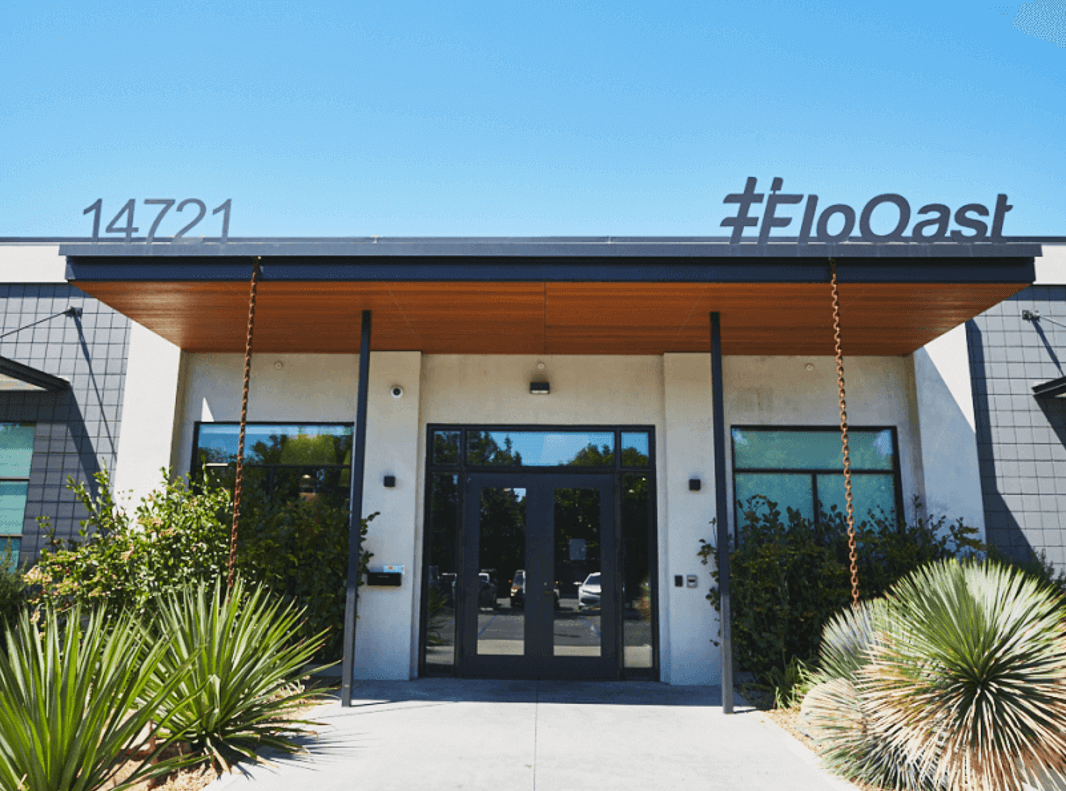

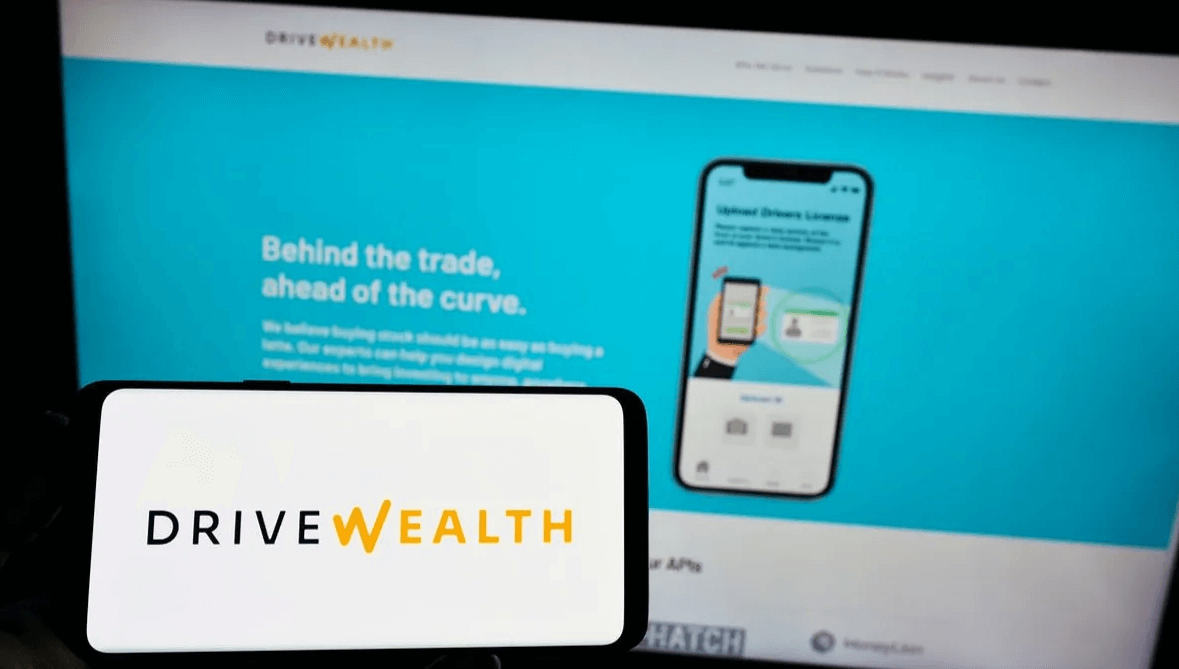
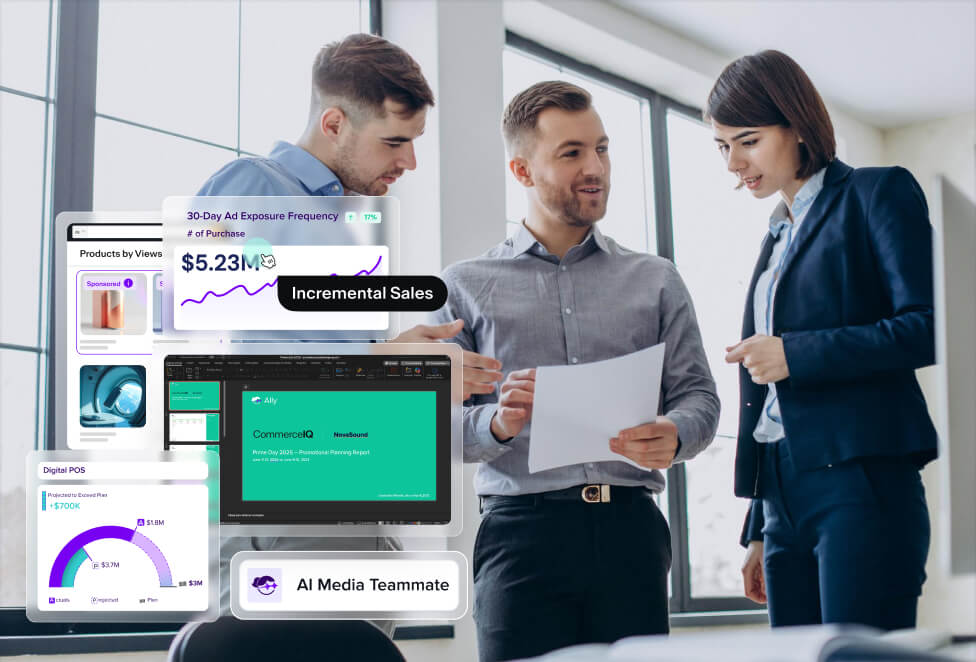

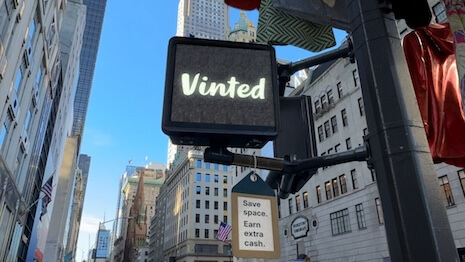

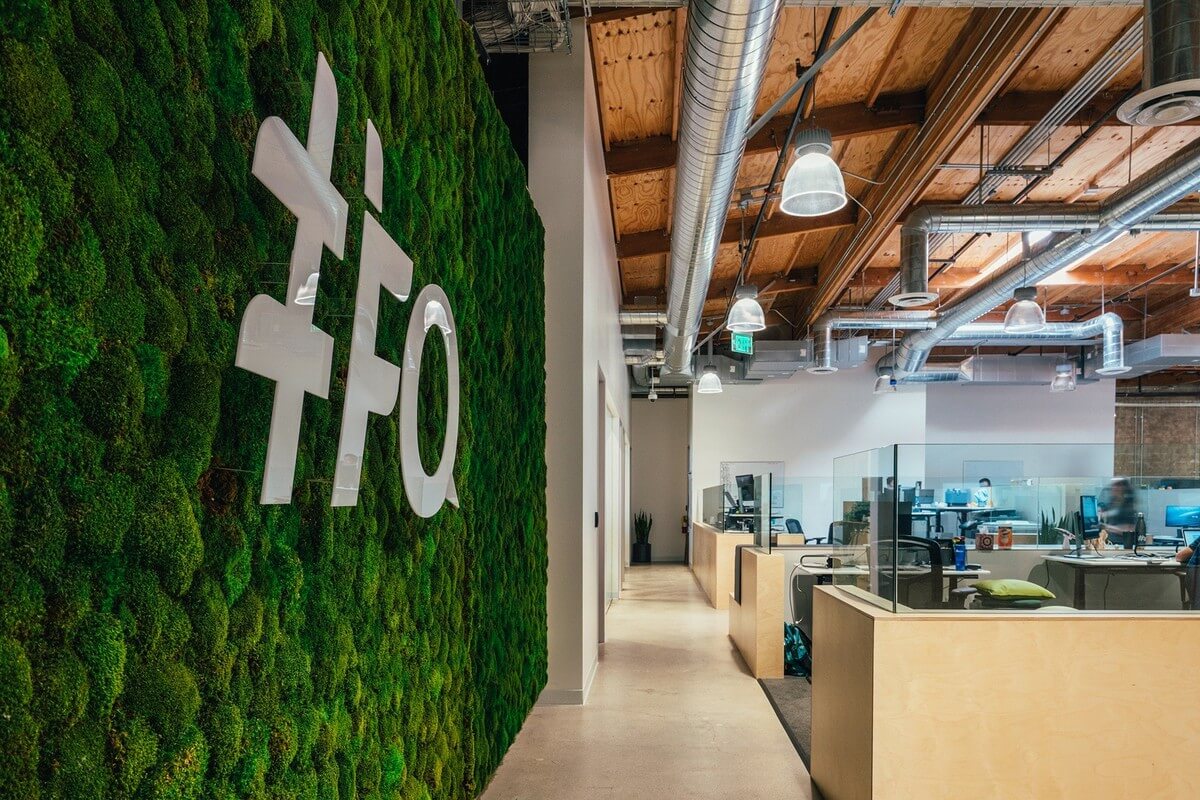
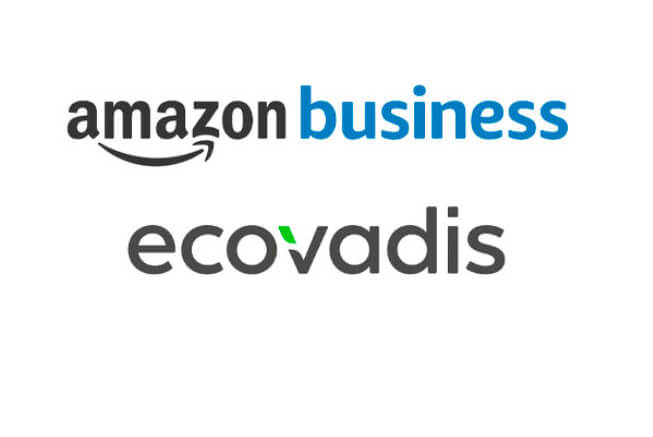
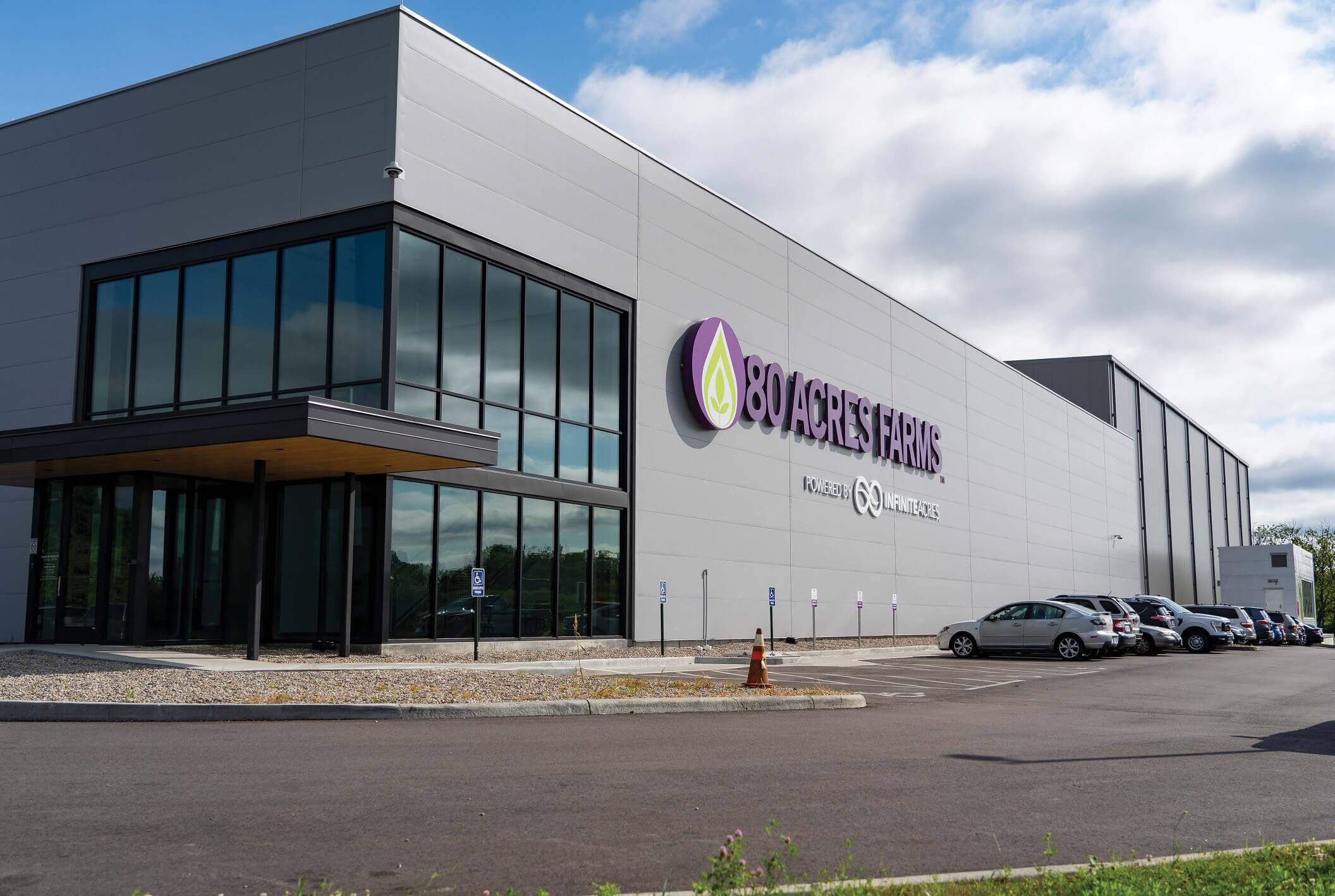



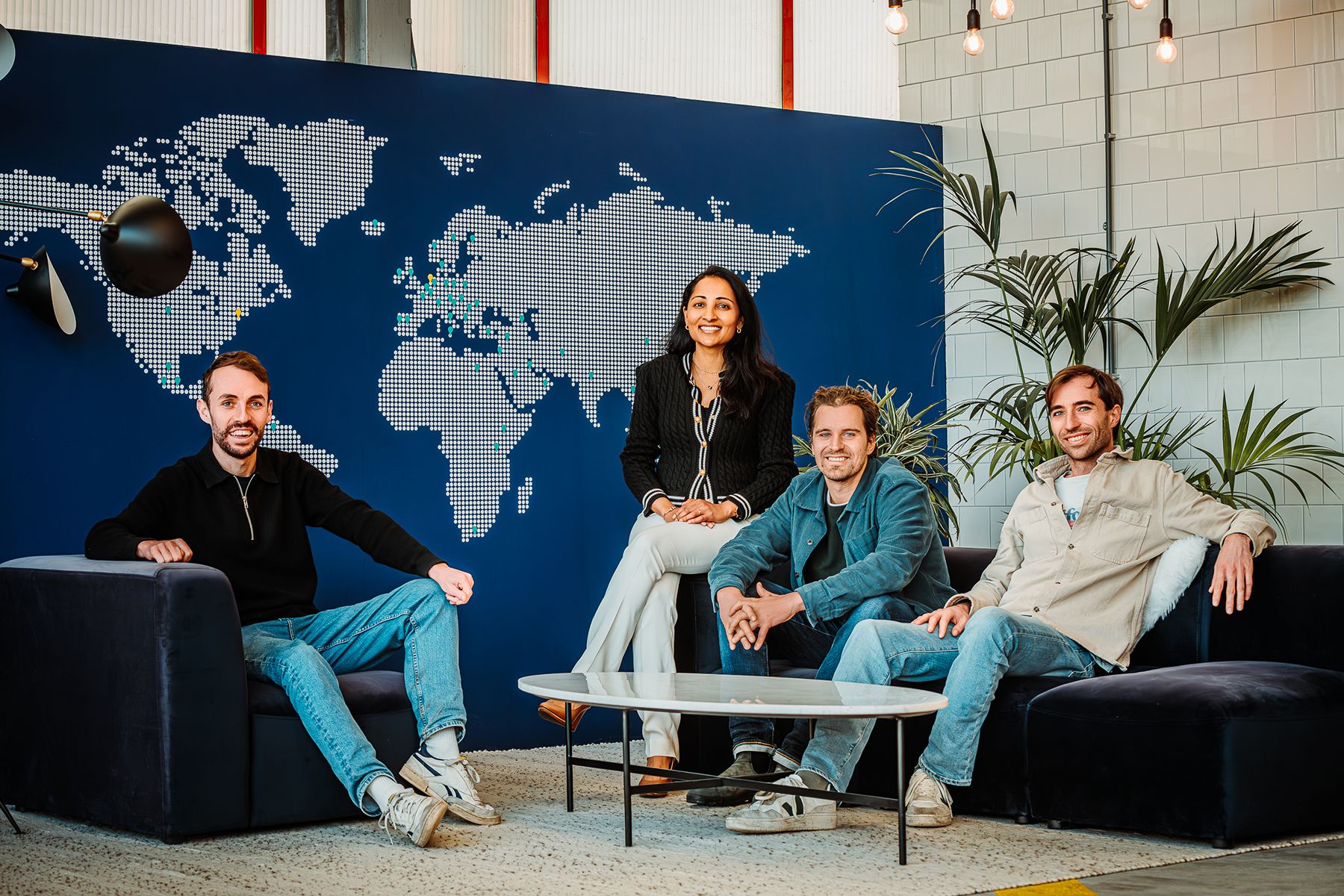
%20Canary.jpg)

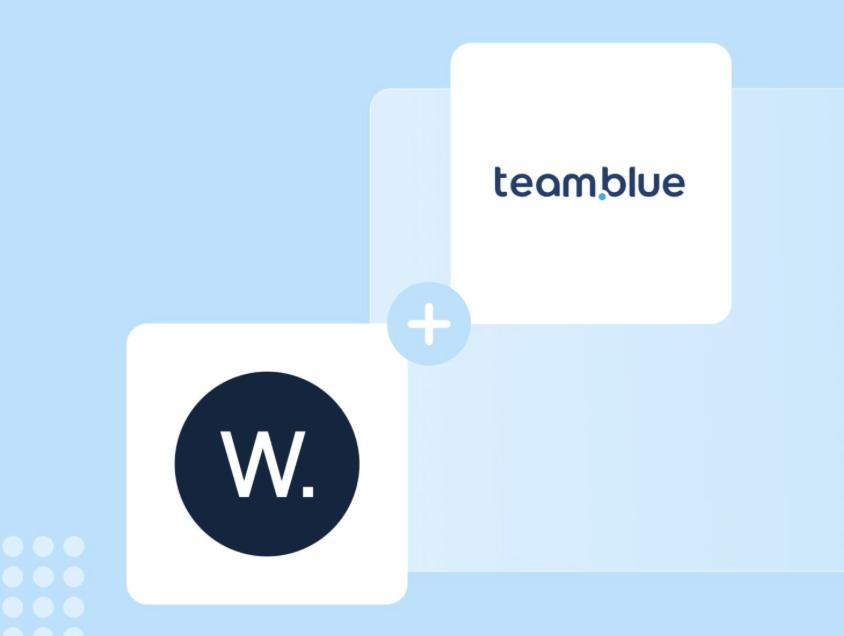

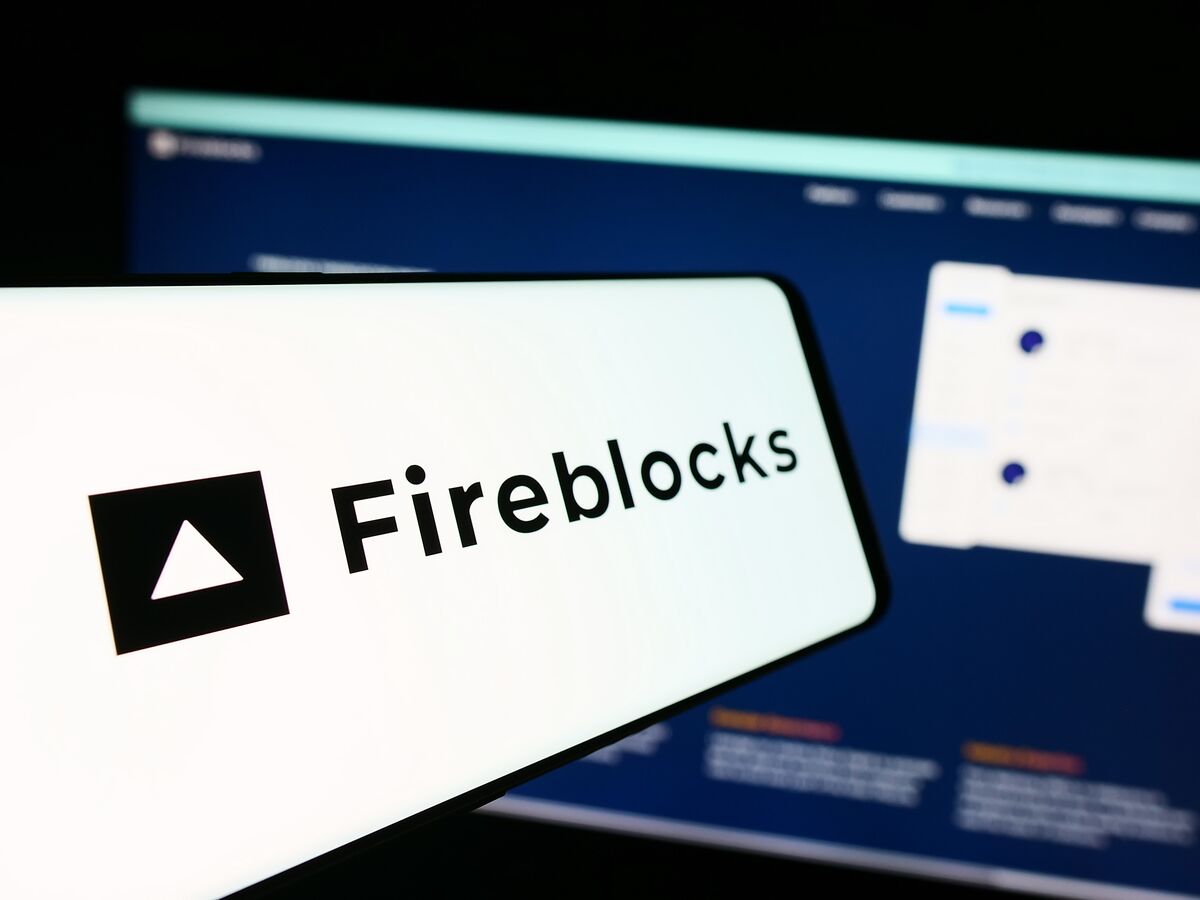
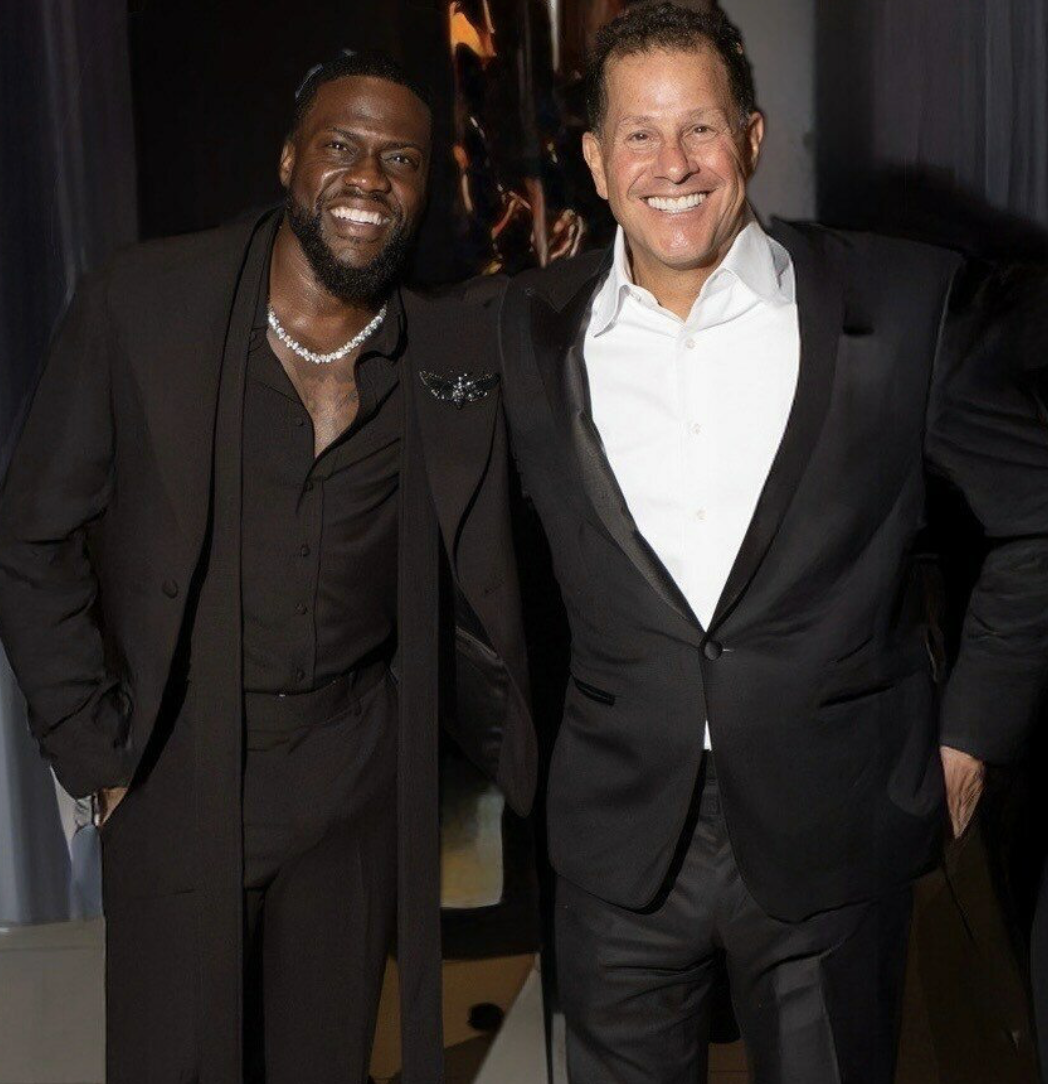
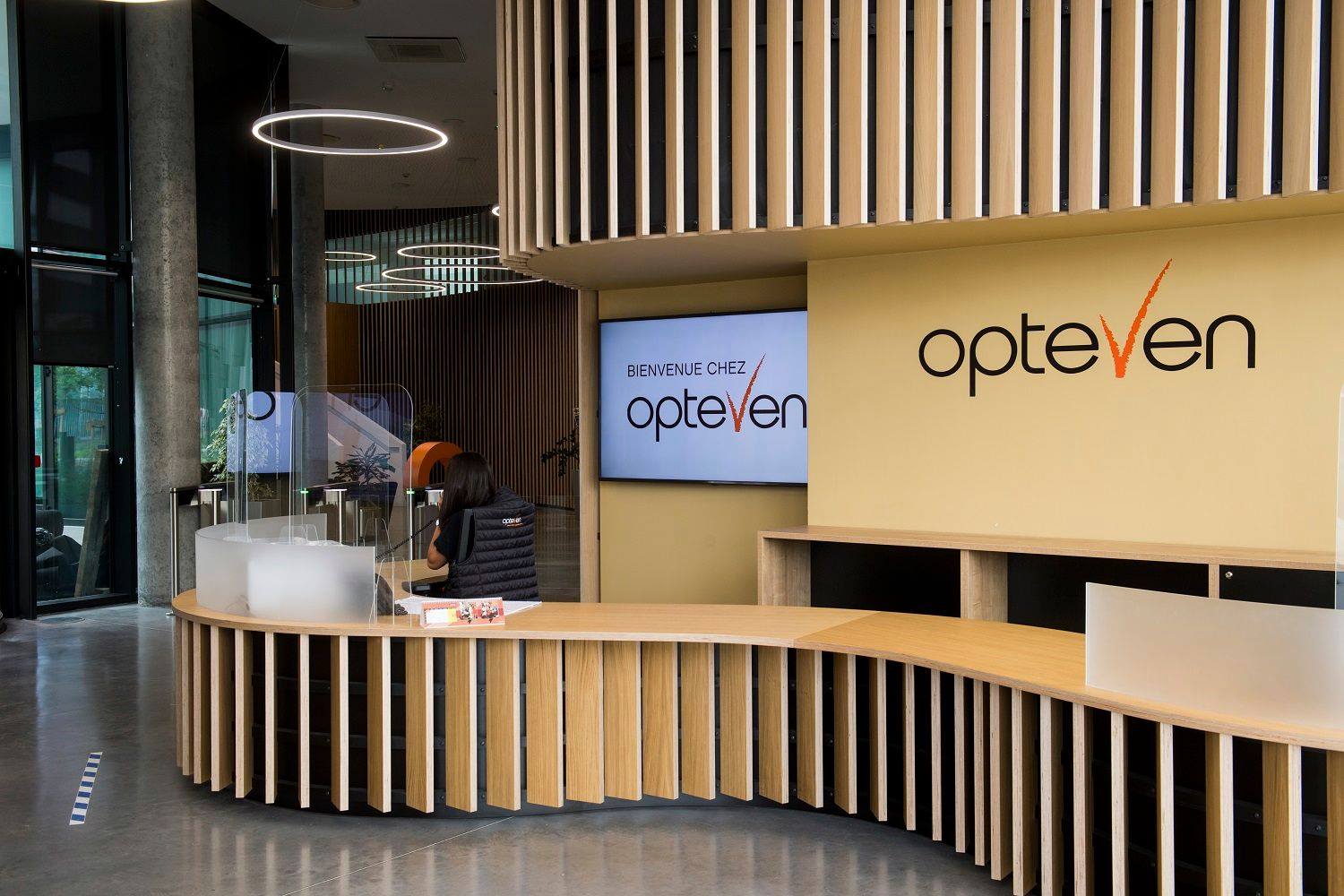

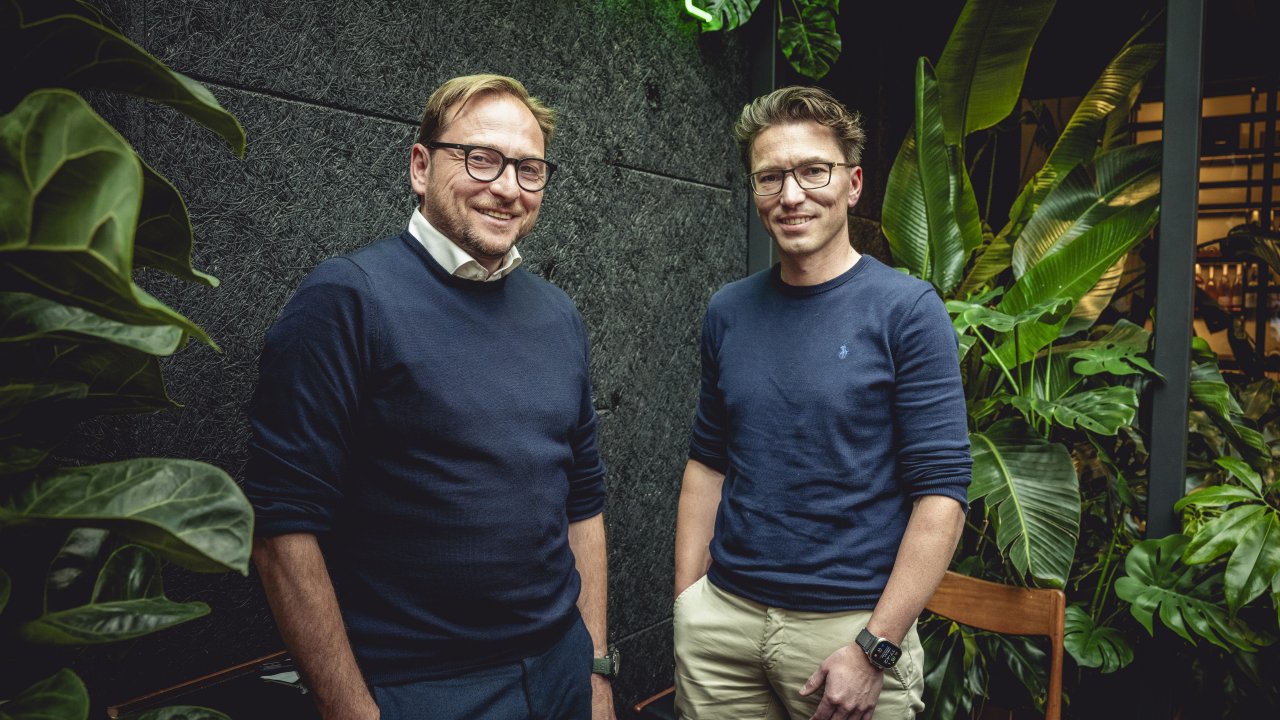
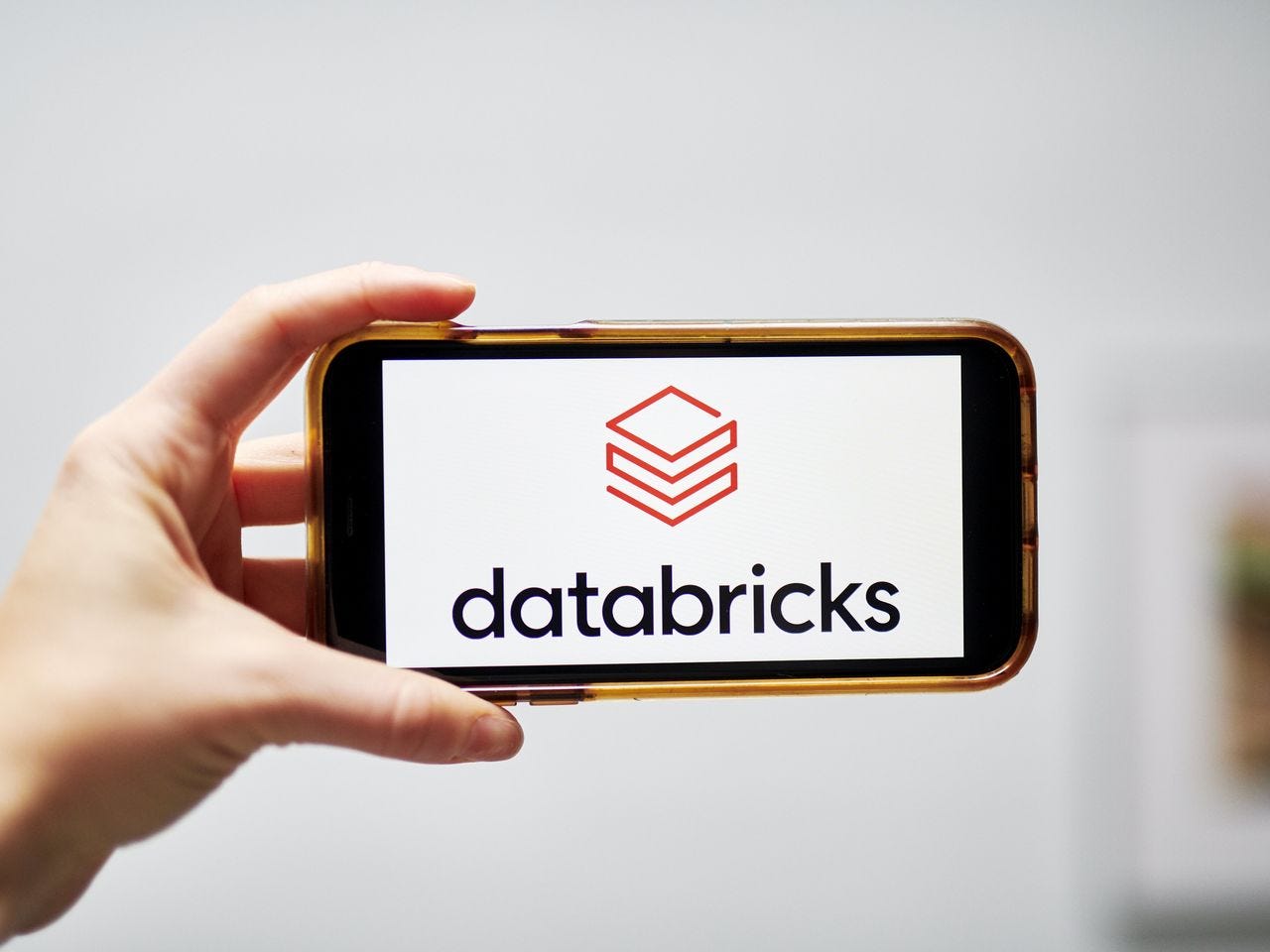


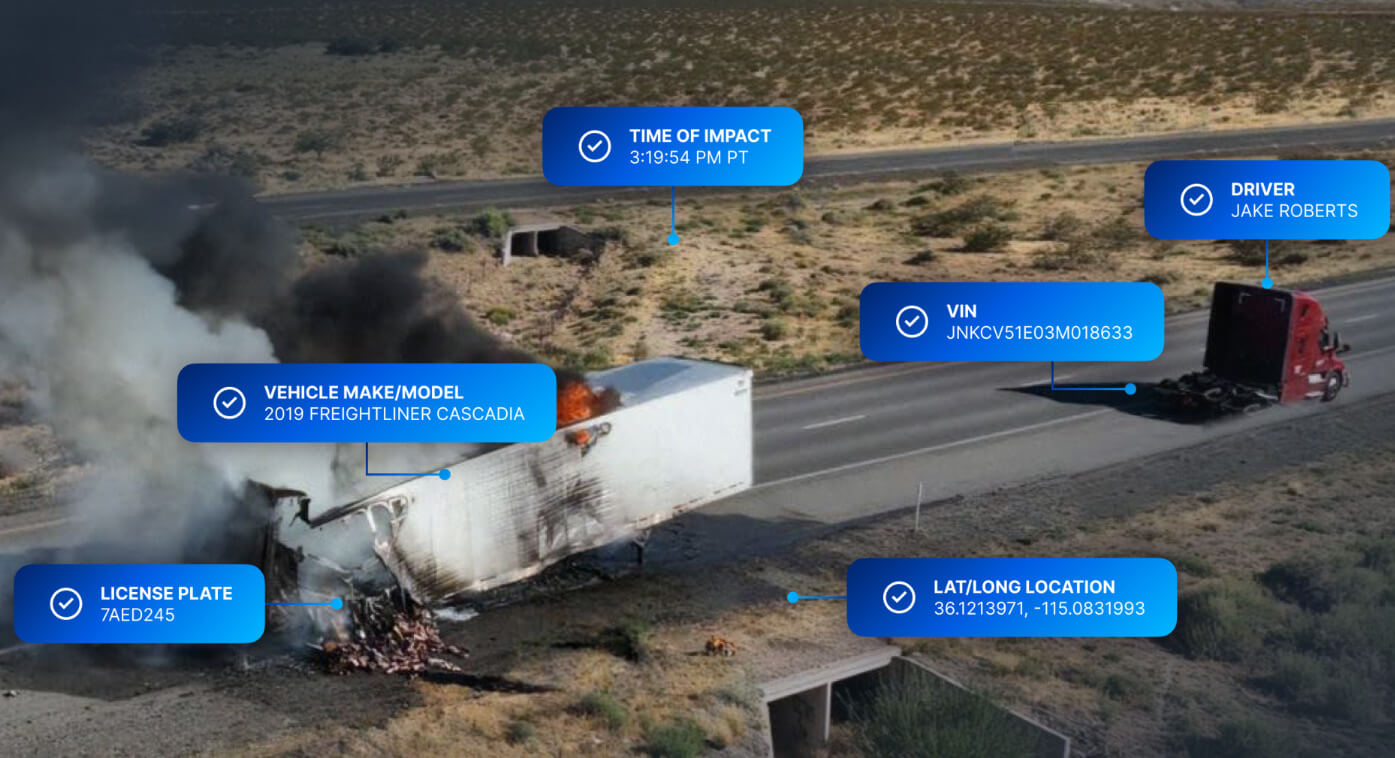
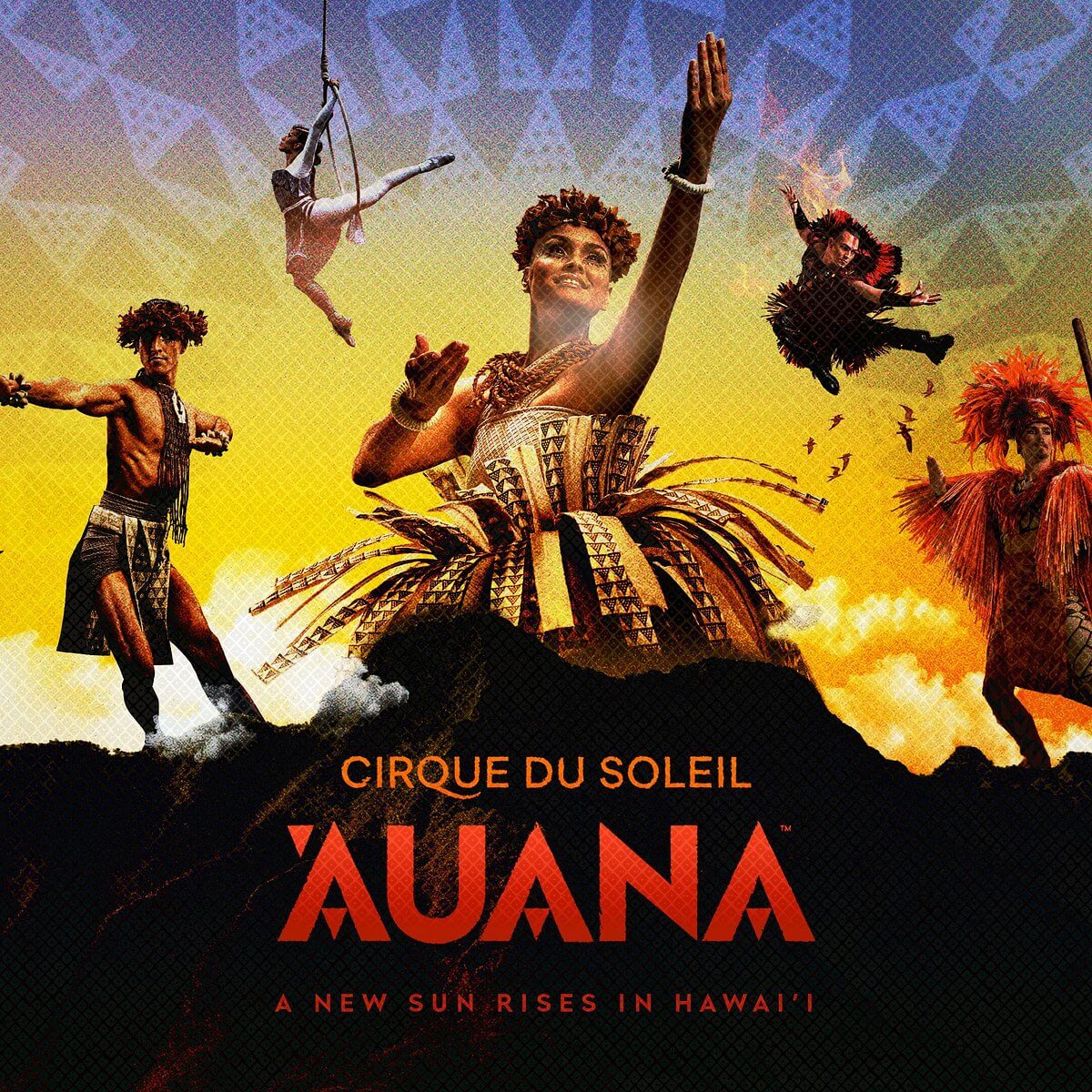

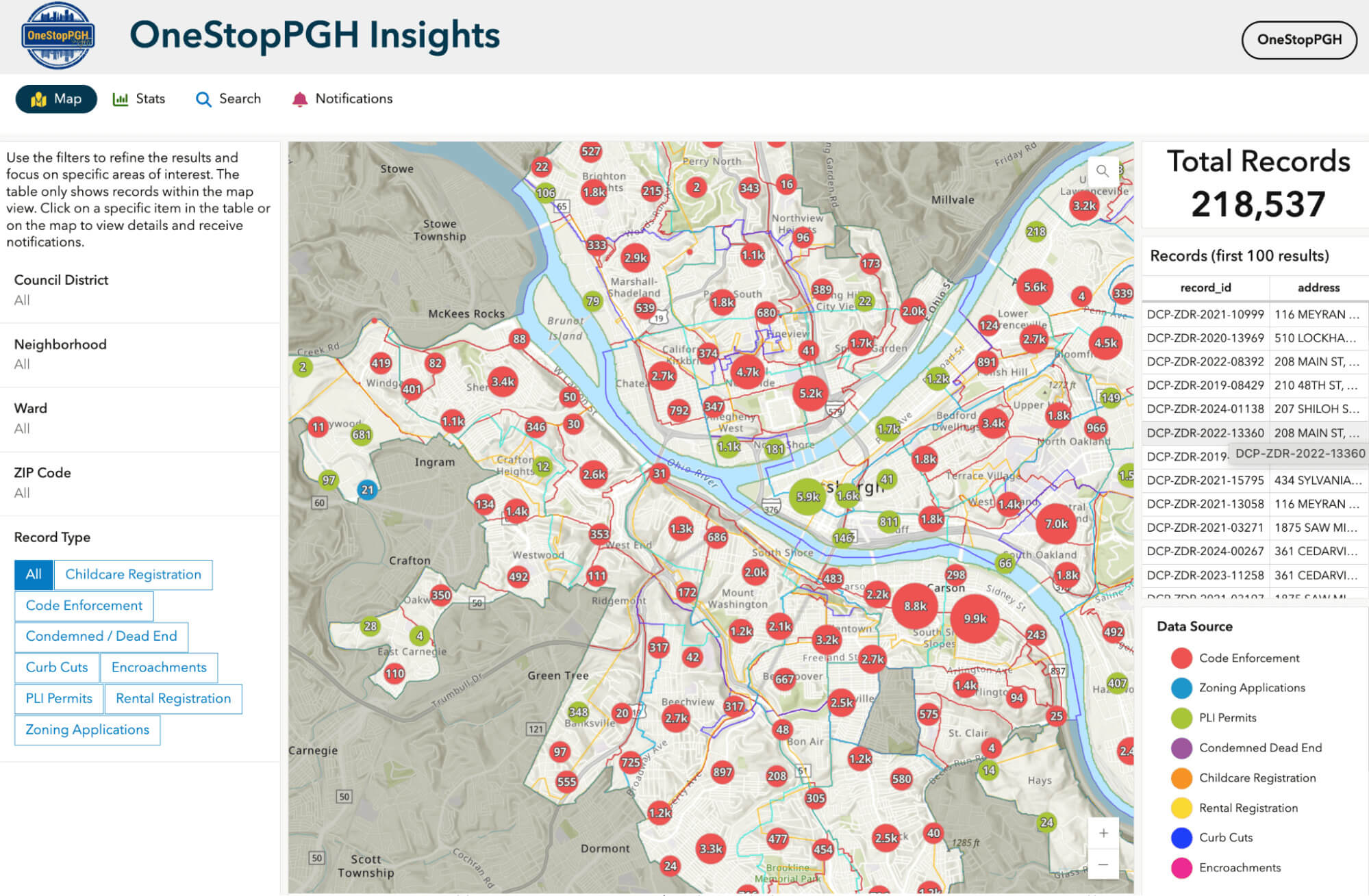
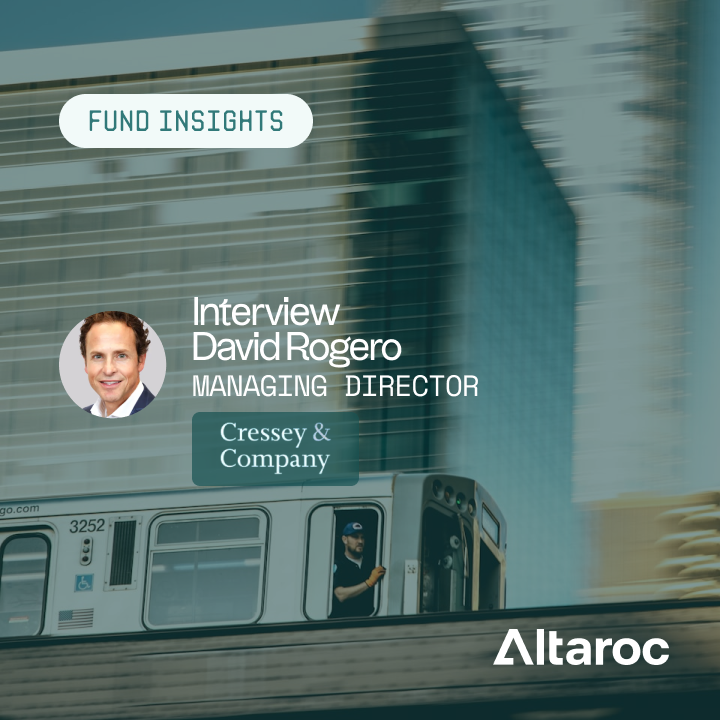

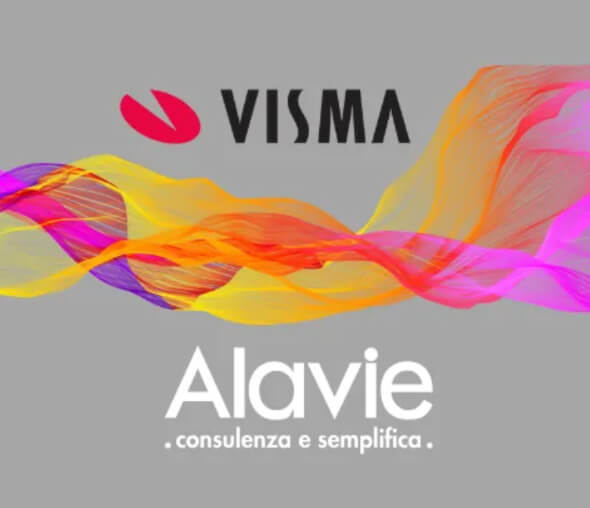

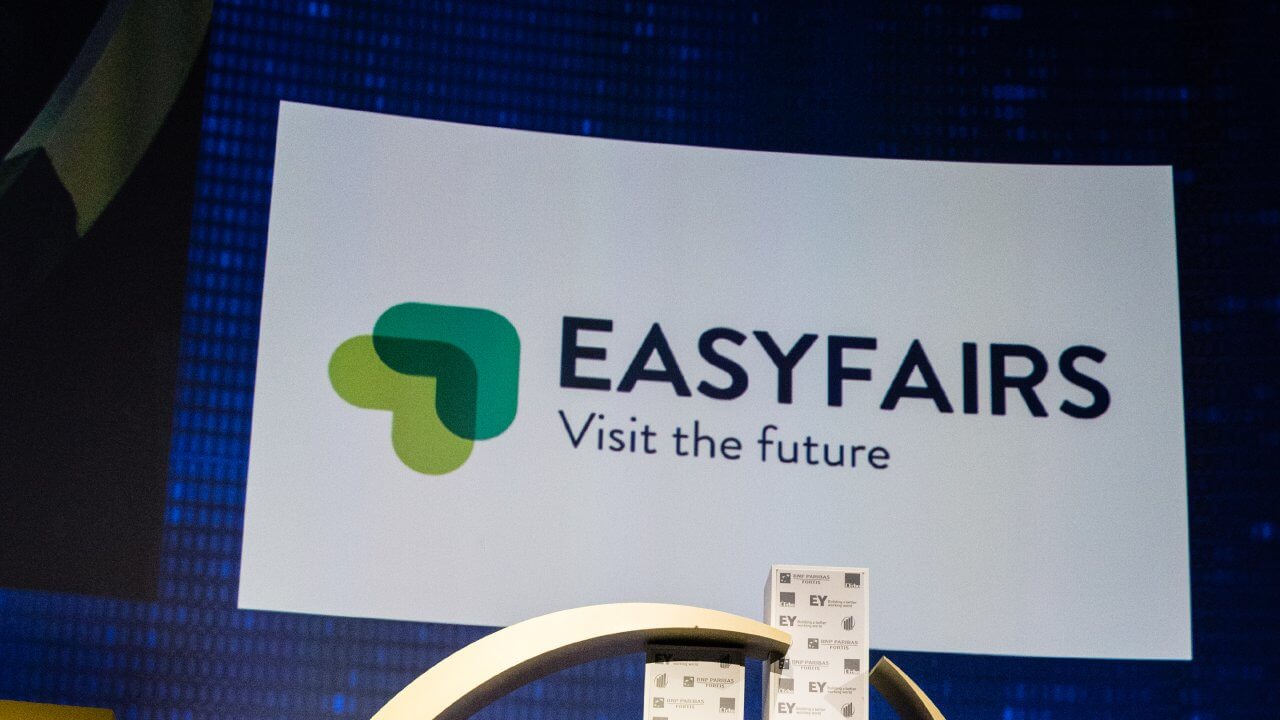
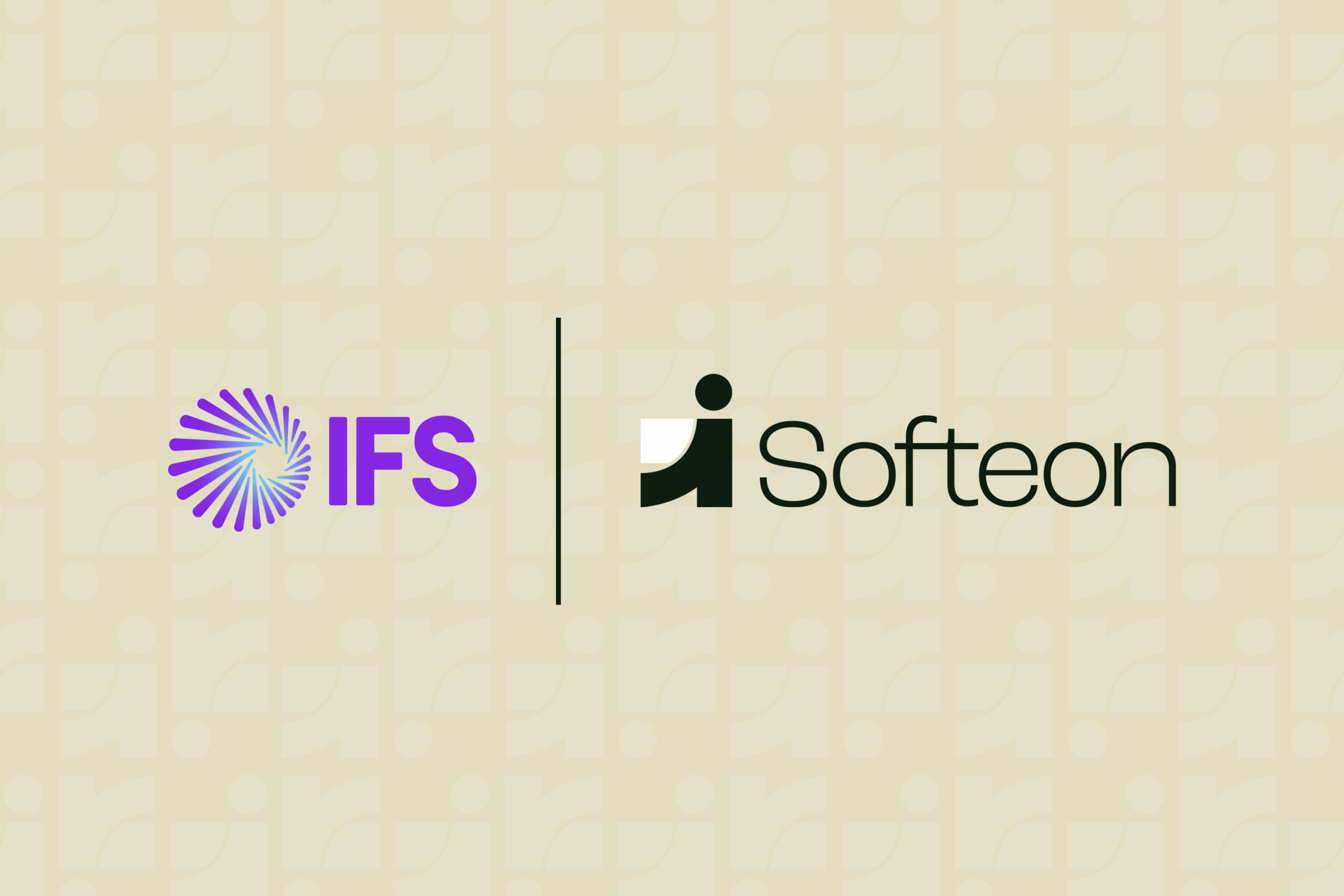


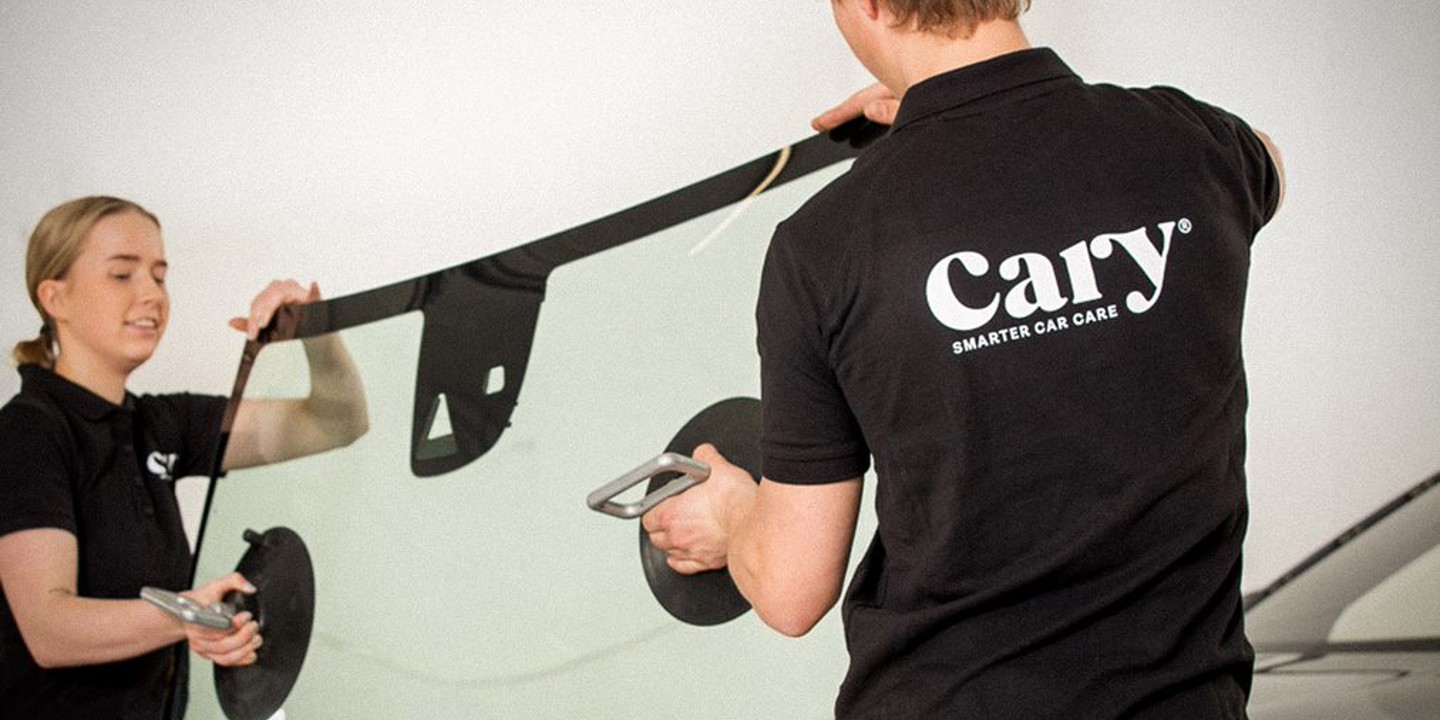







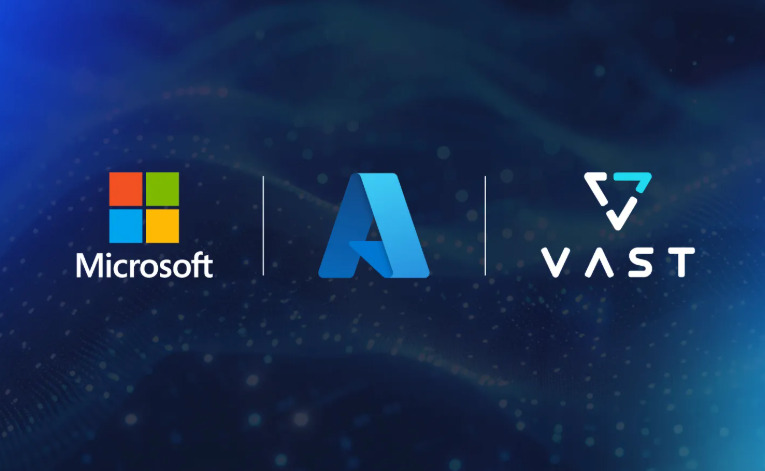
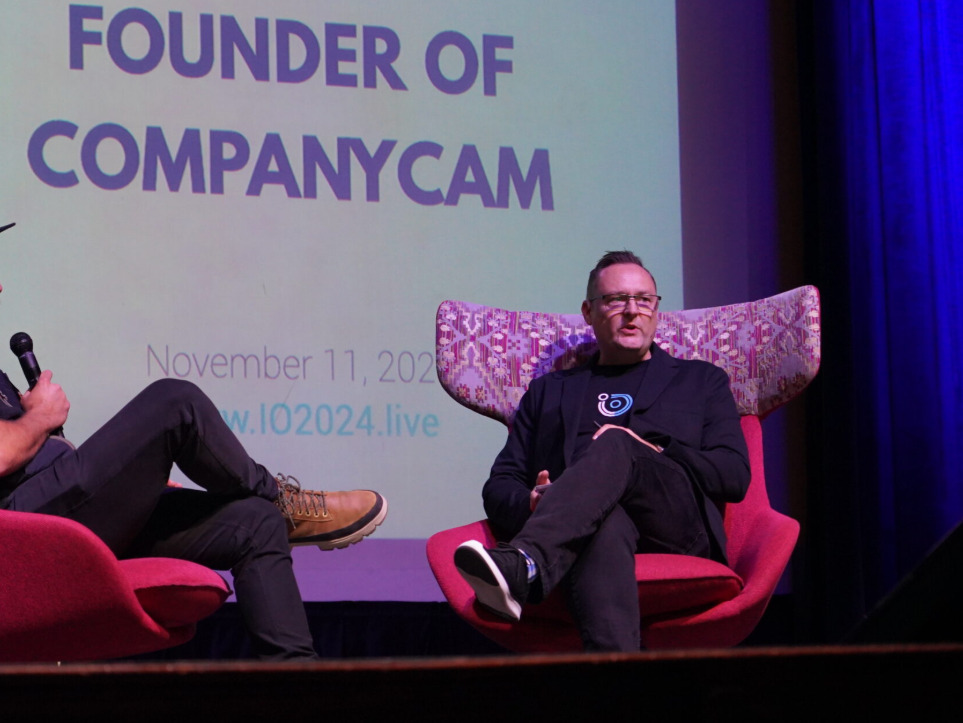


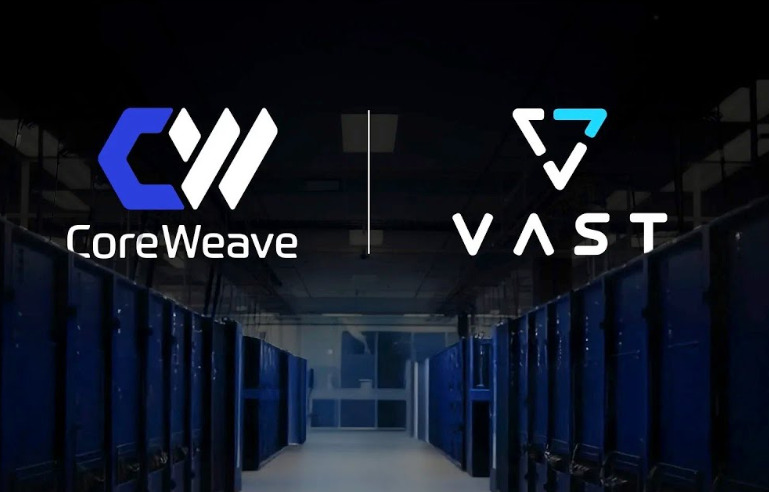
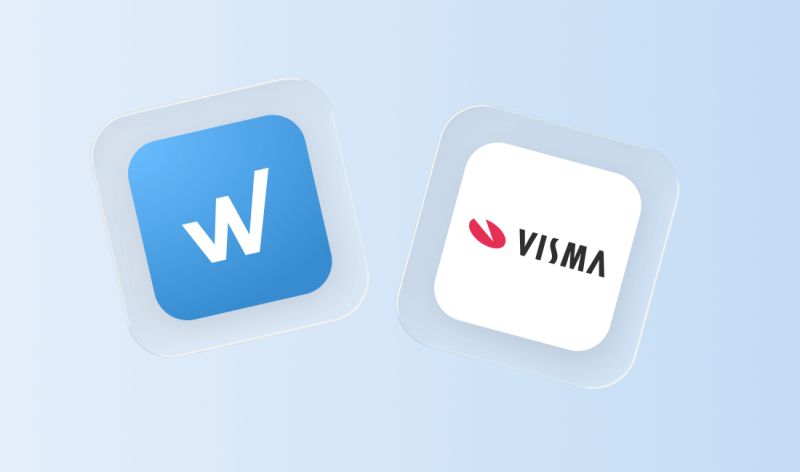

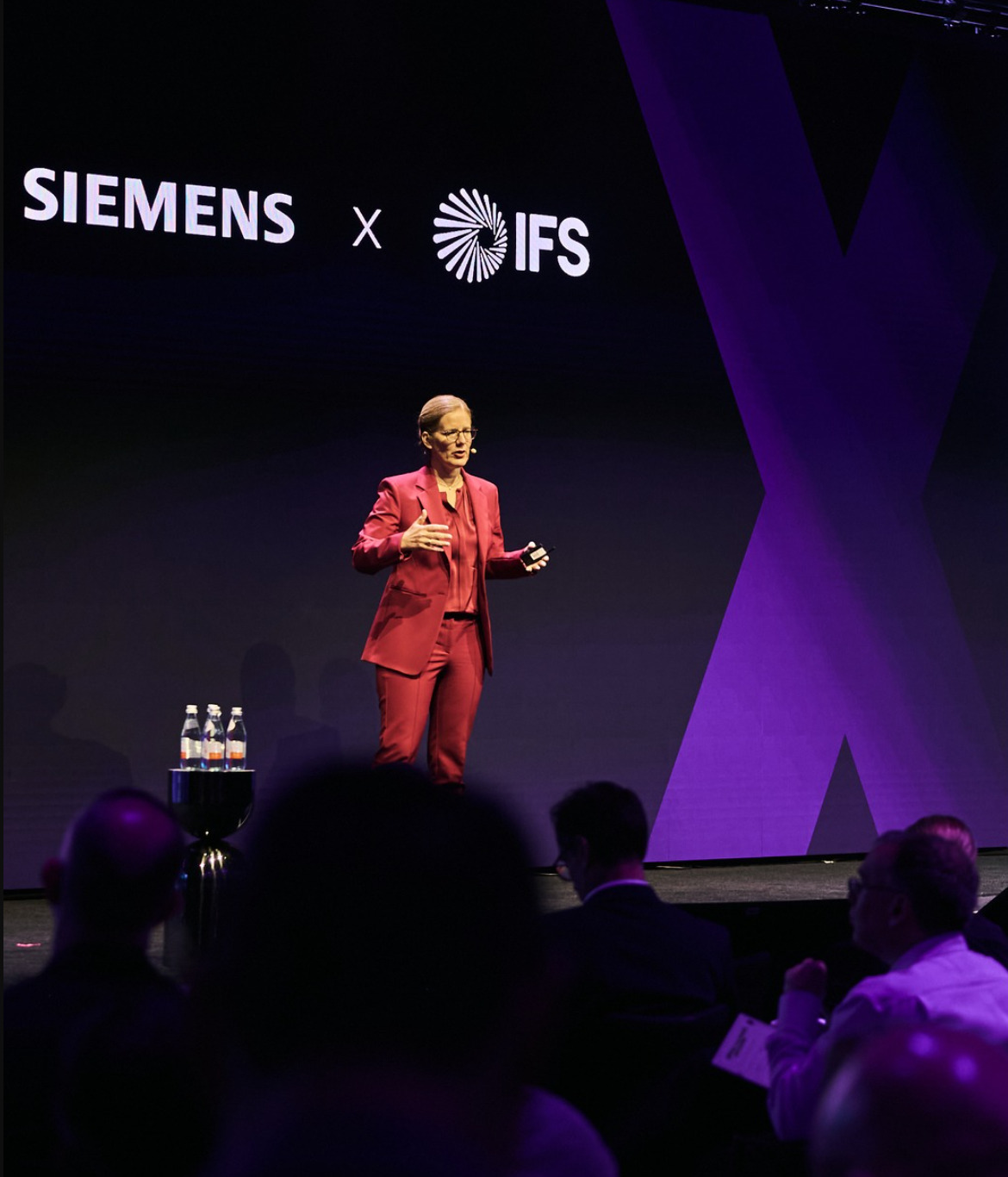



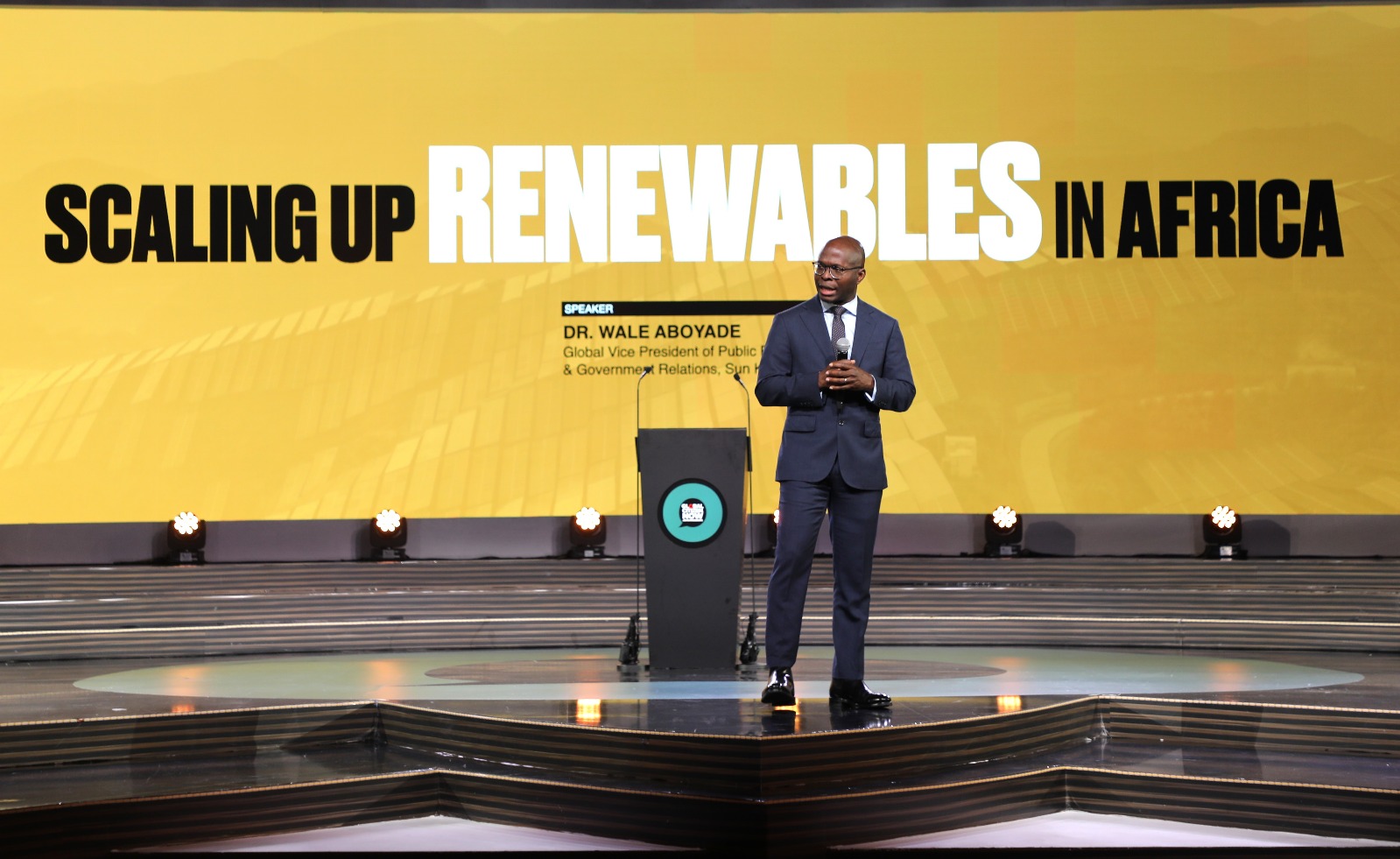
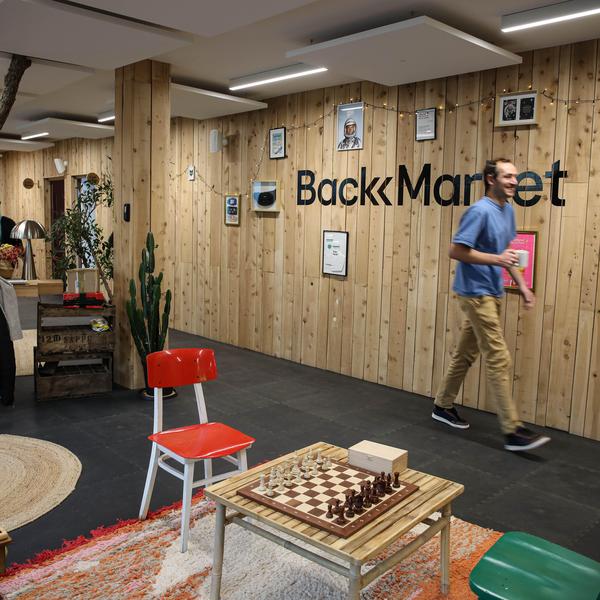
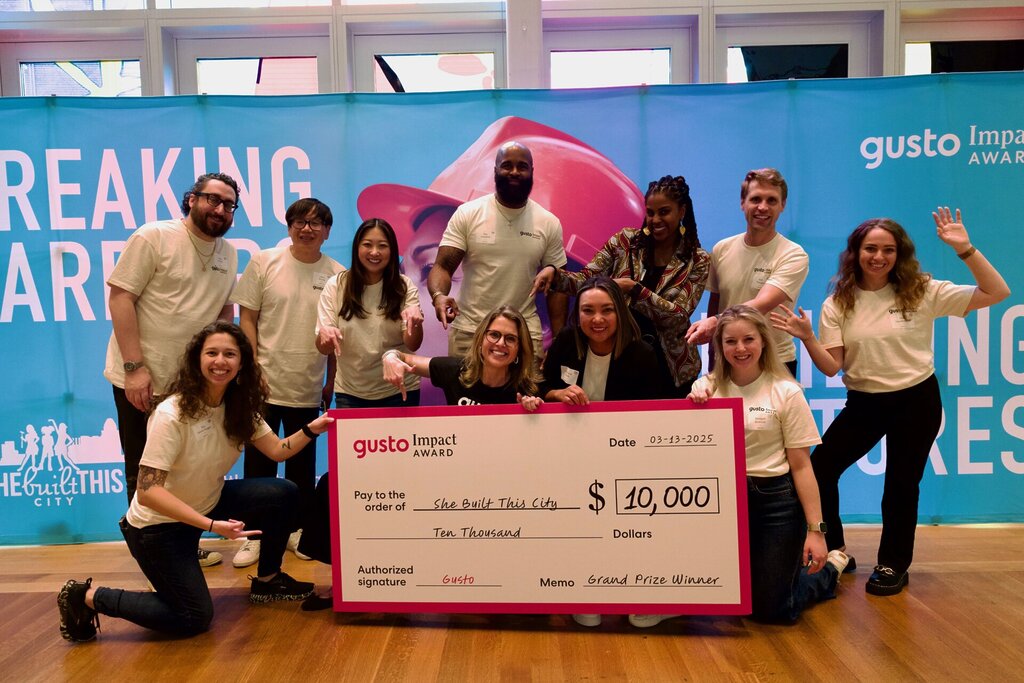
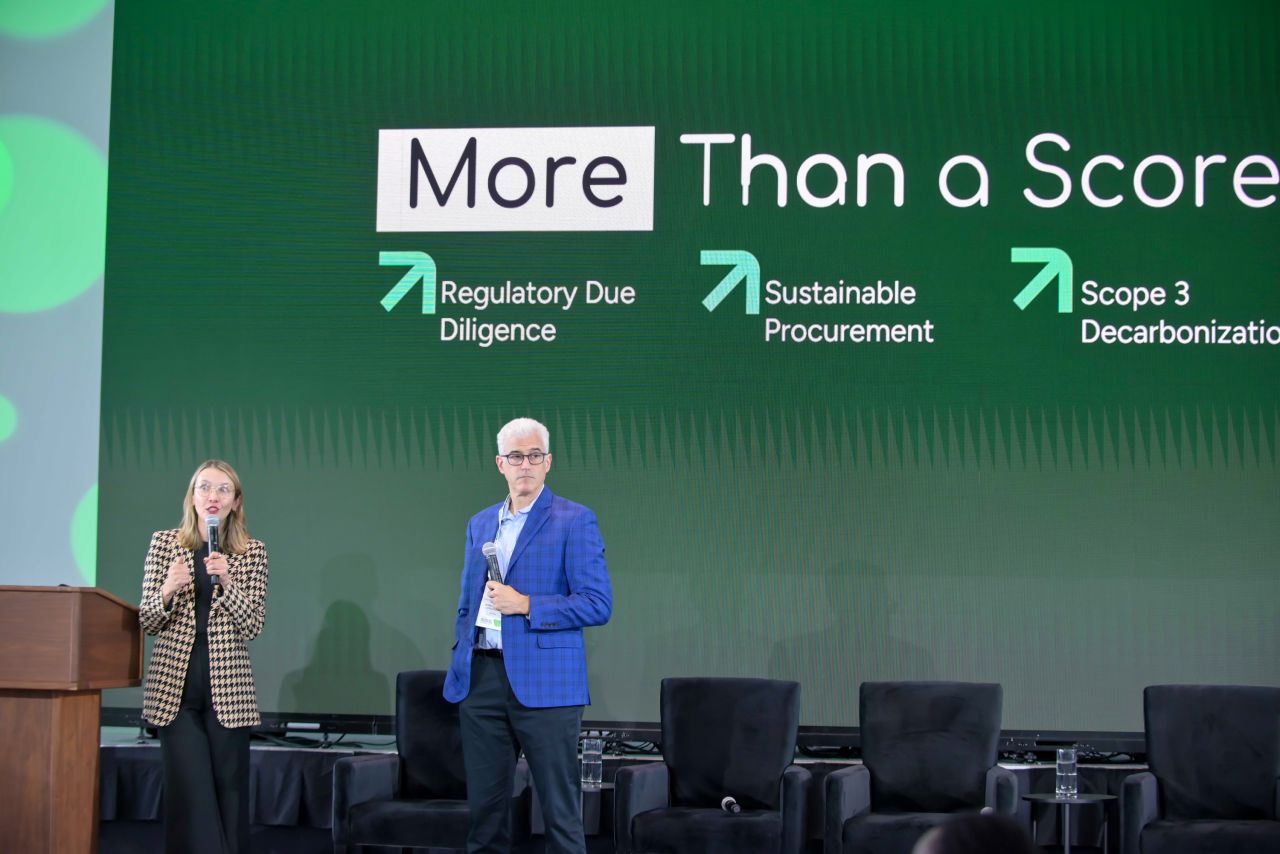



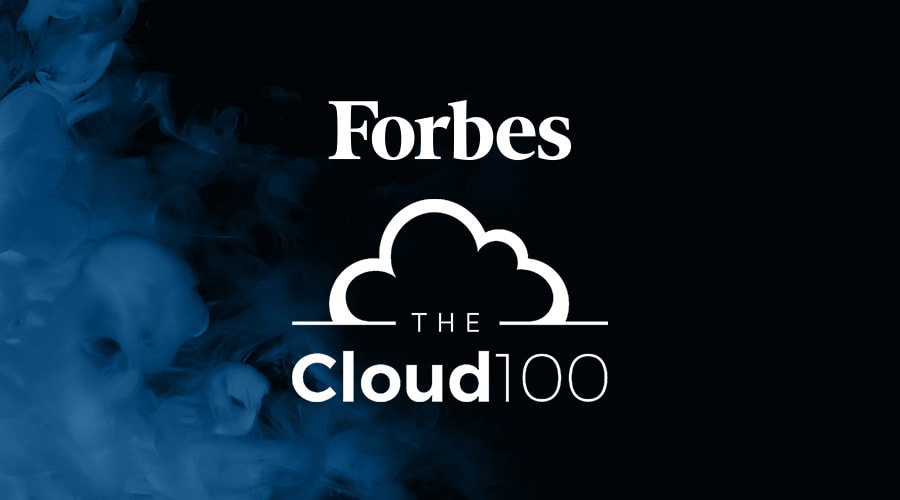


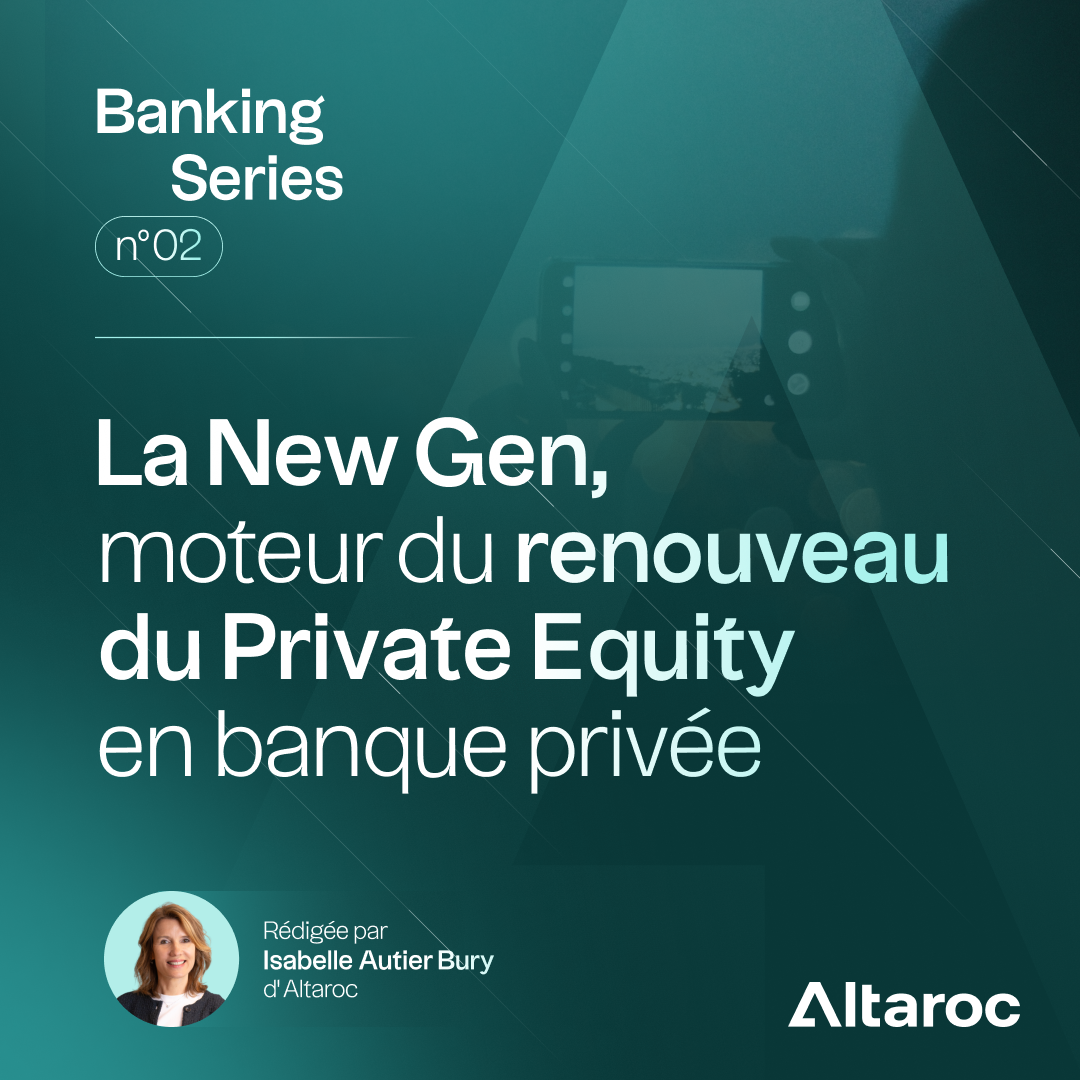

.jpeg)


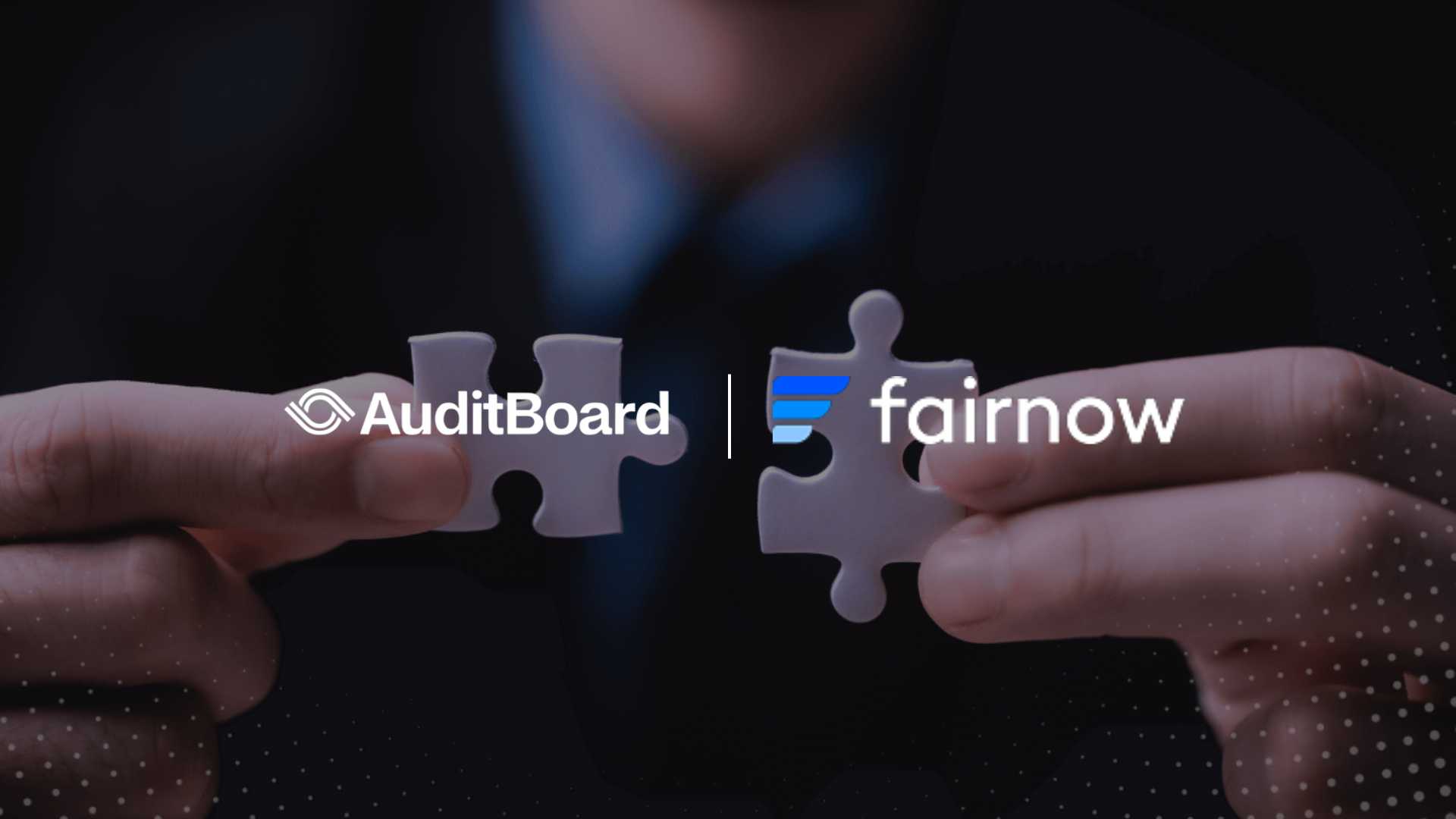
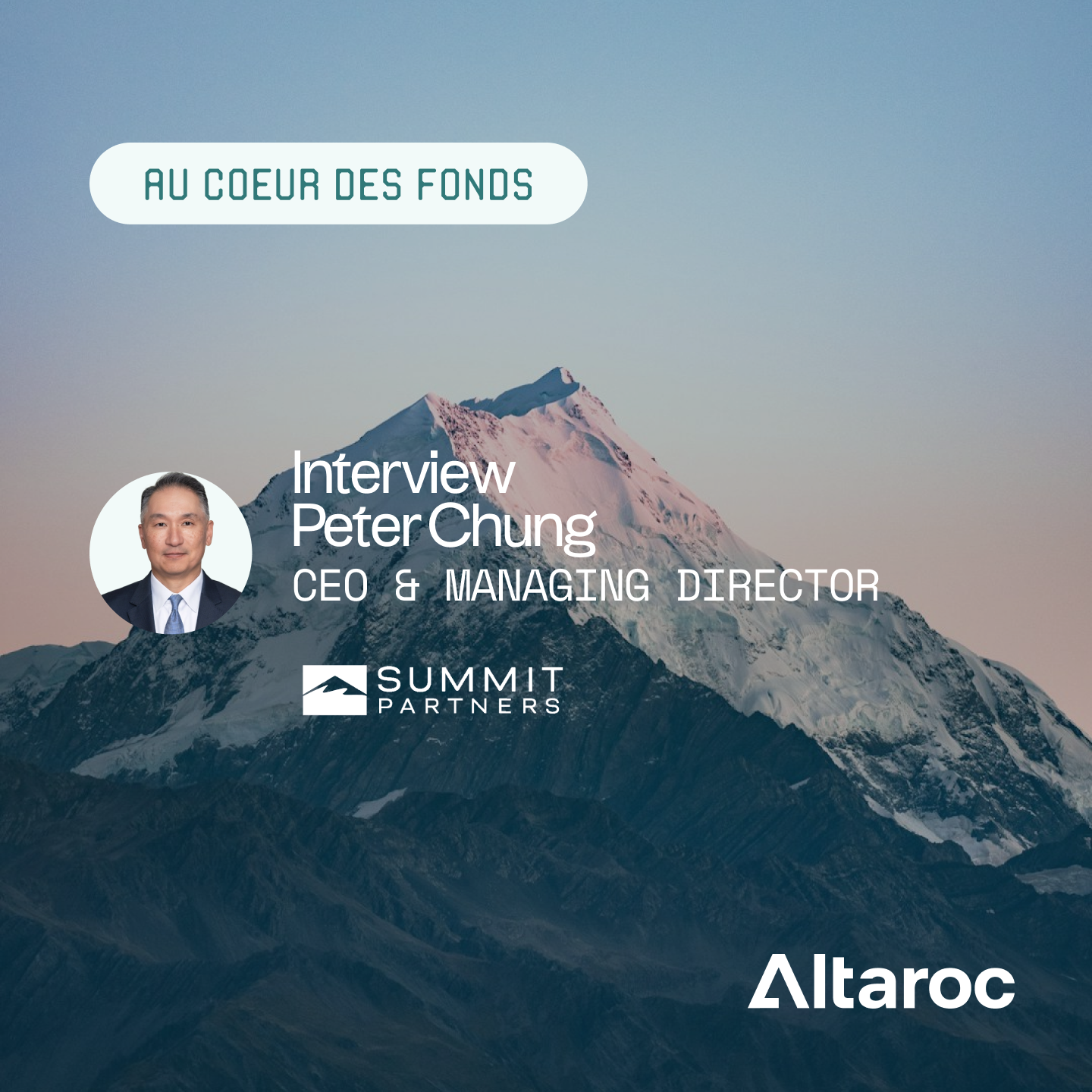


.jpeg)
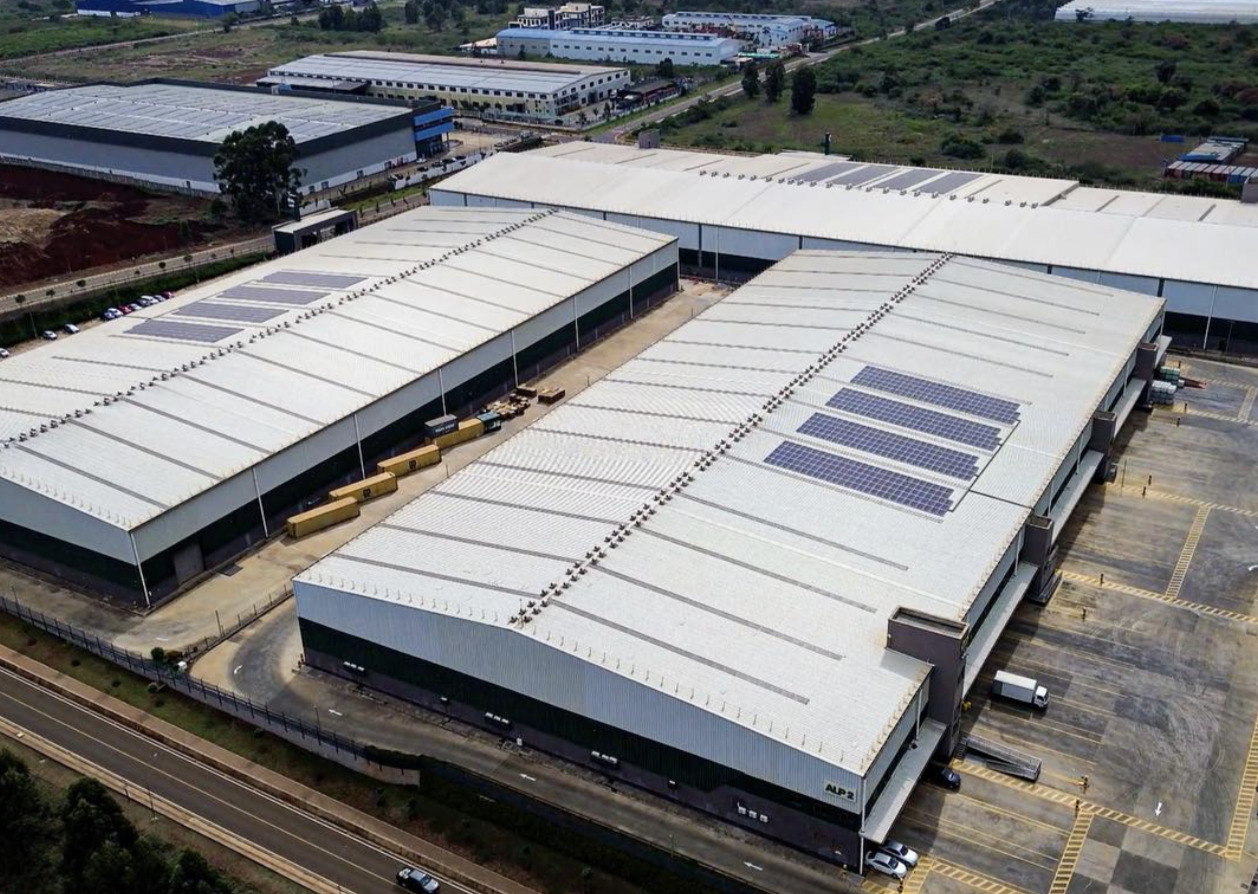

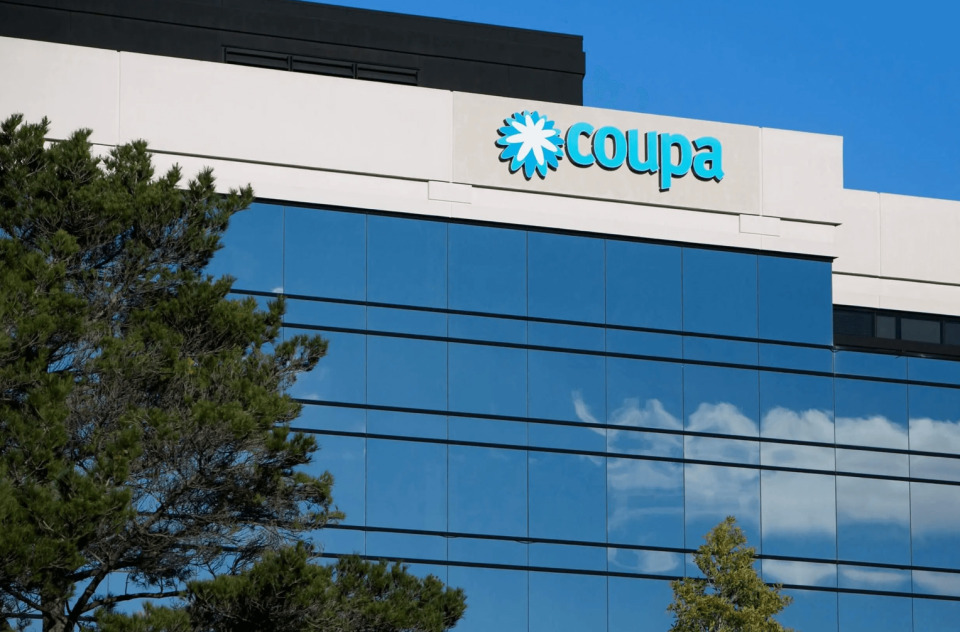
.jpeg)
.jpeg)
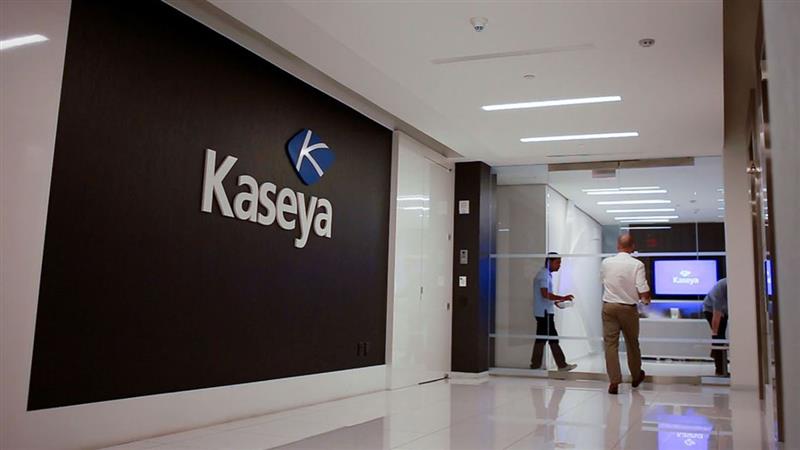

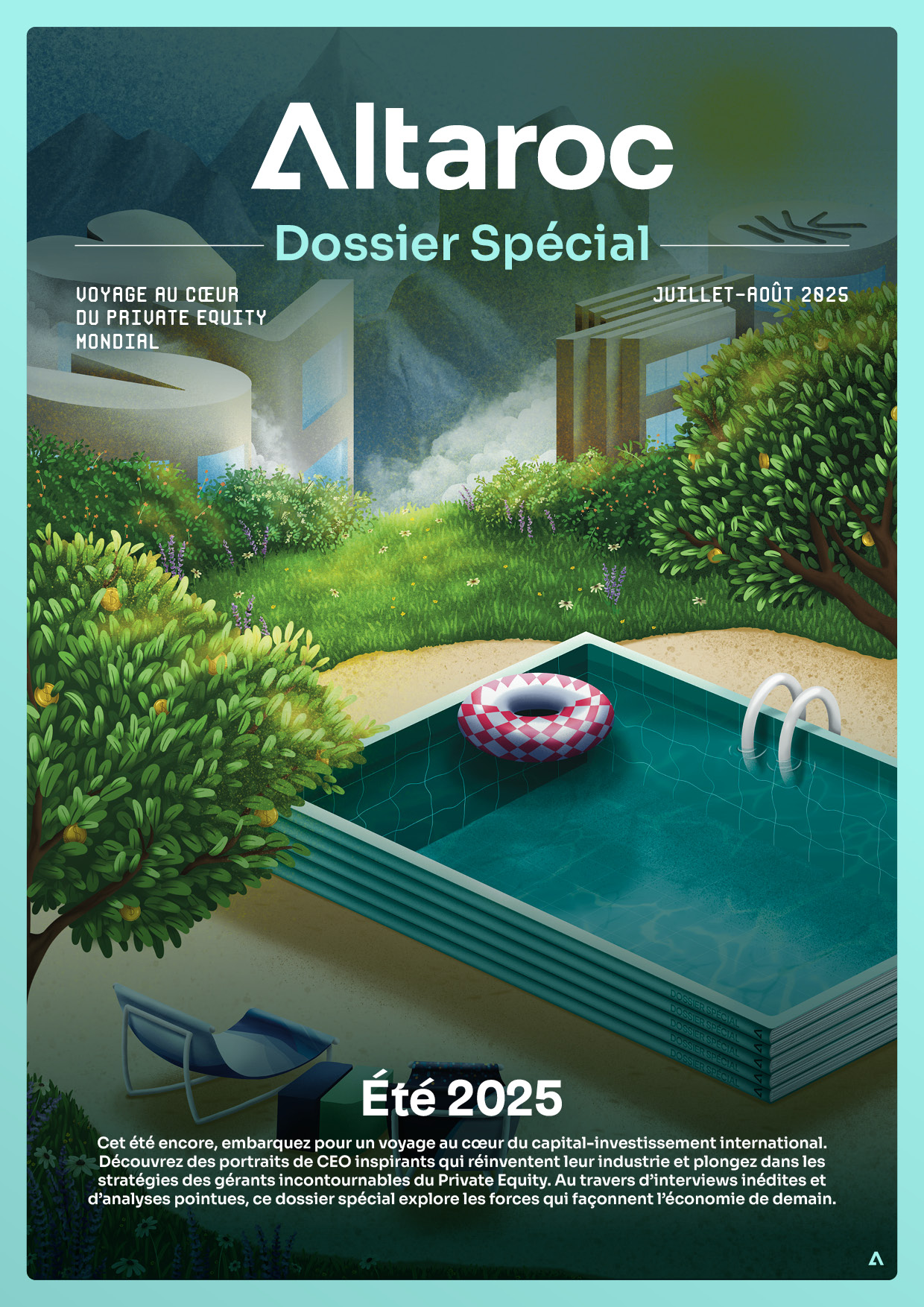


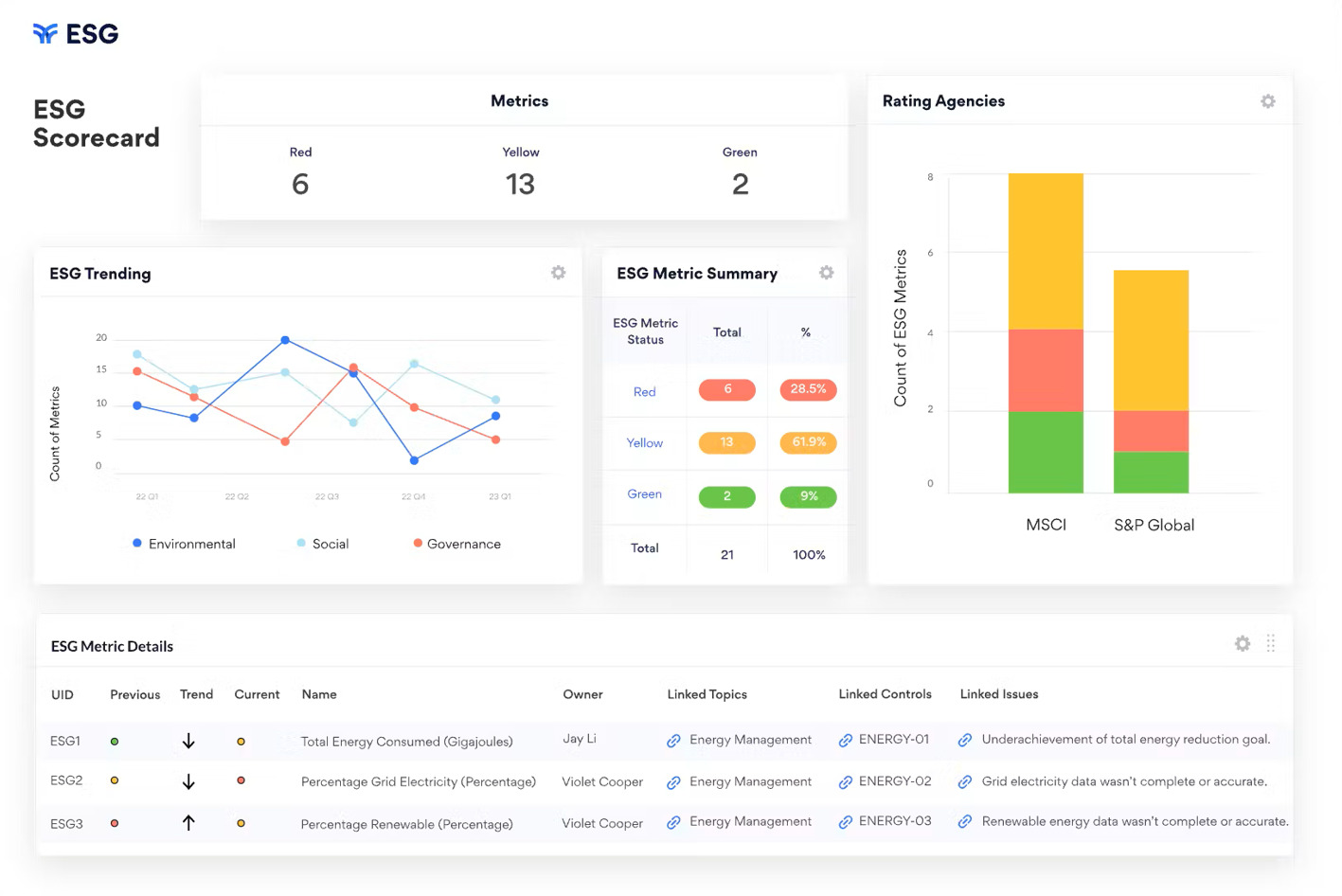

.jpeg)
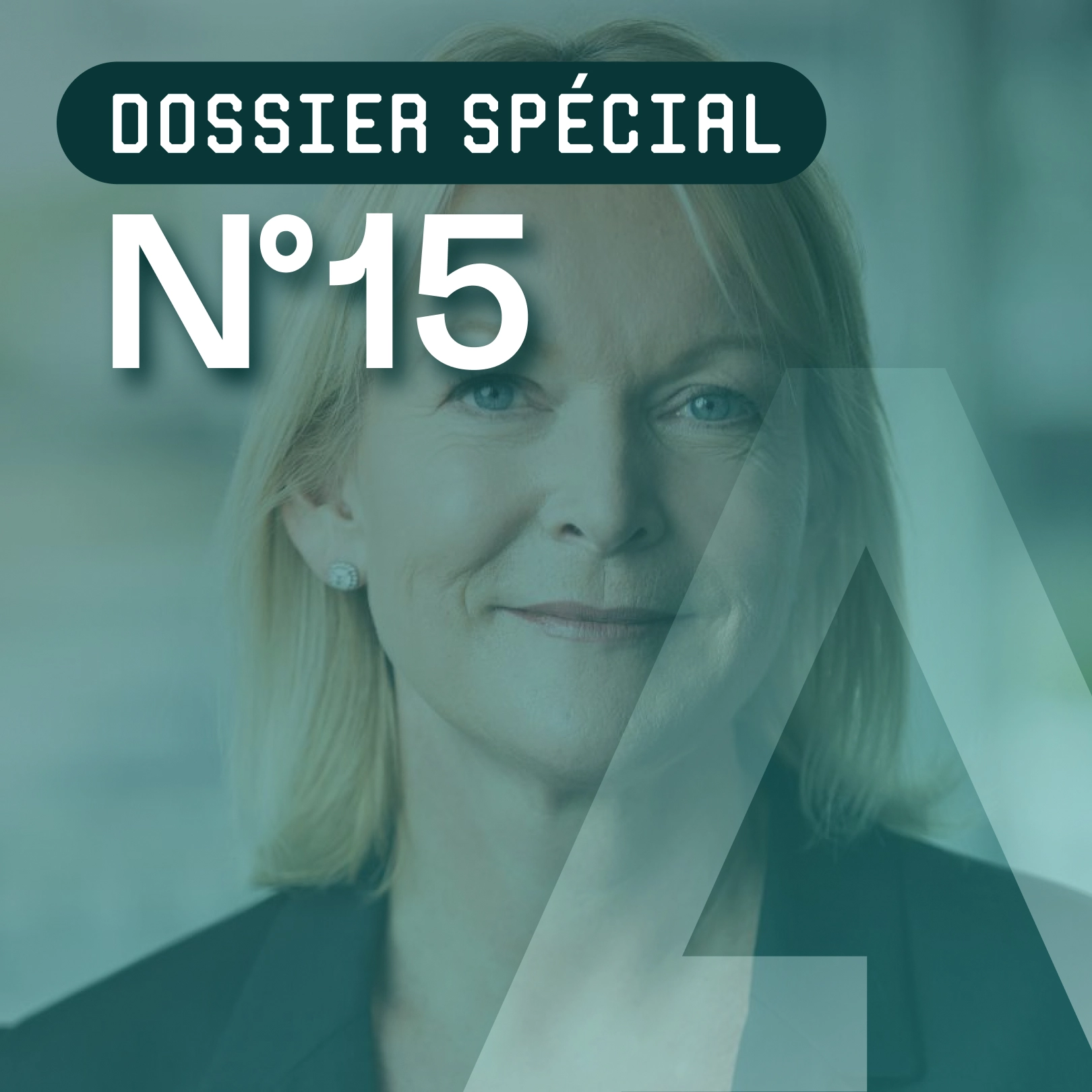
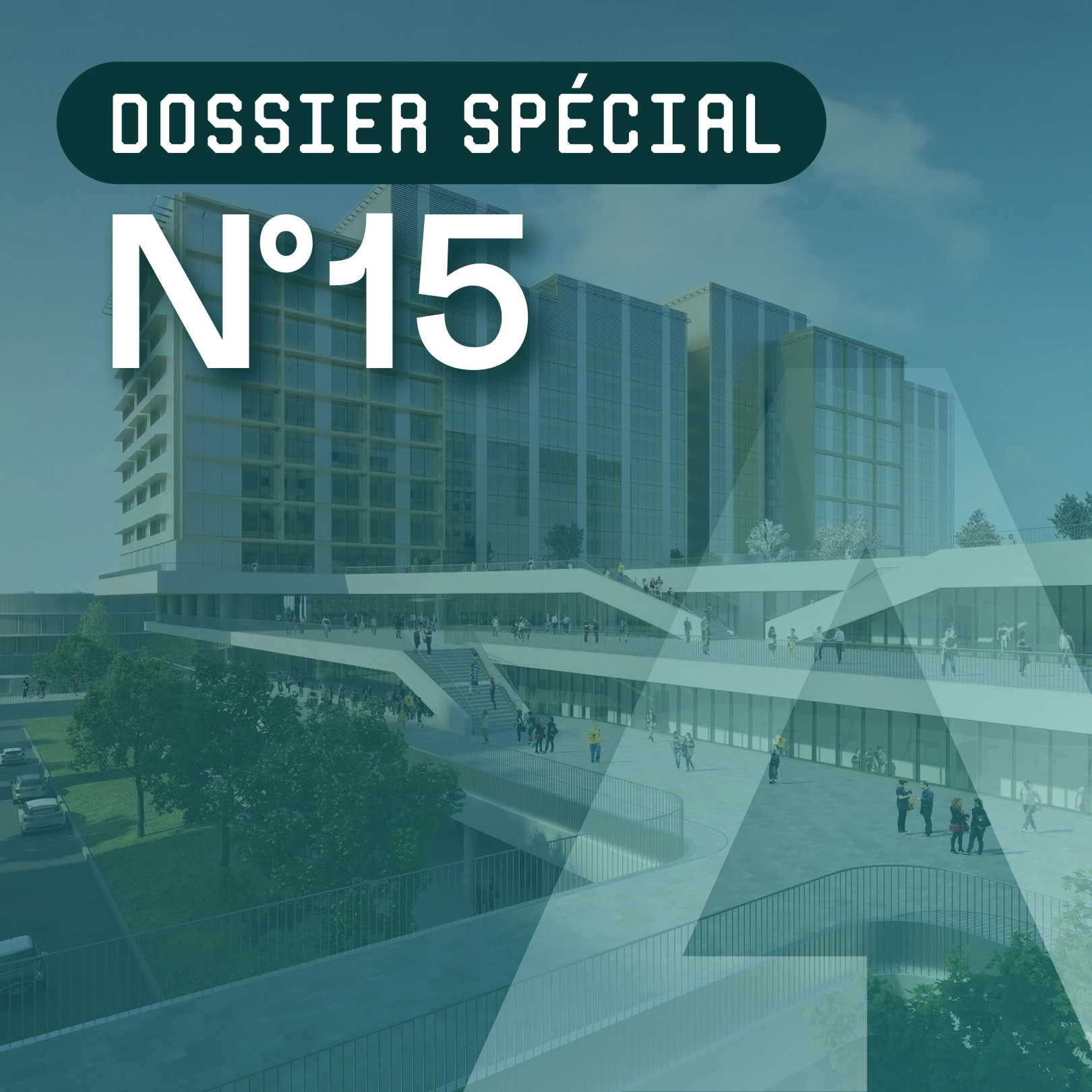
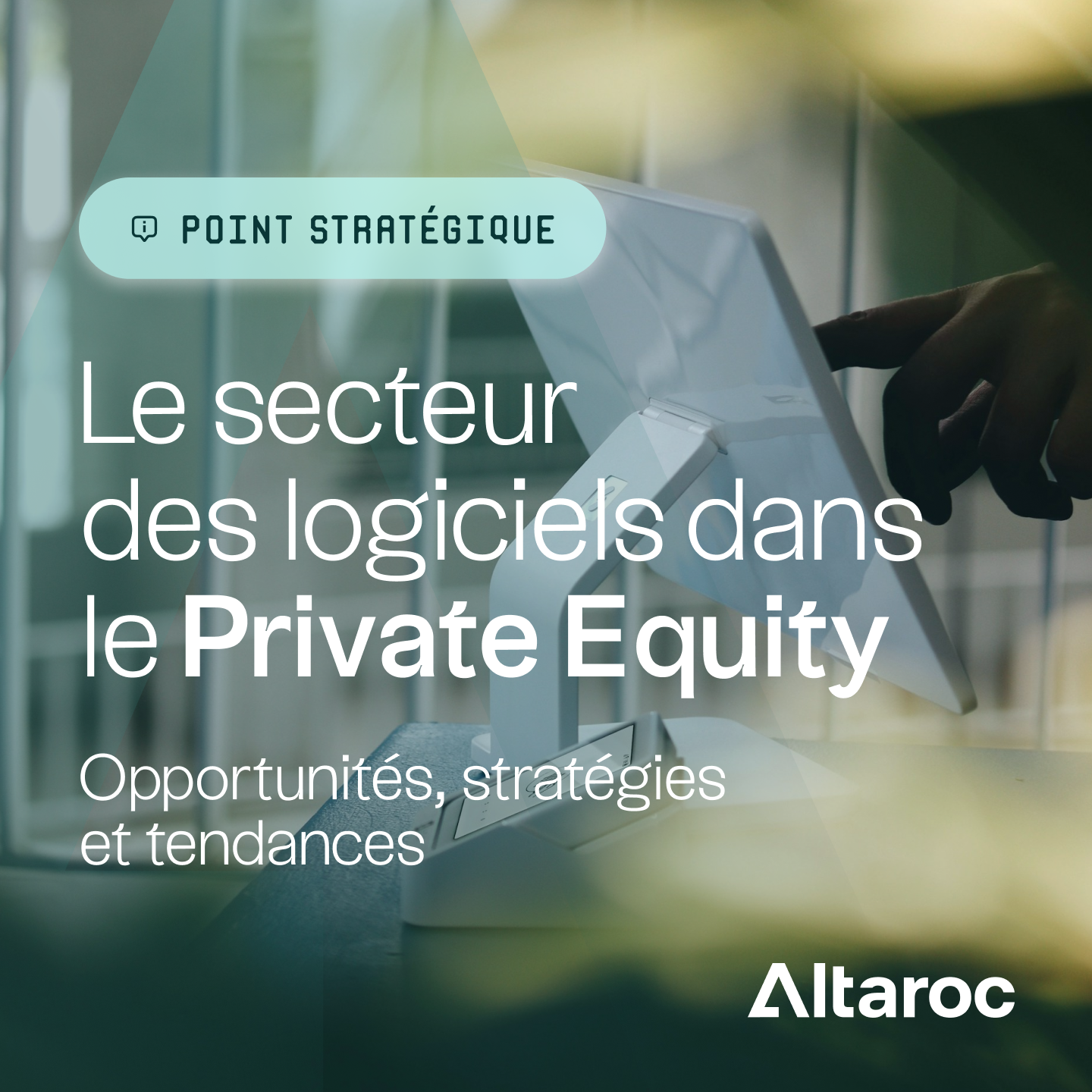
%2520(1).jpeg)

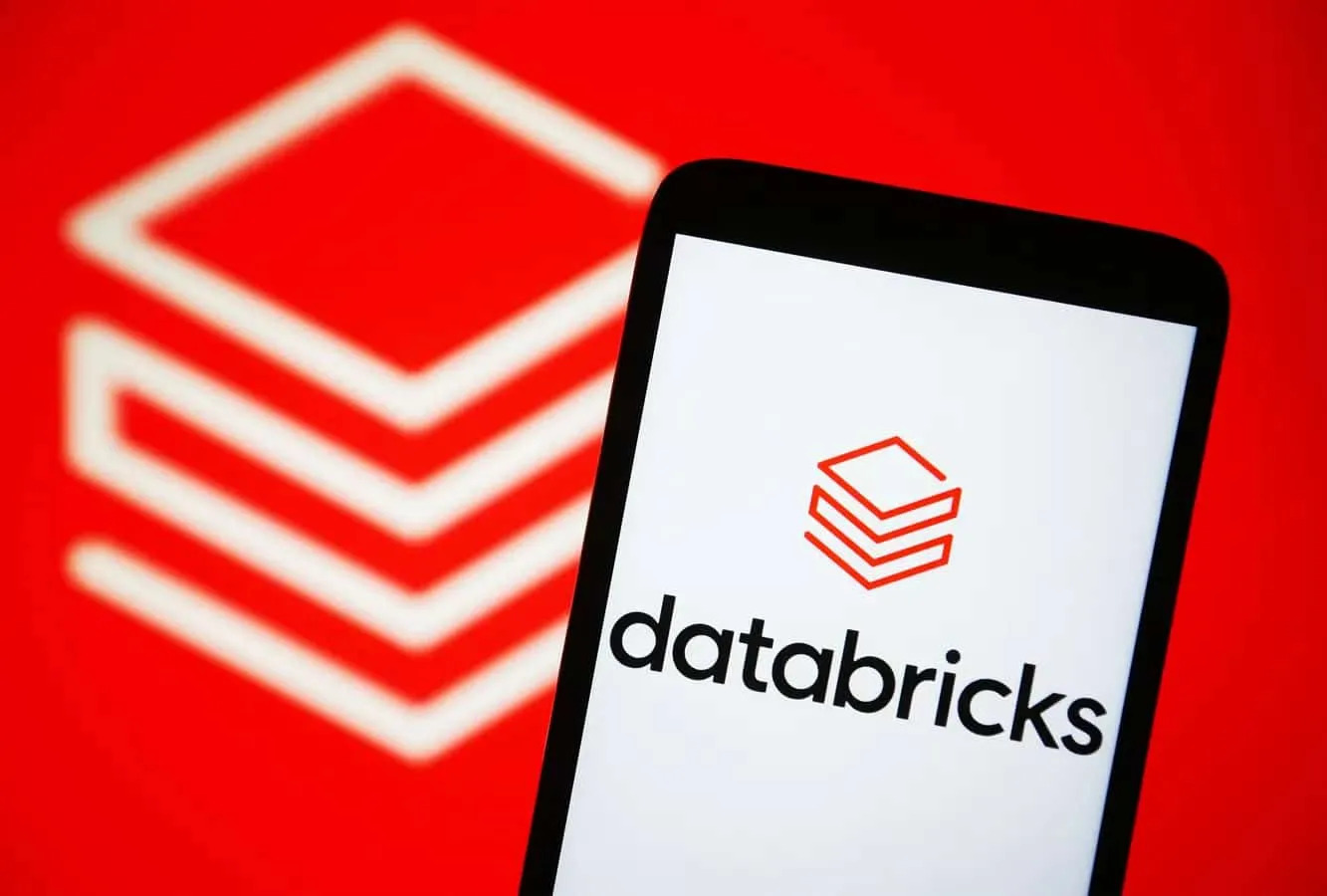

.jpeg)
.jpeg)

.webp)
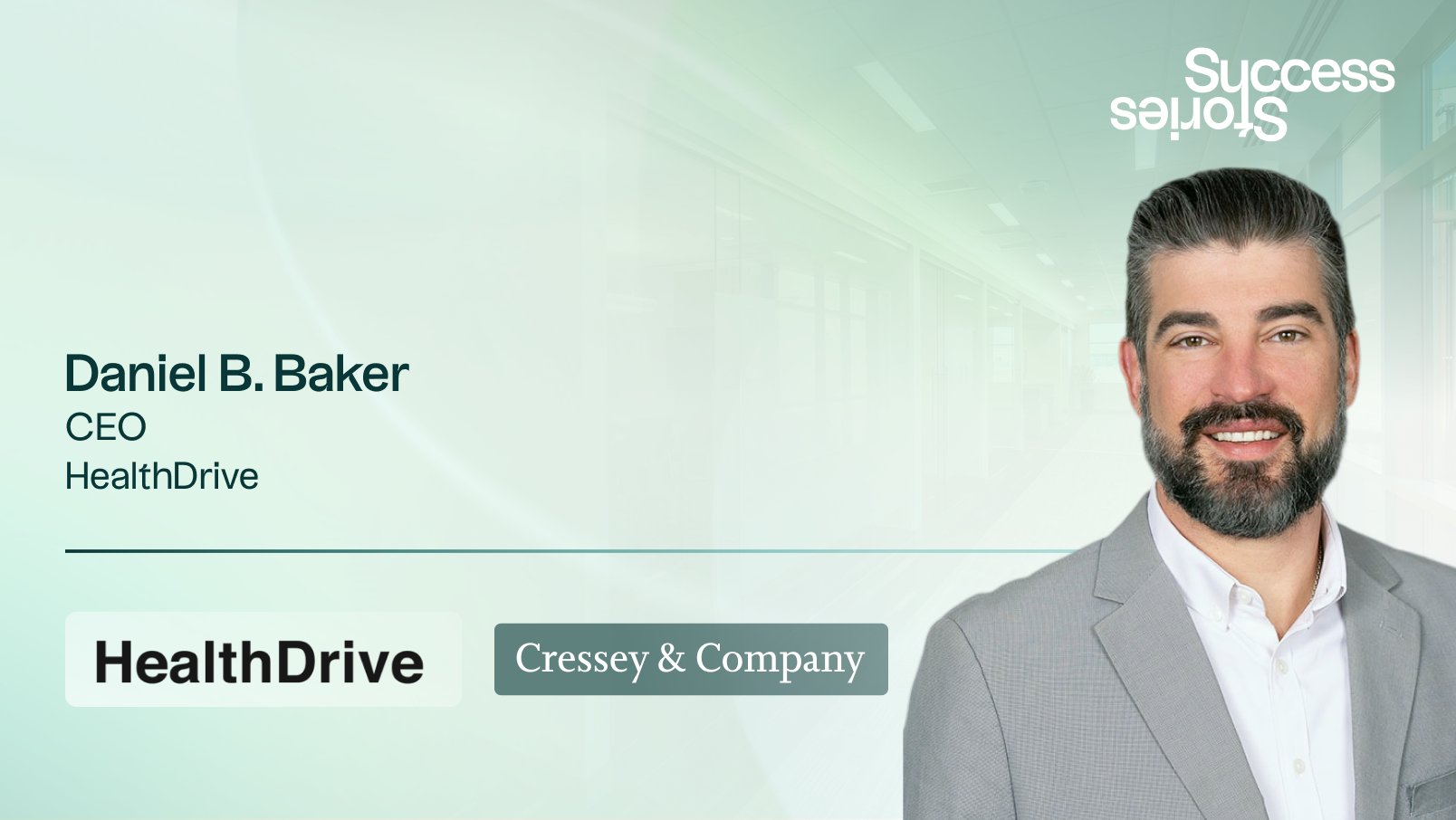
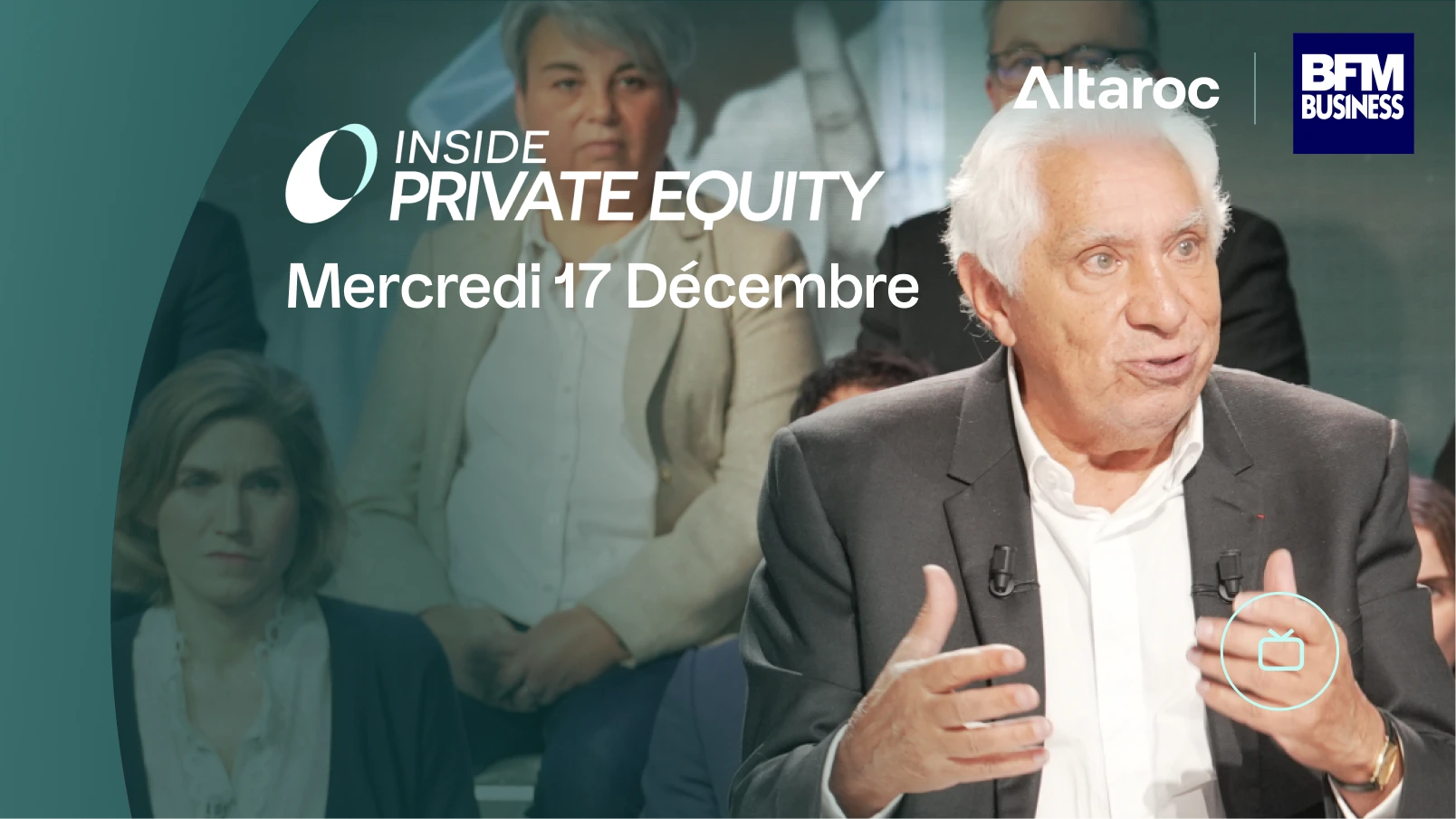
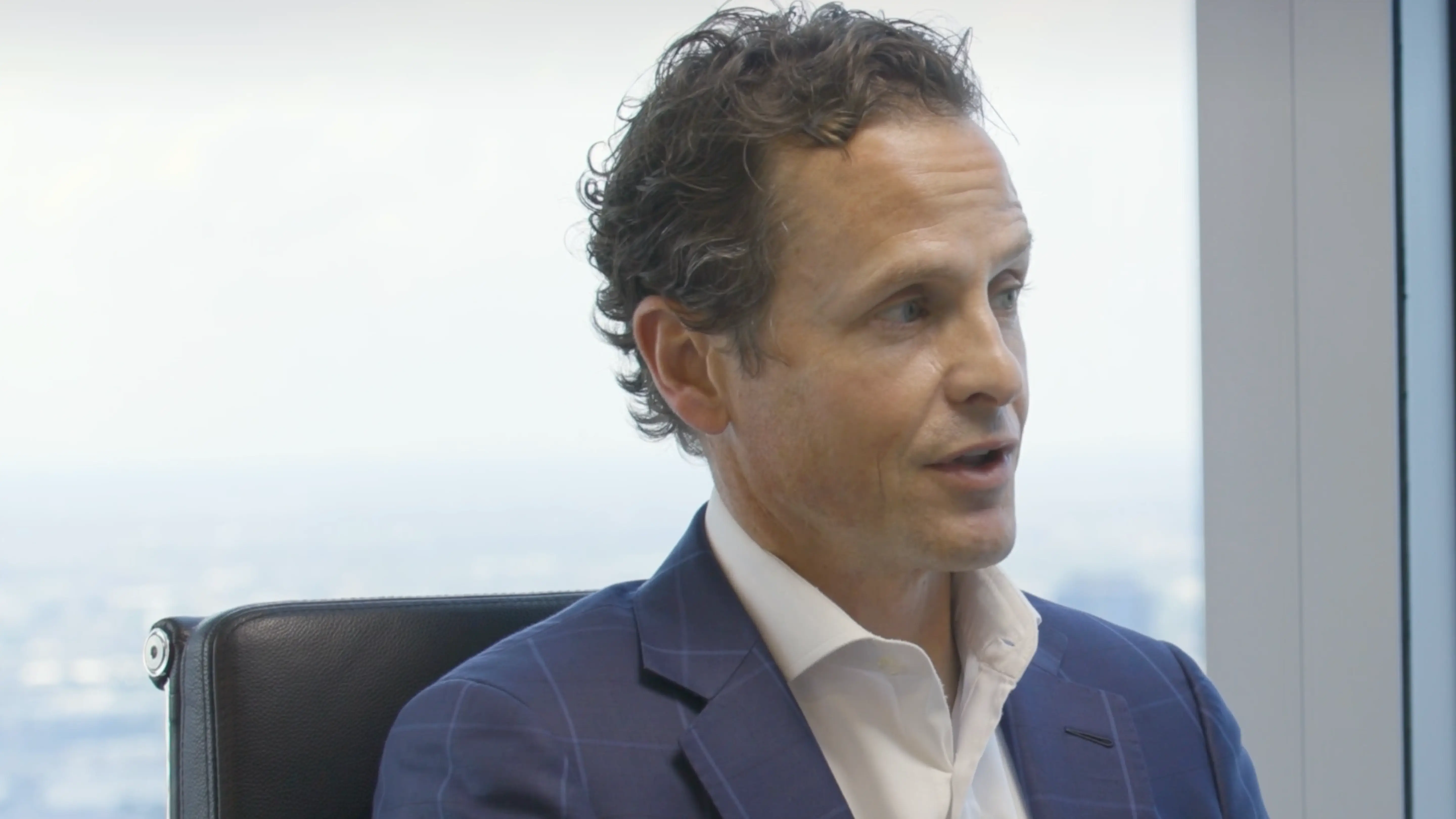
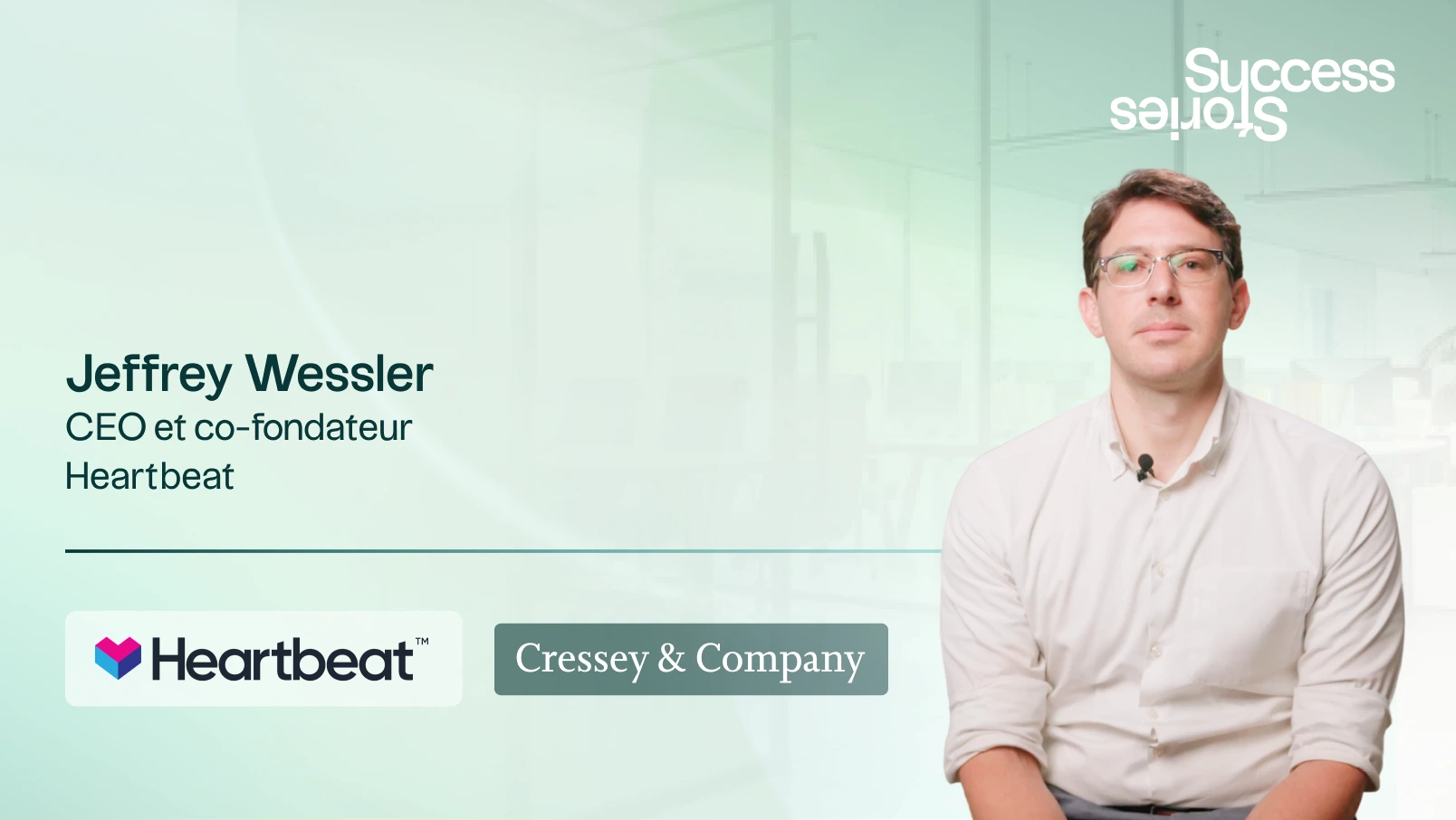
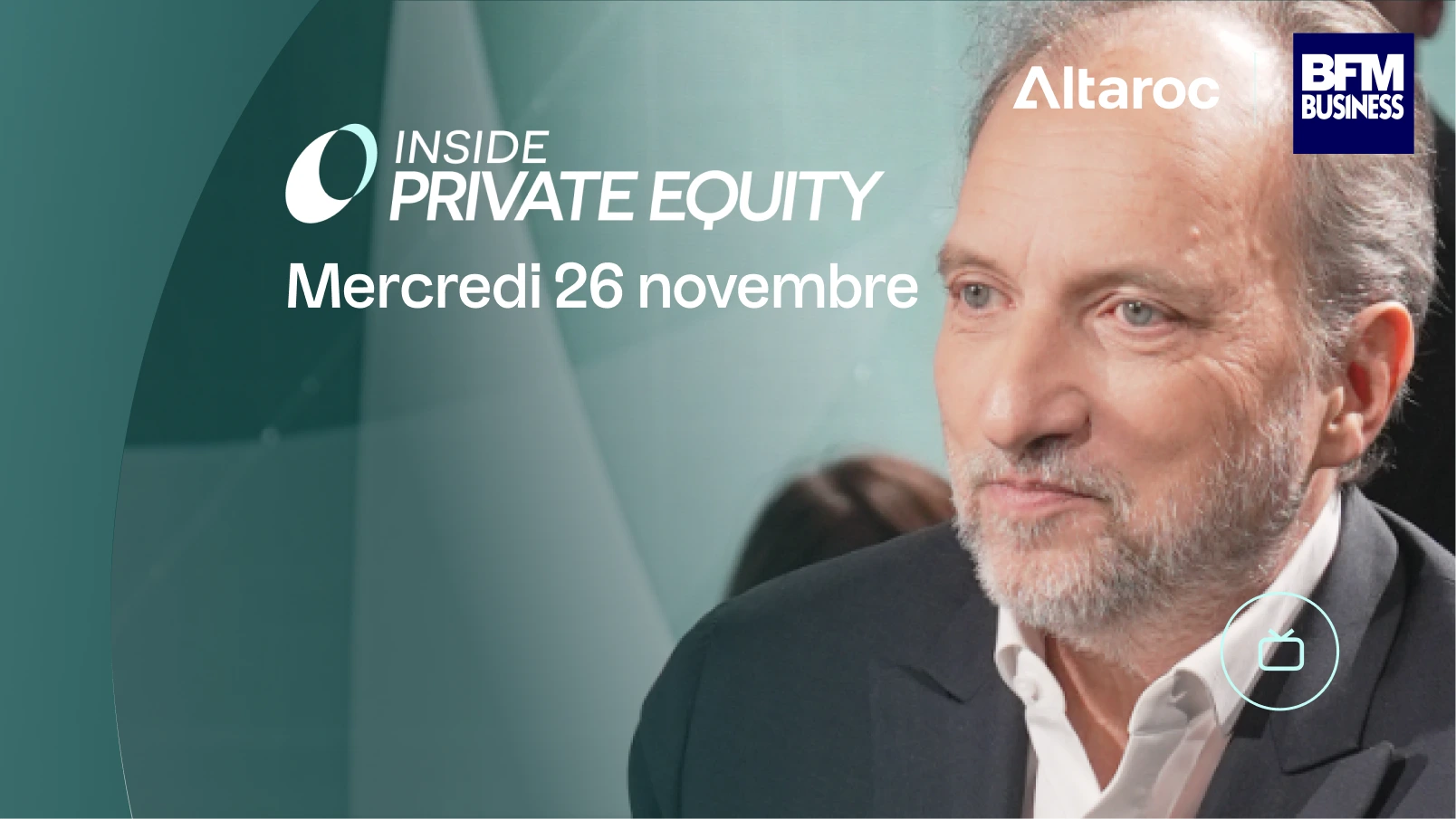
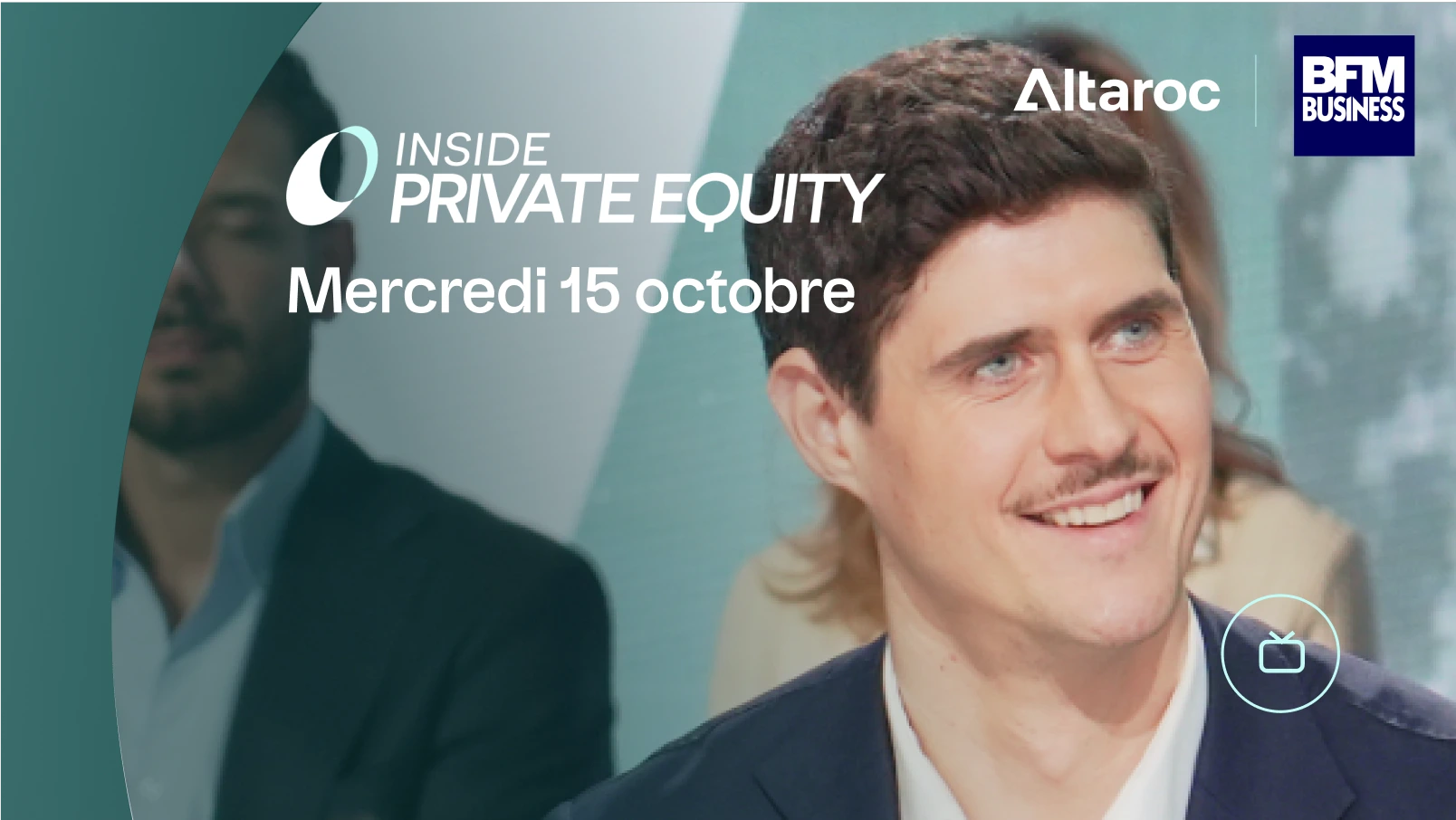
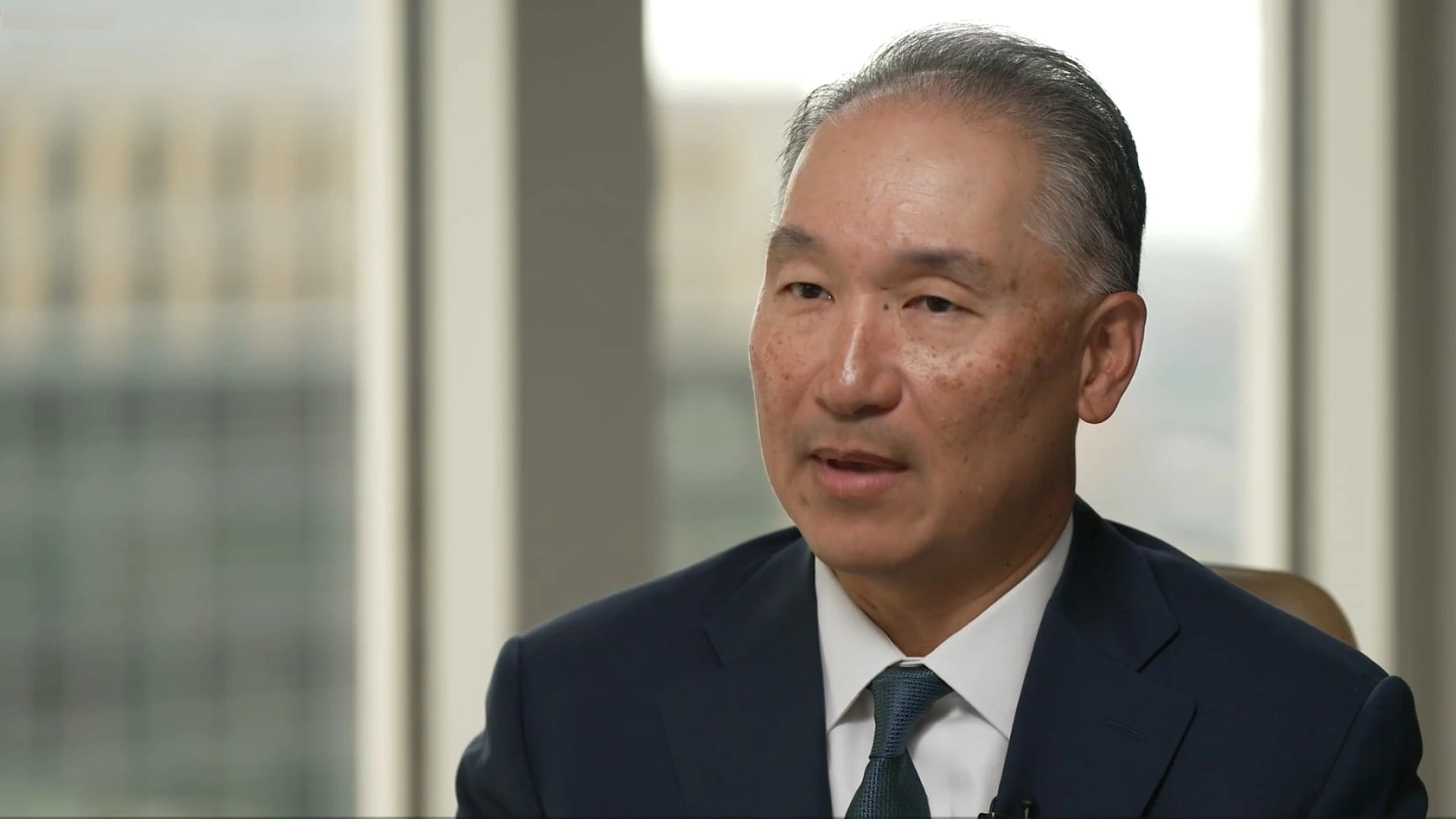
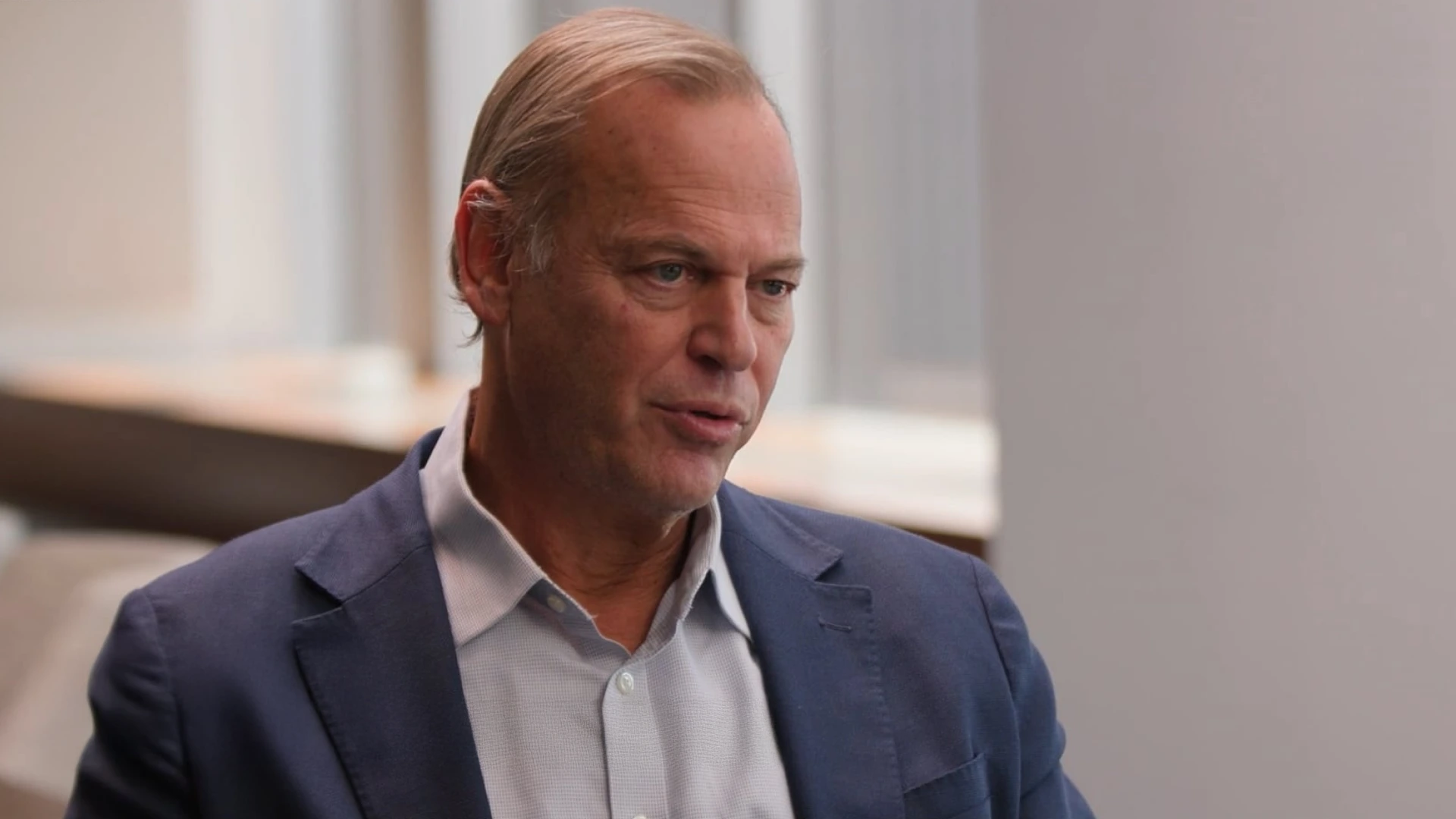
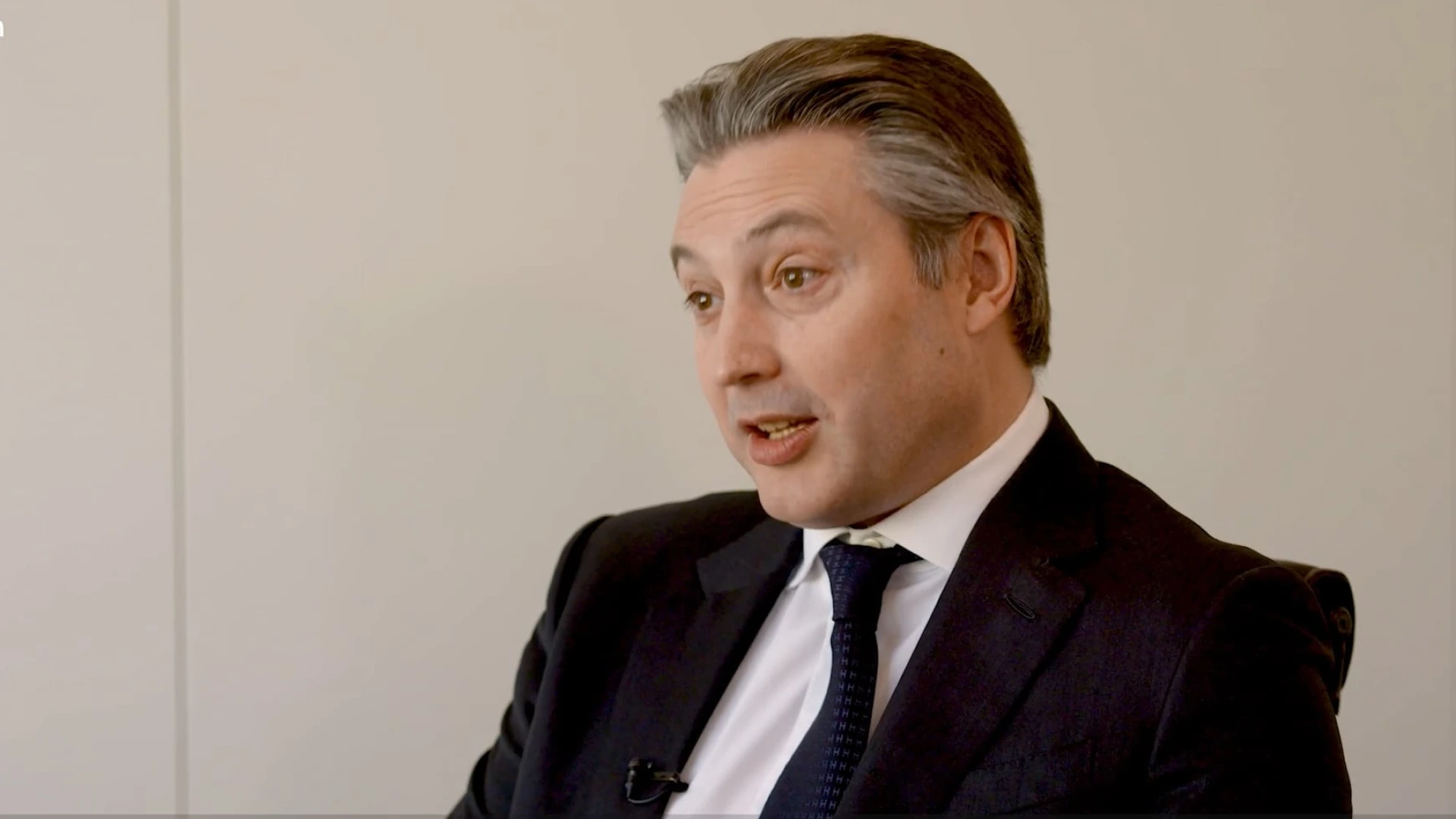
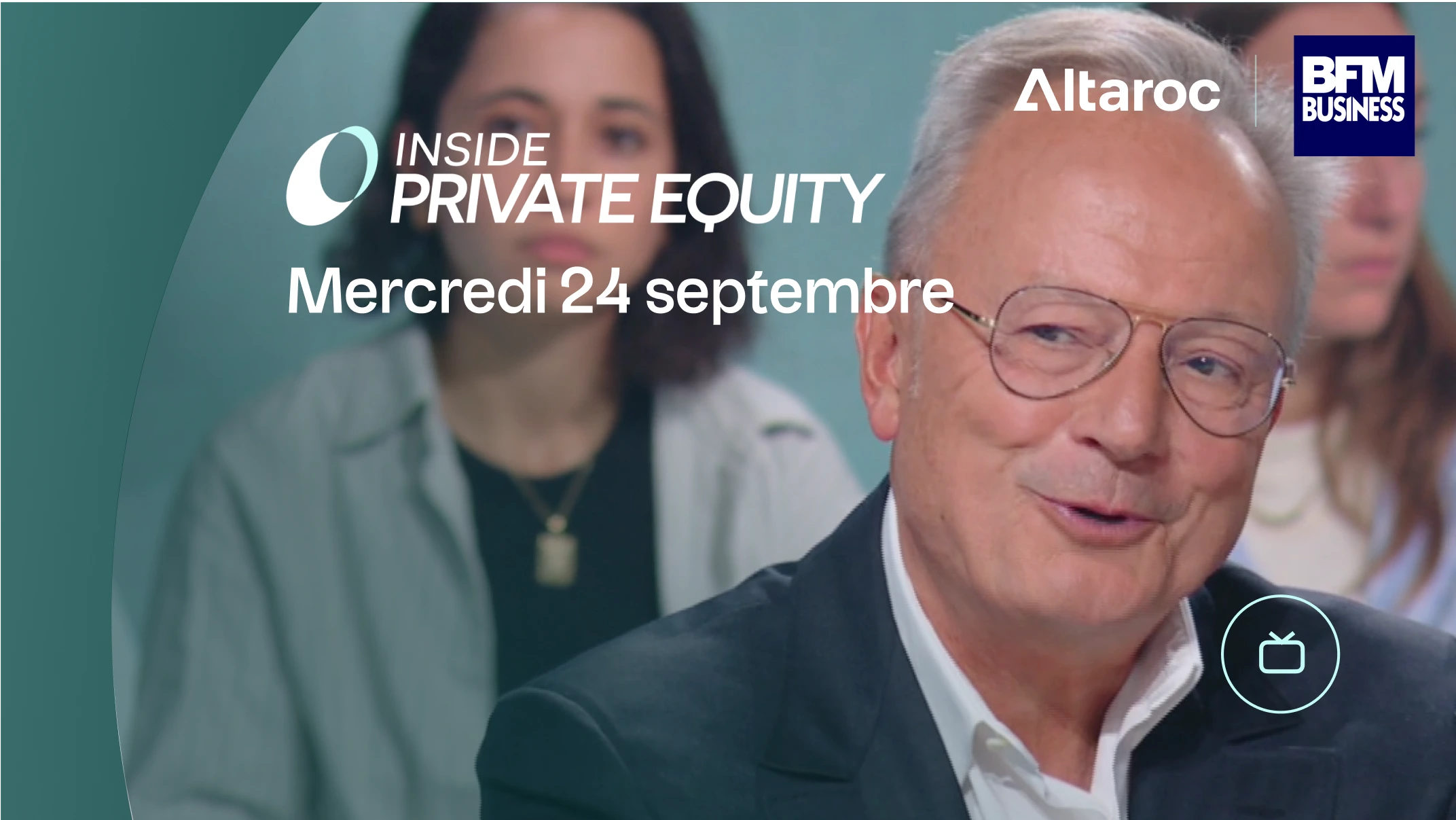
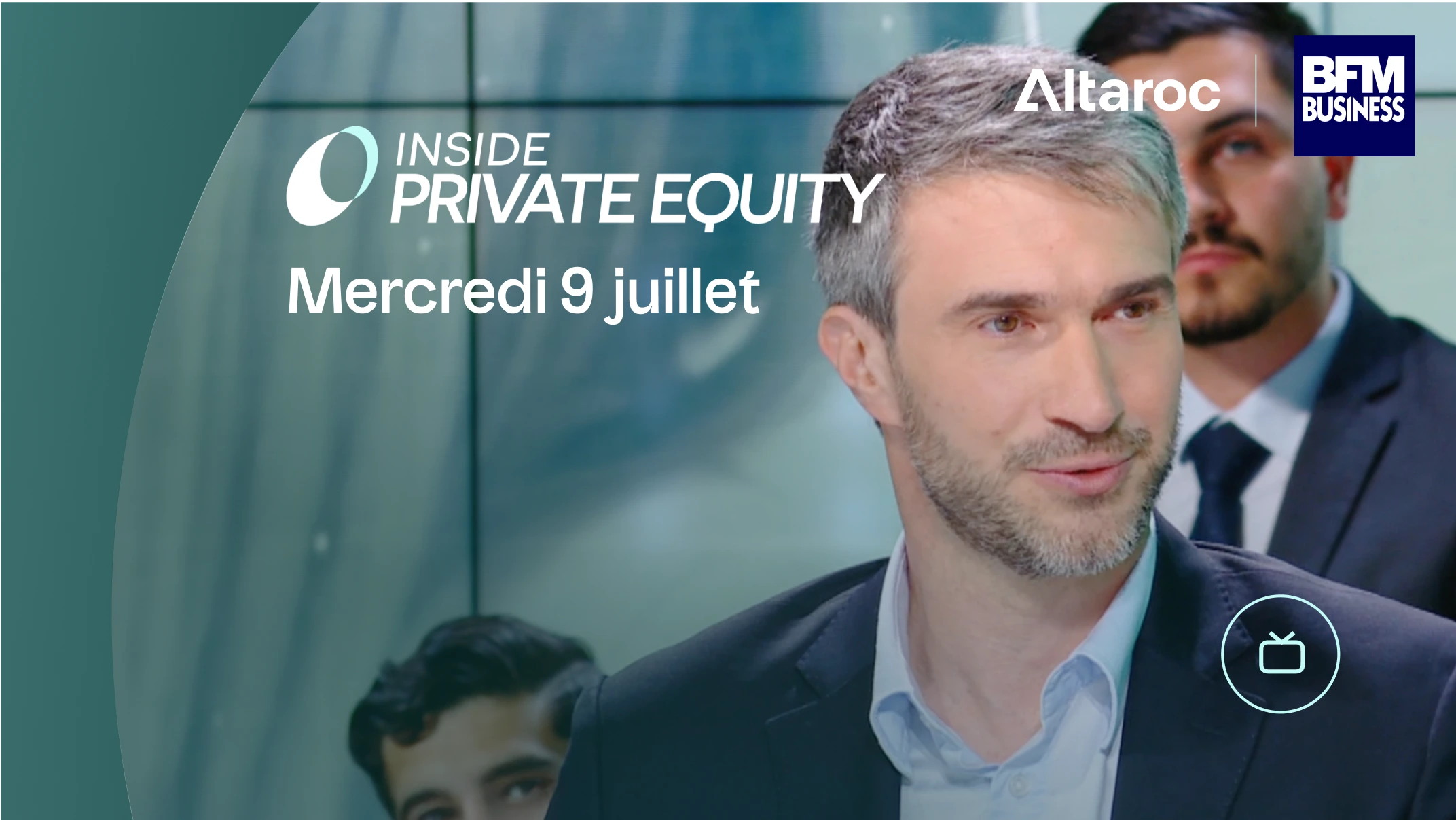
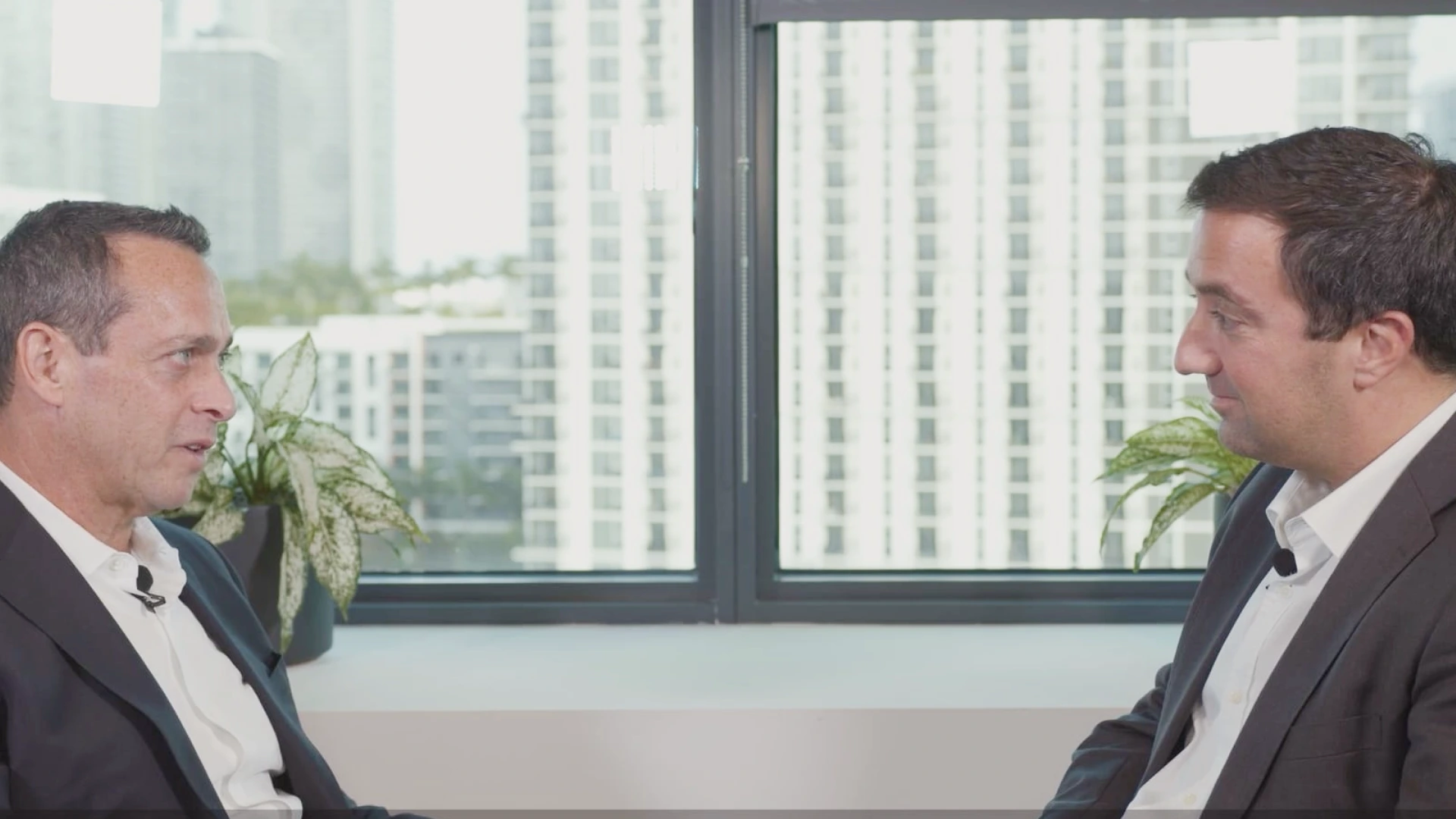
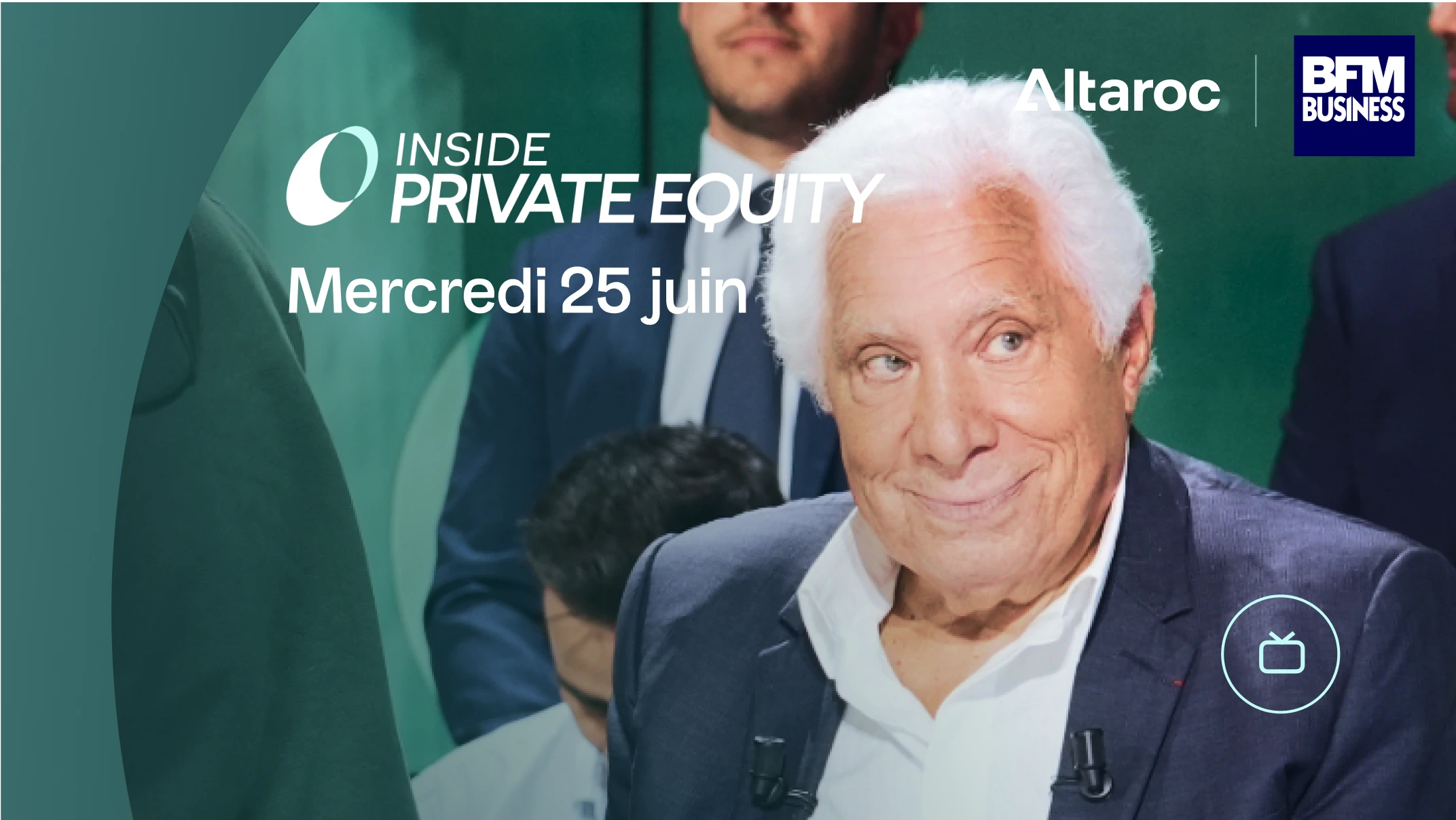
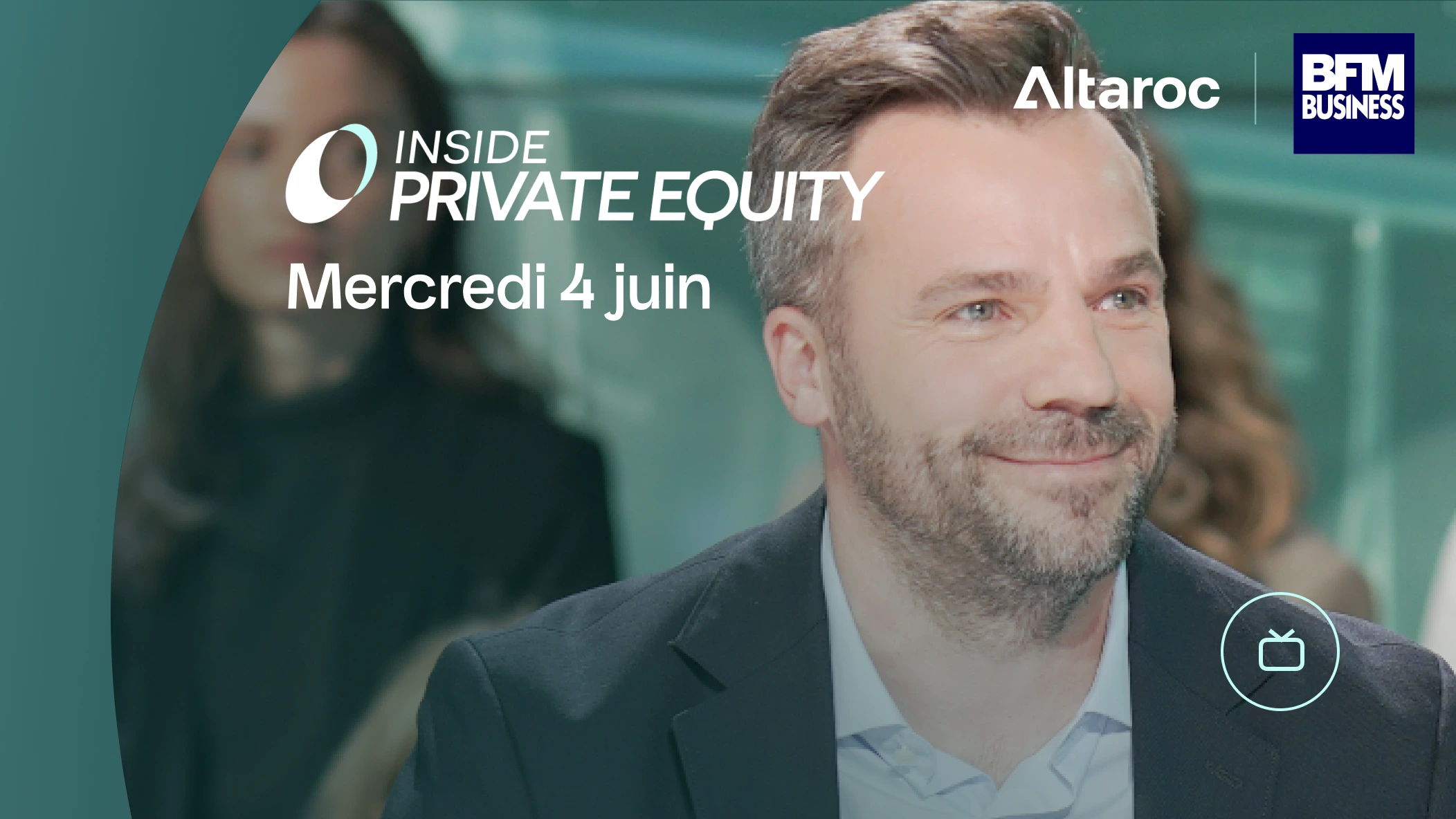
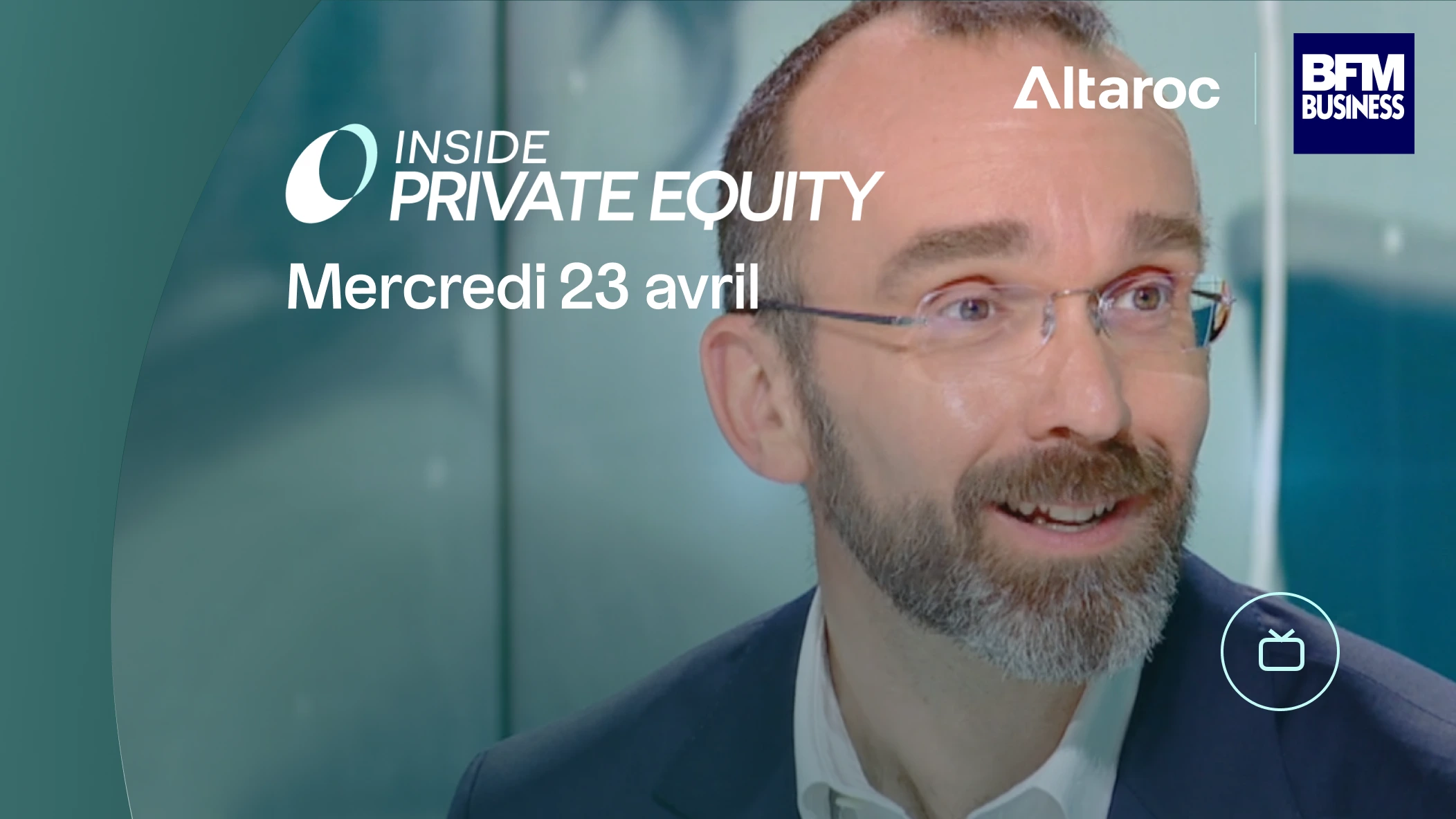
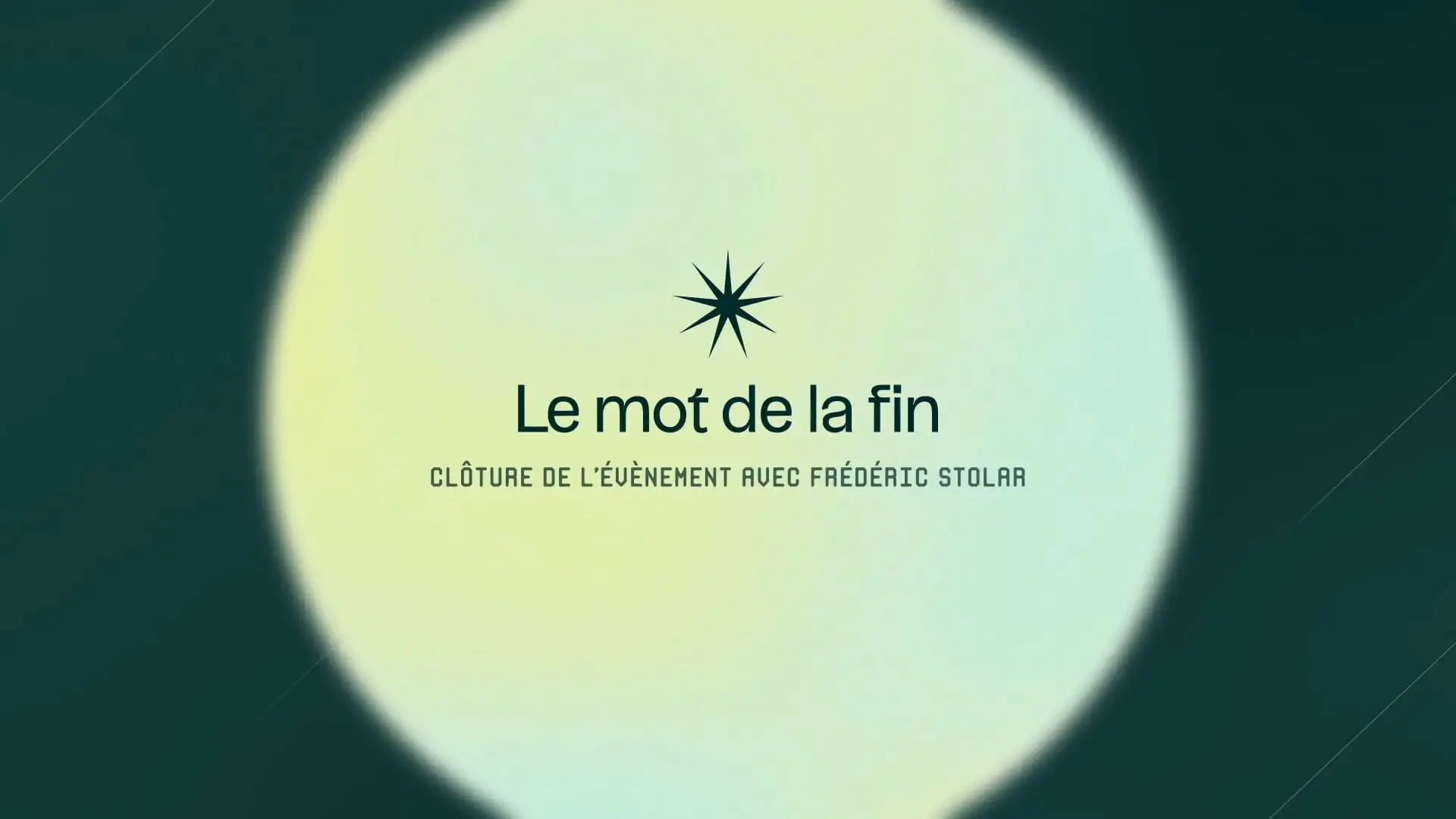
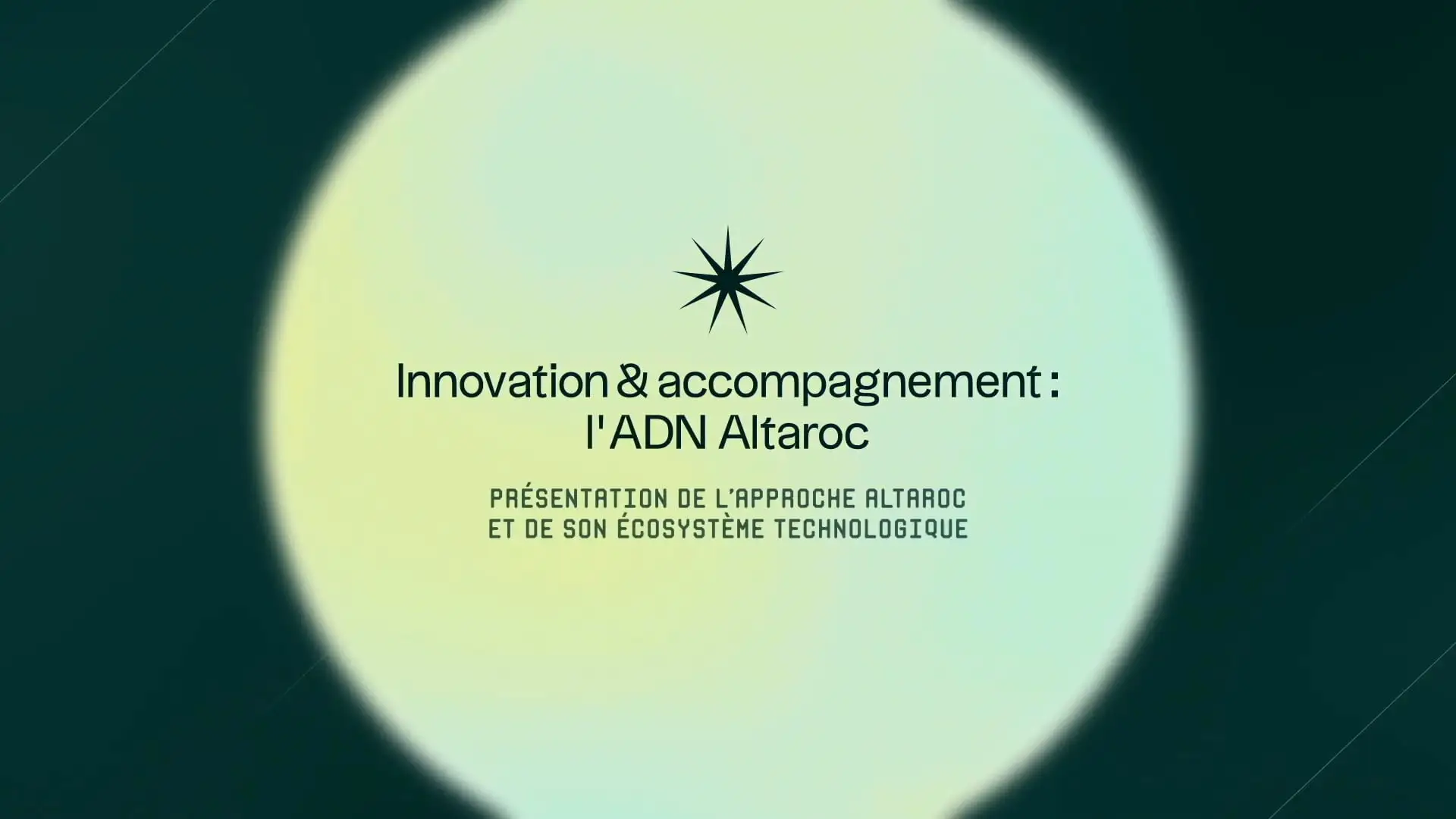
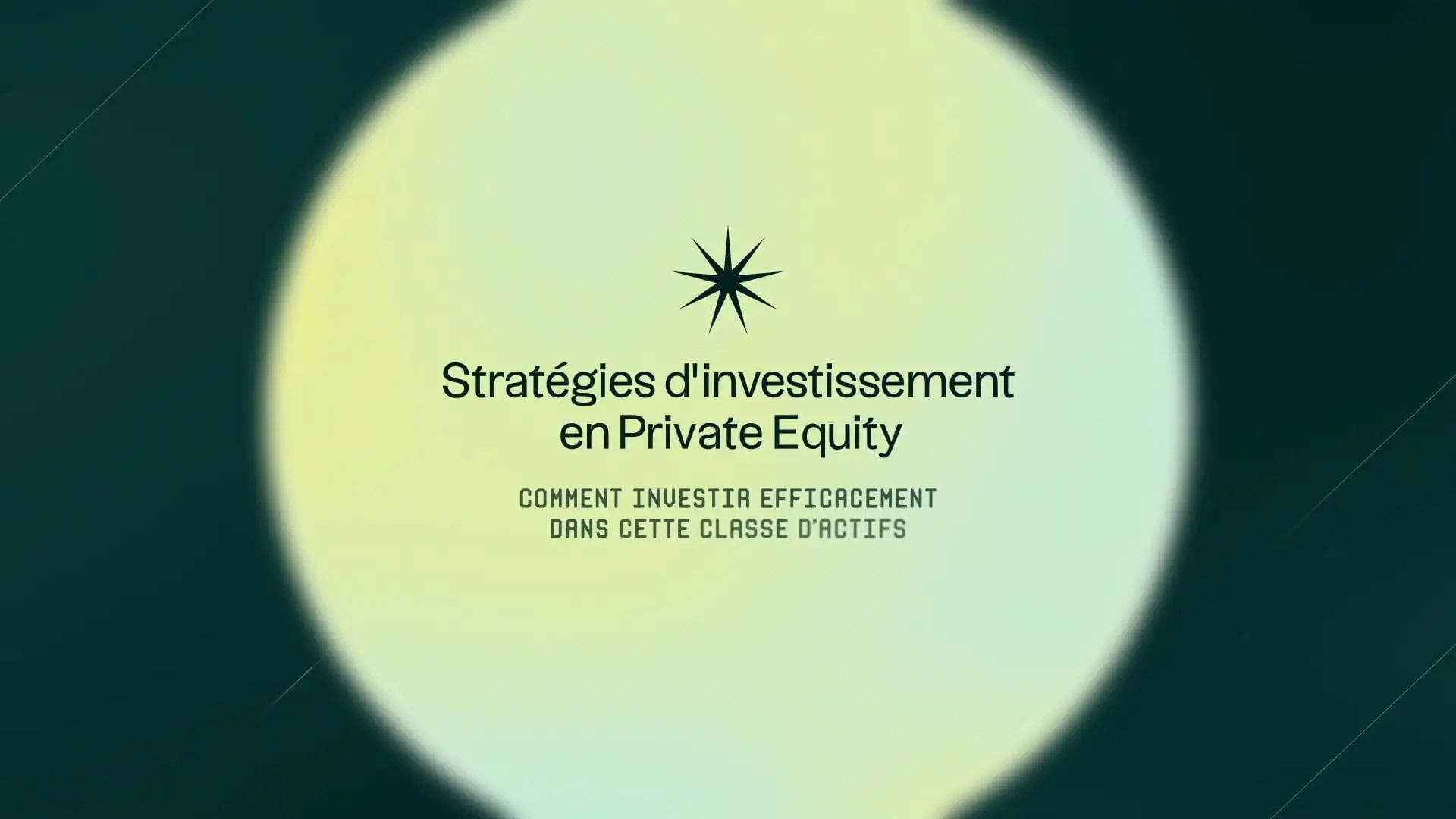
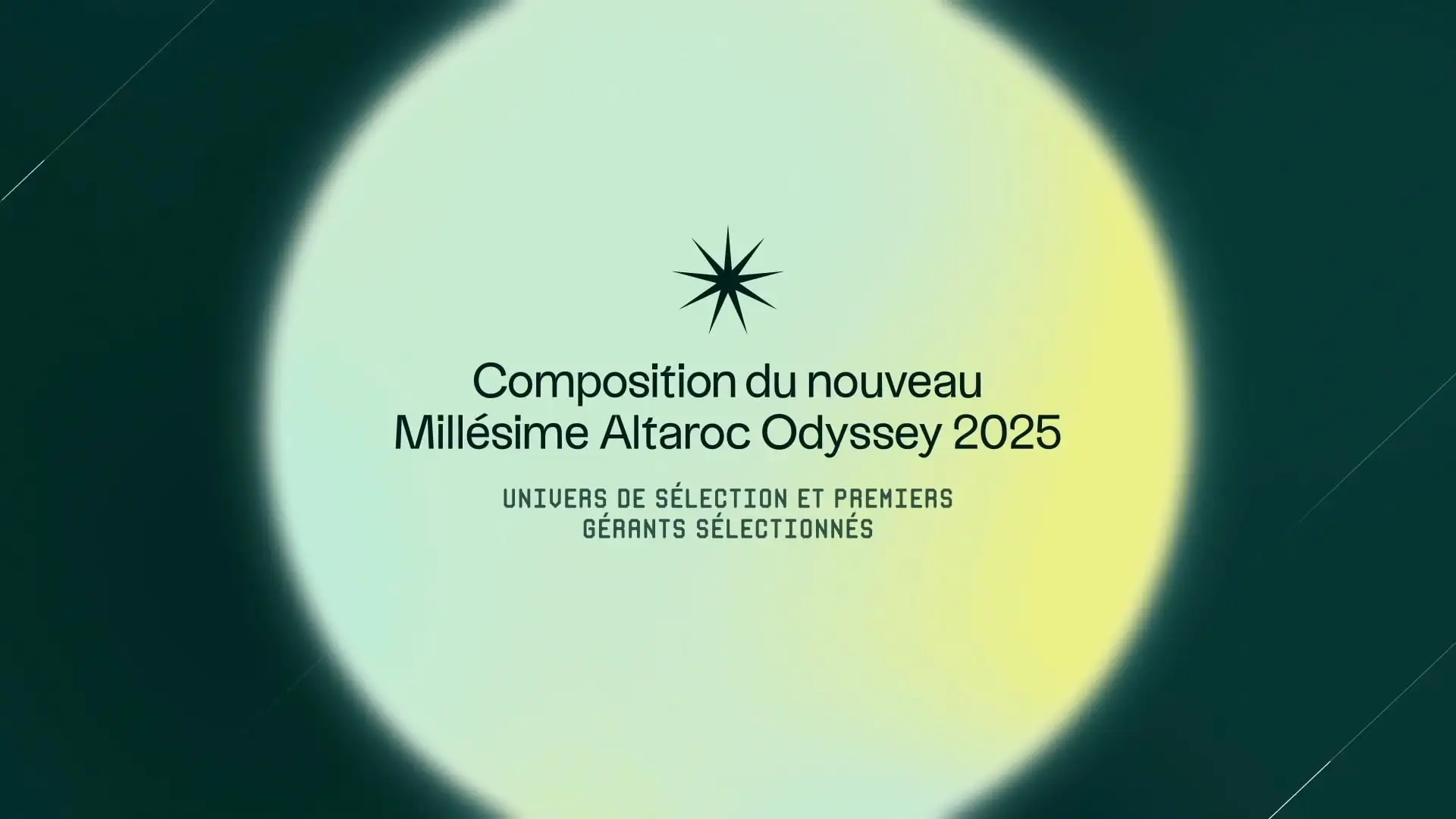

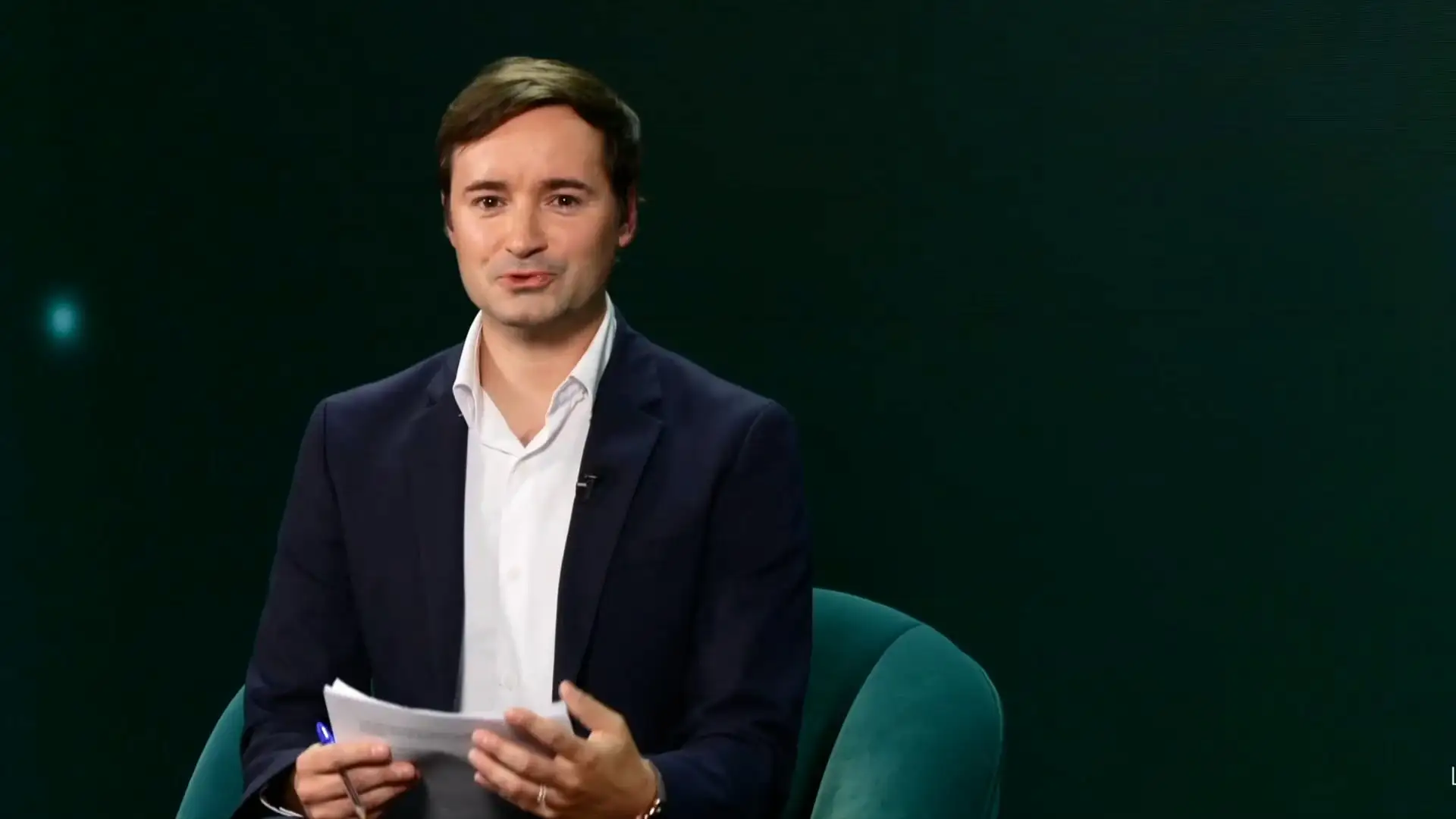

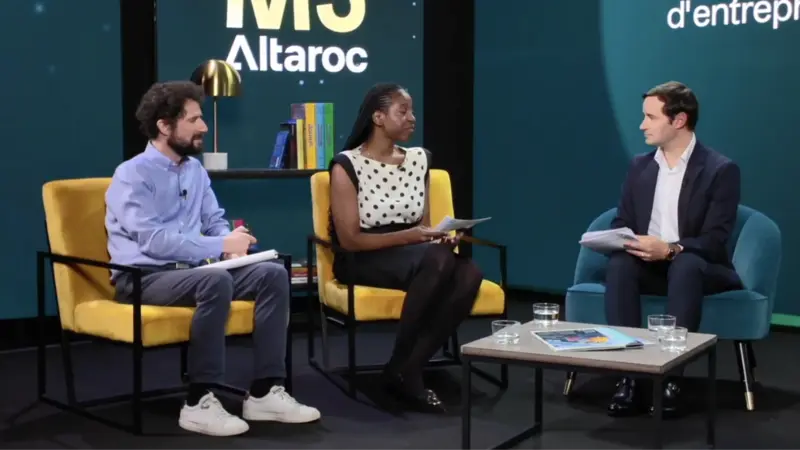
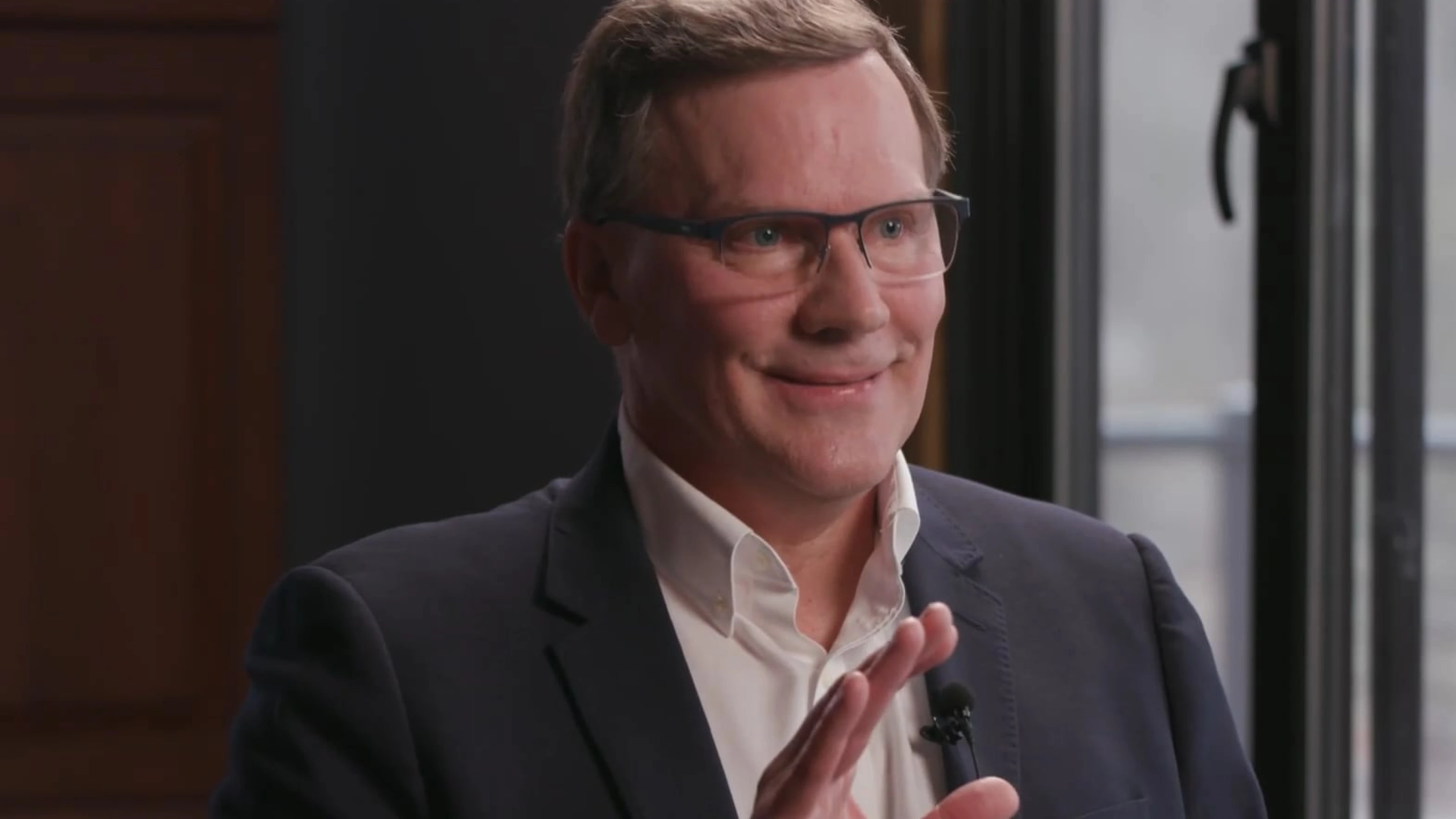
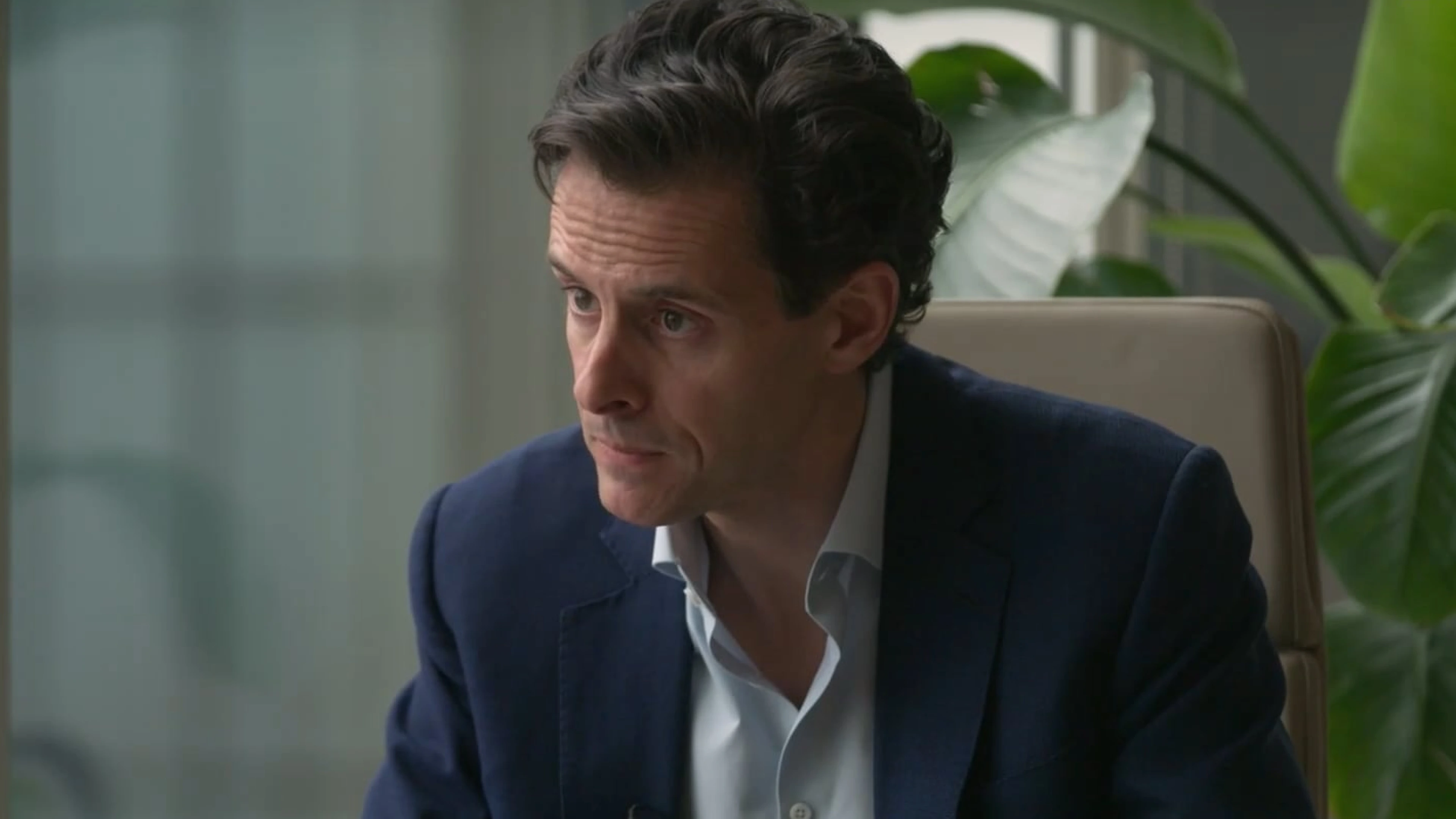
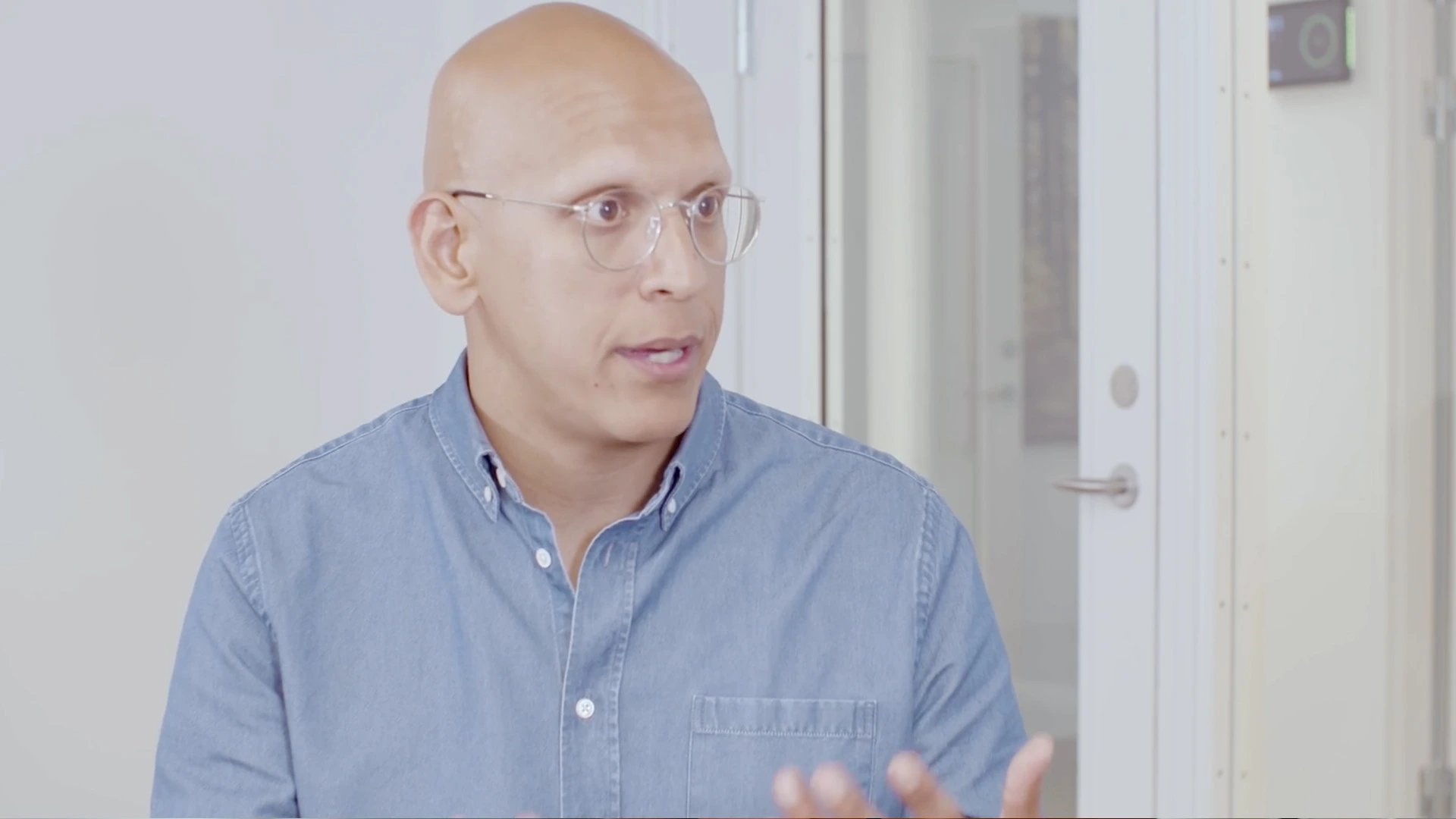
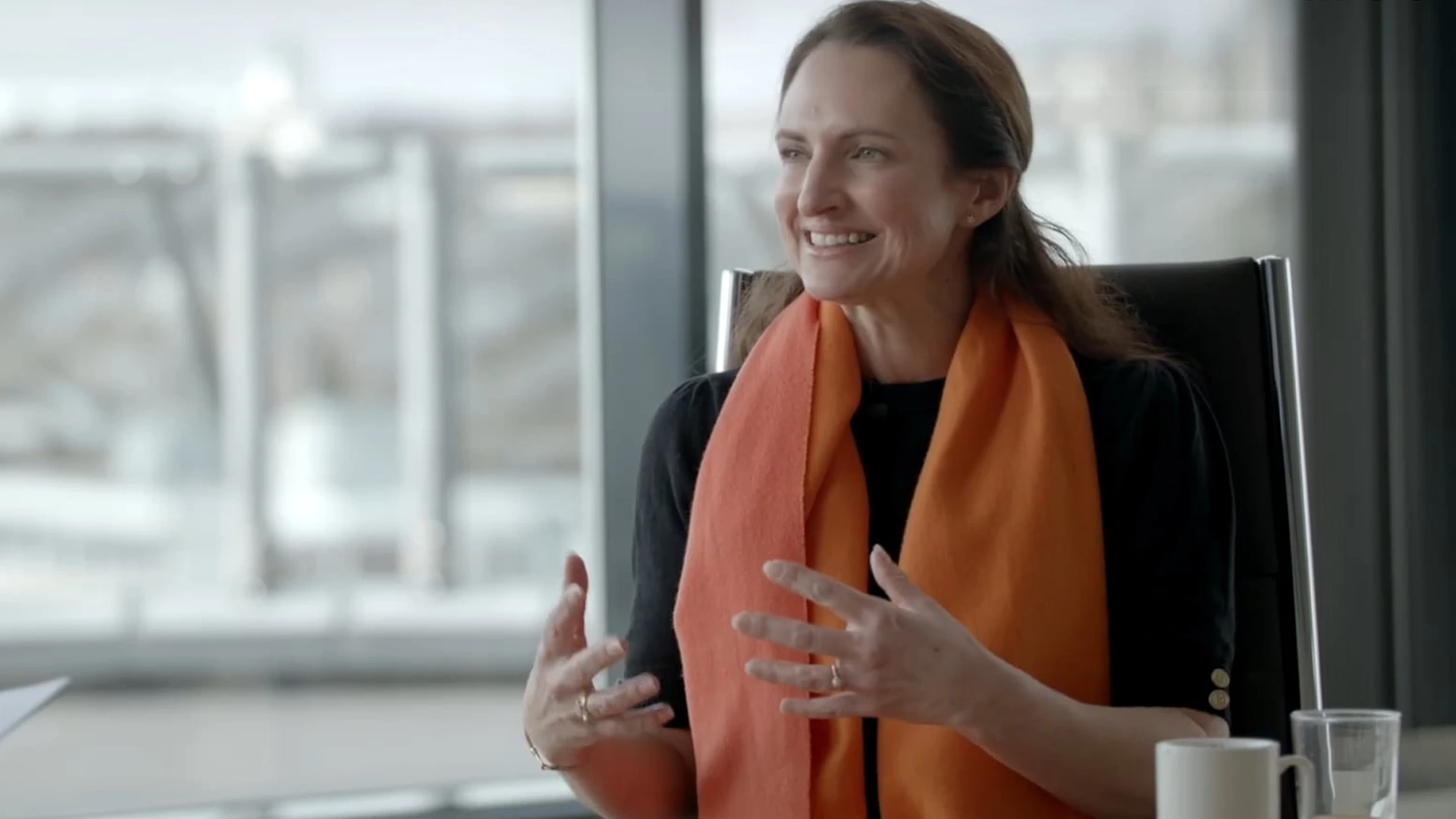
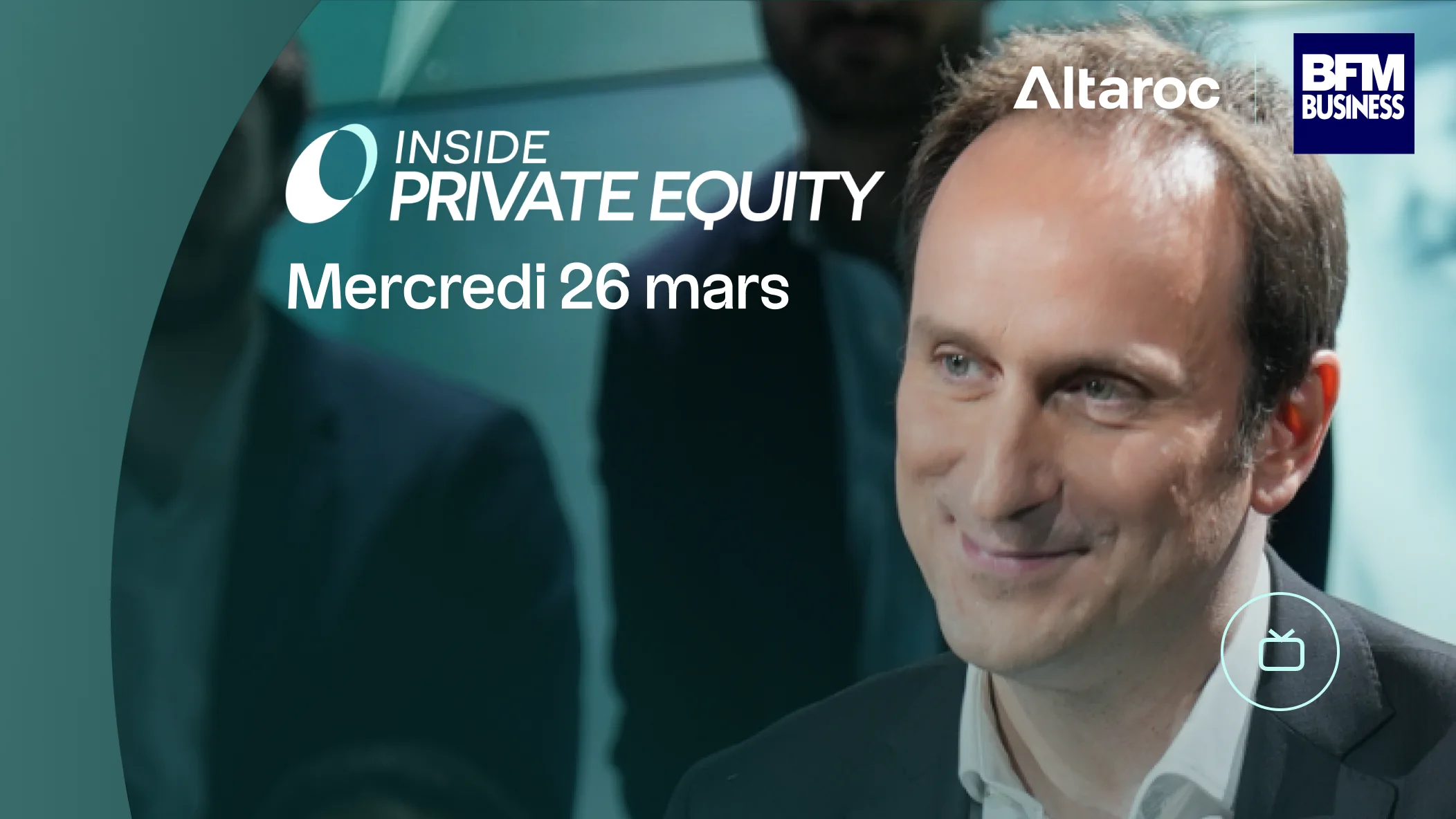
.jpeg)
.jpeg)
.jpeg)
.jpeg)
.jpeg)
.jpeg)
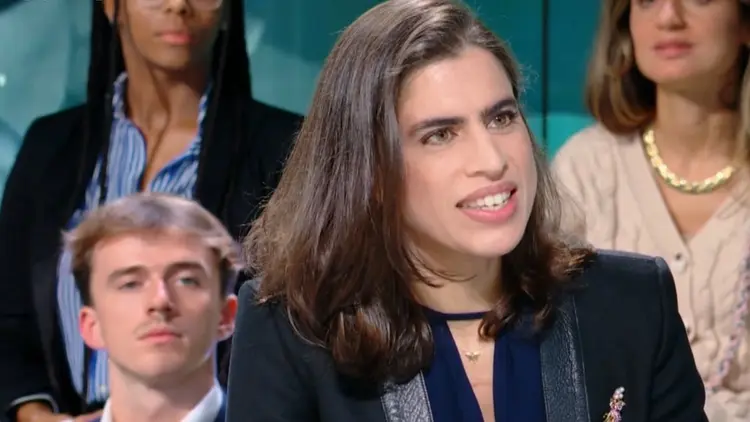
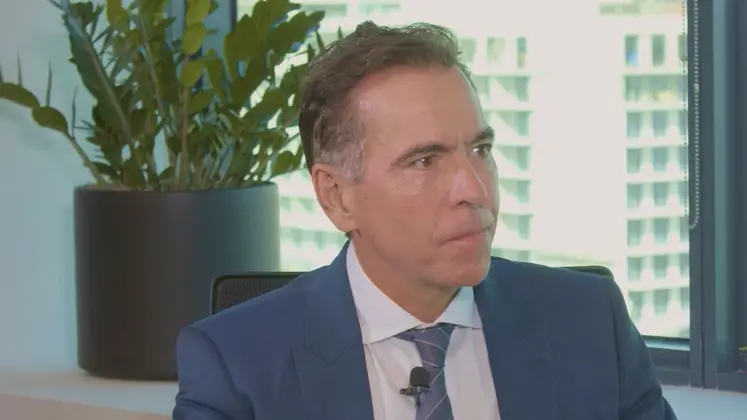
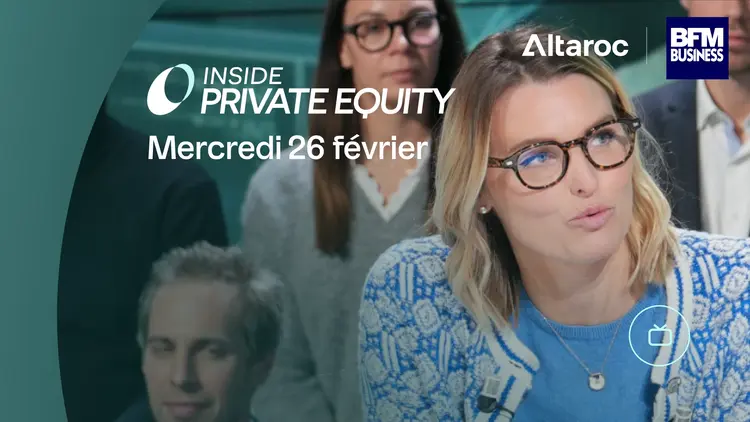
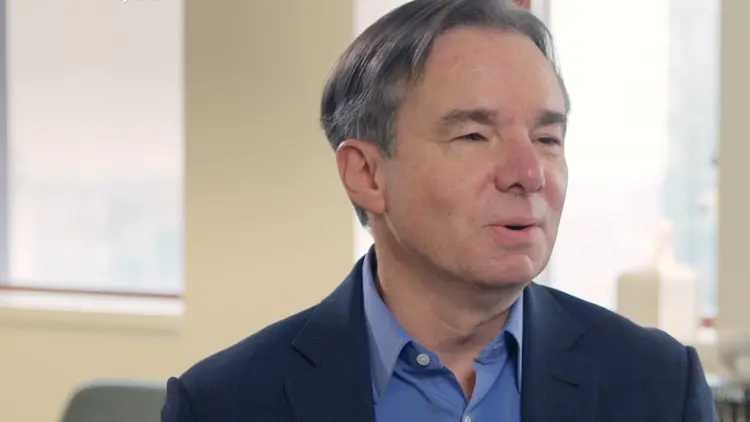
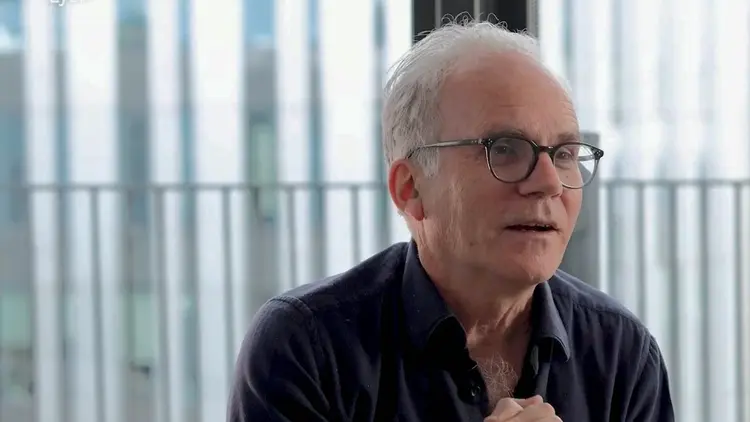
.webp)
.jpeg)
.jpeg)
.jpeg)
.jpeg)
.jpeg)
.jpeg)
.jpeg)
.jpeg)
.jpeg)
.jpeg)
.jpeg)
.jpeg)
.jpeg)
.jpeg)
.jpeg)
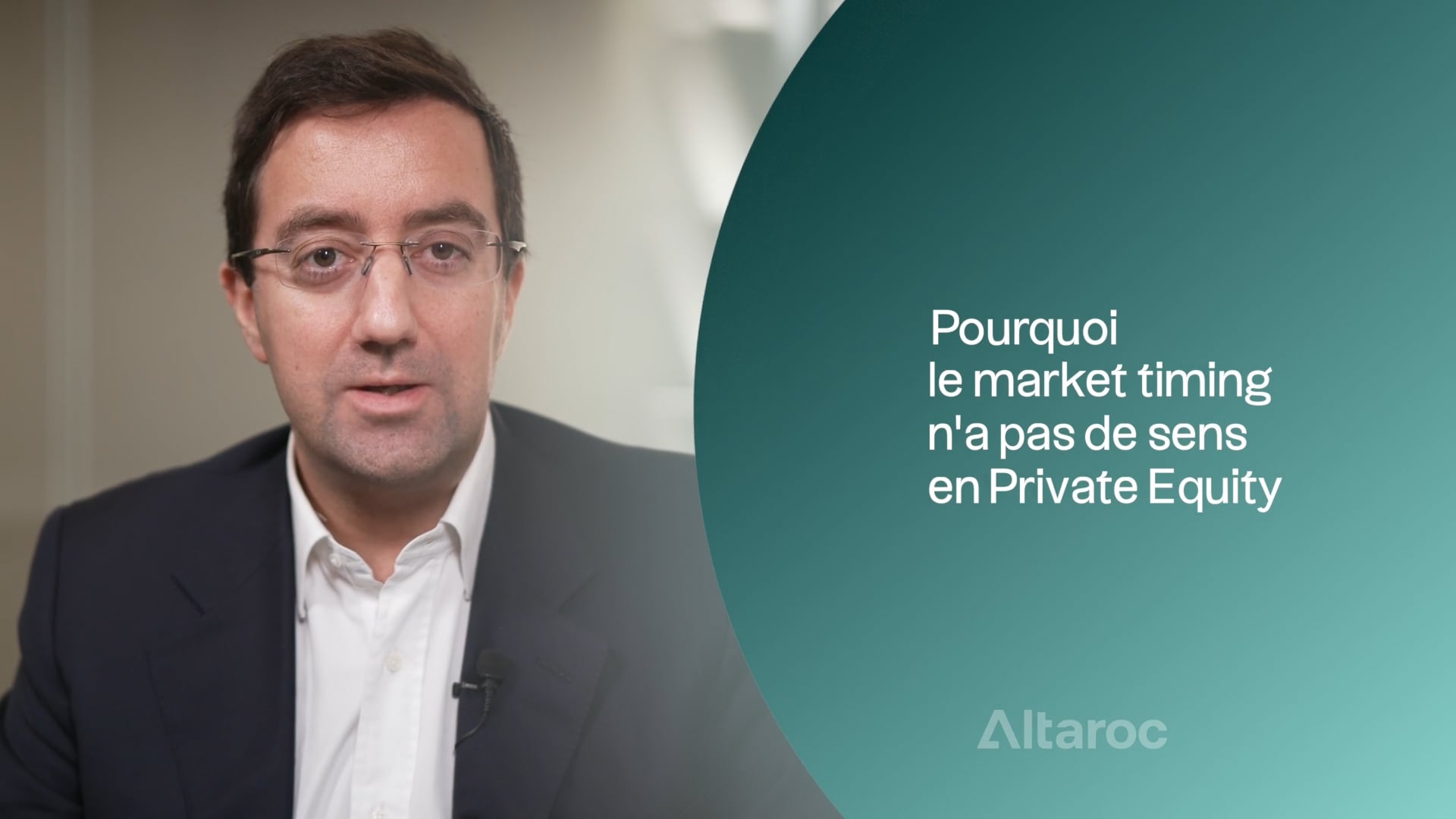
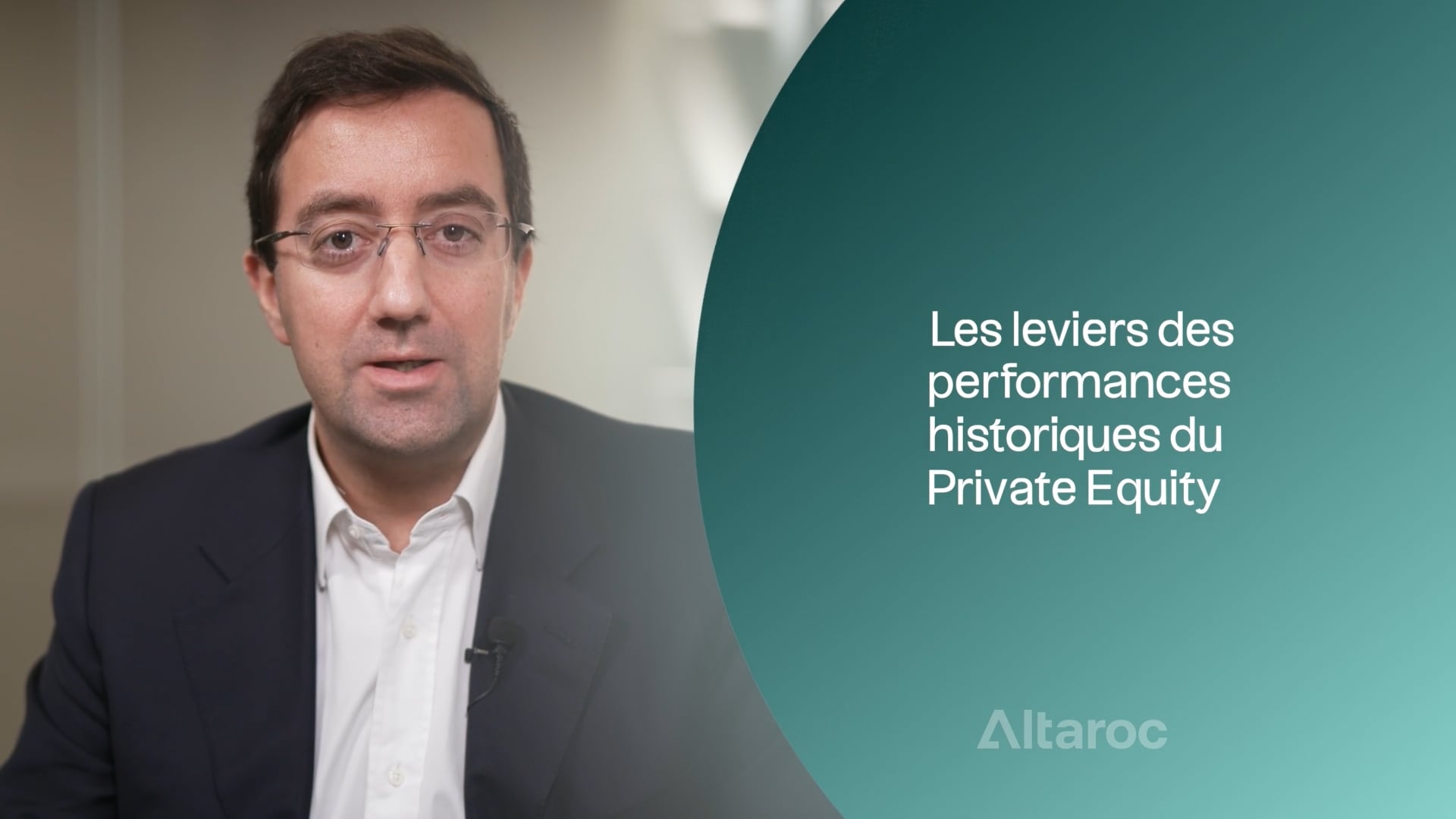
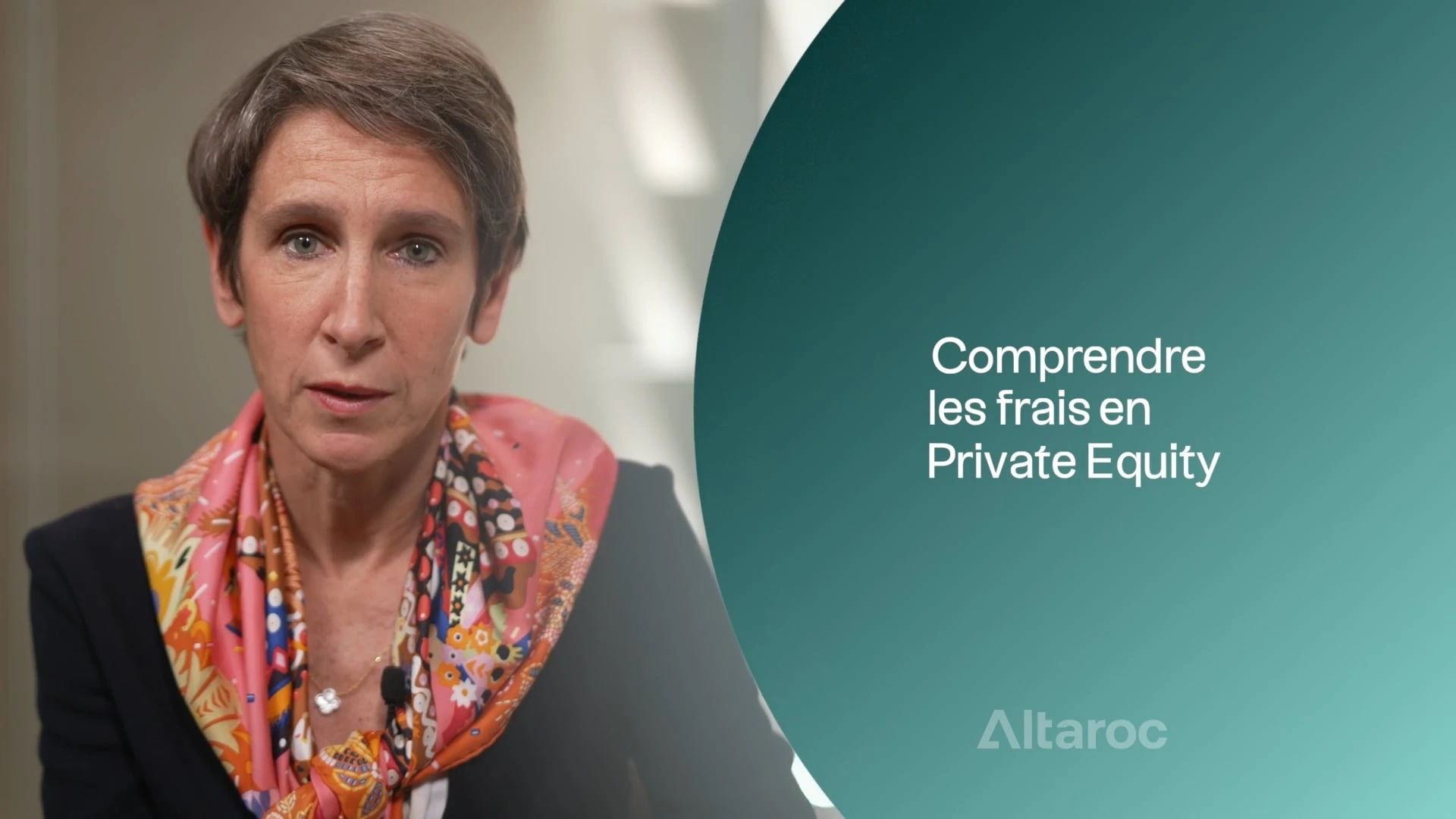
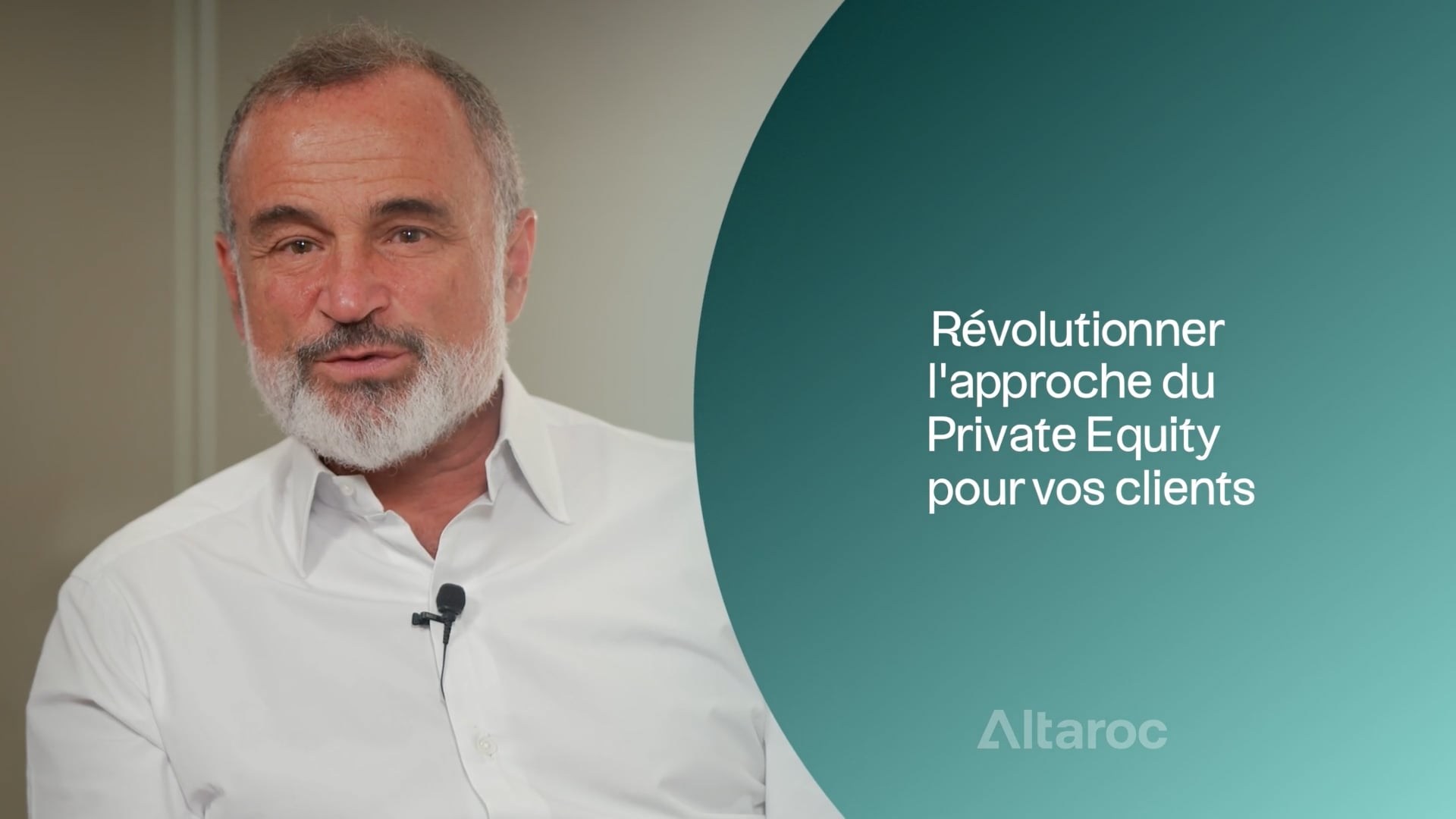
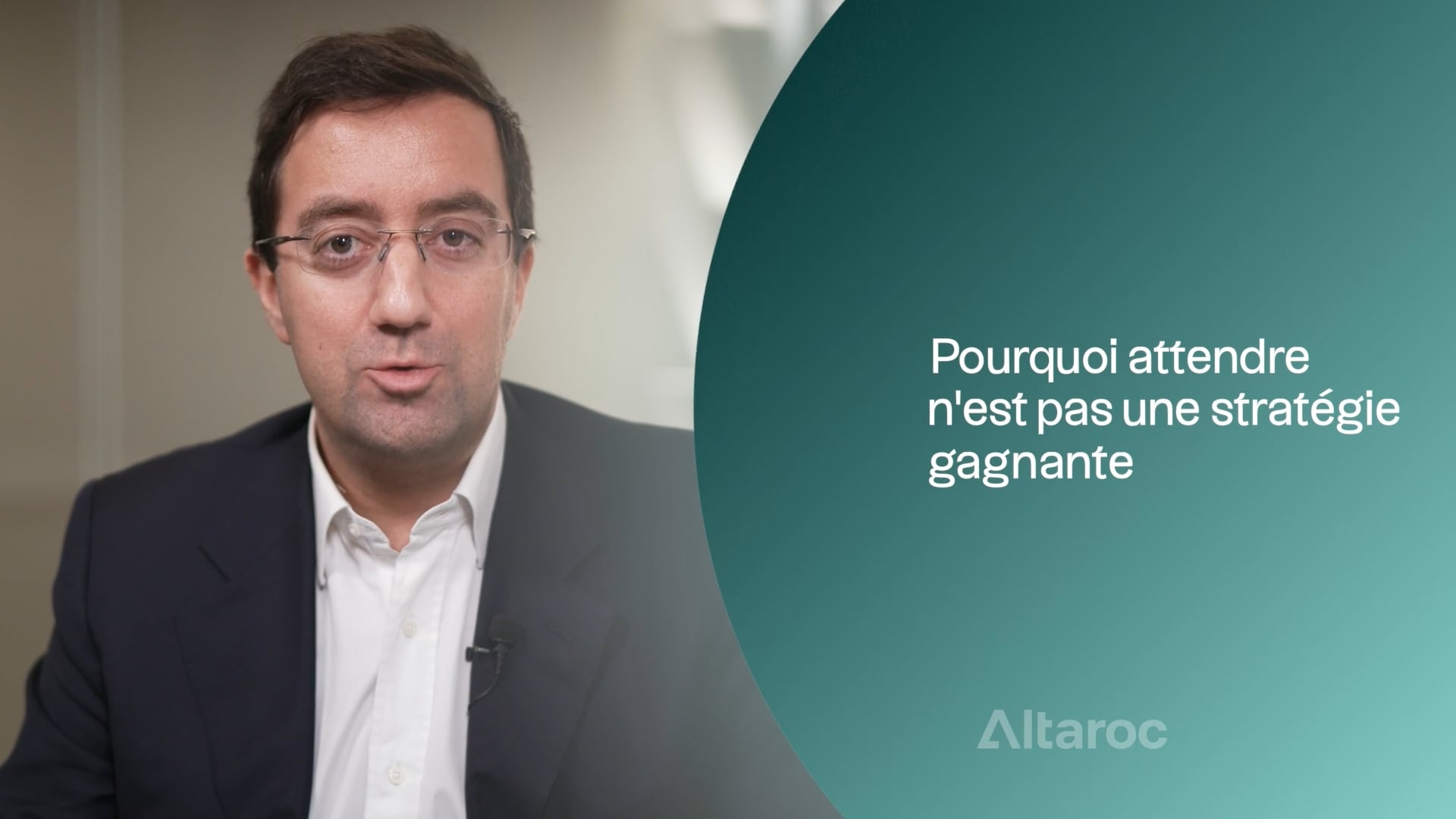
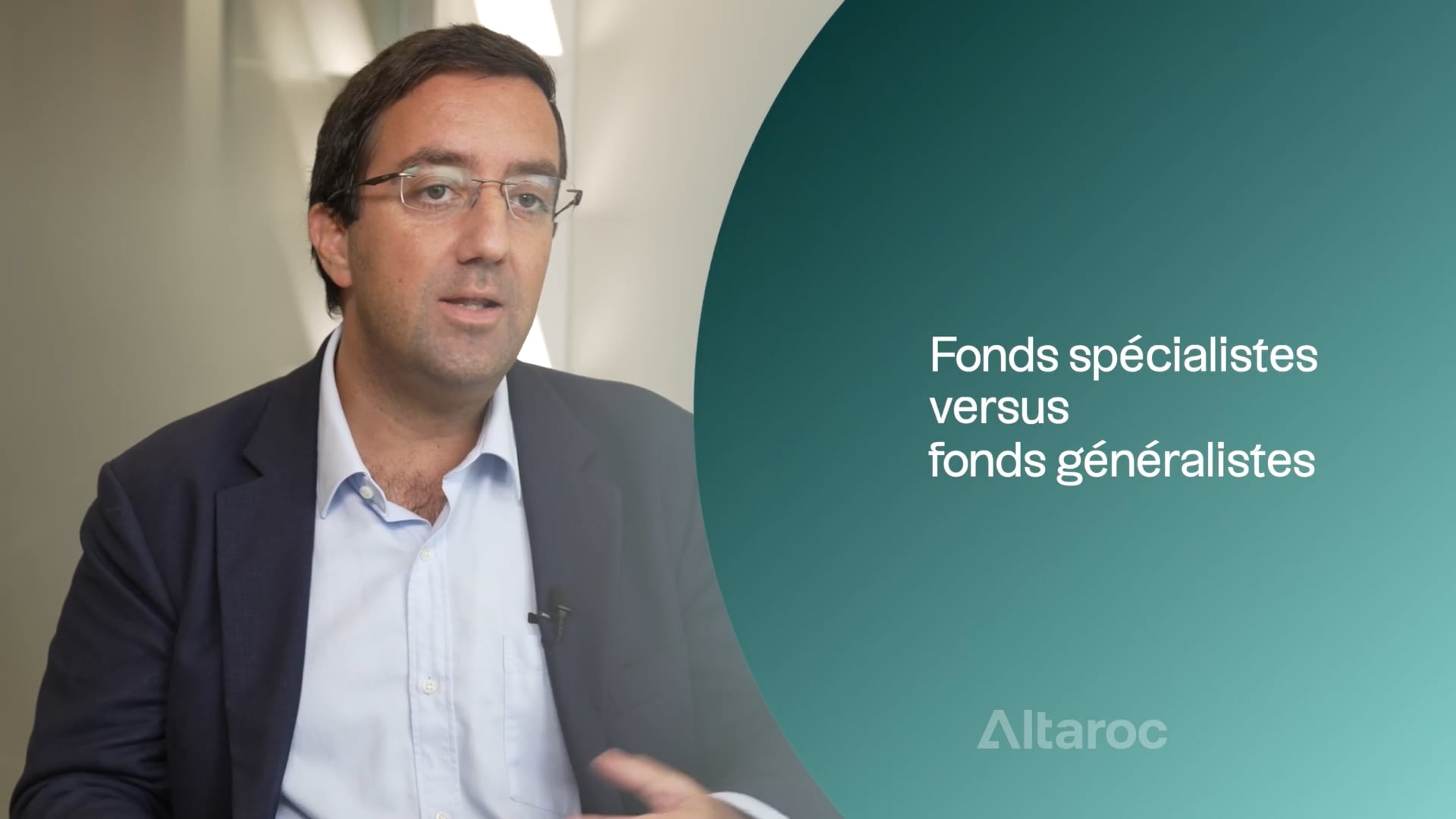
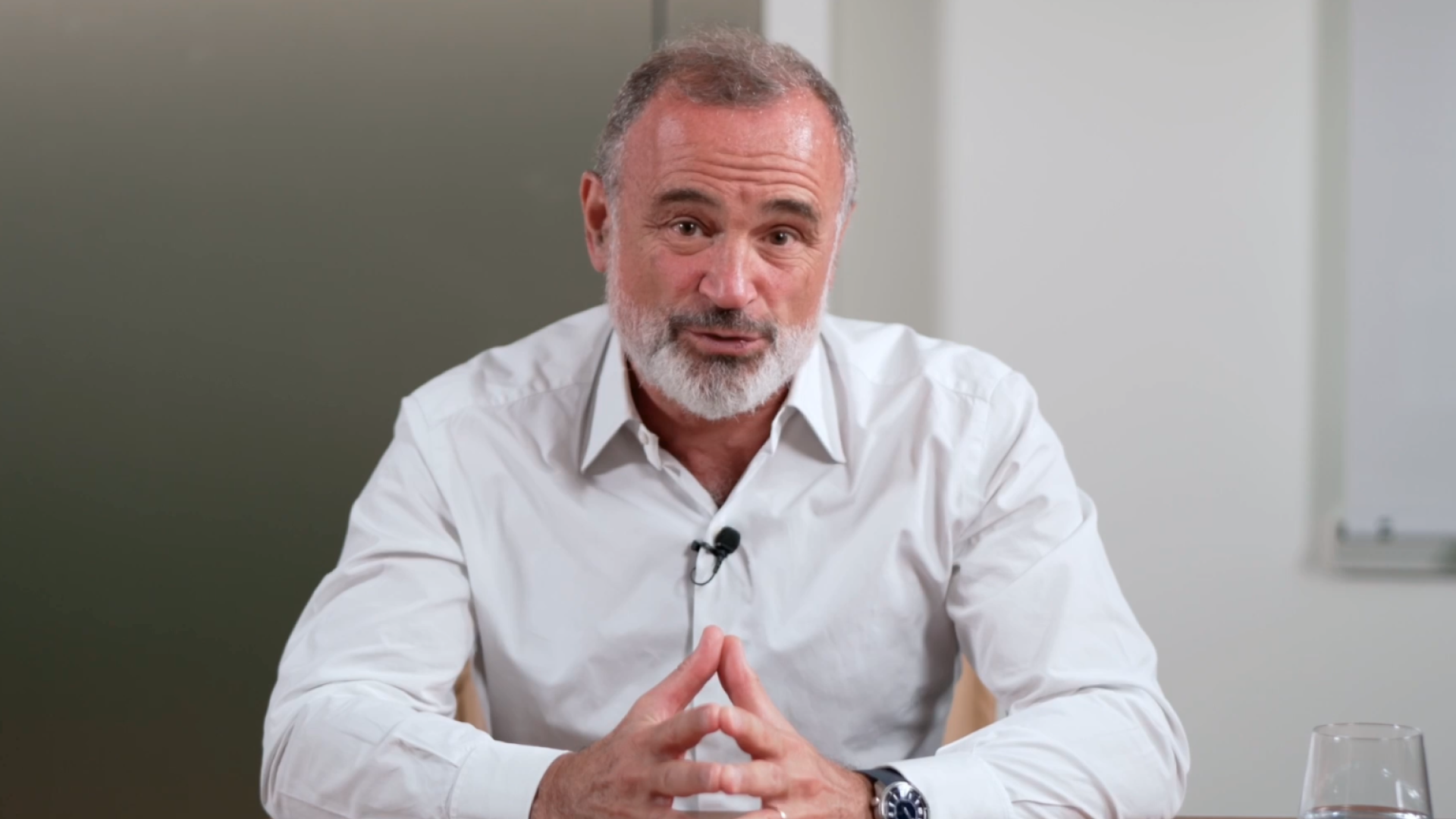
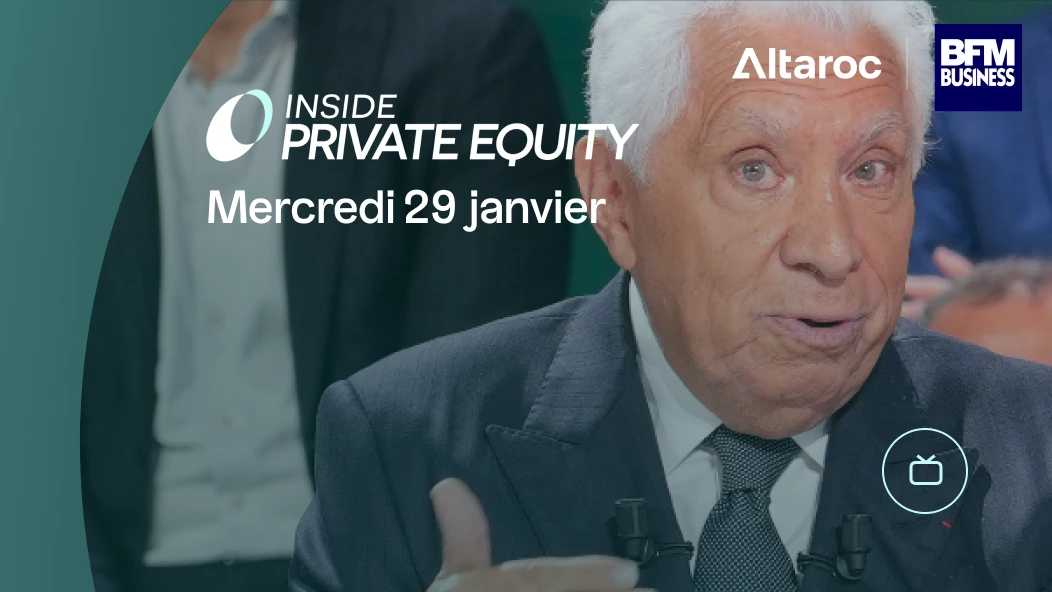
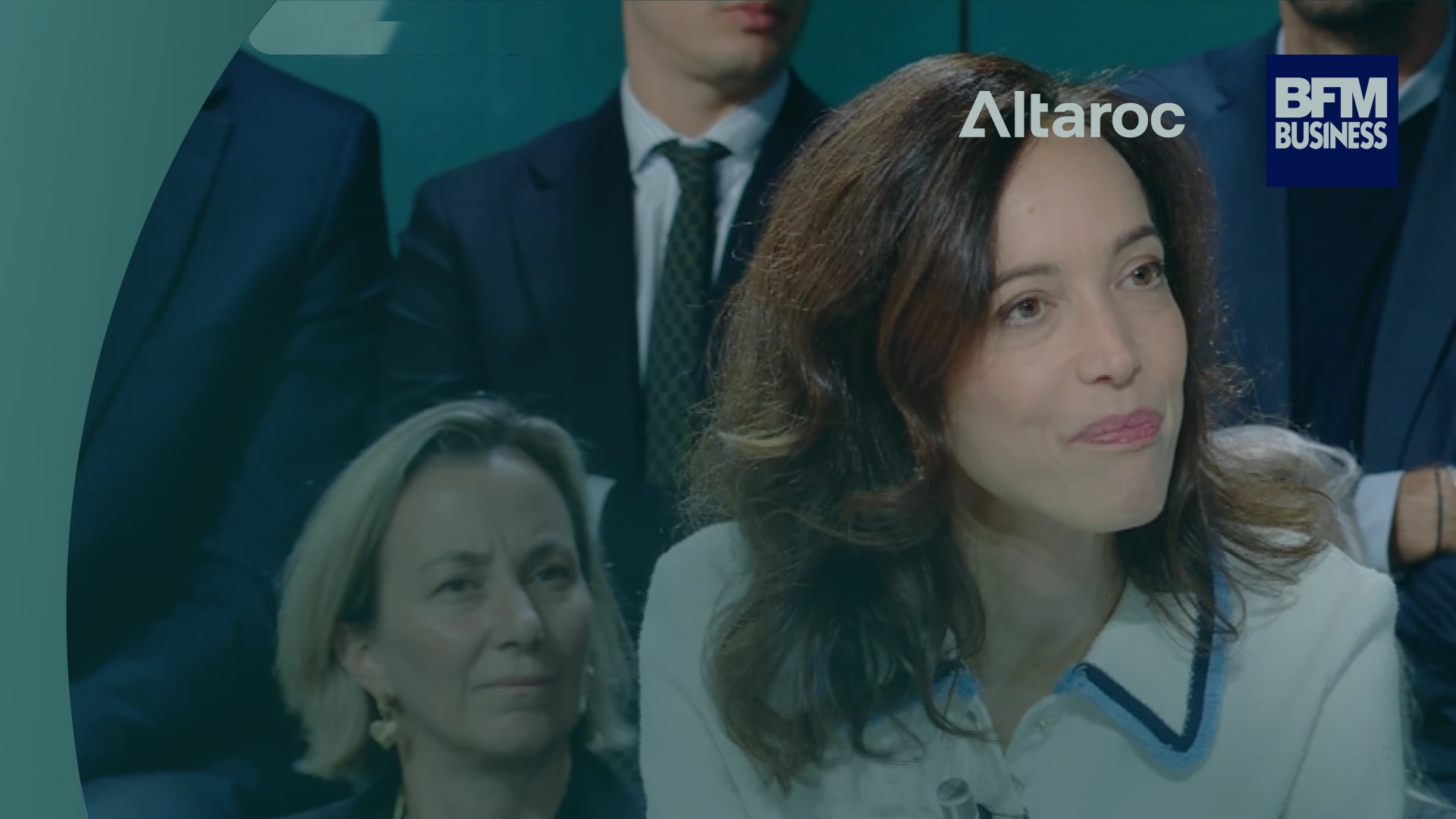
.webp)
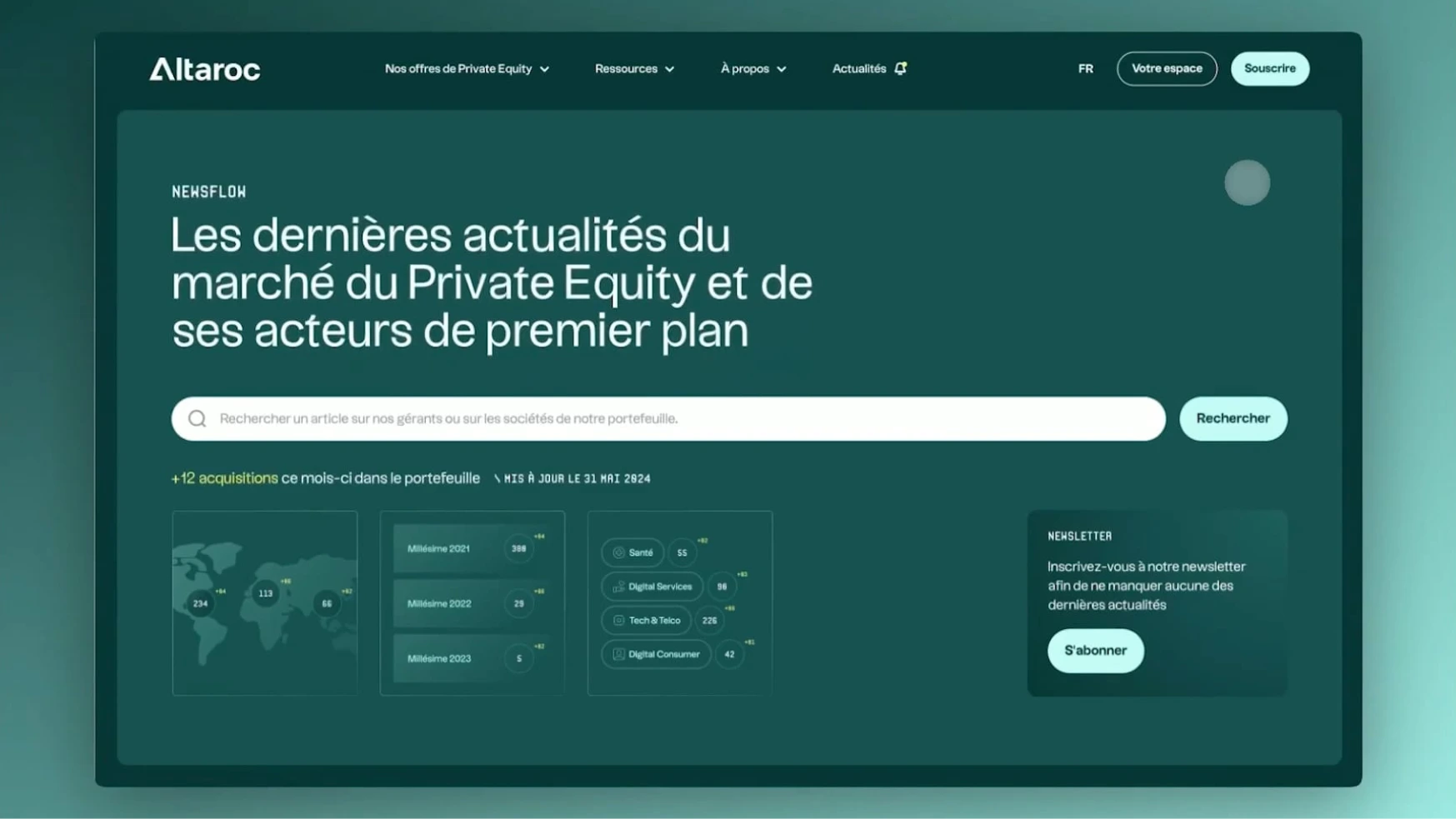
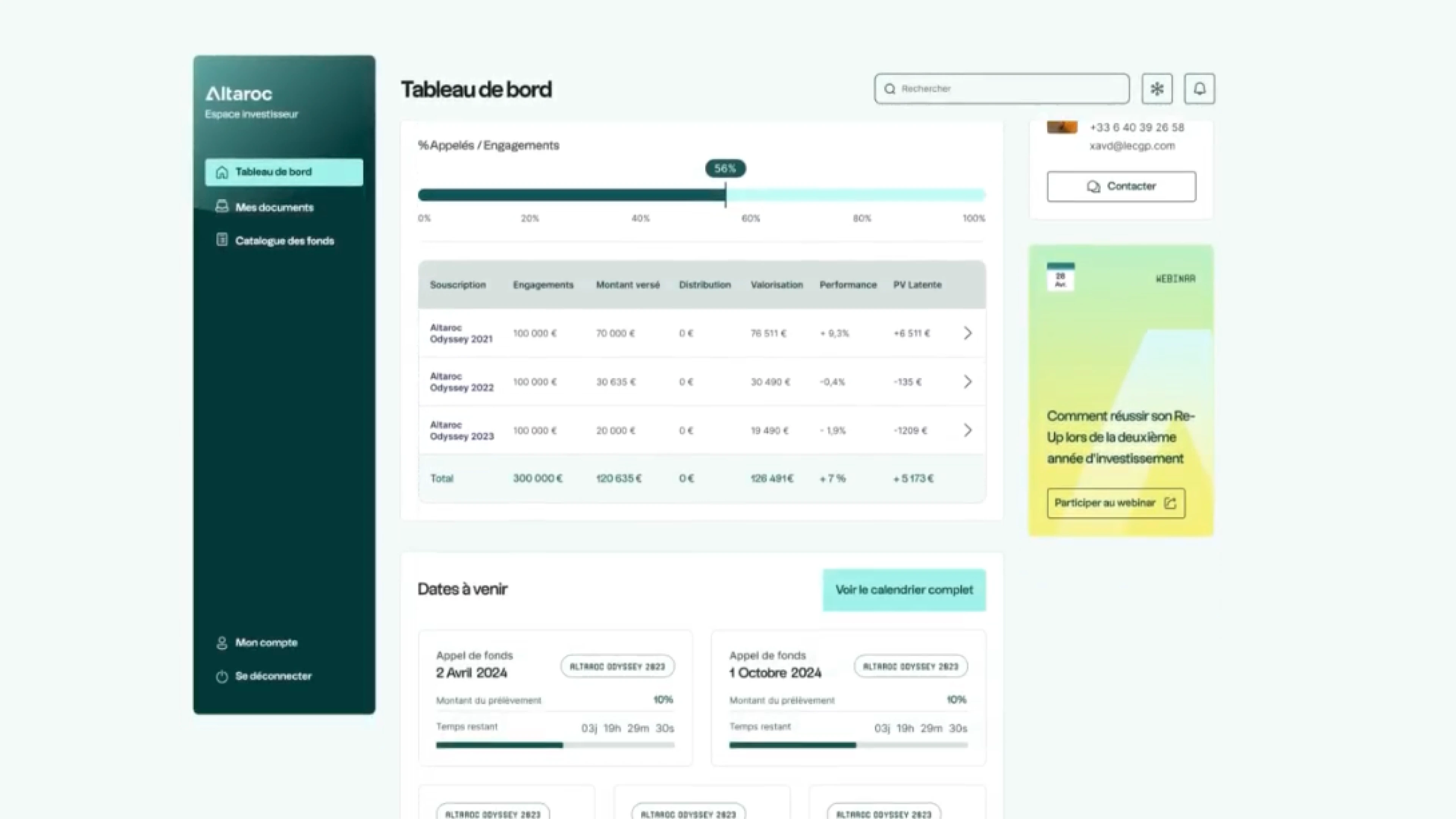
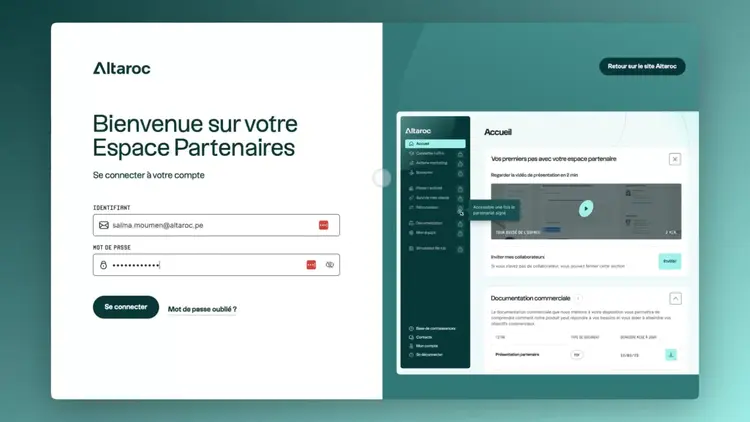
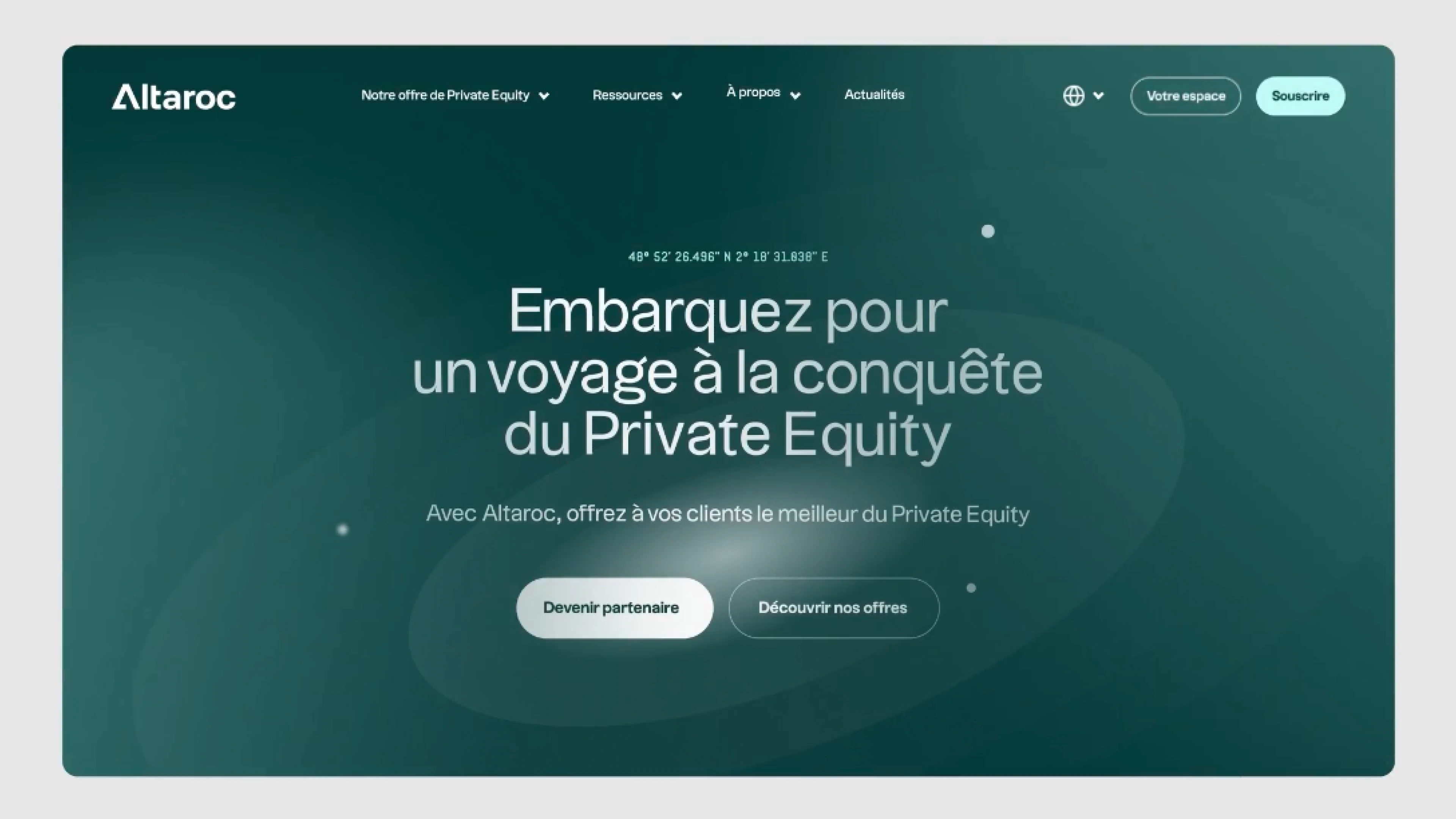
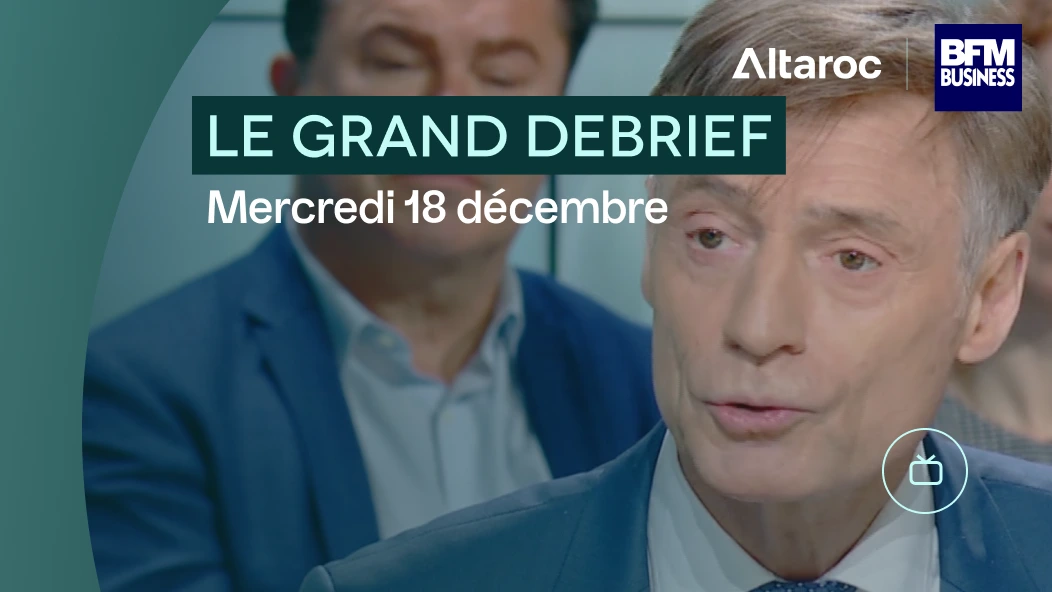
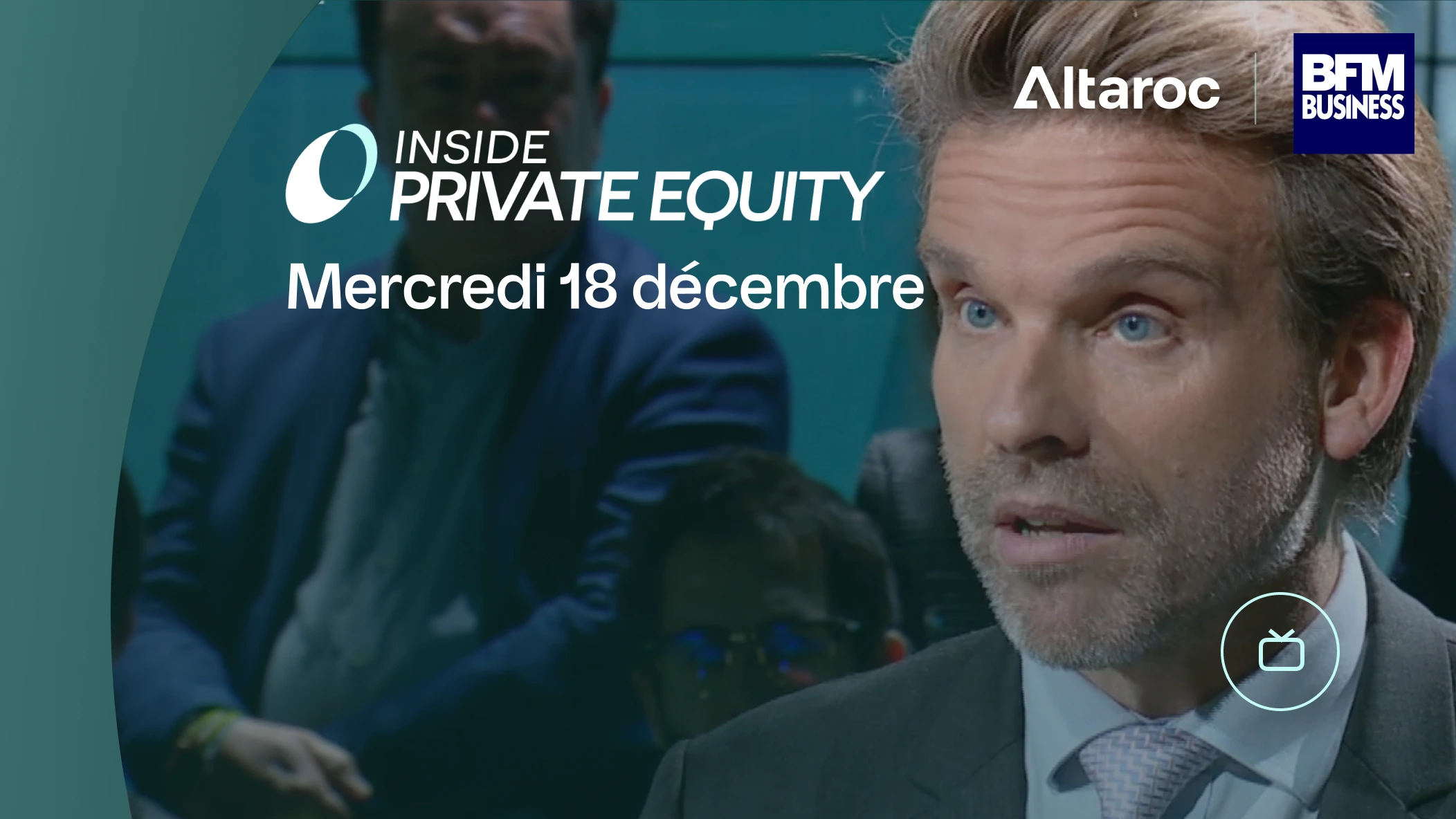
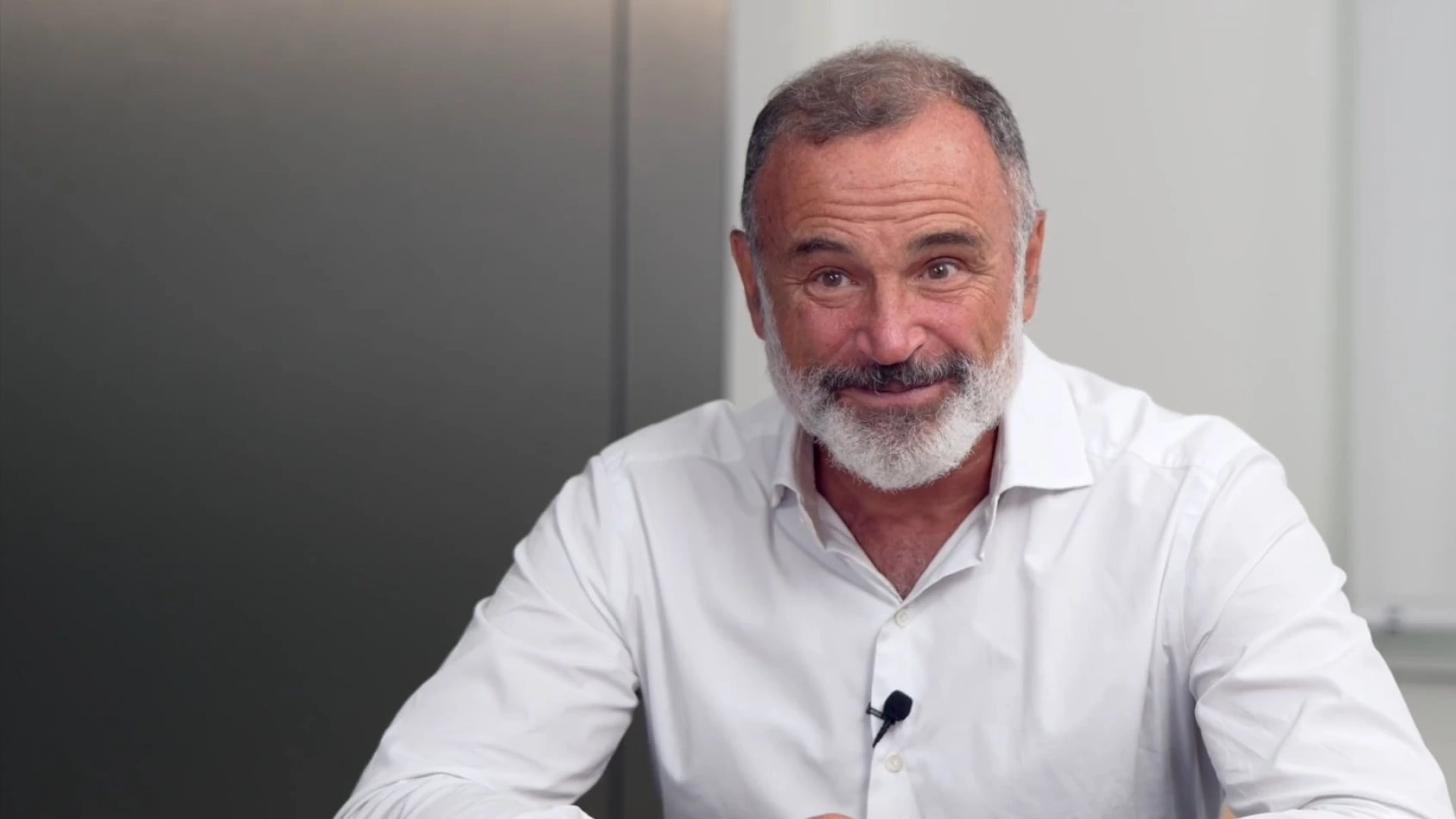
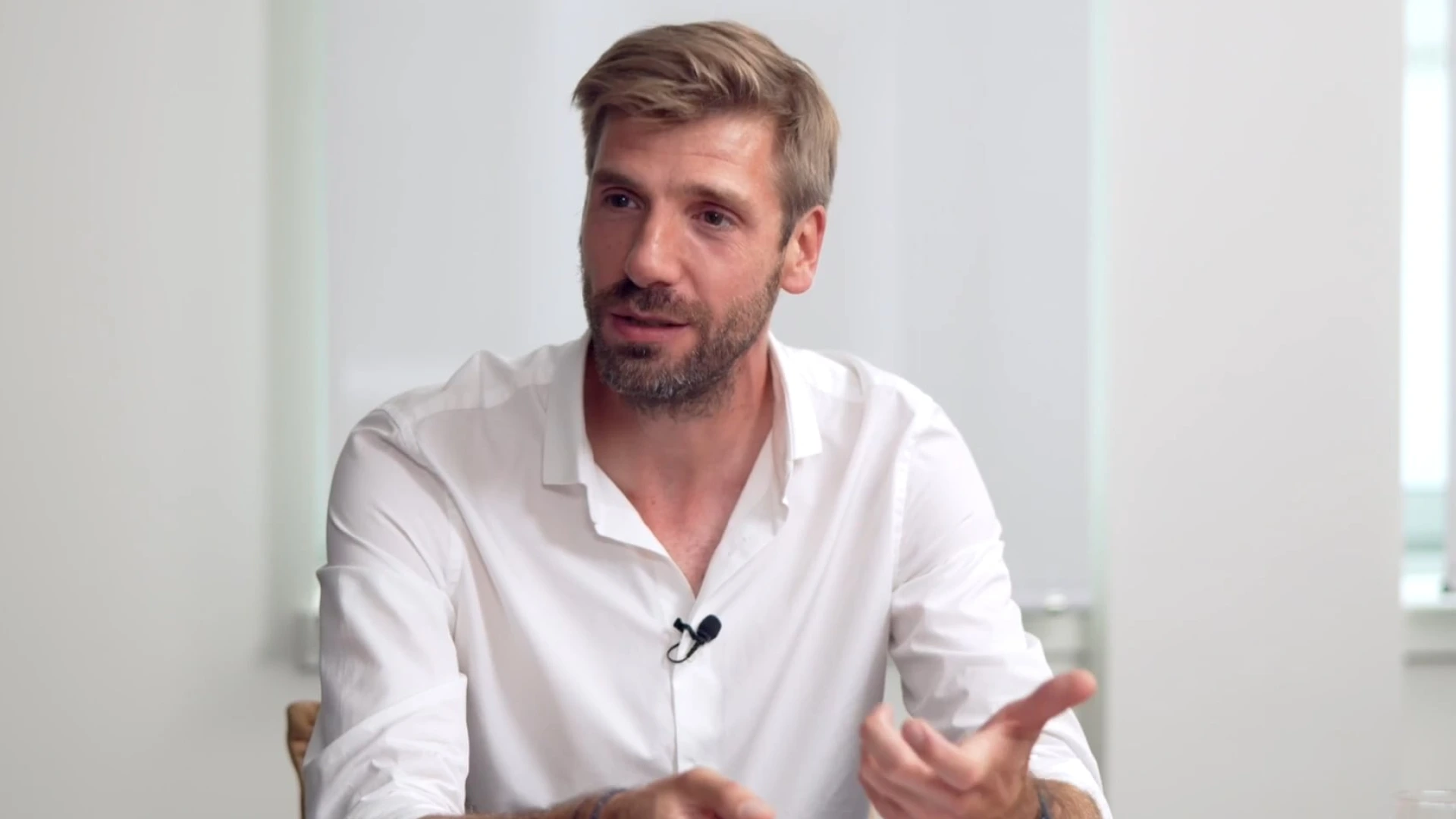
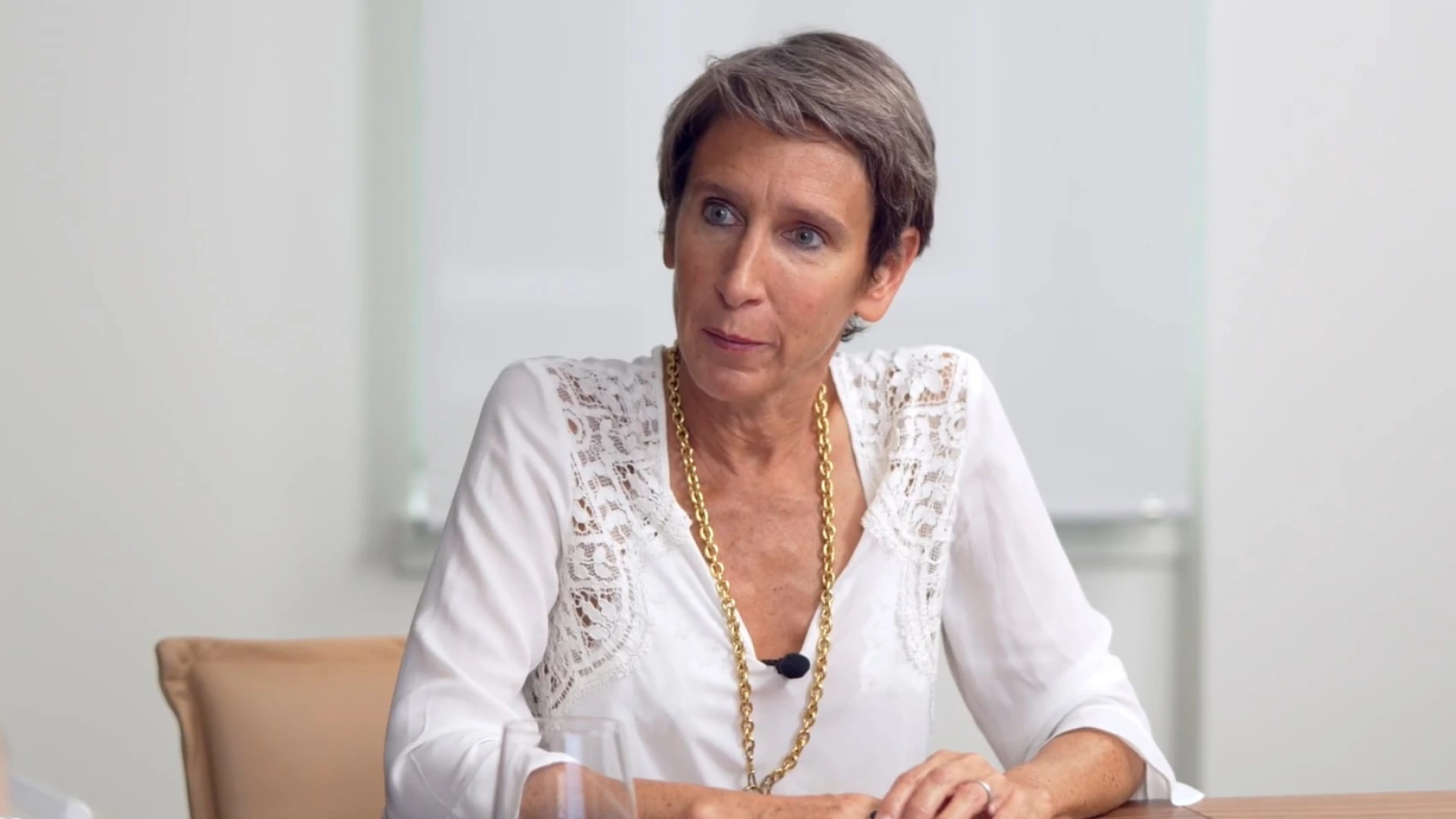
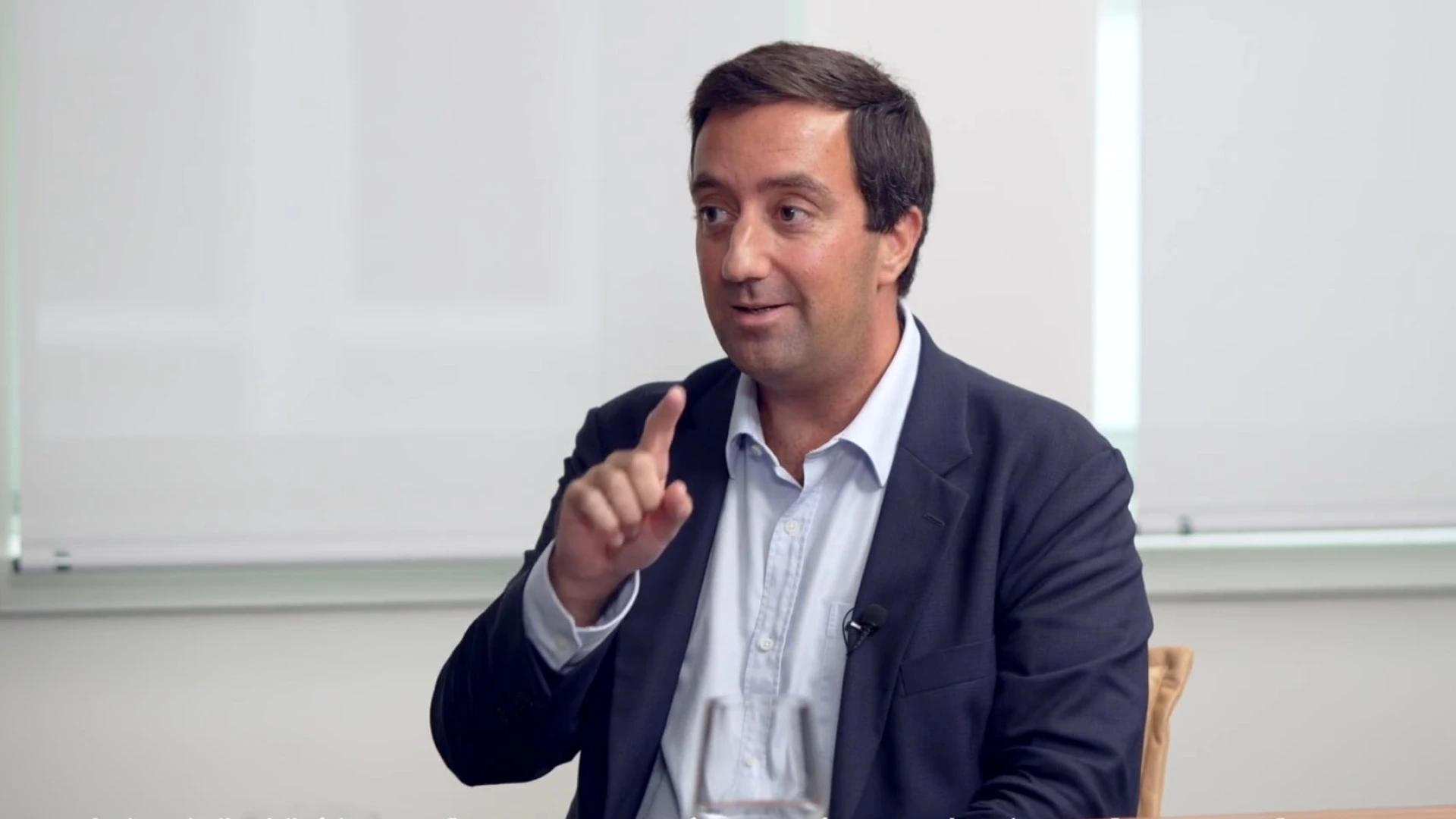
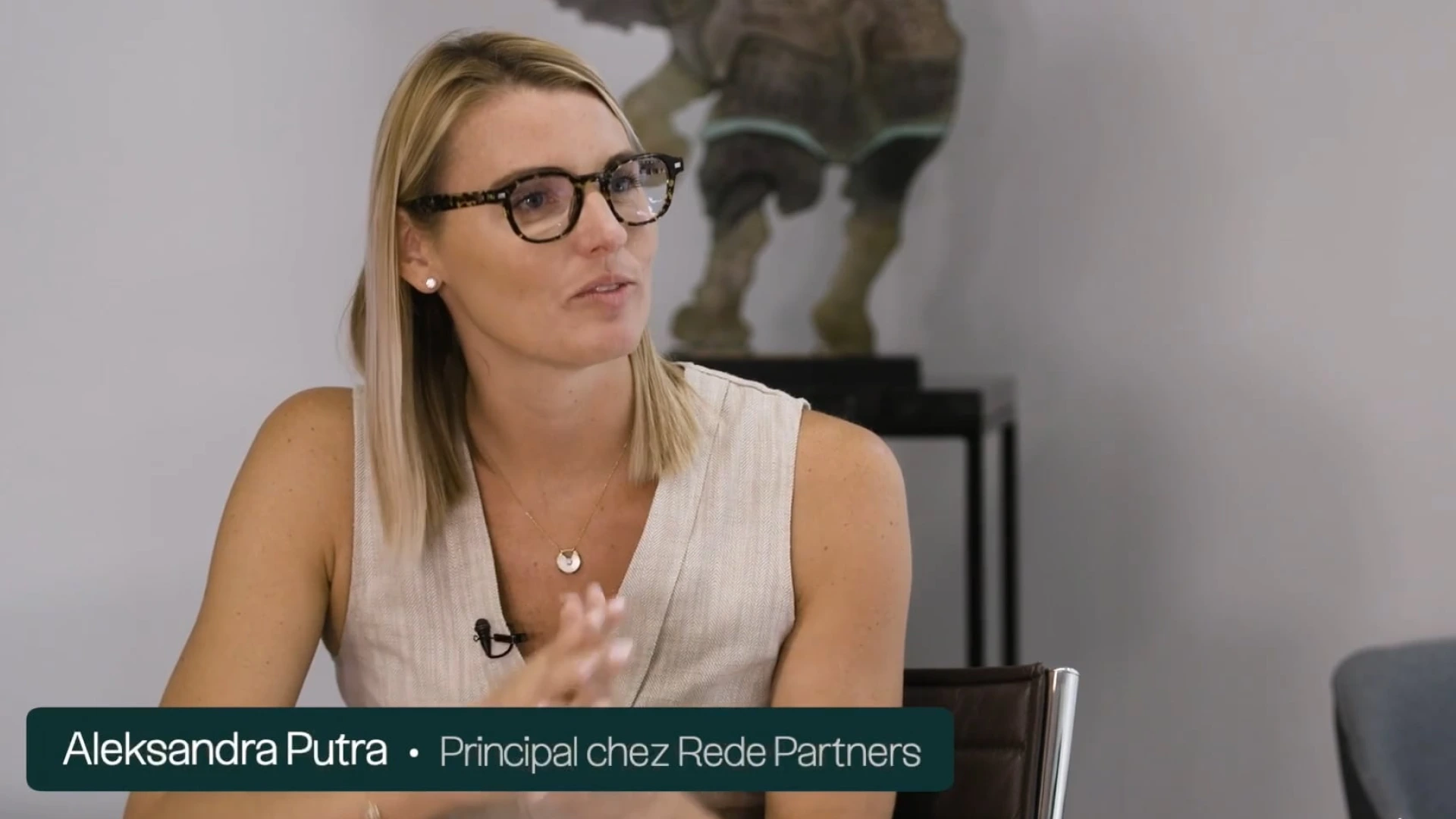
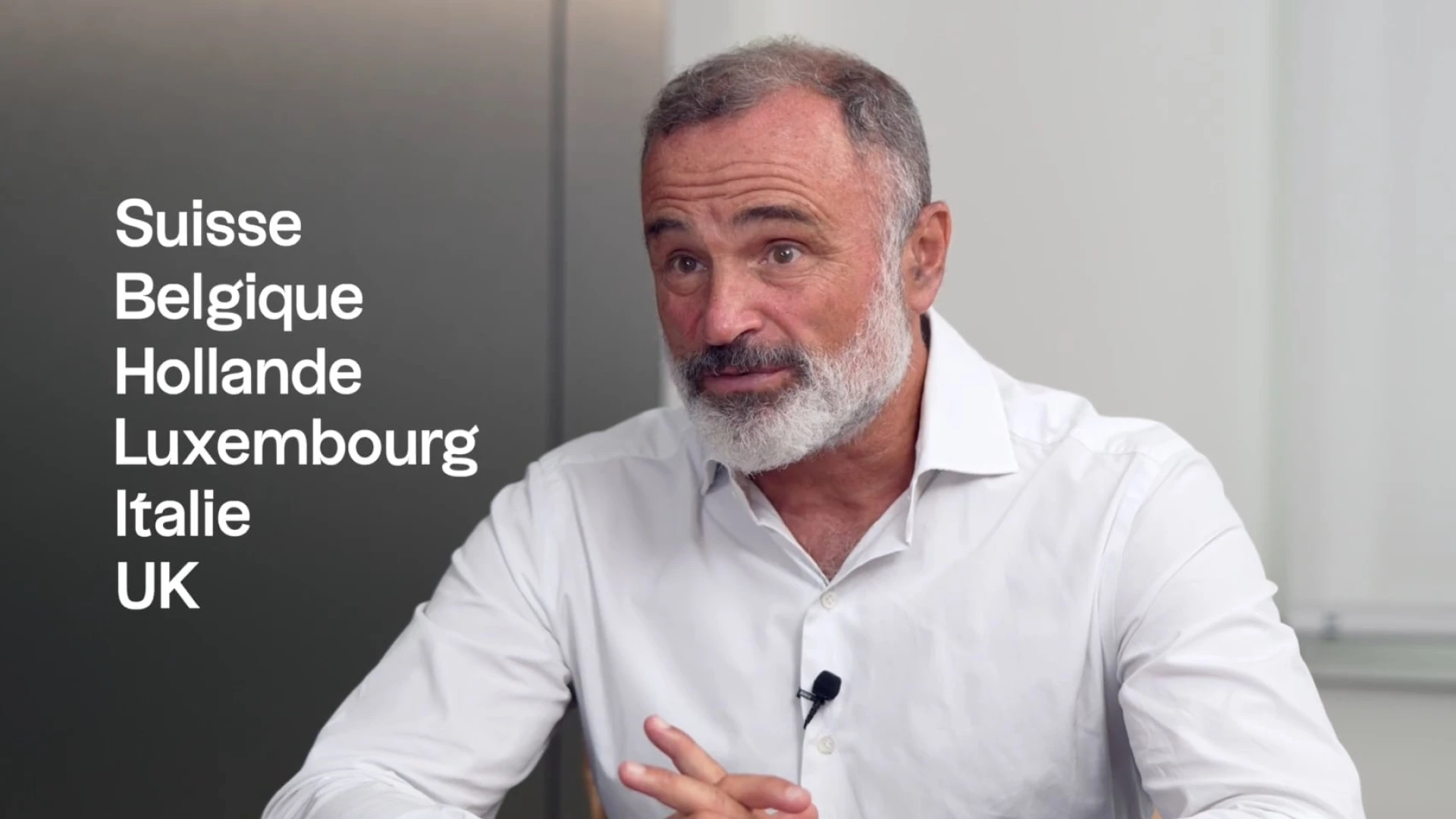

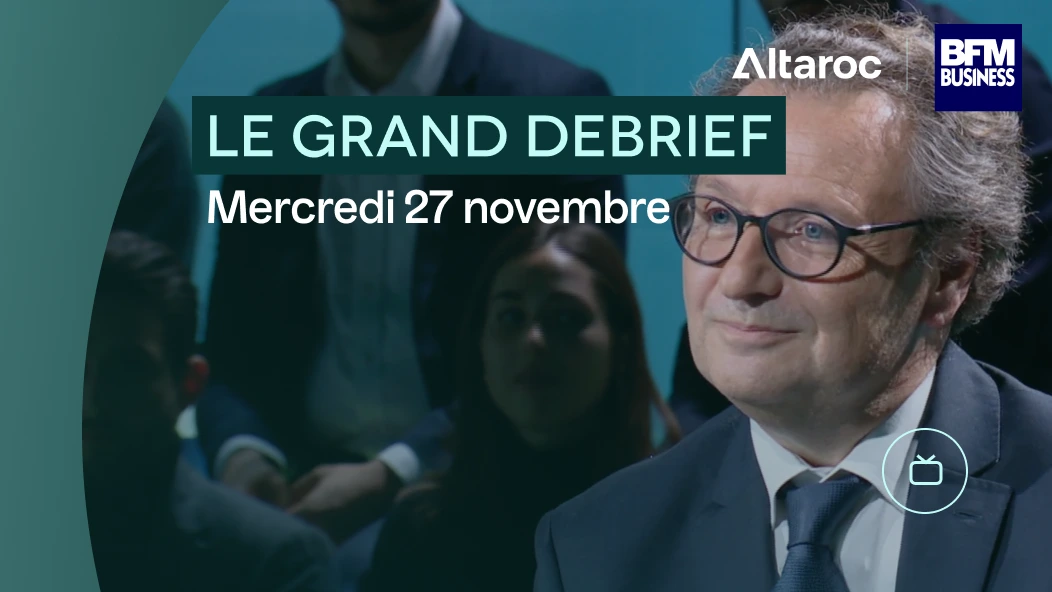
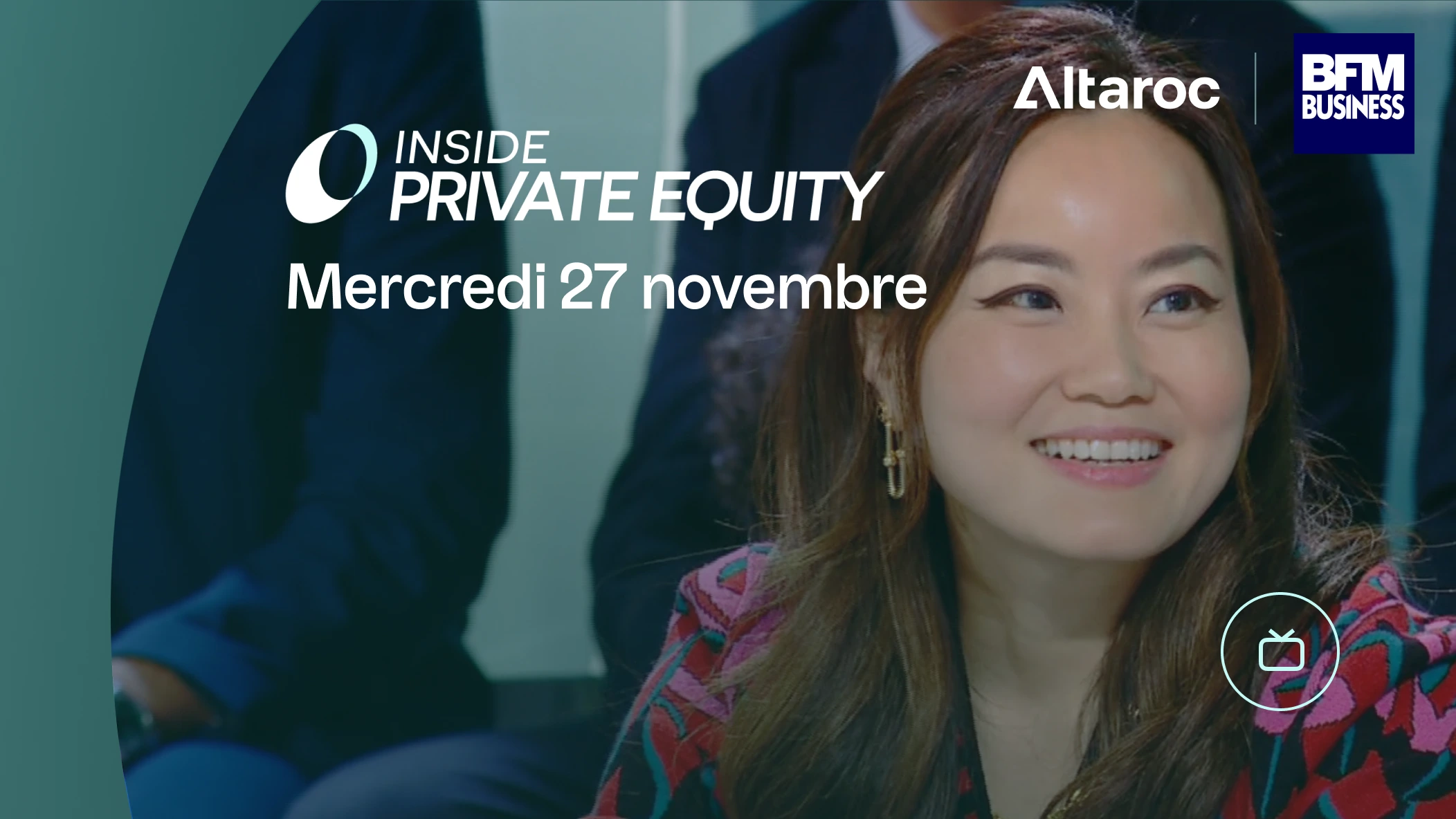
.webp)
.webp)
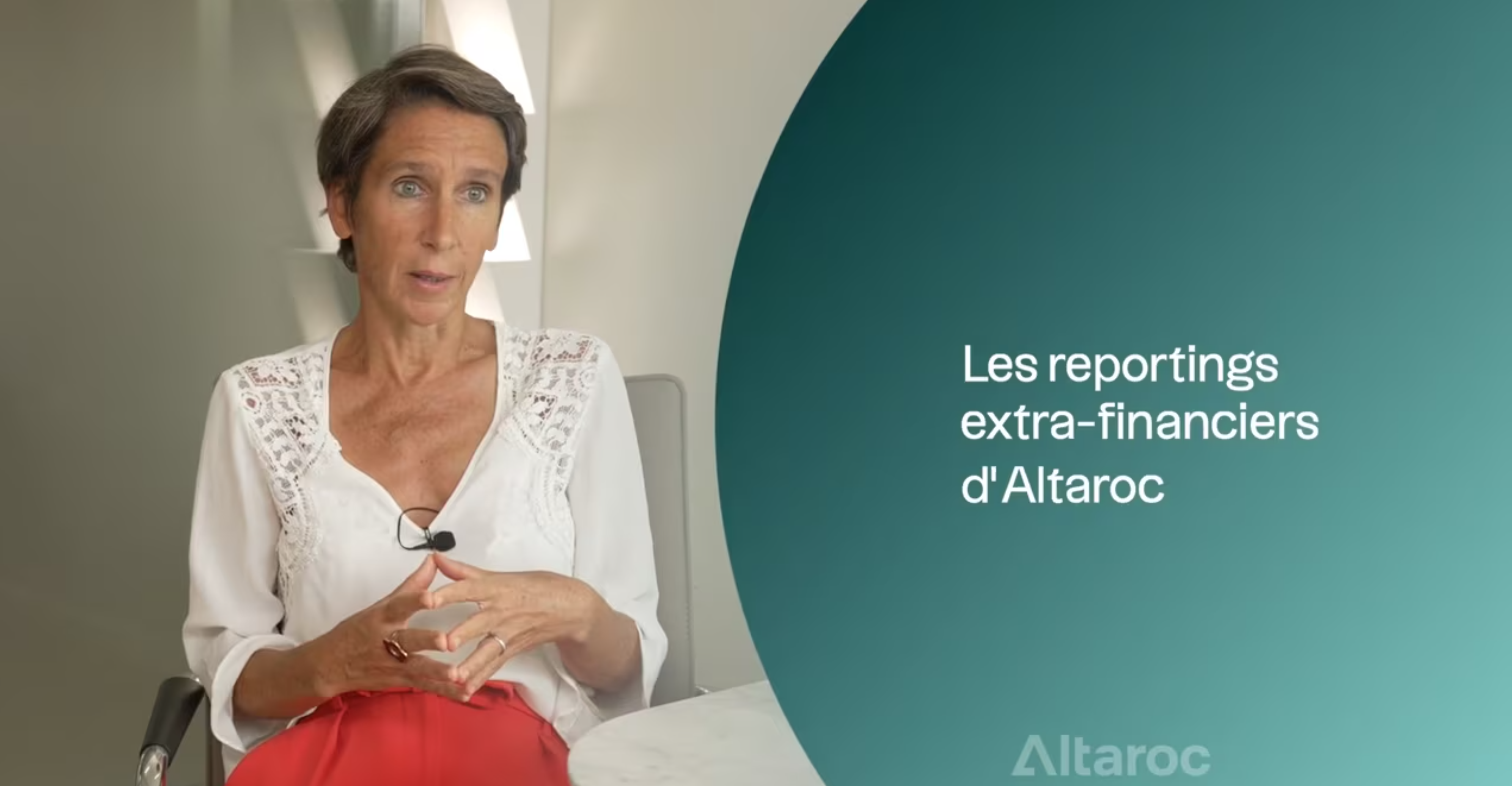

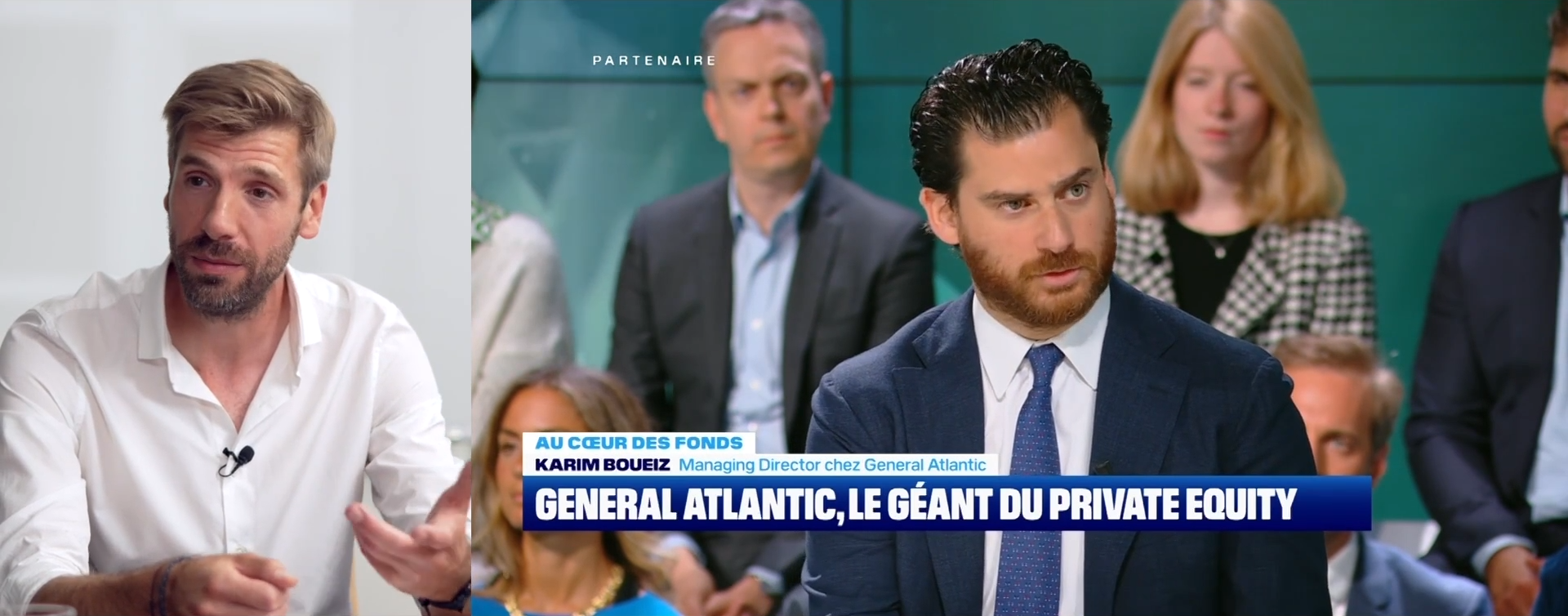
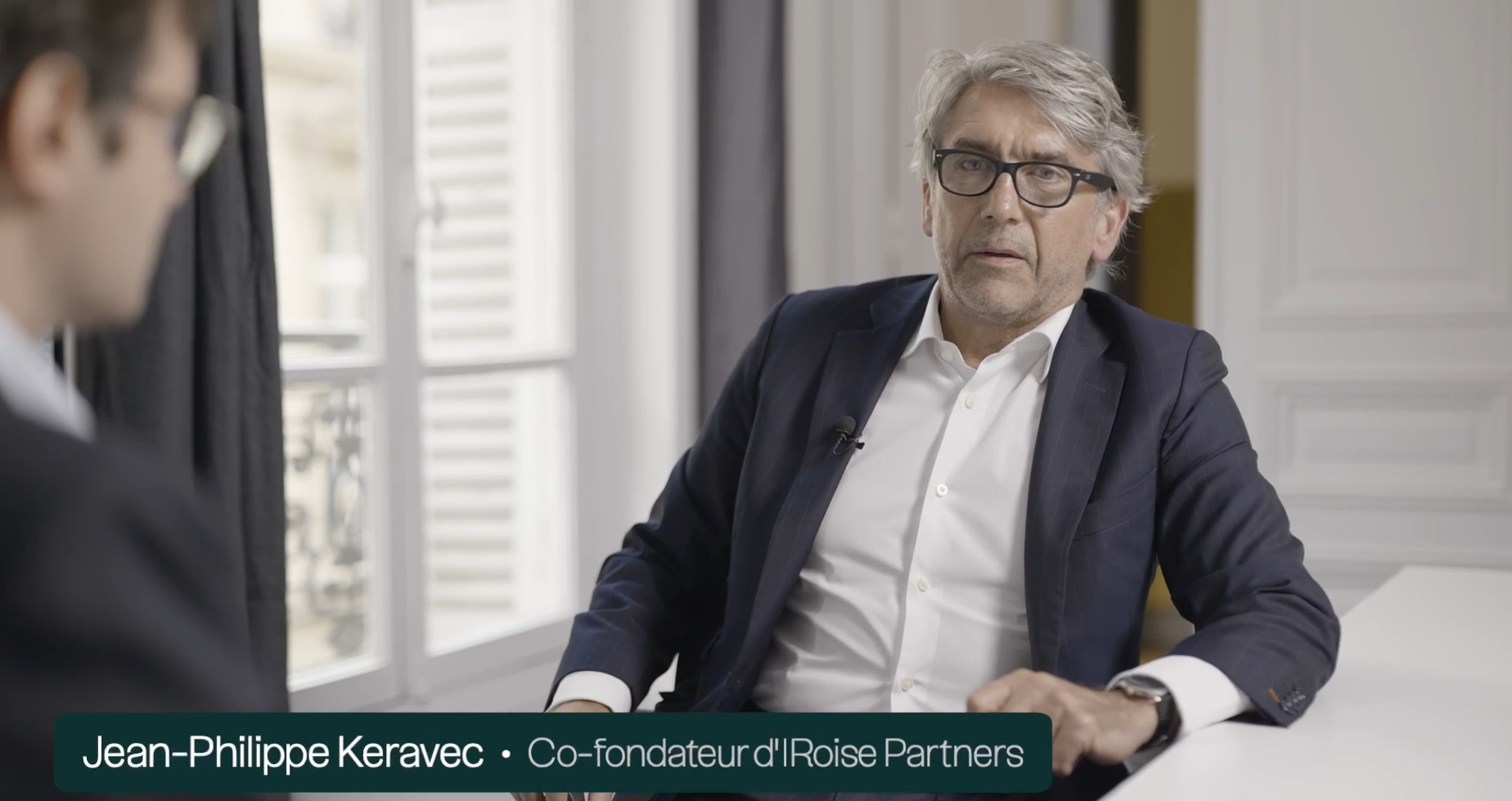
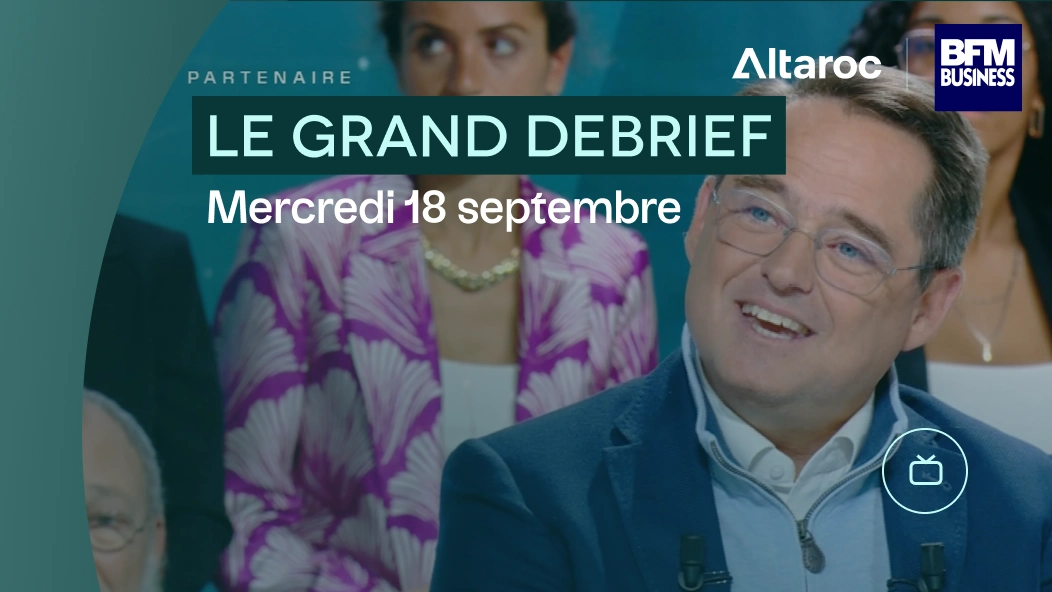
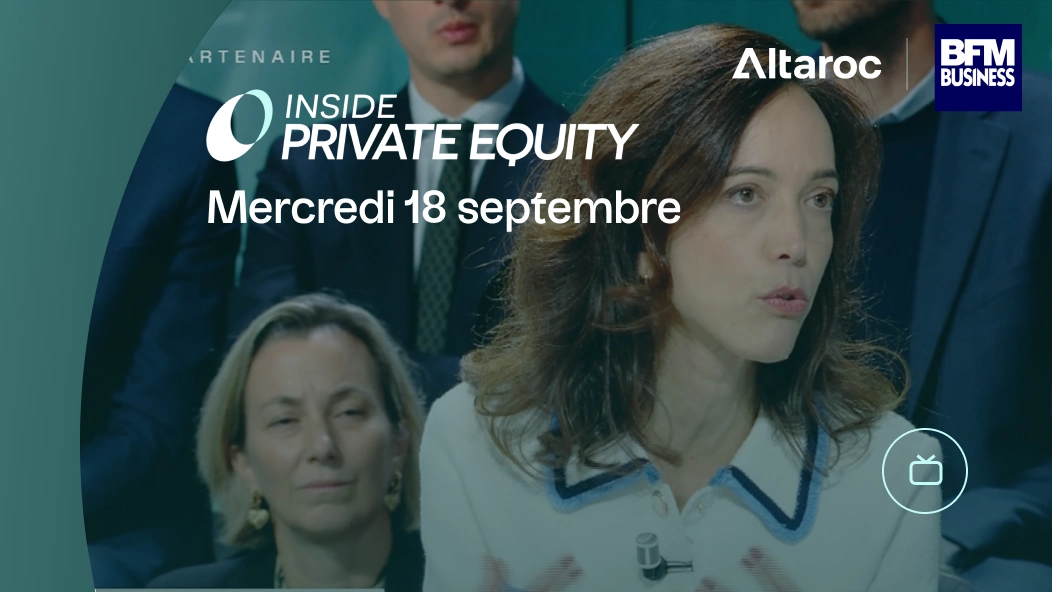
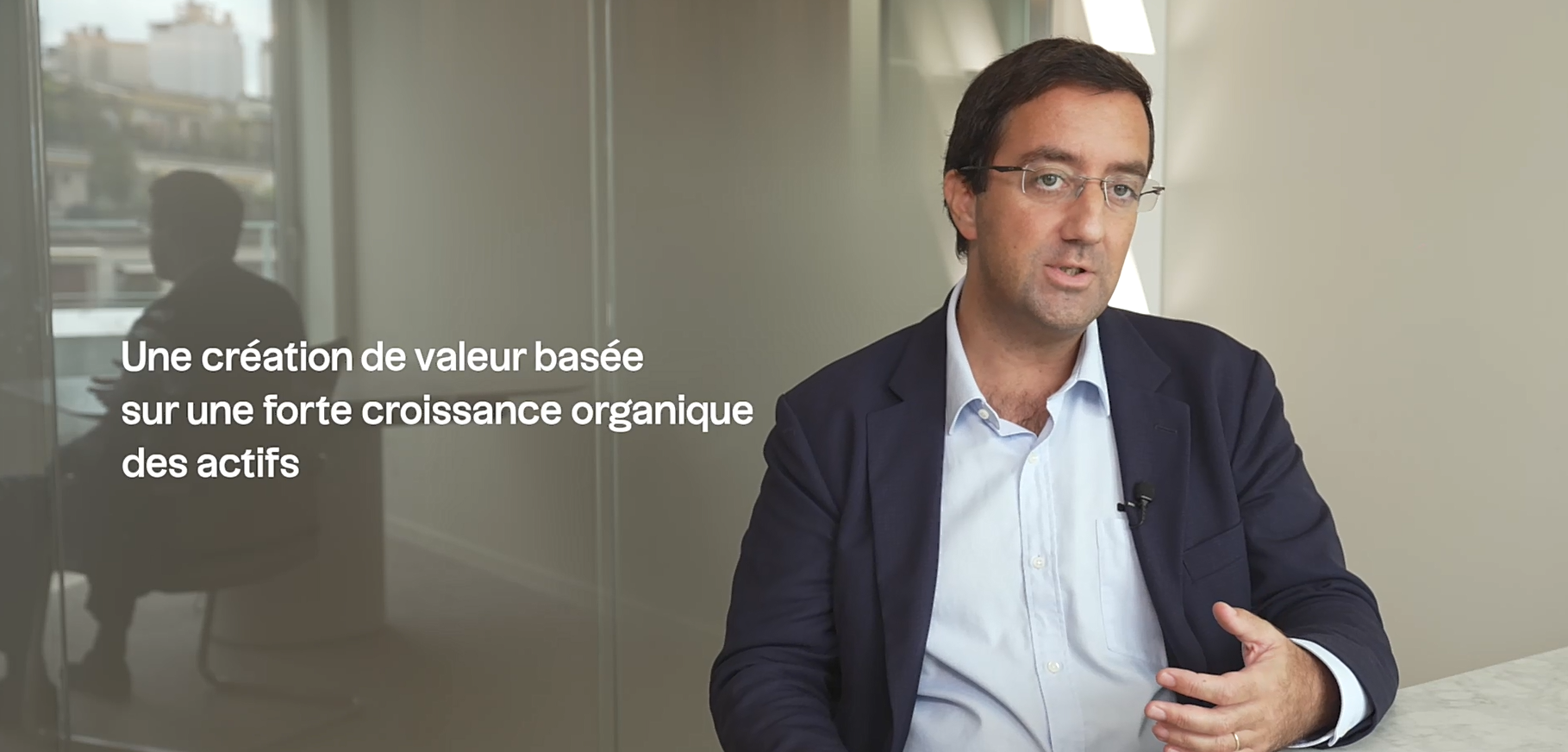

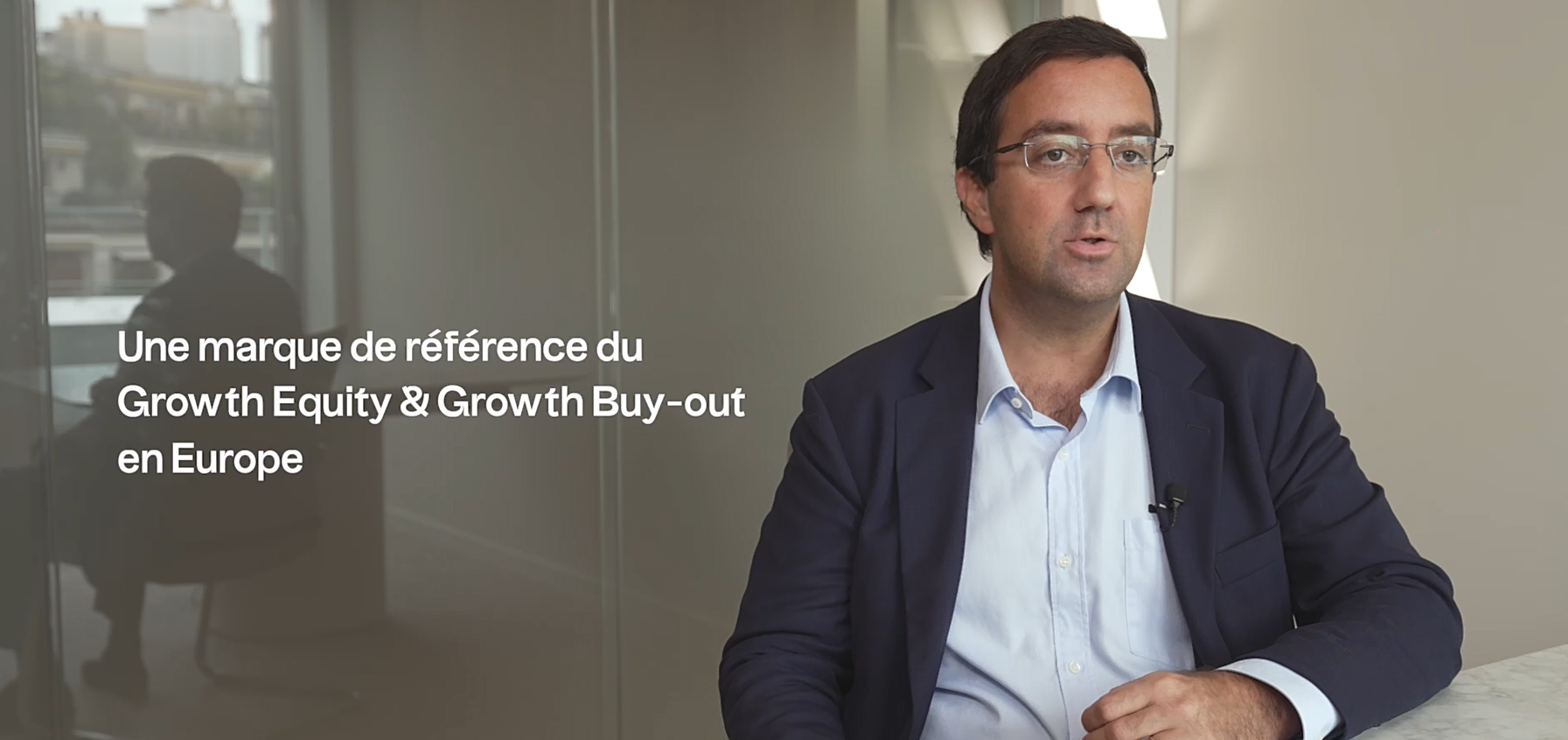
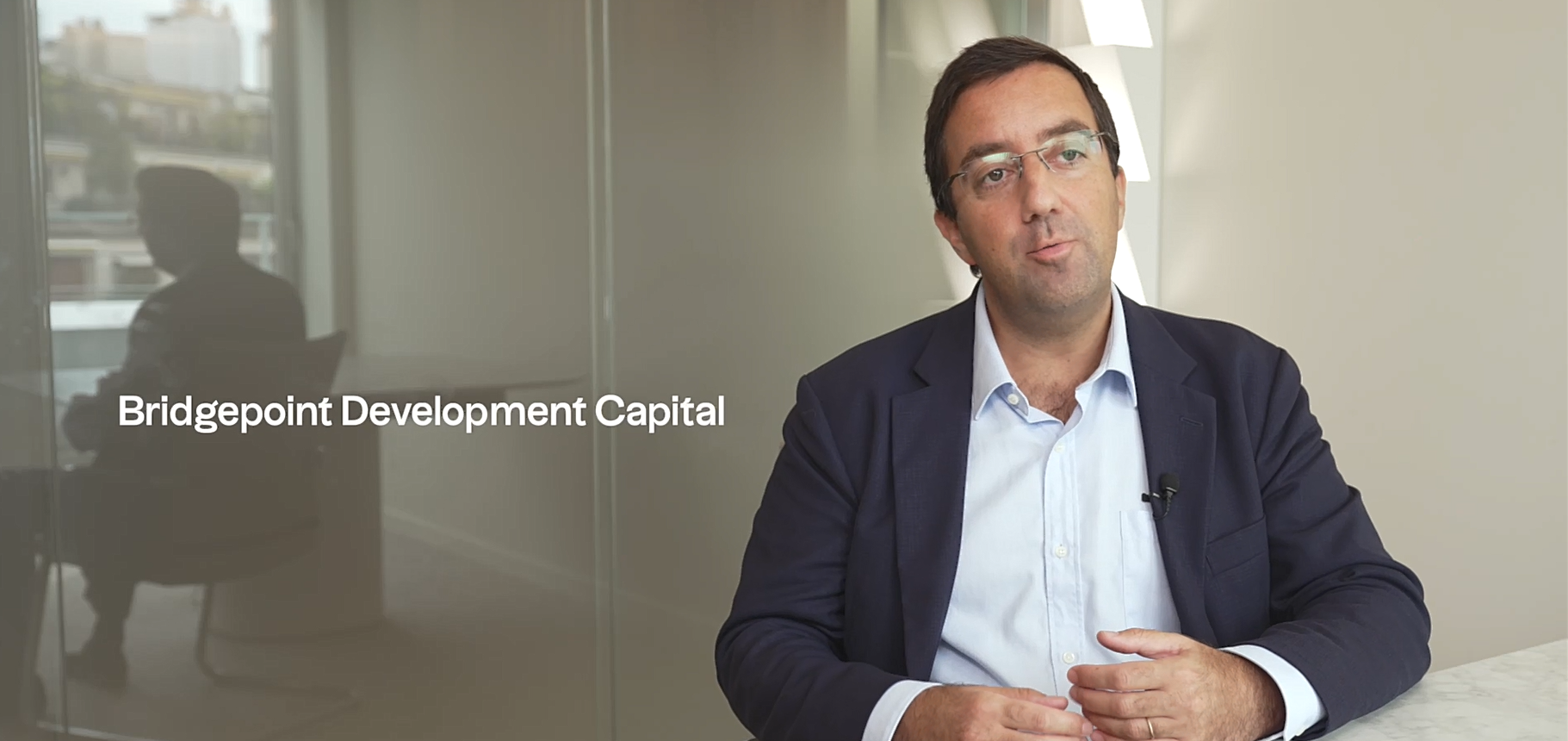
.jpeg)
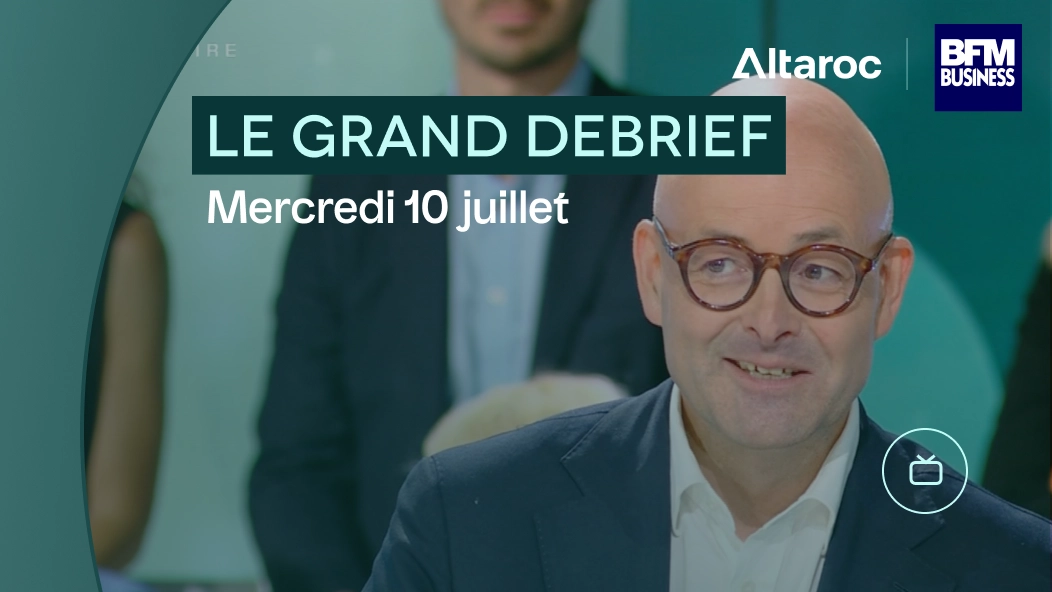
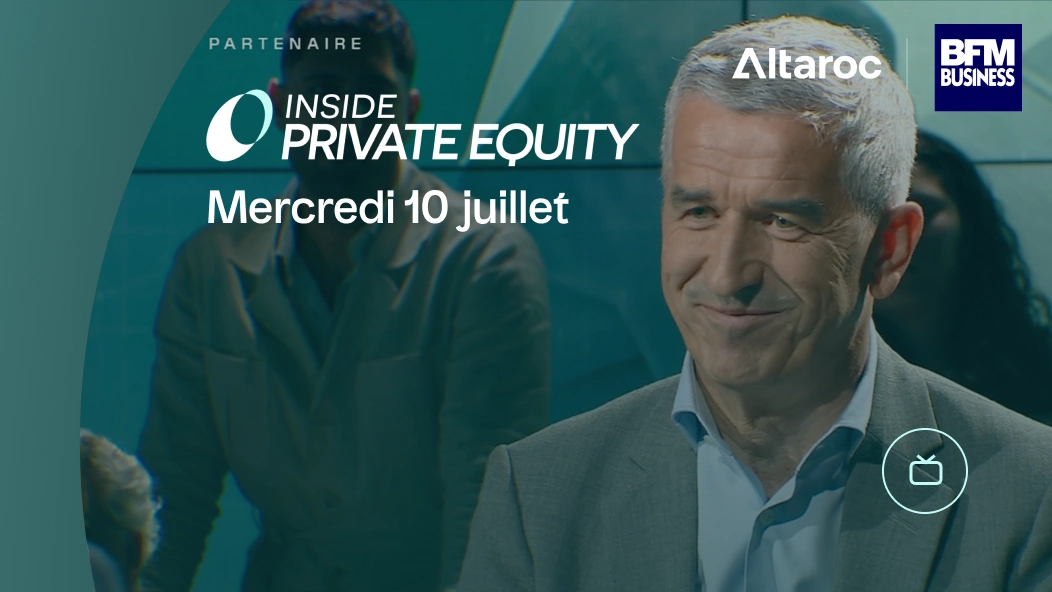
.webp)

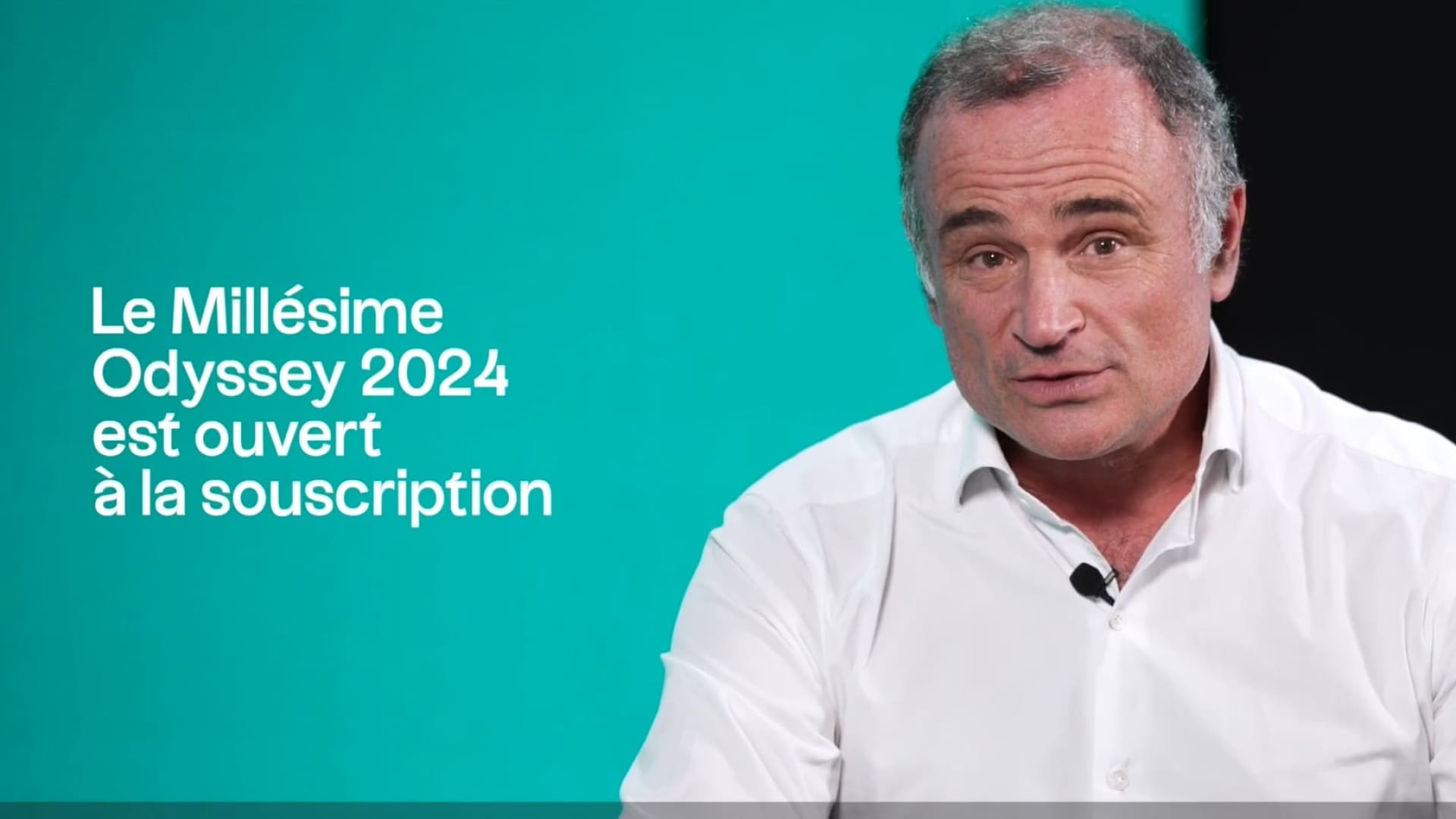

.webp)
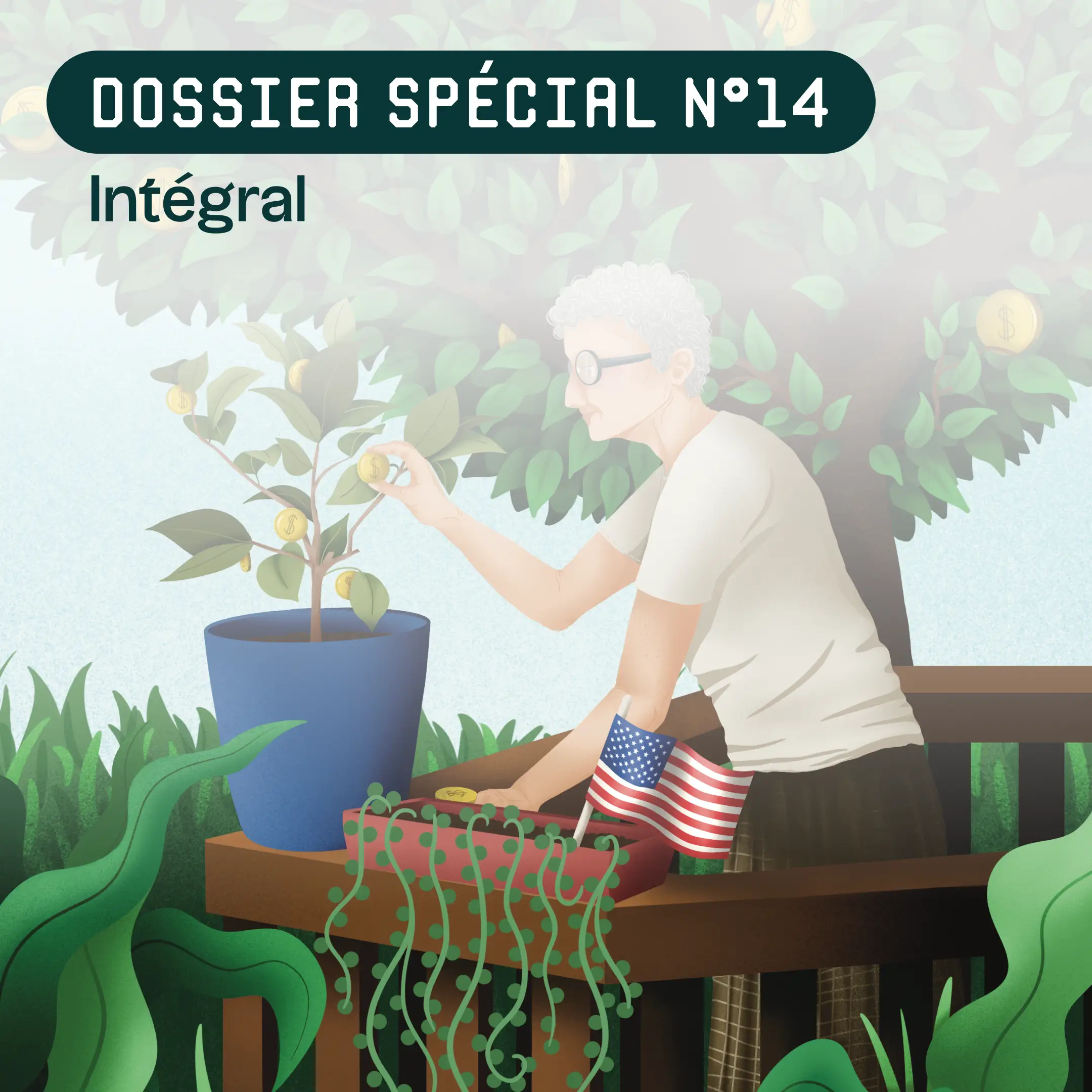
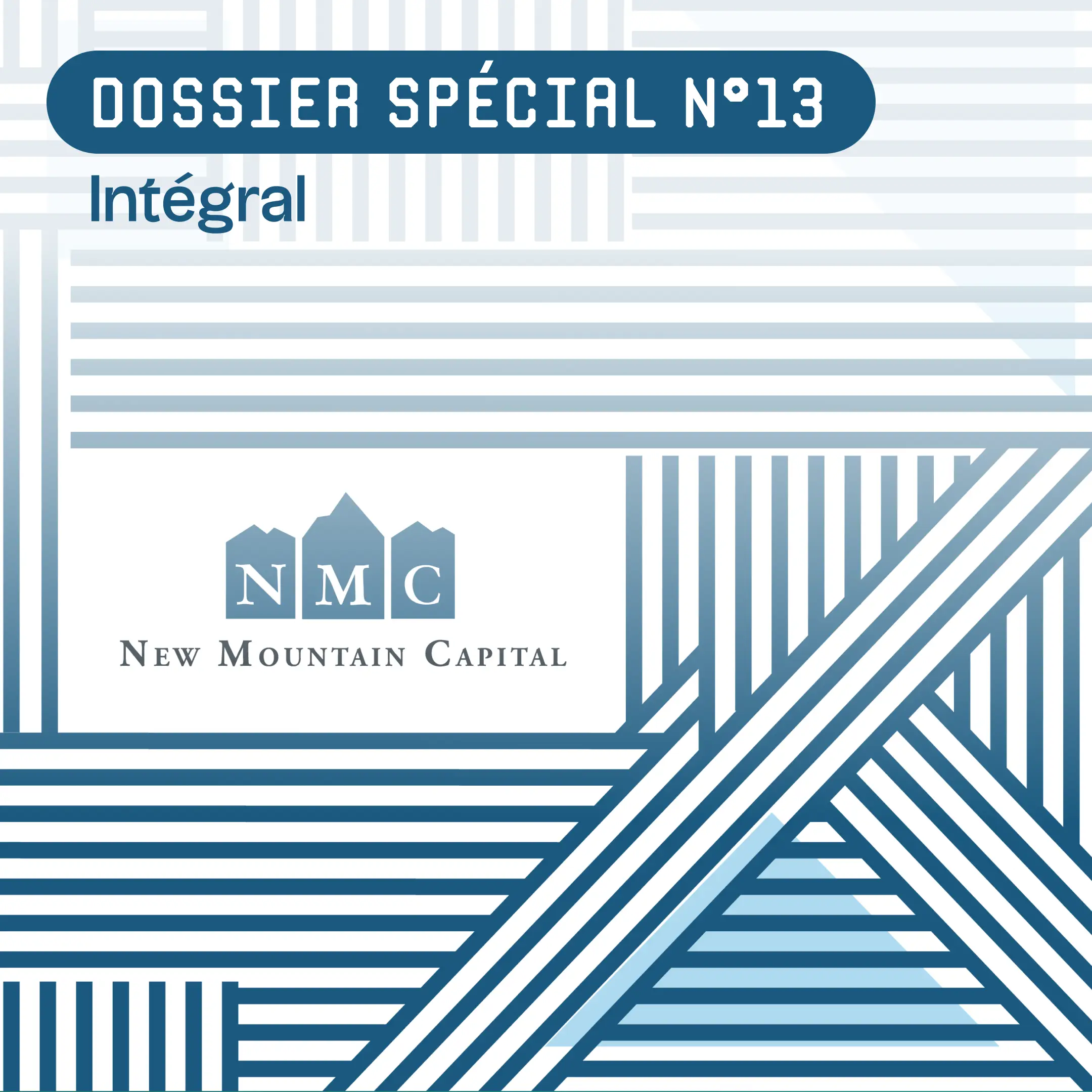


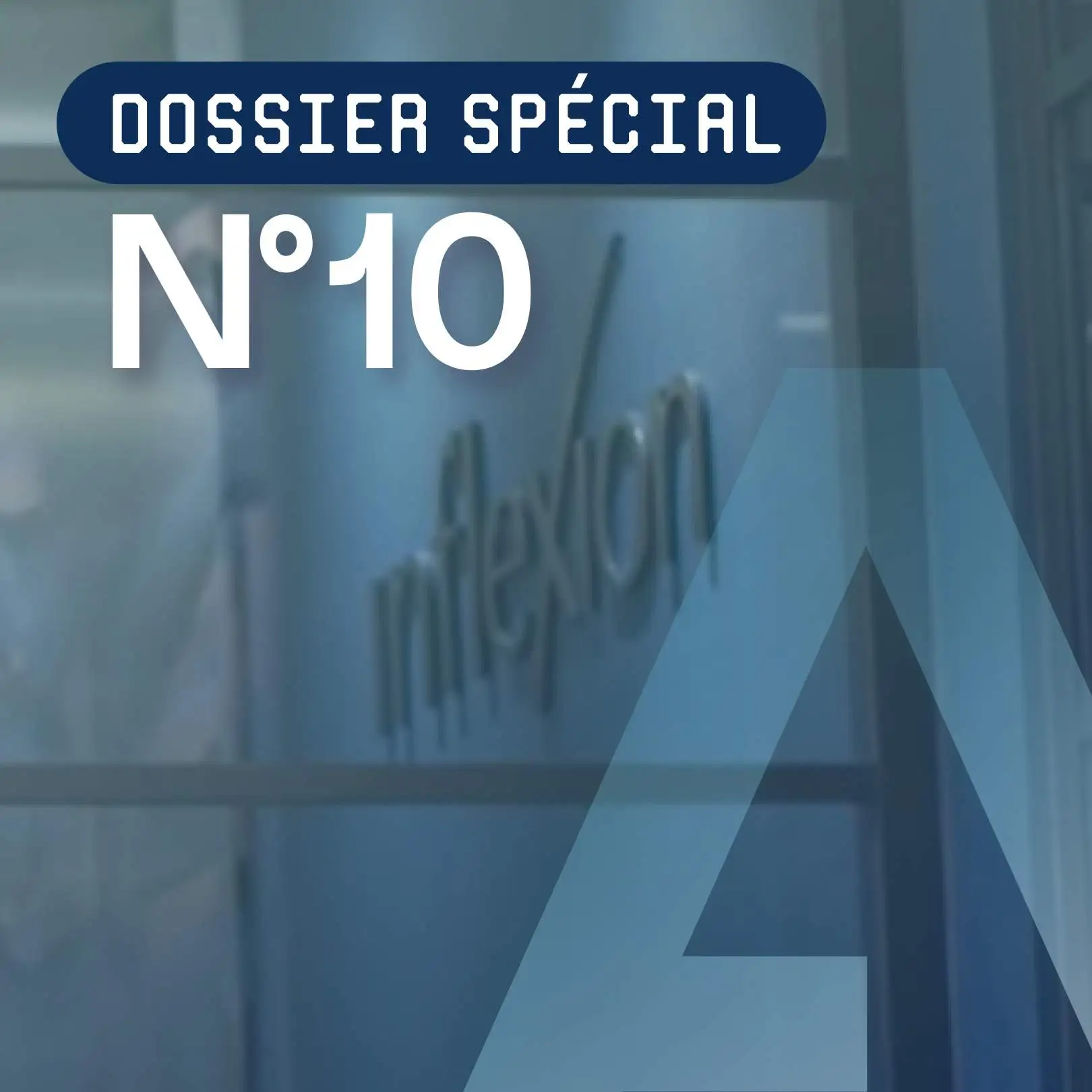
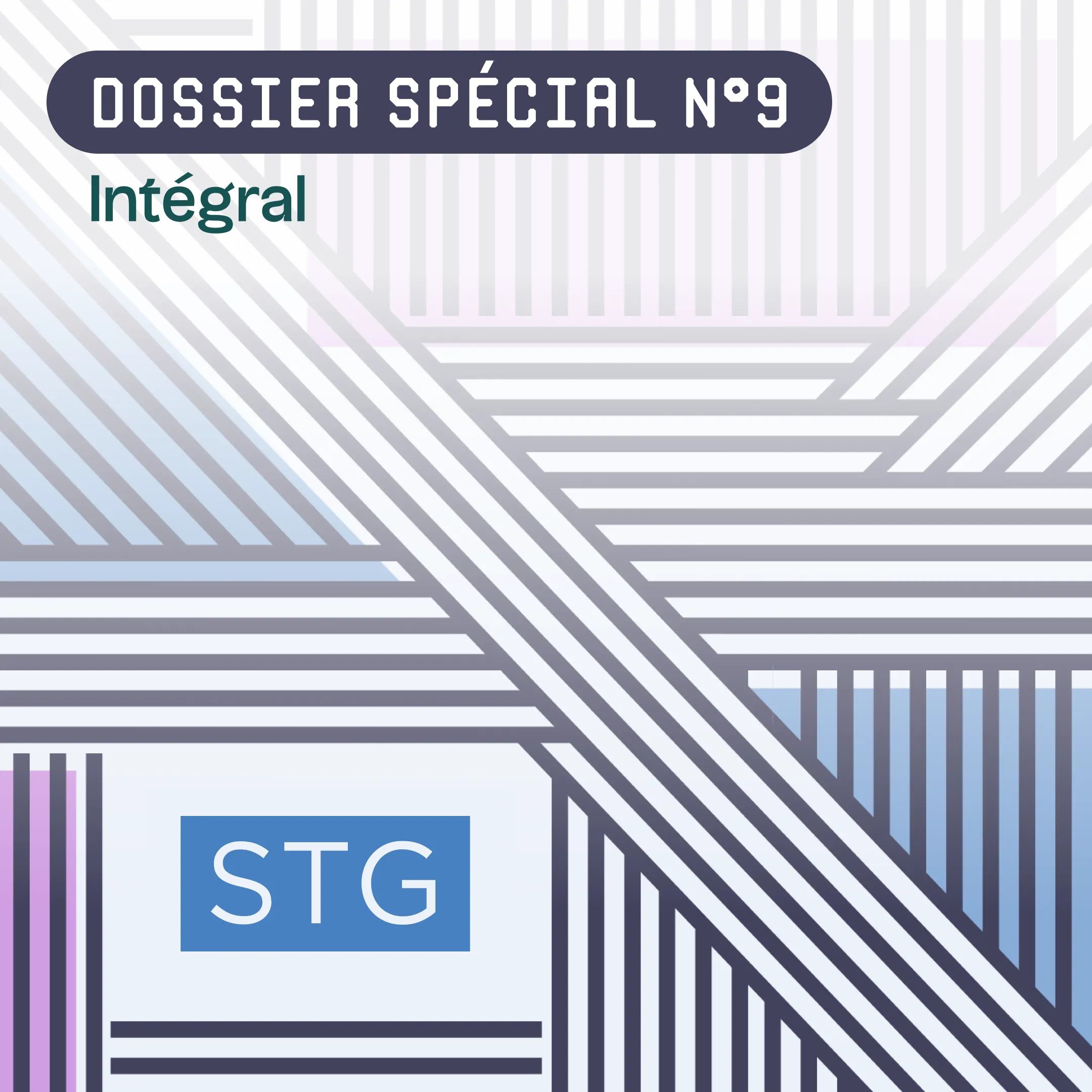
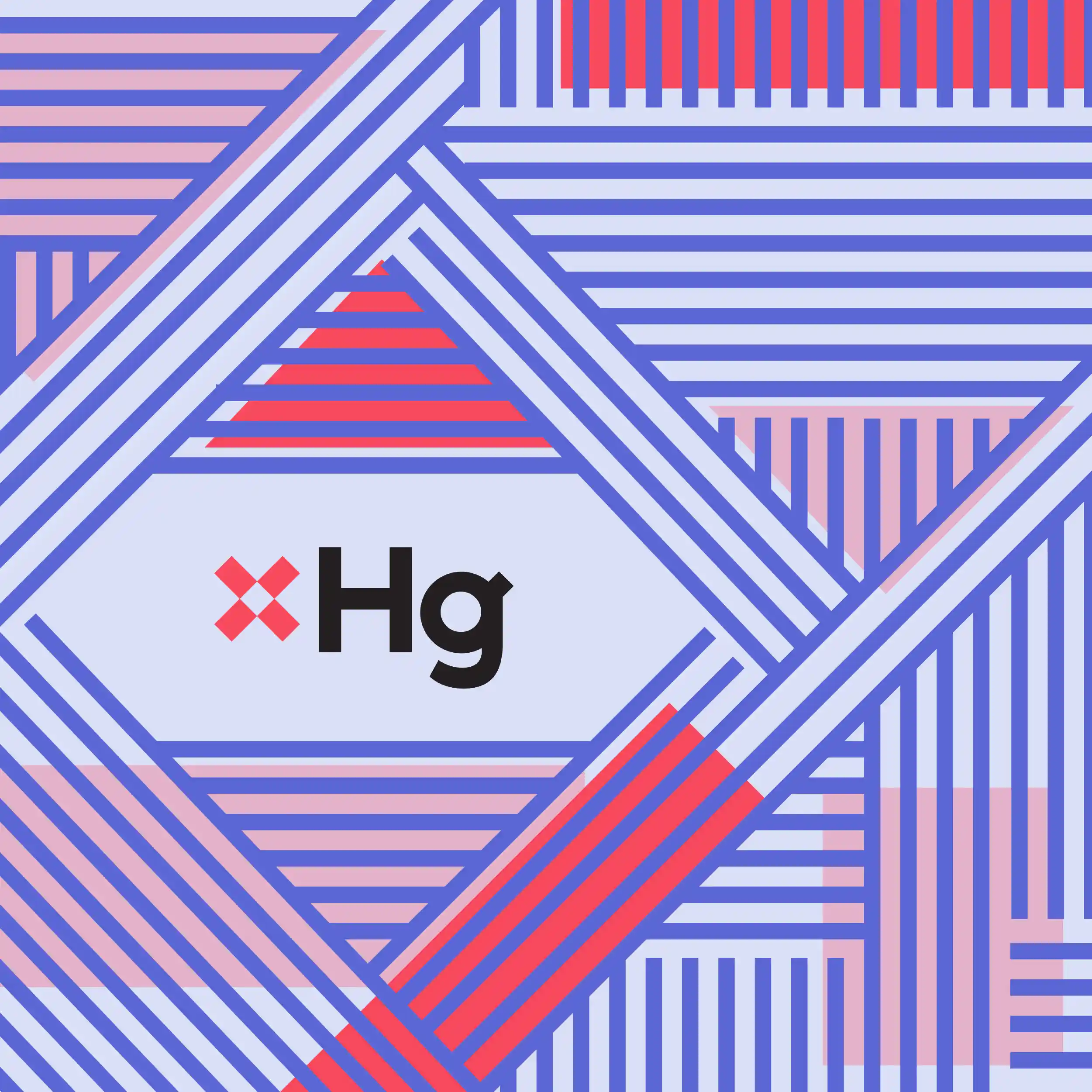
.webp)

